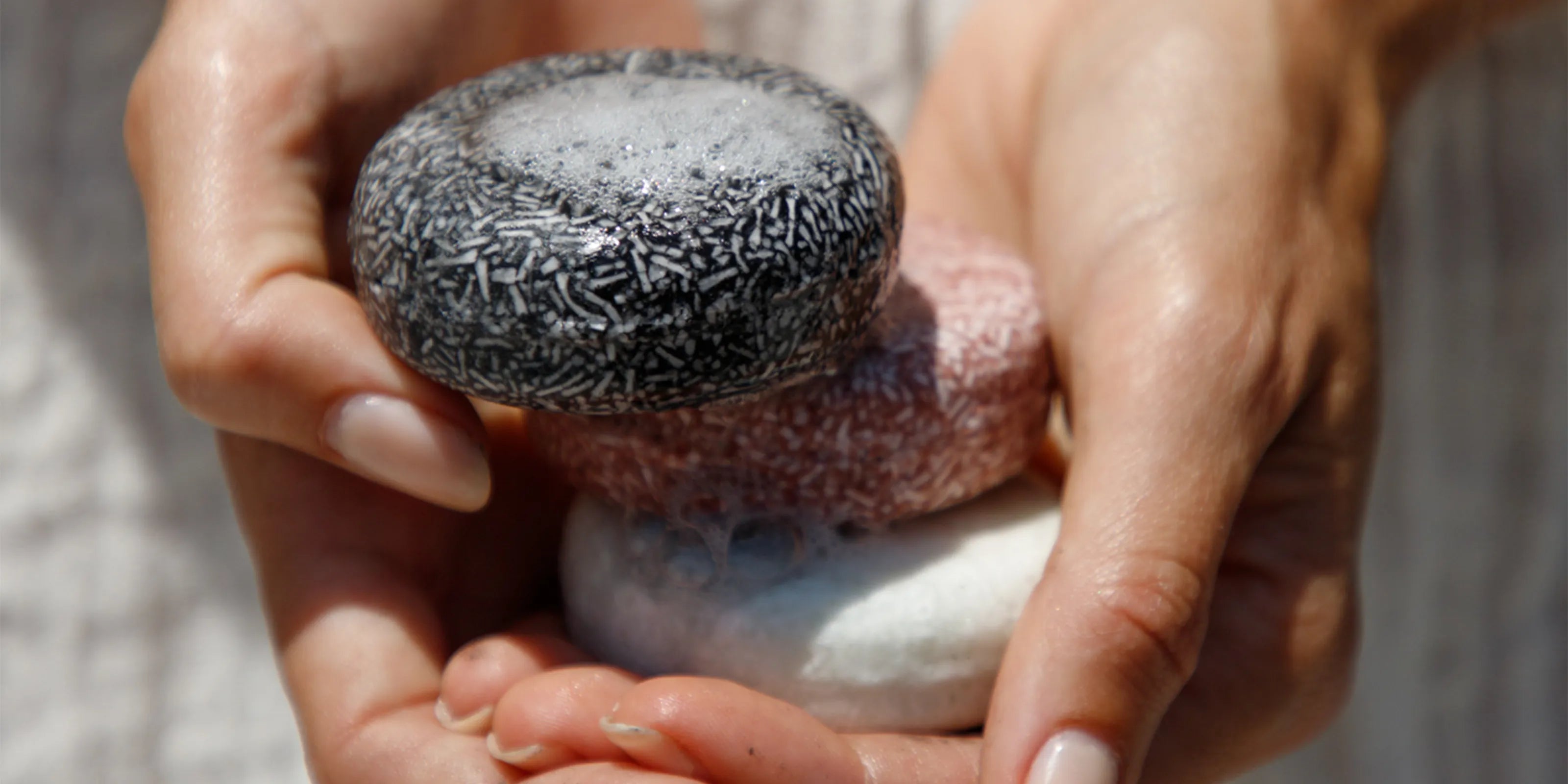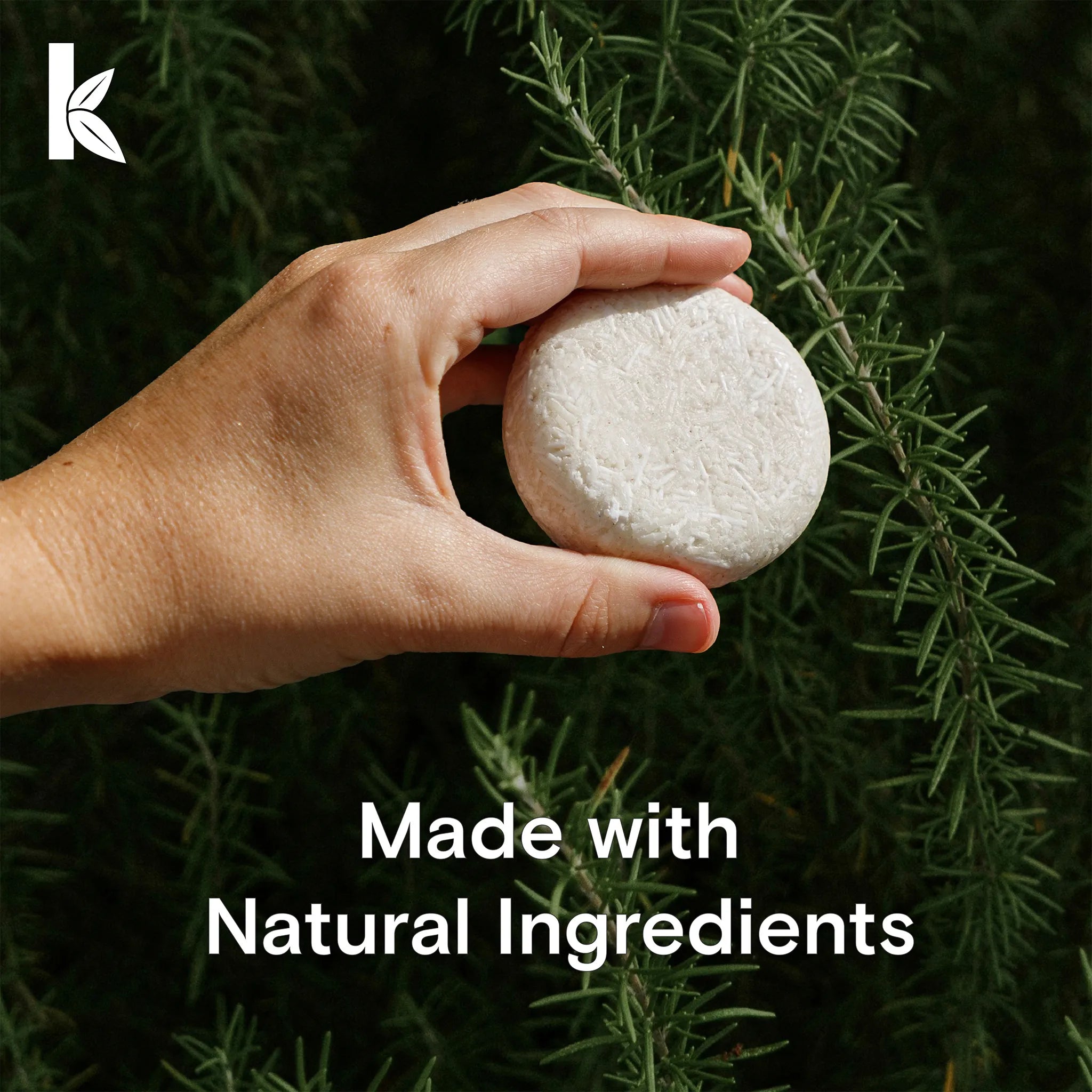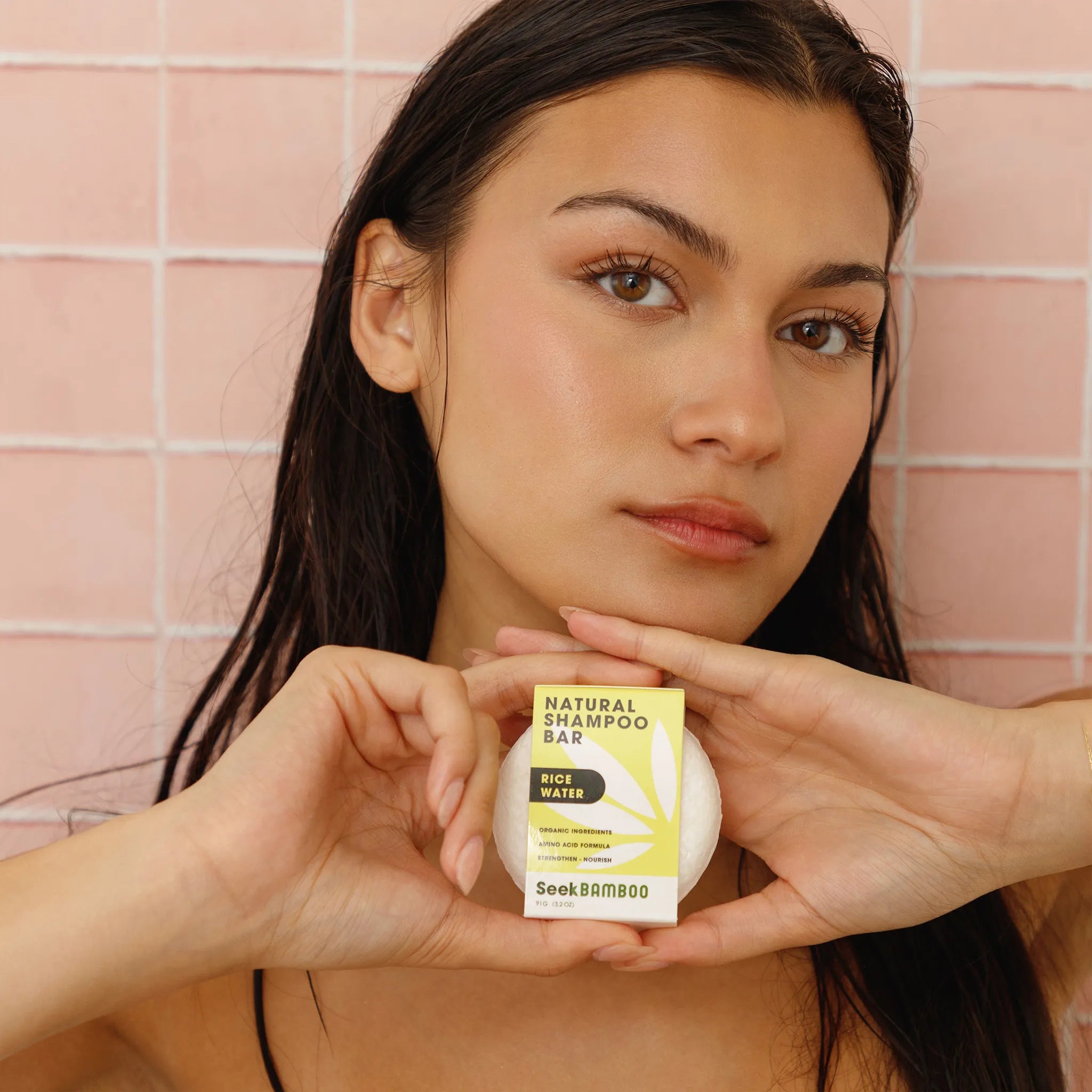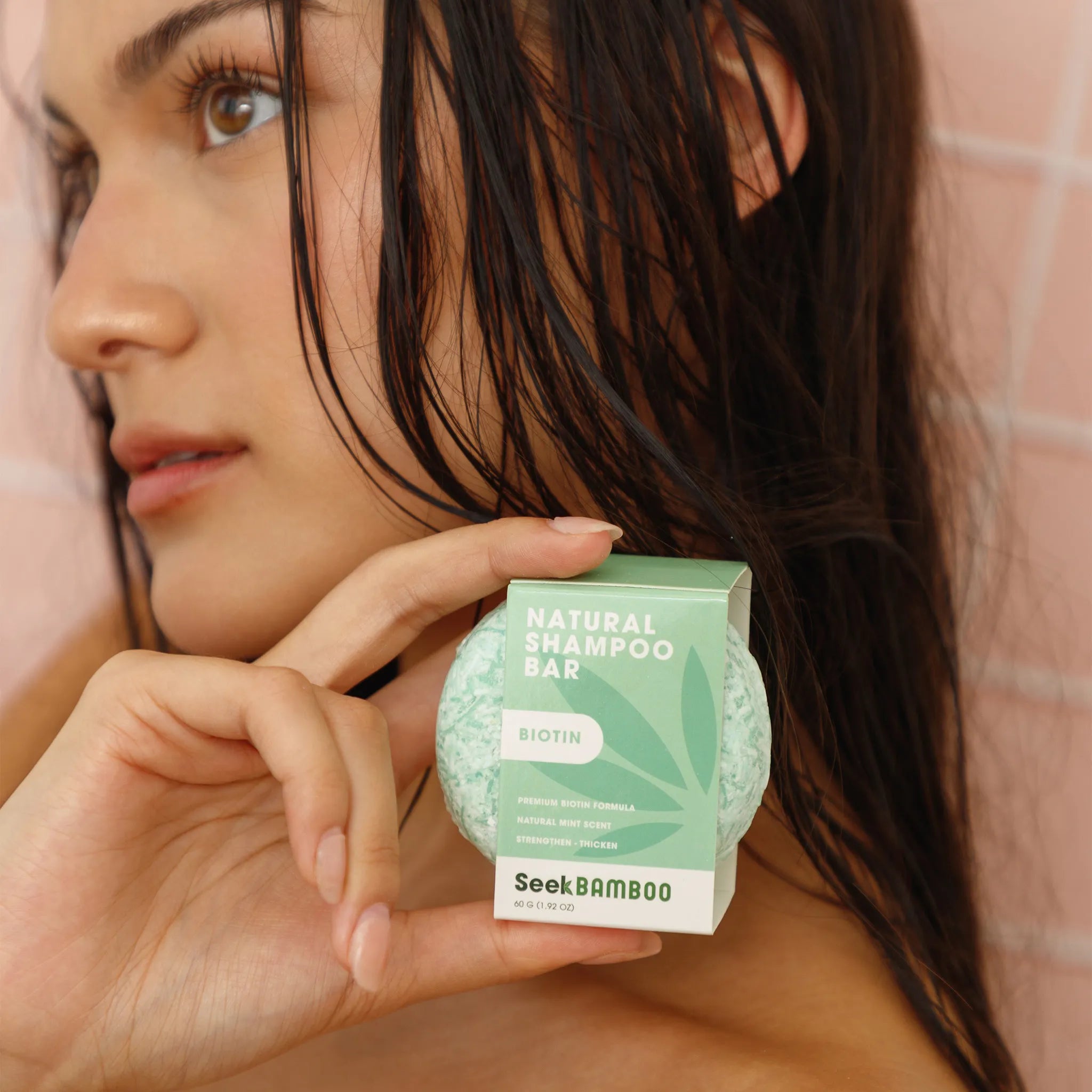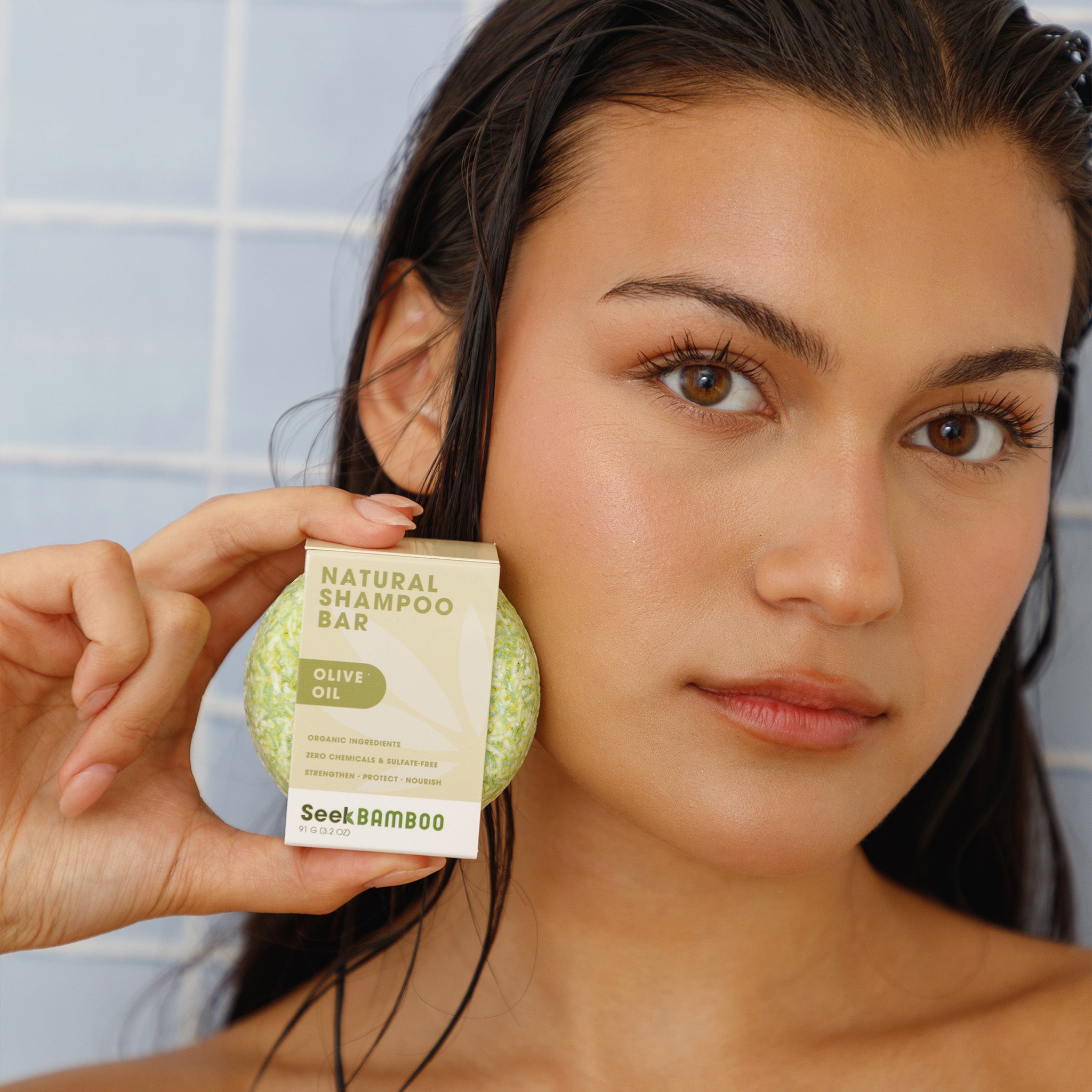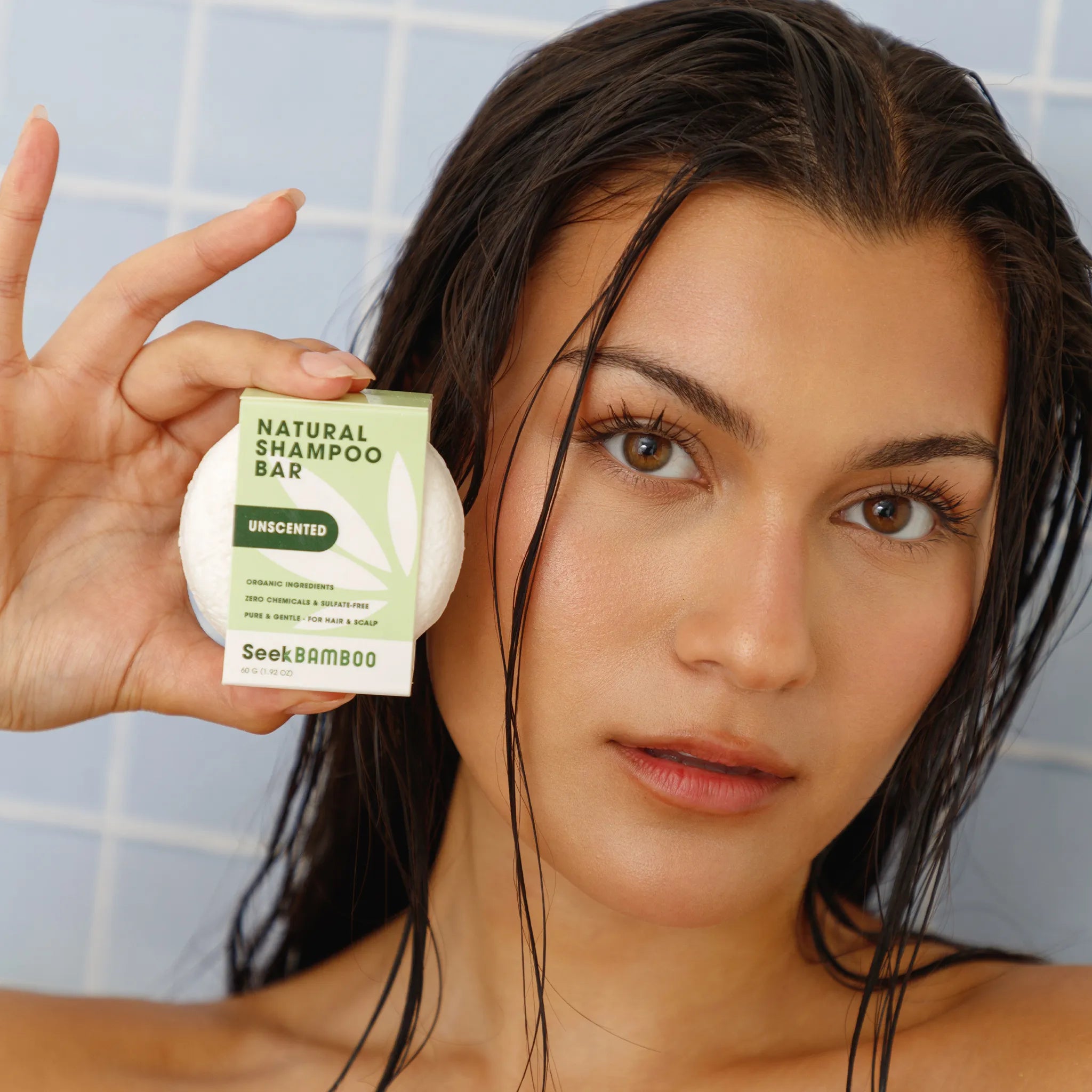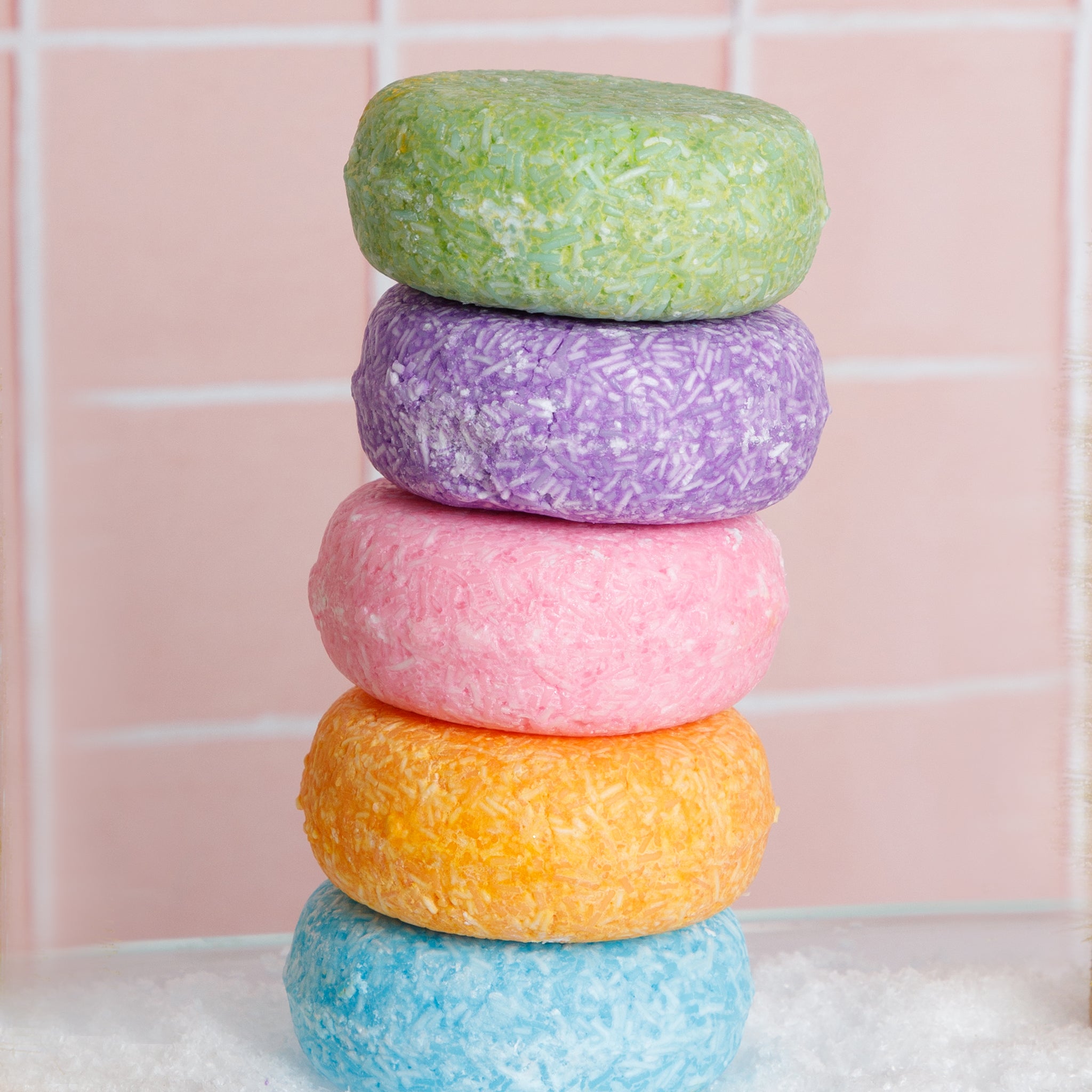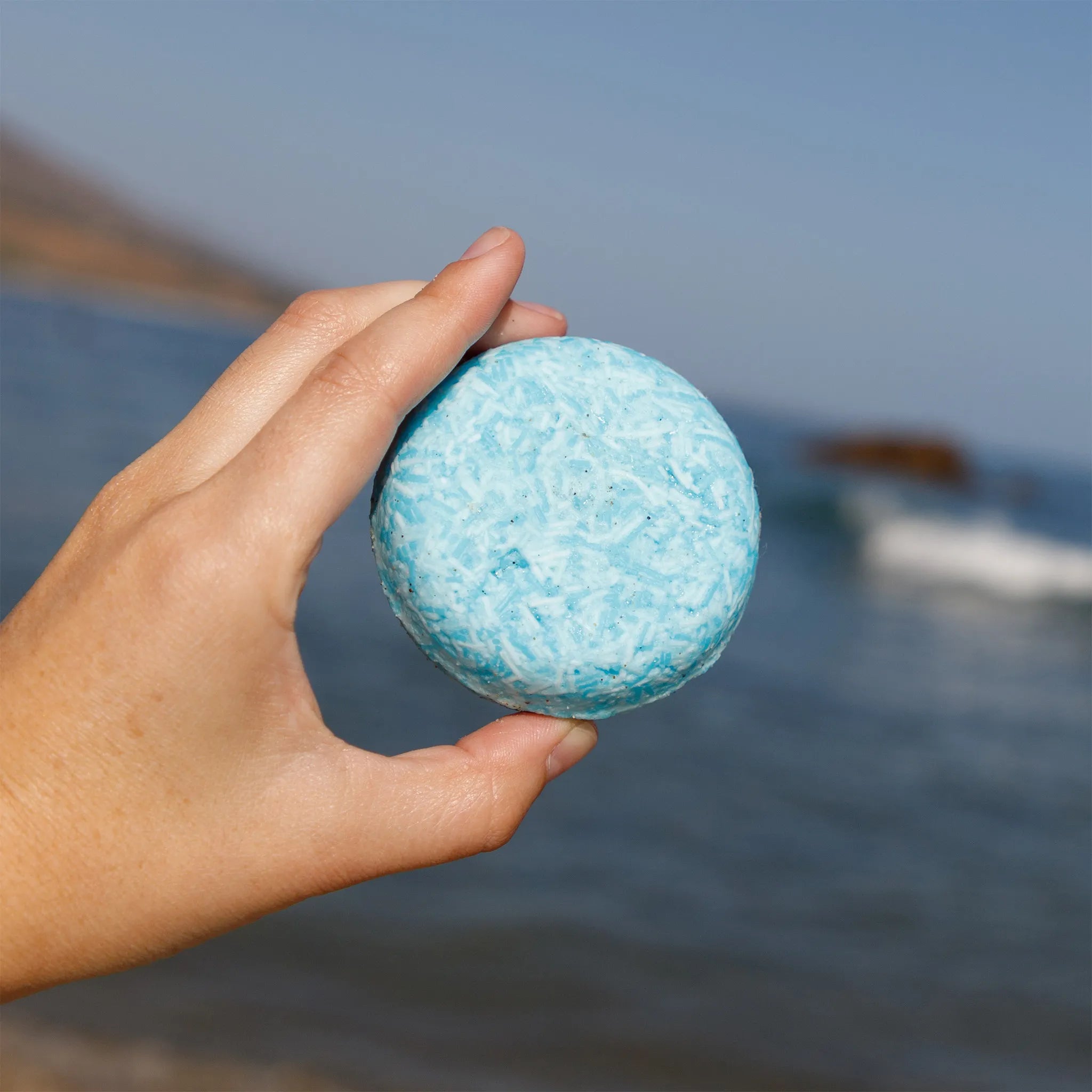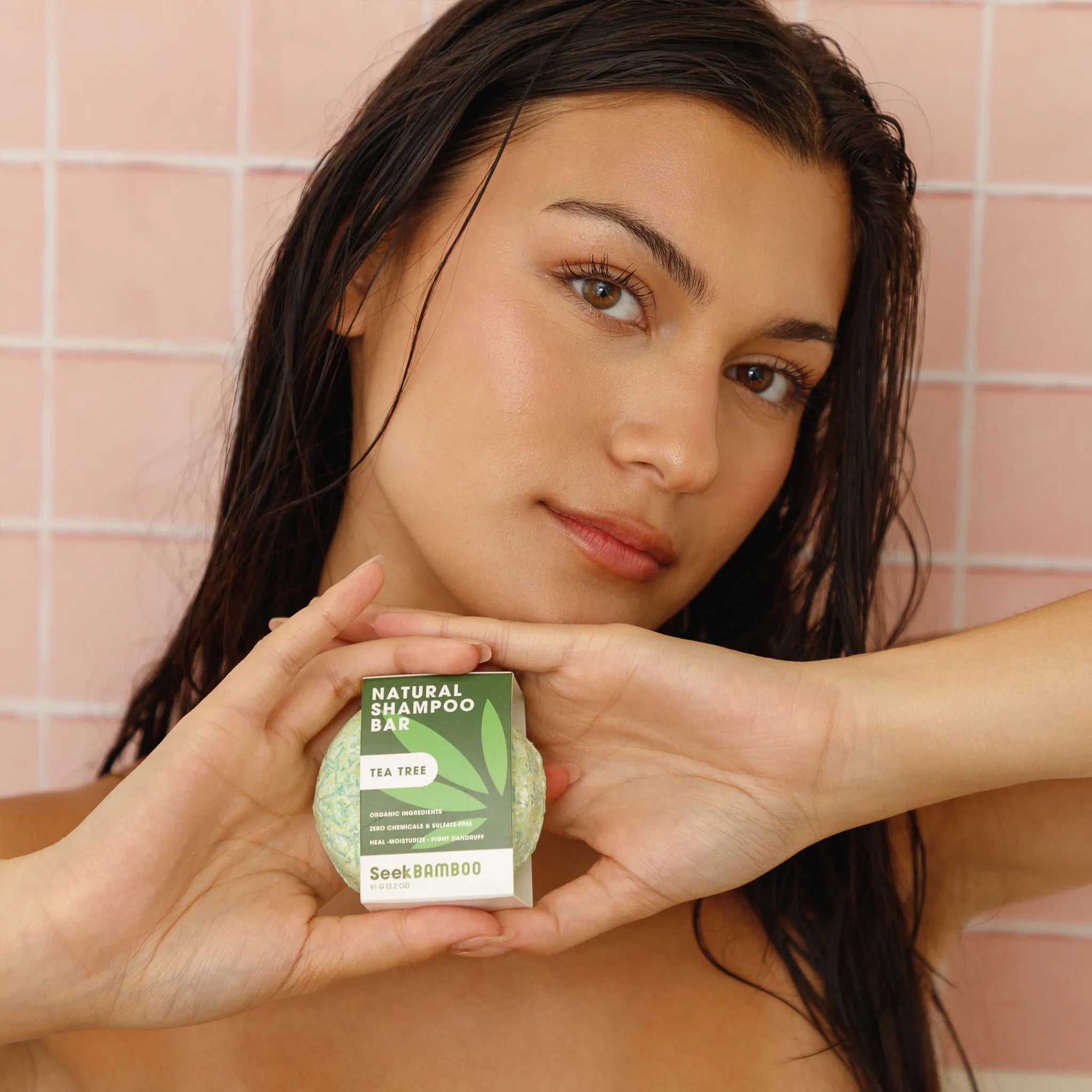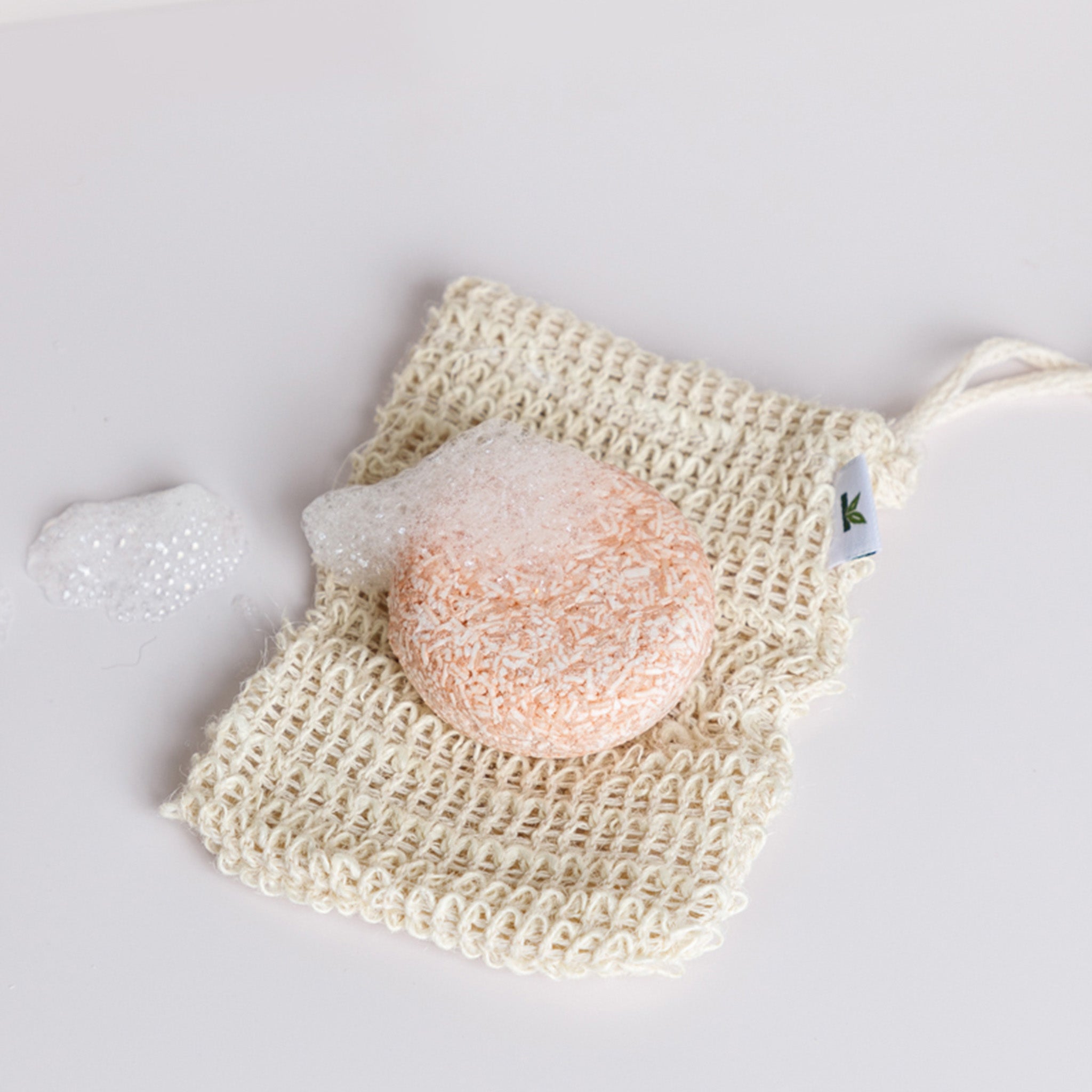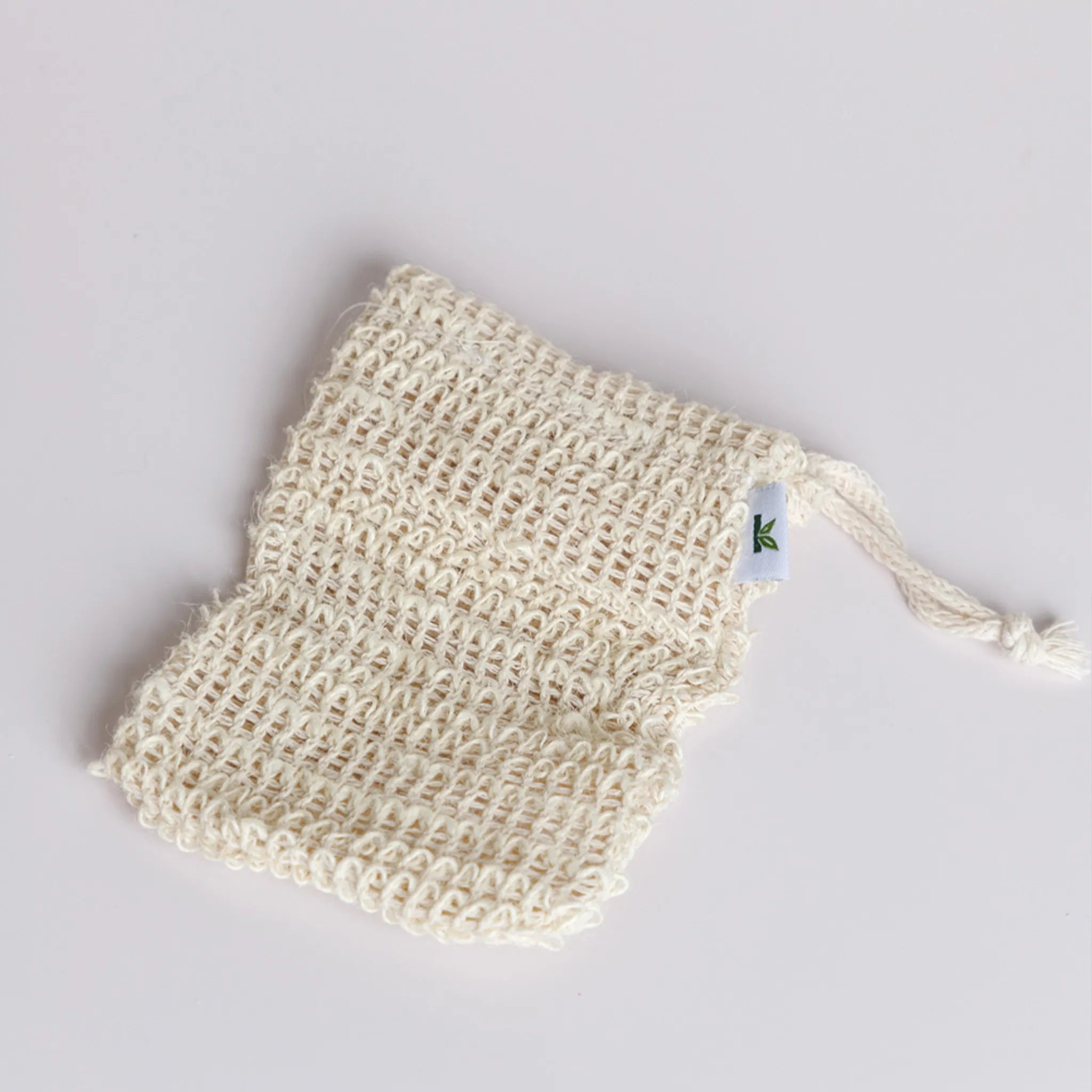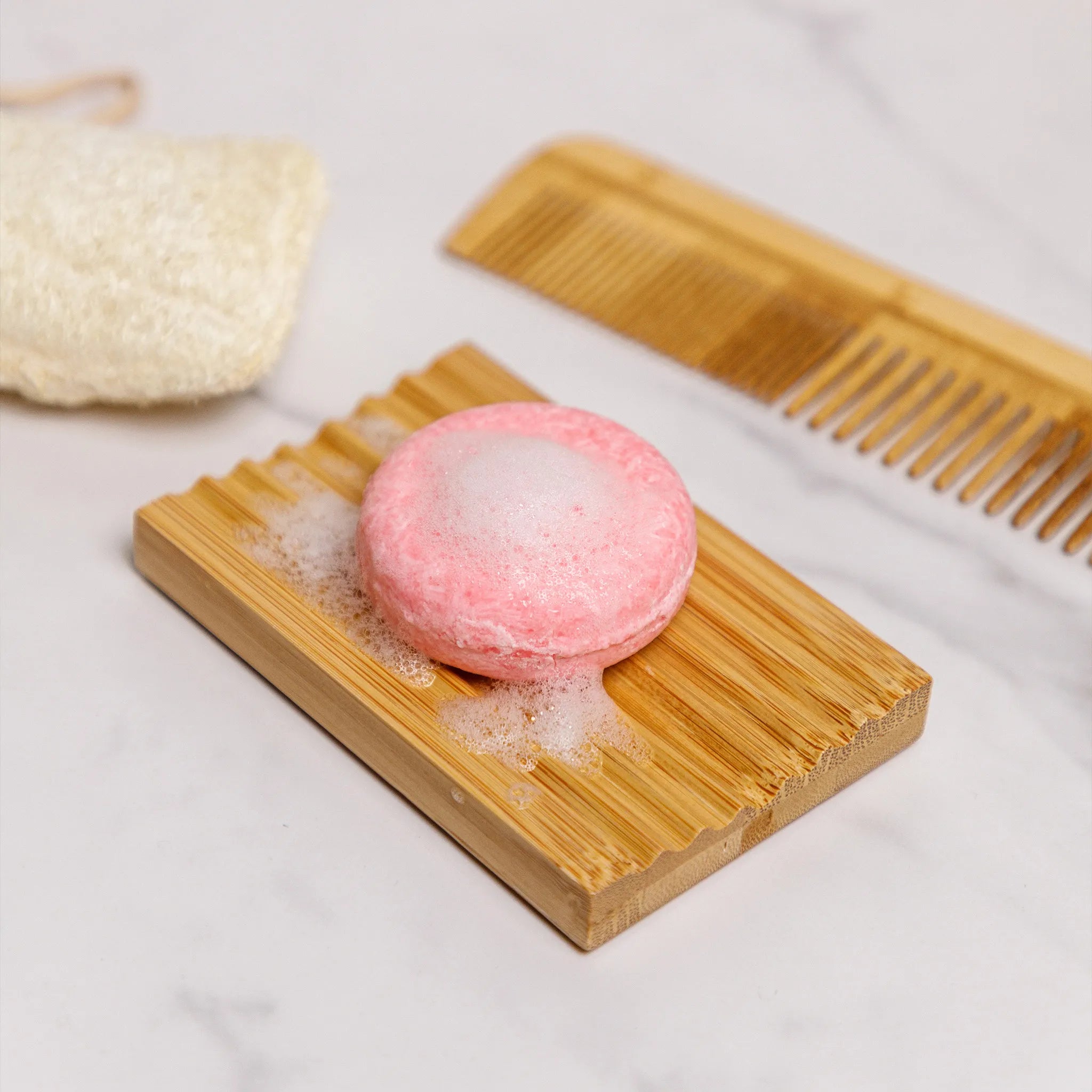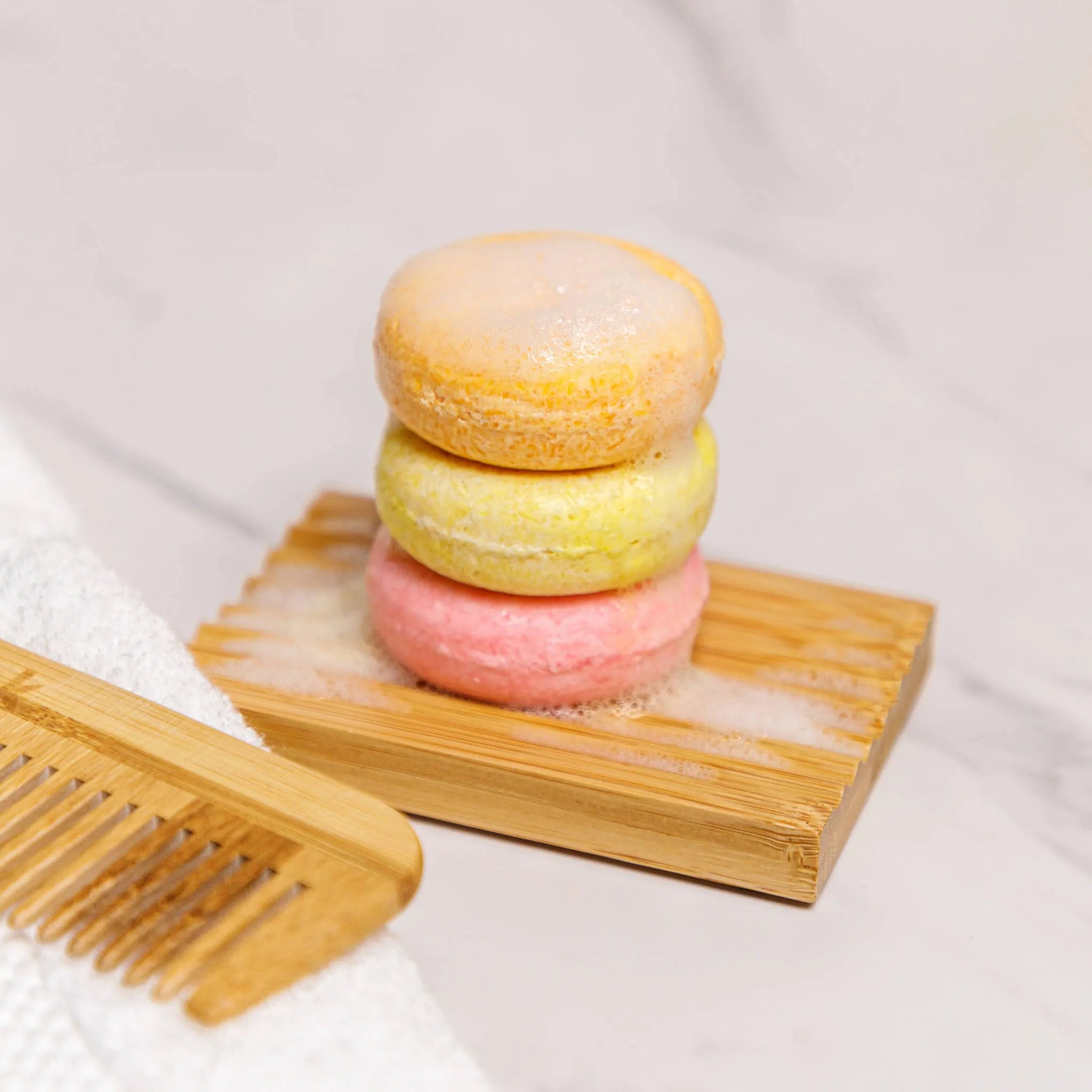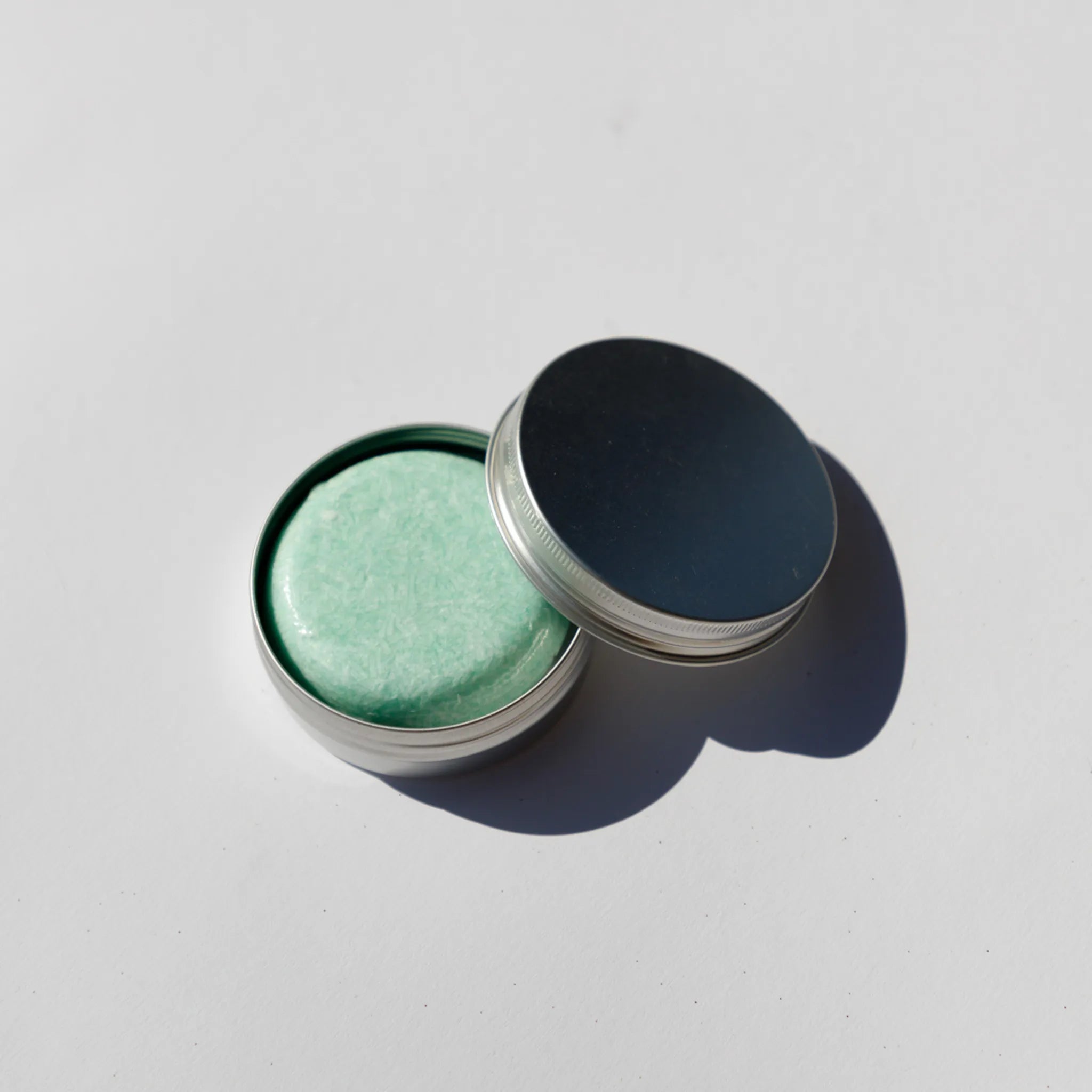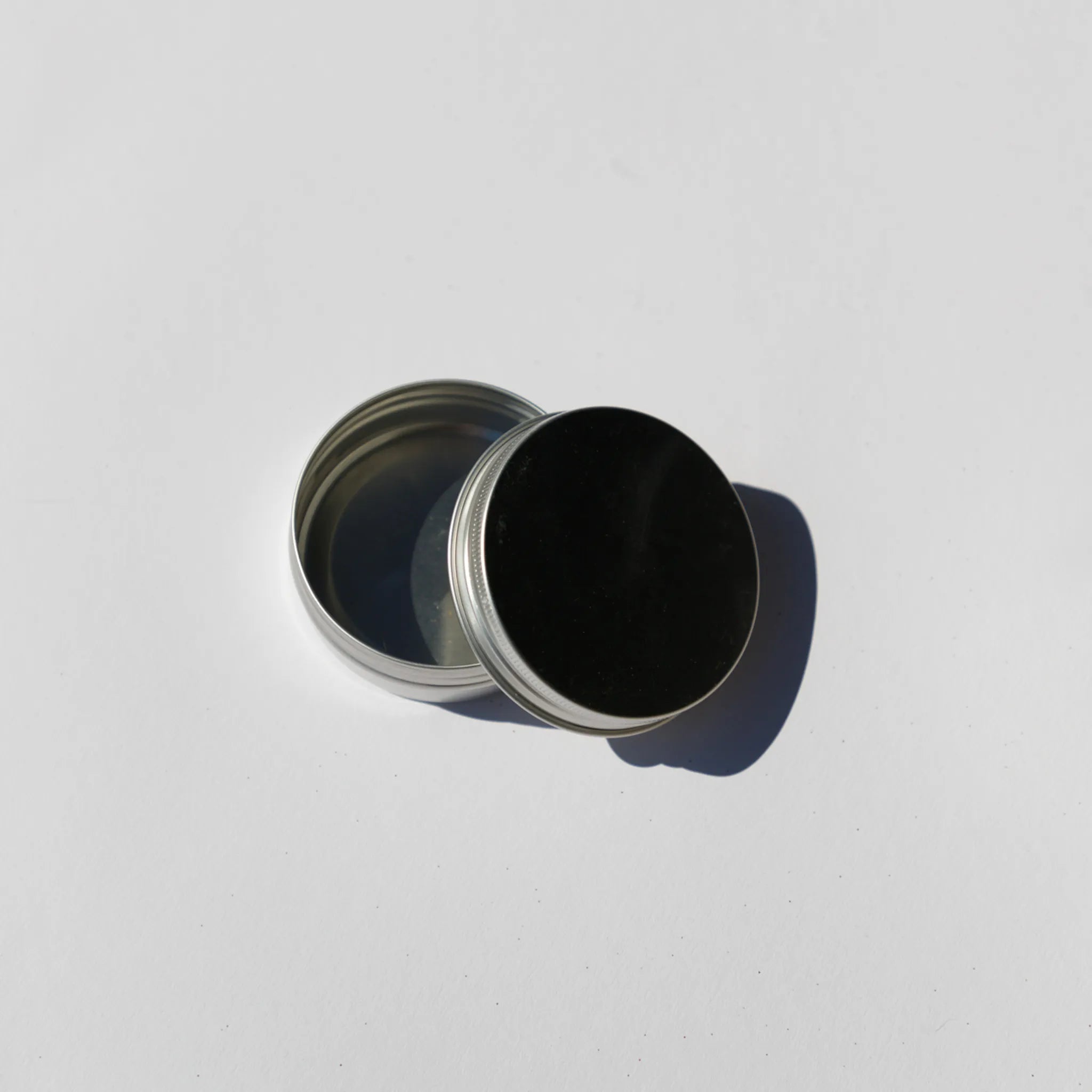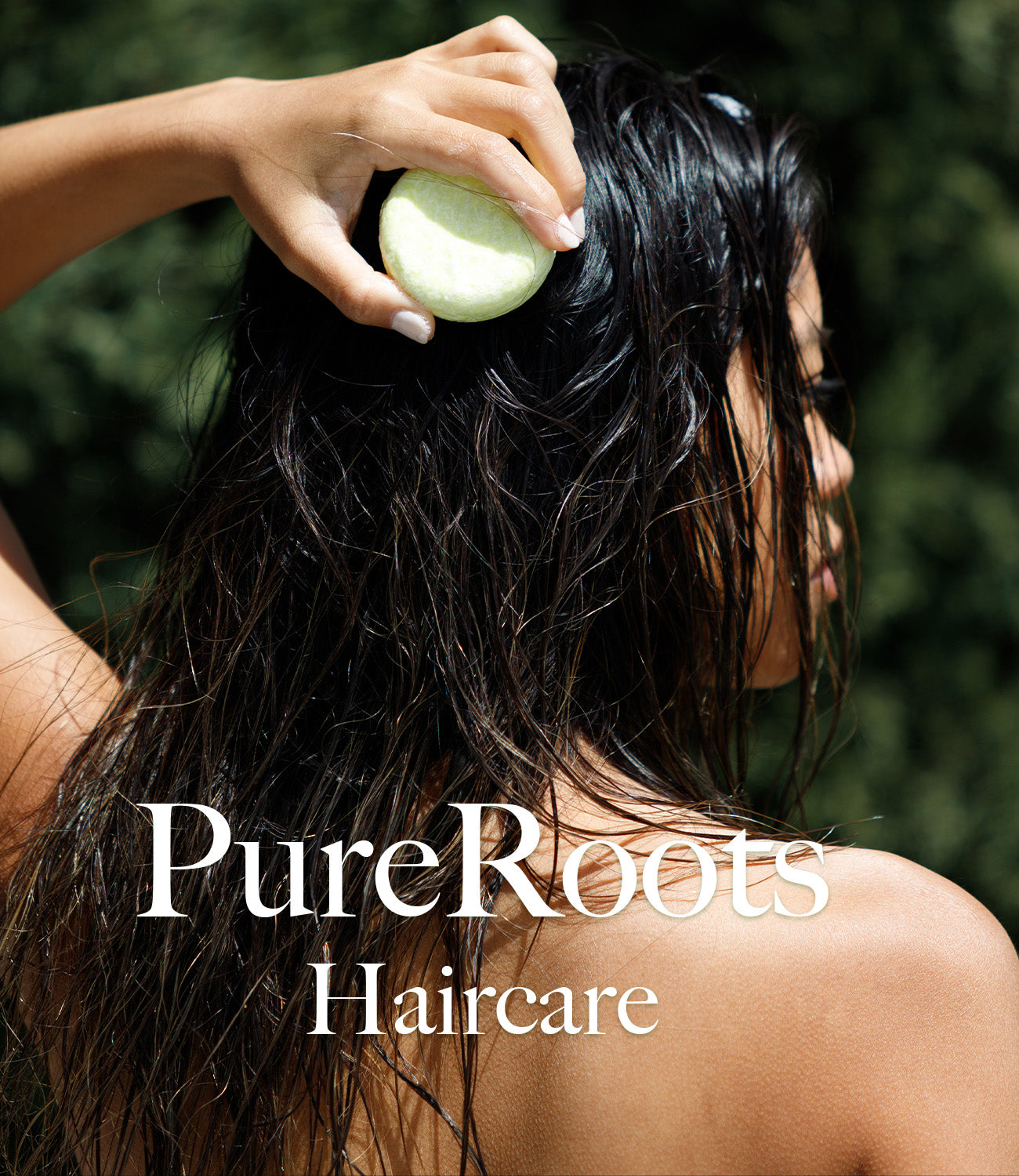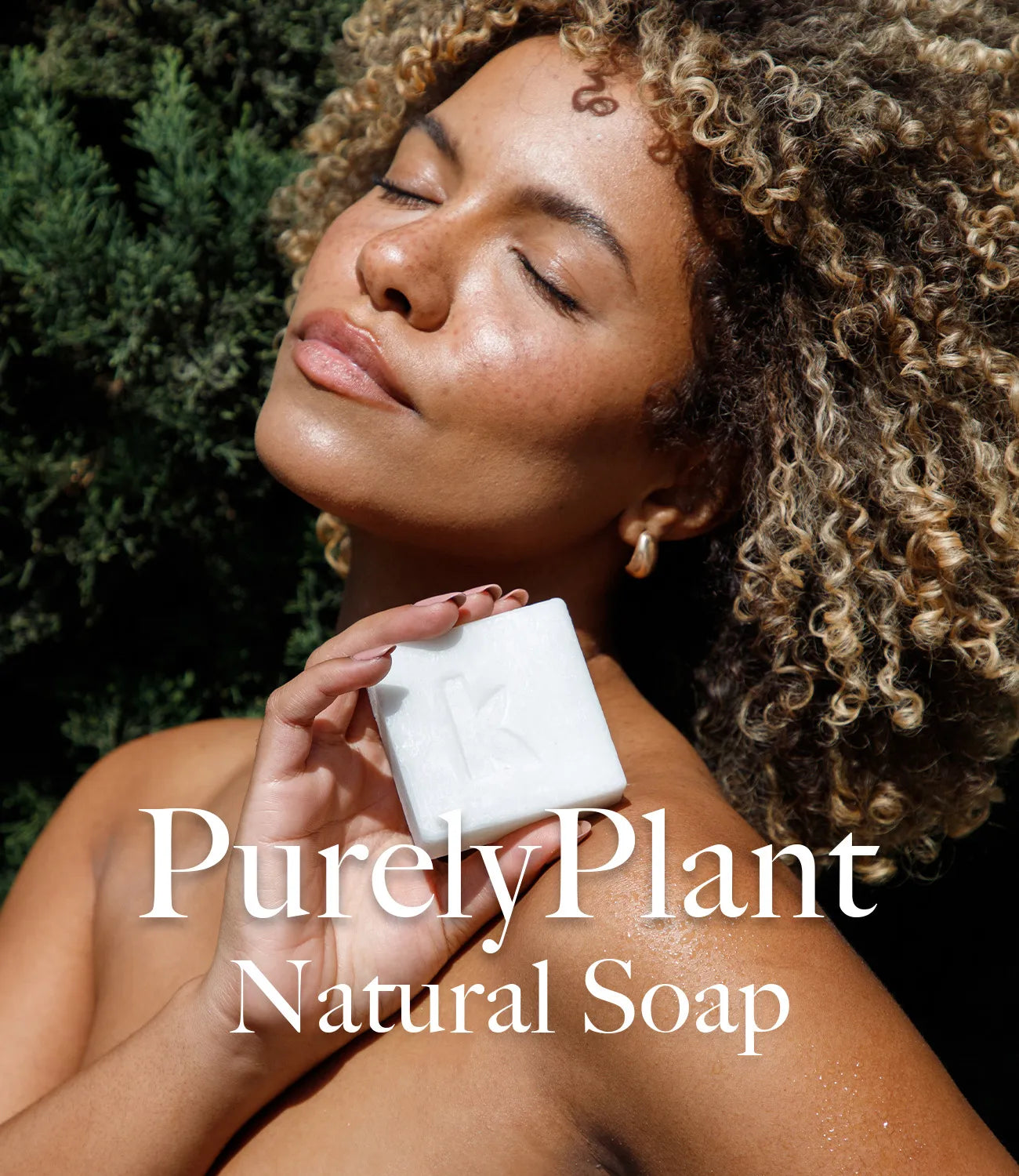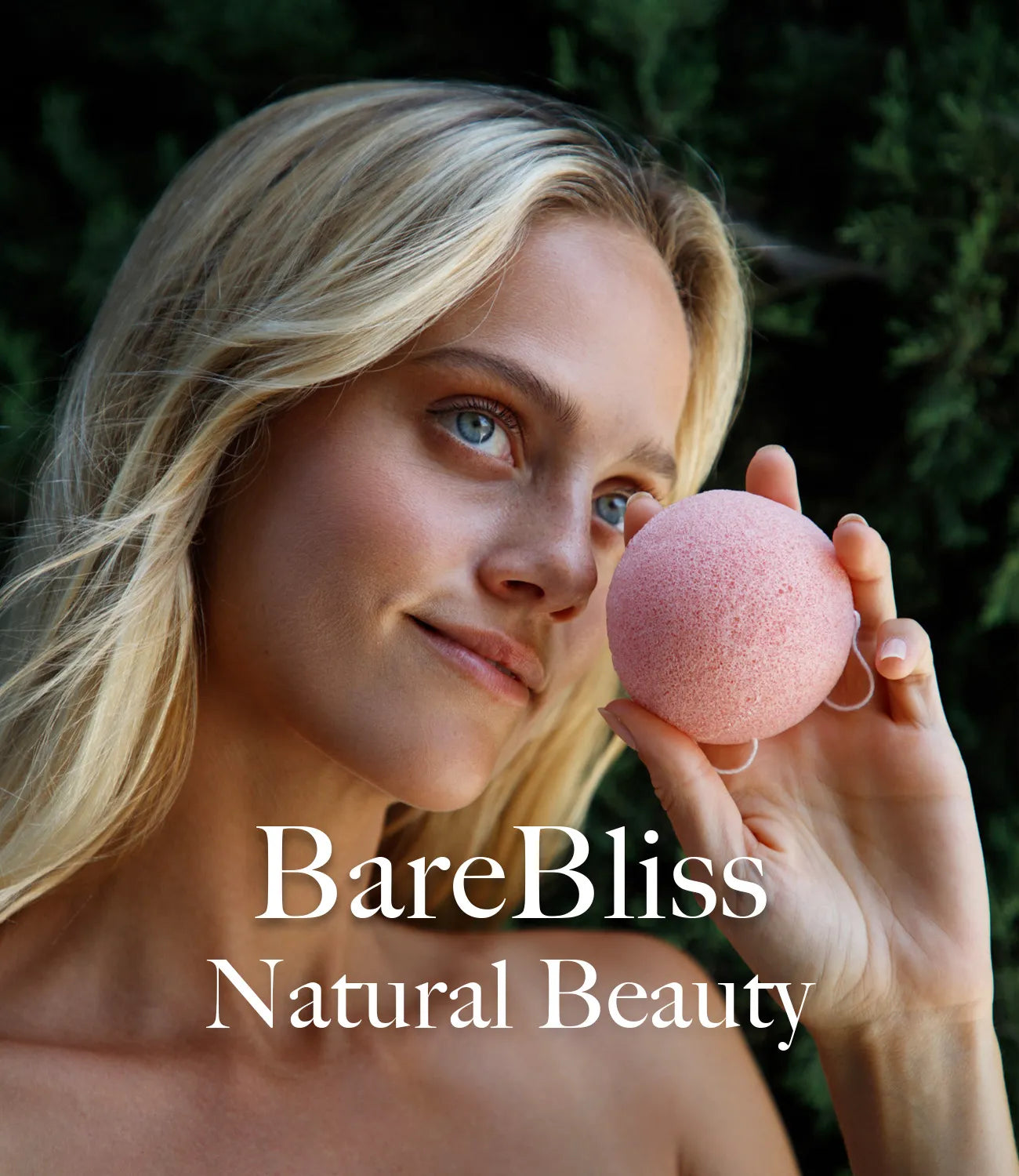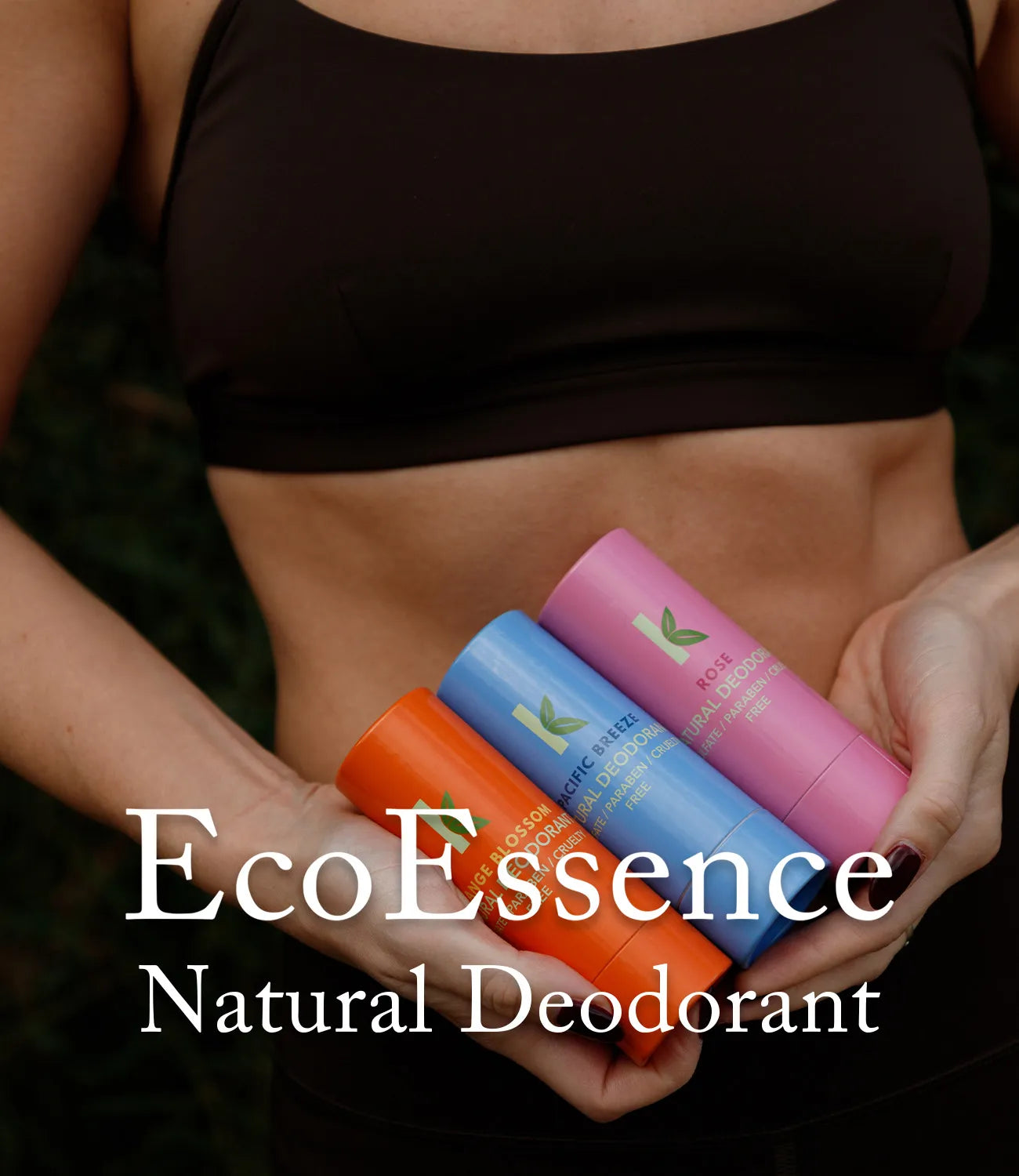Introduction to Jojoba Oil
Jojoba oil has become a popular ingredient in hair care, celebrated for its ability to nourish, hydrate, and protect hair naturally. But what exactly is jojoba oil, and why is it so effective for hair?
Jojoba oil is a liquid wax extracted from the seeds of the jojoba plant (Simmondsia chinensis), a resilient shrub native to the arid regions of North America, particularly in southern California, Arizona, and Mexico. Unlike many plant-based oils, jojoba oil closely resembles the natural sebum produced by our scalp, making it an ideal match for human hair and skin.
The extraction process involves cold pressing the jojoba seeds to retain their nutrients and natural properties. This method ensures that the oil remains rich in essential vitamins like vitamin E, as well as fatty acids and antioxidants, all of which contribute to its nourishing benefits. Its lightweight, non-greasy texture makes it a versatile choice for various hair types and concerns.
Composition of Jojoba Oil
The unique composition of jojoba oil is what makes it such a valuable addition to hair care routines. Unlike other plant oils, jojoba oil is actually a liquid wax ester, closely resembling the natural sebum produced by the scalp. This similarity allows jojoba oil to blend seamlessly with our hair and skin, providing deep nourishment without clogging pores or leaving a greasy residue.
Here’s a closer look at its key nutrients and properties:
Vitamin E
Jojoba oil is rich in vitamin E, a powerful antioxidant that helps protect the scalp and hair from oxidative stress caused by free radicals. This protection can prevent premature hair aging, such as dullness and brittleness, while supporting overall scalp health.
Fatty Acids
It contains beneficial fatty acids, including omega-9 (oleic acid) and omega-6 (linoleic acid). These fatty acids help to moisturize and strengthen the hair shaft, reducing dryness and breakage.
- Minerals
Jojoba oil is packed with essential minerals like zinc and copper, which play a role in promoting healthy hair growth and improving hair structure. - Similarity to Sebum
The wax ester structure of jojoba oil mimics the natural oils produced by the scalp. This means it can regulate oil production, balancing both dry and oily scalps. For those with dry hair, it adds moisture, while for oily hair, it helps control excess sebum production. - Non-Comedogenic and Lightweight
Jojoba oil is non-comedogenic, meaning it won’t clog pores. Its lightweight texture makes it ideal for all hair types, as it doesn’t weigh down fine hair or leave a heavy residue.
This perfect balance of nutrients and properties makes jojoba oil a natural solution for hydrating, protecting, and revitalizing hair.
Benefits of Jojoba Oil for Hair
Jojoba oil has earned its place as a key ingredient in natural hair care due to its exceptional ability to nourish and protect both hair and scalp. Here’s how jojoba oil can transform your hair, especially when used in natural shampoo bars:
Hydration and Moisture Retention
Jojoba oil’s unique molecular structure allows it to mimic the natural oils produced by your scalp, making it one of the best natural moisturizers for hair. It penetrates deeply into the hair shaft to lock in moisture, helping to reduce dryness and frizz. This hydration leaves your hair soft, manageable, and less prone to split ends.
- In Shampoo Bars: Incorporating jojoba oil in natural shampoo bars ensures your hair gets the hydration it needs with every wash. The bar gently cleanses while leaving hair moisturized and healthy.
Scalp Health Benefits
- Reducing Dandruff: Jojoba oil’s antimicrobial properties can help alleviate dandruff by targeting the root causes, such as fungal overgrowth or a dry scalp.
- Soothing Irritation: Its anti-inflammatory properties make it an excellent choice for soothing an itchy or sensitive scalp. Jojoba oil balances scalp health, preventing discomfort and promoting a healthier environment for hair growth.
- In Shampoo Bars: Natural shampoo bars with jojoba oil cleanse without stripping the scalp of essential oils, keeping it calm and balanced.
Strengthening Hair and Reducing Breakage
Jojoba oil is rich in essential fatty acids that strengthen the hair cuticle and prevent breakage. By reinforcing the hair’s natural structure, it protects against damage caused by heat styling, environmental stressors, and over-washing.
- In Shampoo Bars: Using a shampoo bar infused with jojoba oil provides consistent strengthening benefits, ensuring hair stays resilient and healthy with every use.
Promoting Hair Shine and Softness
Jojoba oil smooths the hair cuticle, creating a sleek surface that reflects light and enhances shine. It also adds a natural softness to hair, leaving it feeling silky without weighing it down.
- In Shampoo Bars: The presence of jojoba oil in natural shampoo bars ensures your hair is left shiny and soft after each wash, without the need for synthetic silicones or heavy conditioners.
Potential for Improving Hair Growth
While jojoba oil doesn’t directly stimulate hair follicles, its ability to maintain a healthy scalp environment can indirectly promote stronger and thicker hair growth. By unclogging hair follicles, balancing oil production, and soothing scalp irritation, it supports the growth of healthier hair over time.
- In Shampoo Bars: Jojoba oil in shampoo bars offers a consistent way to create the optimal scalp environment for hair growth, making it a natural and effective choice for long-term hair health.
How to Use Jojoba Oil for Hair
Jojoba oil is a versatile ingredient that can be used in various ways to nourish and care for your hair. Whether applied directly or incorporated into natural shampoo bars, it provides hydration, promotes scalp health, and enhances hair texture. Here’s how you can use jojoba oil effectively:
As a Pre-Shampoo Treatment
Jojoba oil can be used as a deep-conditioning treatment before washing your hair.
Warm a small amount of jojoba oil and apply it evenly to your scalp and hair, focusing on dry or damaged ends.
Leave it on for 15-30 minutes to allow the nutrients to penetrate the hair shaft and hydrate the scalp.
Wash your hair with a natural shampoo bar infused with jojoba oil to lock in moisture while gently cleansing.
Tip: Pre-shampoo treatments are ideal for those with dry or damaged hair, as they provide an extra boost of hydration.
Mixing with Shampoo or Conditioner
Jojoba oil can enhance the moisturizing effects of your hair care routine when mixed with your products.
Add a few drops of jojoba oil to your natural shampoo bar lather or your conditioner.
Work it into your hair and scalp, letting the jojoba oil boost hydration and shine while you wash.
Rinse thoroughly for soft, nourished hair.
Why Shampoo Bars with Jojoba Oil Are Convenient:
By using a natural shampoo bar already enriched with jojoba oil, you save time and enjoy the full benefits of this amazing ingredient without the need for extra steps.
As a Leave-In Treatment or Scalp Massage Oil
Jojoba oil works wonderfully as a leave-in treatment to tame frizz, add shine, and protect your hair.
Apply a few drops of jojoba oil to your palms, rub them together, and smooth it onto damp or dry hair, concentrating on the ends.
For scalp care, use jojoba oil as a massage treatment to stimulate blood circulation, reduce dryness, and soothe irritation.
After massaging, wash your hair with a natural shampoo bar to remove any excess oil while leaving your hair soft and balanced.
Why Choose Shampoo Bars with Jojoba Oil:
If you're looking for a simpler routine, shampoo bars containing jojoba oil provide all these benefits in one product. They hydrate, cleanse, and nourish without requiring additional treatments, making them a perfect solution for busy lifestyles or eco-conscious consumers.
Comparison to Other Oils
While there are many oils used in hair care, each has unique properties and benefits. Jojoba oil stands out because of its distinct composition and versatility. Here’s a comparison of jojoba oil with other popular oils like coconut oil, argan oil, and castor oil:
Jojoba Oil vs. Coconut Oil
- Composition: Jojoba oil is a liquid wax ester, closely resembling sebum (the natural oil of the scalp), while coconut oil is a triglyceride (fat). This makes jojoba oil more lightweight and less likely to feel greasy.
- Hydration: Jojoba oil penetrates deeply without clogging pores, making it ideal for all hair types, including oily hair. Coconut oil is heavier and can sometimes cause buildup, especially for fine hair.
- Scalp Care: Jojoba oil is better suited for balancing oil production and soothing irritation. Coconut oil has strong antibacterial properties but may not be as effective for sensitive scalps.
- Use in Shampoo Bars: Jojoba oil’s compatibility with natural sebum makes it a key ingredient in balancing shampoo bars, providing hydration without weighing hair down.
- Jojoba Oil vs. Argan Oil
- Origin: Jojoba oil is derived from the seeds of the jojoba plant, while argan oil comes from the kernels of the argan tree. Both are rich in nutrients, but their compositions differ.
- Lightweight Nature: Jojoba oil is lighter and more easily absorbed, making it suitable for daily use and for all hair types, including oily hair. Argan oil is slightly heavier, better suited for dry or coarse hair.
- Shine and Softness: While both oils promote shine, jojoba oil is better for balancing oil levels in the scalp, whereas argan oil is often used for deep conditioning.
- Use in Shampoo Bars: Jojoba oil is ideal for shampoo bars designed for balancing and scalp health, while argan oil is more often found in products for intense hydration.
- Jojoba Oil vs. Castor Oil
- Consistency: Jojoba oil is lightweight and non-greasy, whereas castor oil is thick and sticky, making it more challenging to apply.
- Hair Growth: Castor oil is often touted for promoting hair growth due to its ricinoleic acid content, but it can be heavy and hard to rinse out. Jojoba oil supports growth indirectly by maintaining a healthy scalp environment.
- Scalp Benefits: Jojoba oil’s soothing and balancing properties are better suited for oily or sensitive scalps, while castor oil is more effective for targeting dryness and repairing damage.
- Use in Shampoo Bars: Jojoba oil’s lightweight texture and versatility make it a perfect fit for shampoo bars aimed at cleansing and nourishing. Castor oil is more often used in conditioners or treatments for dry or damaged hair.
Why Jojoba Oil Stands Out
Jojoba oil’s similarity to natural sebum, lightweight texture, and versatility make it an all-around winner in hair care. It works for all hair types, balances scalp health, and is easy to use in products like natural shampoo bars. While other oils have their benefits, jojoba oil offers a unique combination of hydration, nourishment, and scalp balance that’s hard to match.
Transform Your Hair Naturally with Jojoba Oil
Jojoba oil’s unique properties make it a standout ingredient in natural hair care. From its ability to mimic natural sebum to its hydrating and restorative benefits, it’s a natural solution for healthy, vibrant hair. Try incorporating jojoba oil into your routine with products like shampoo bars to experience its full potential. Your hair—and the environment—will thank you.
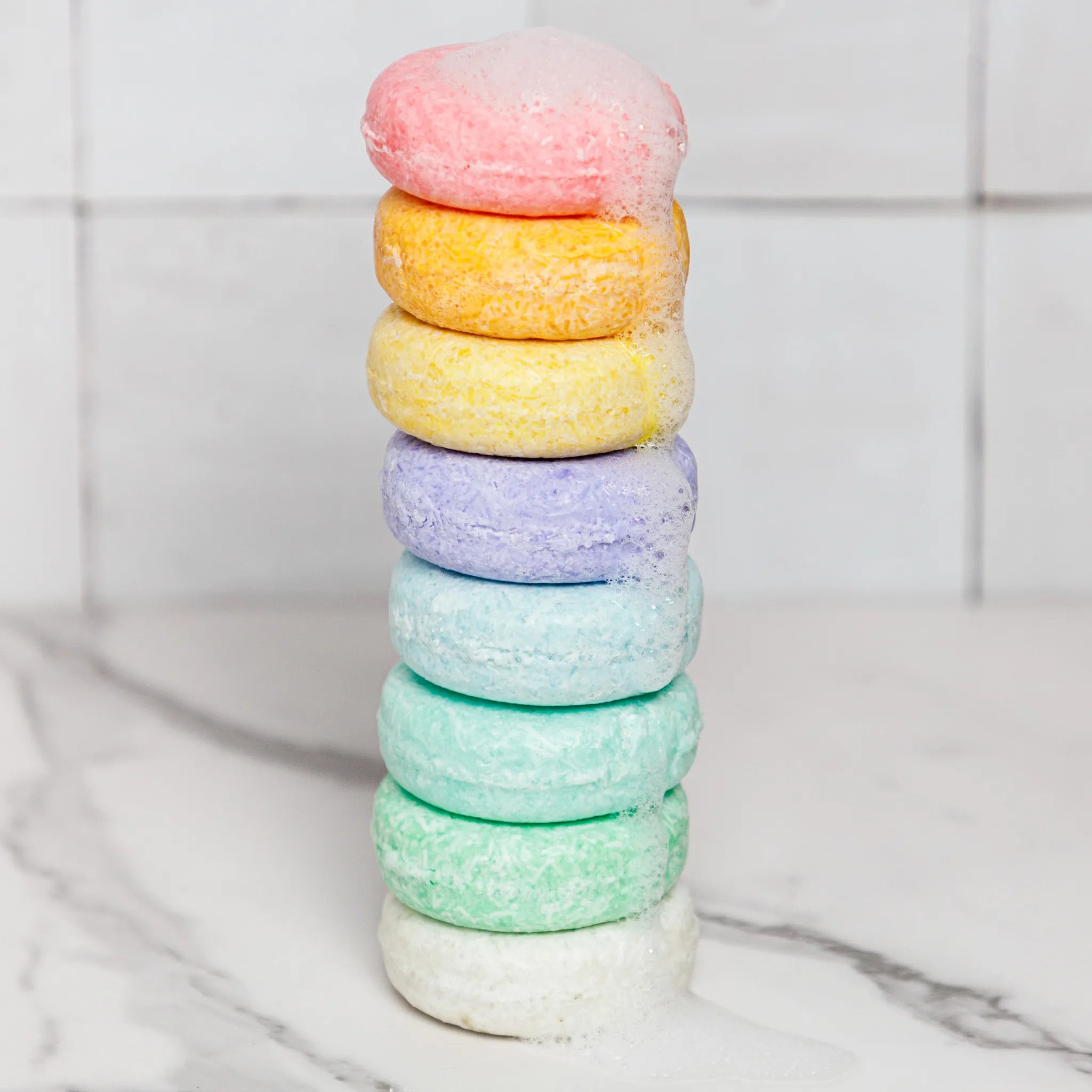
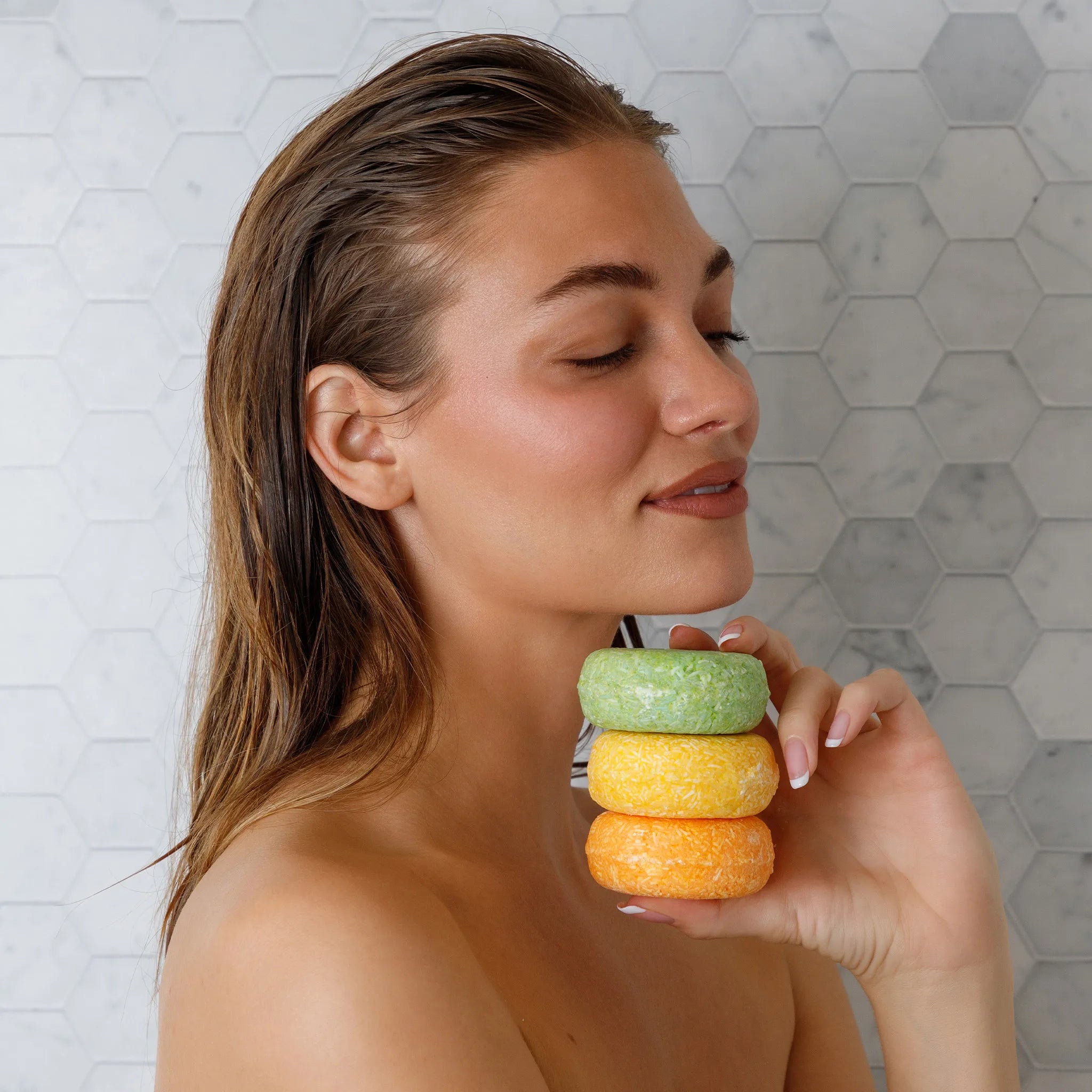
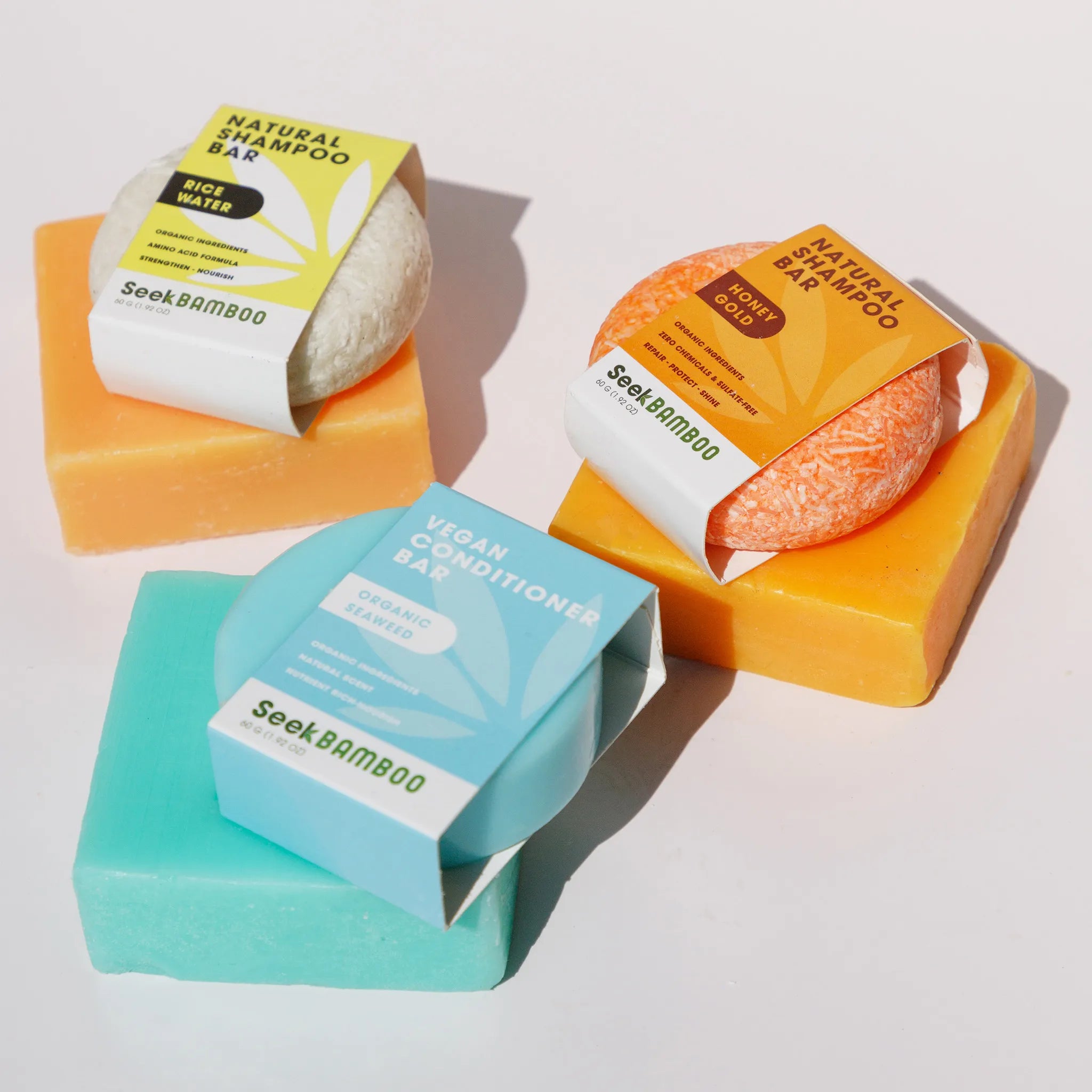
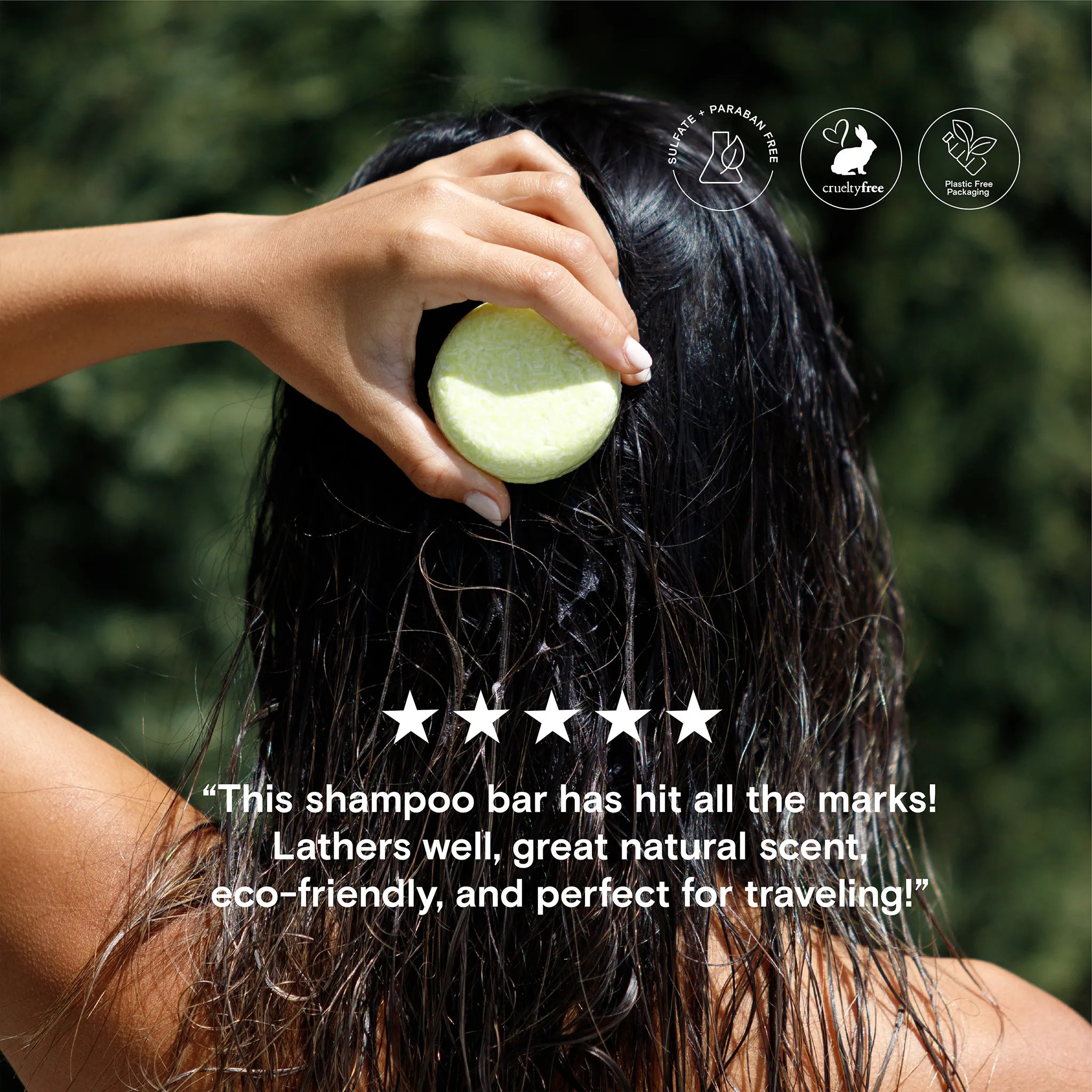

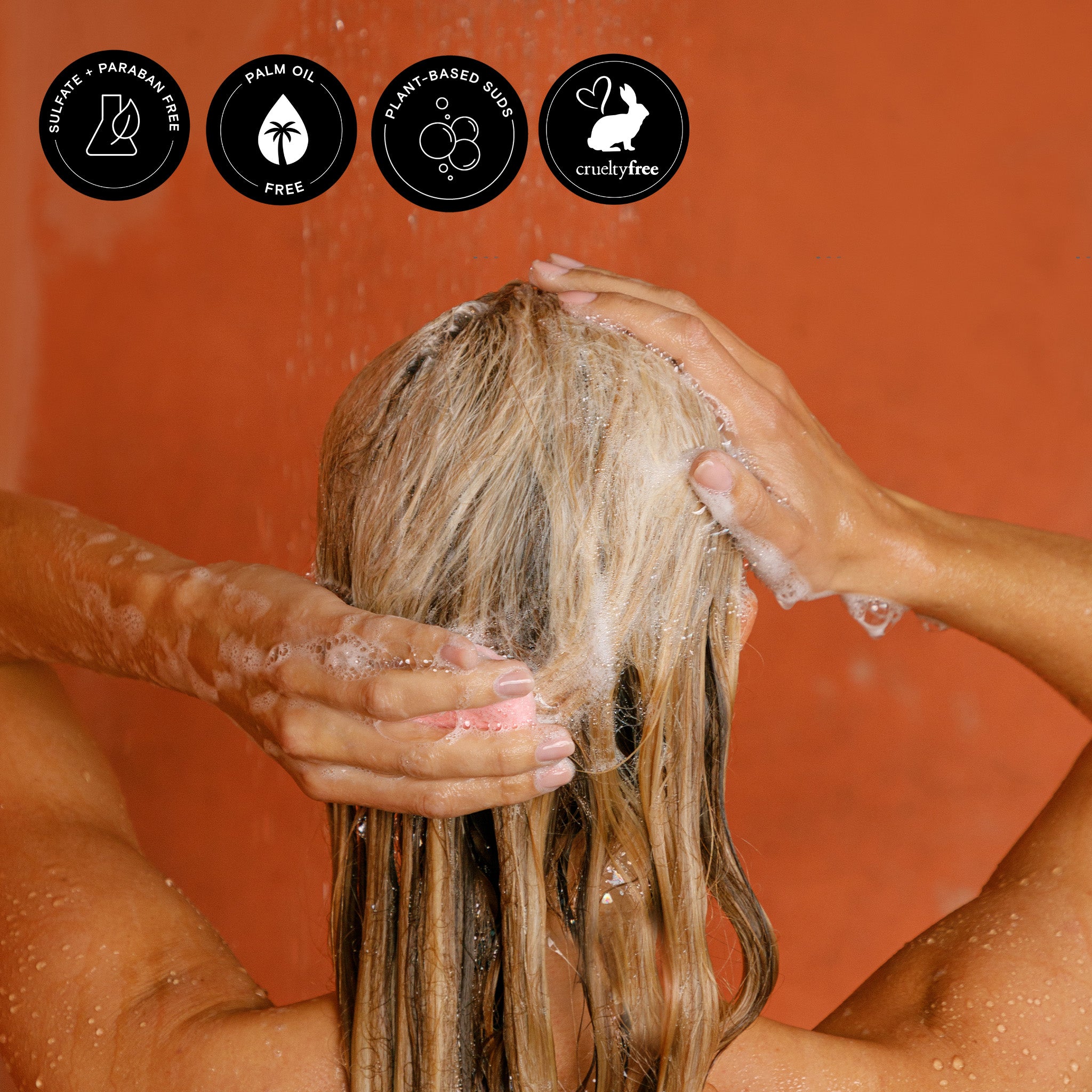
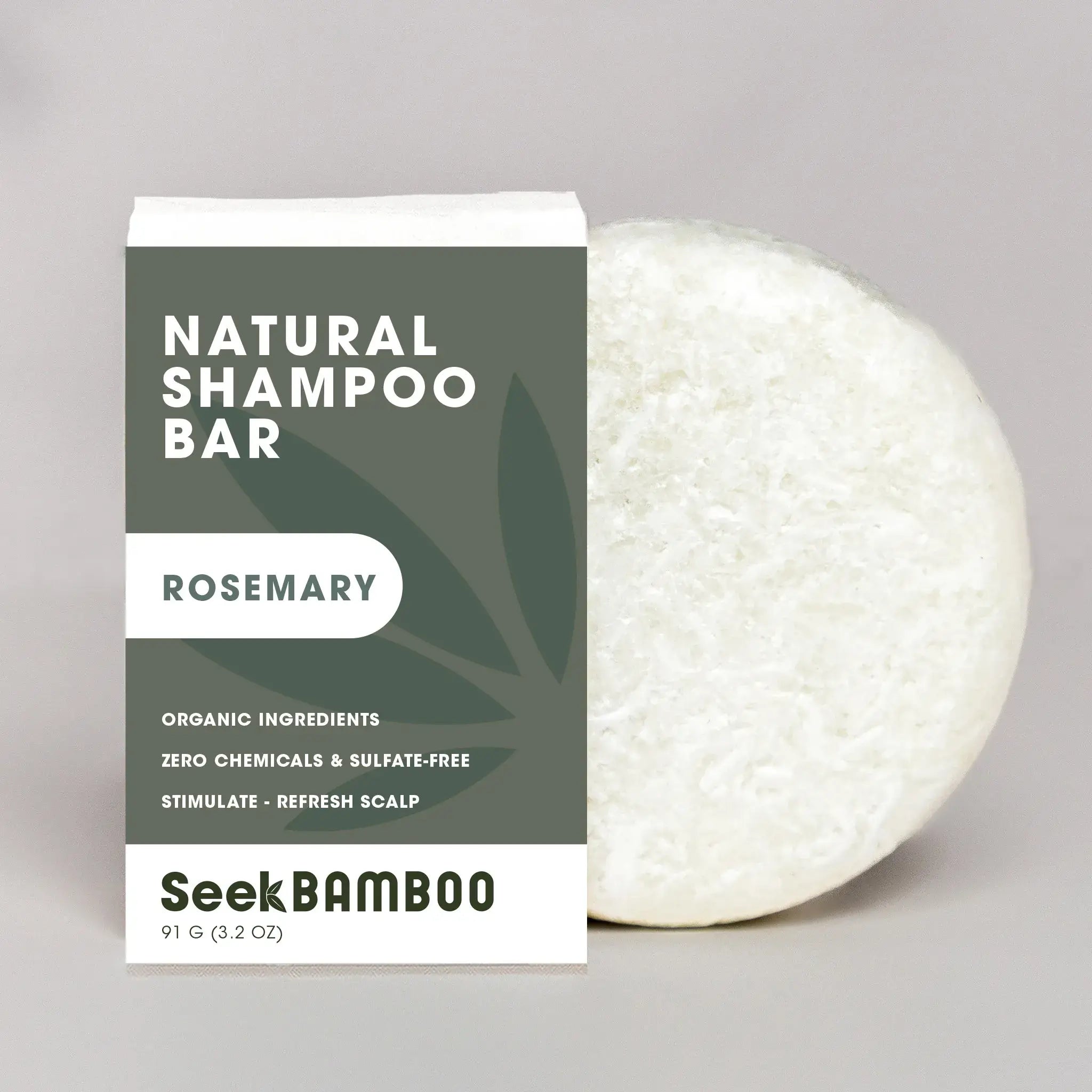
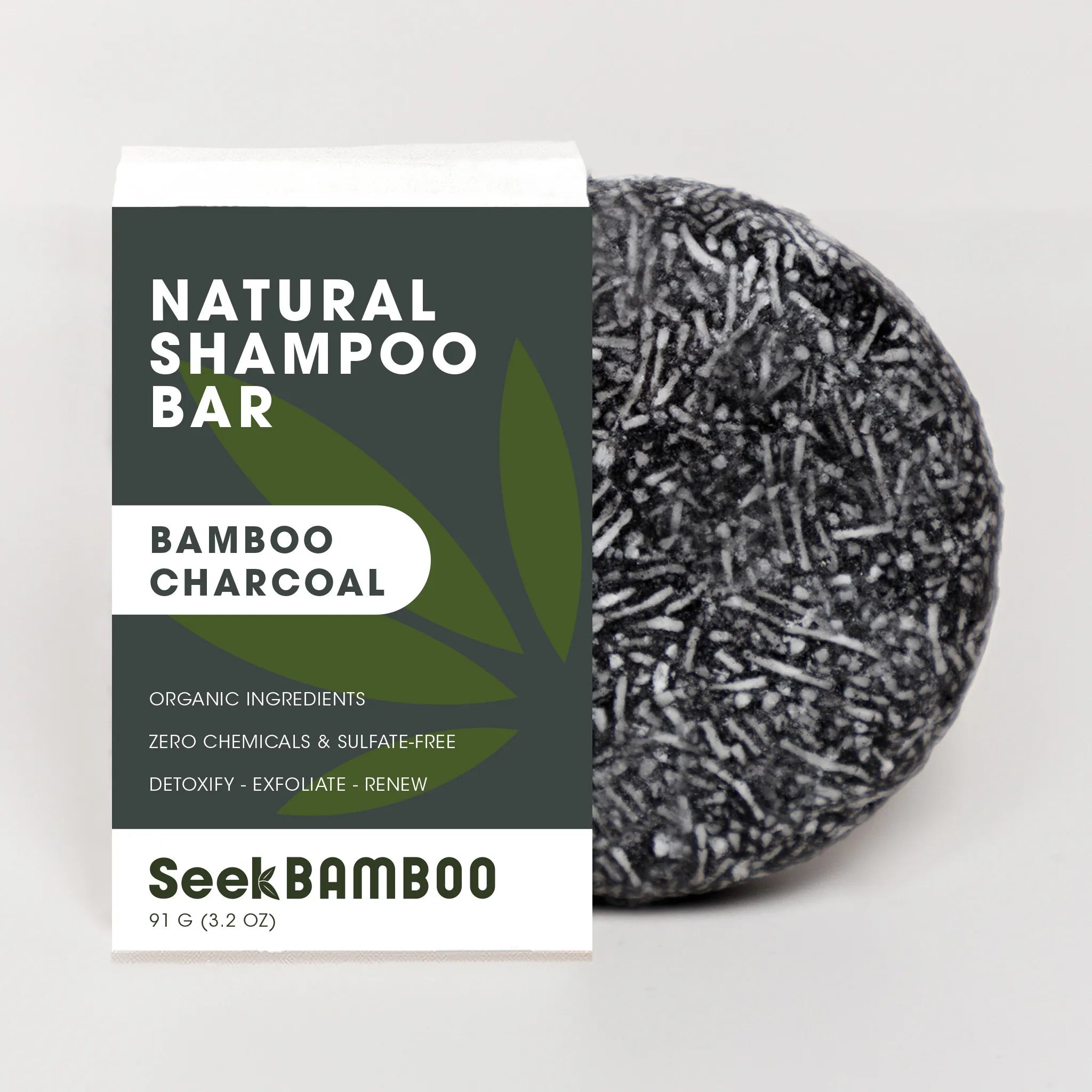
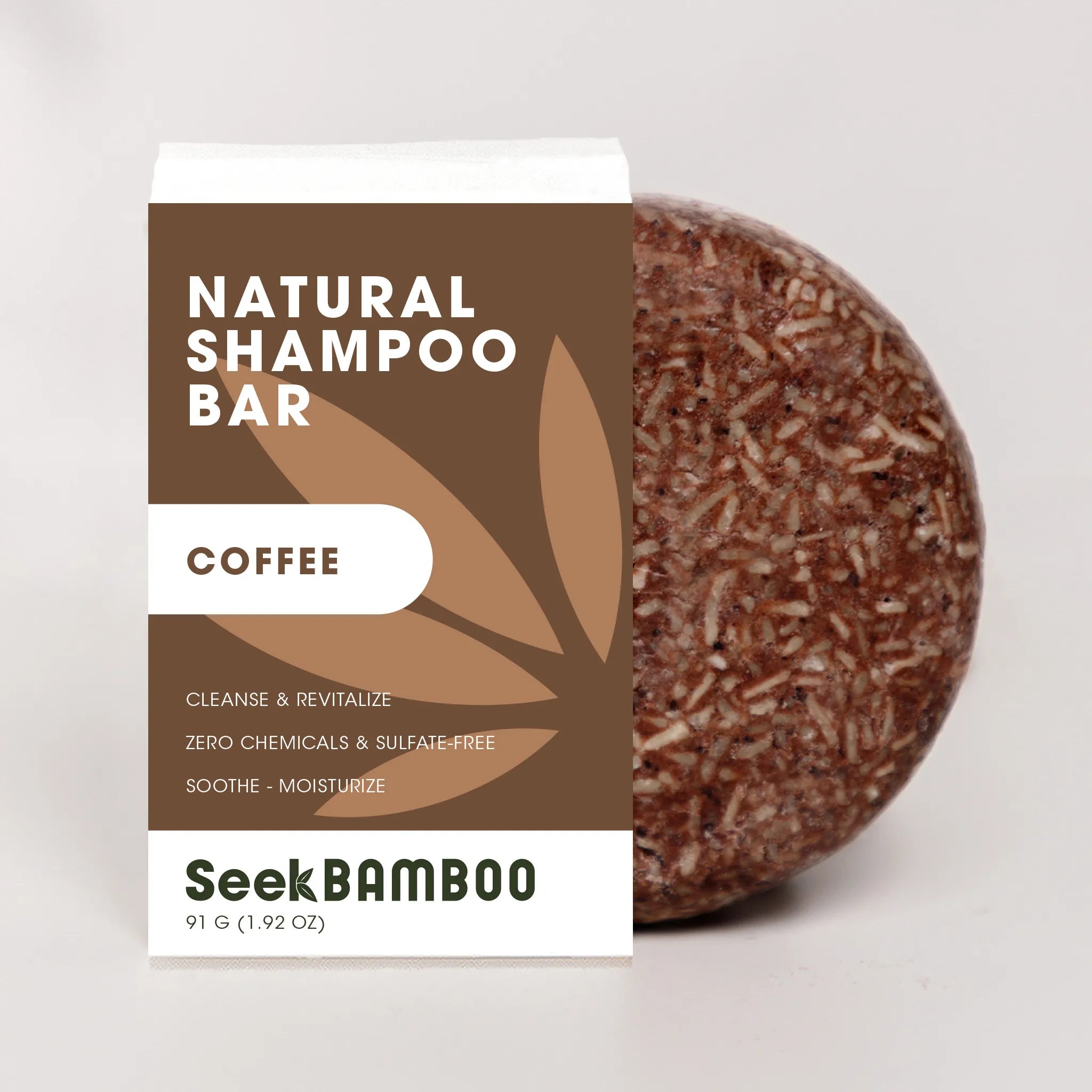
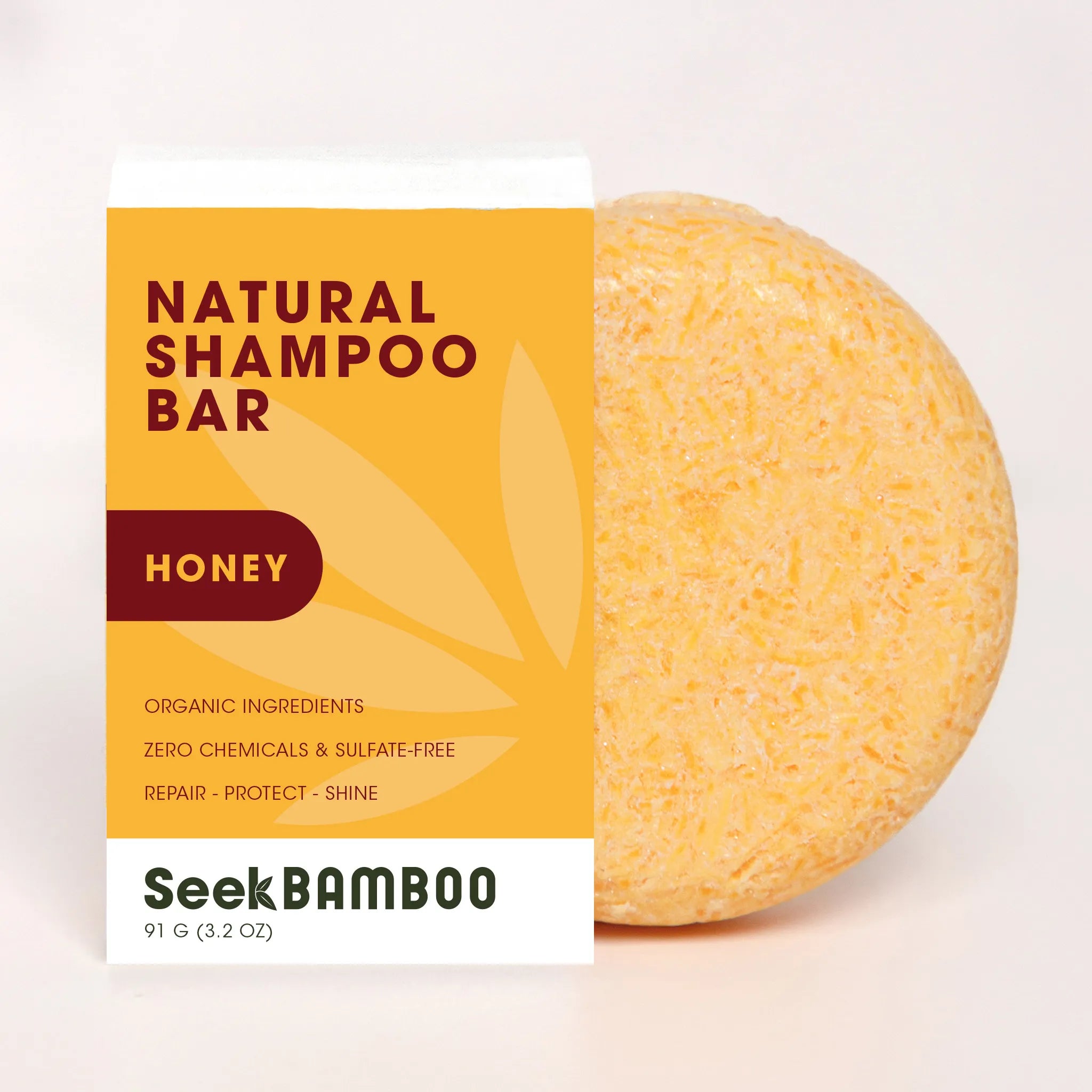
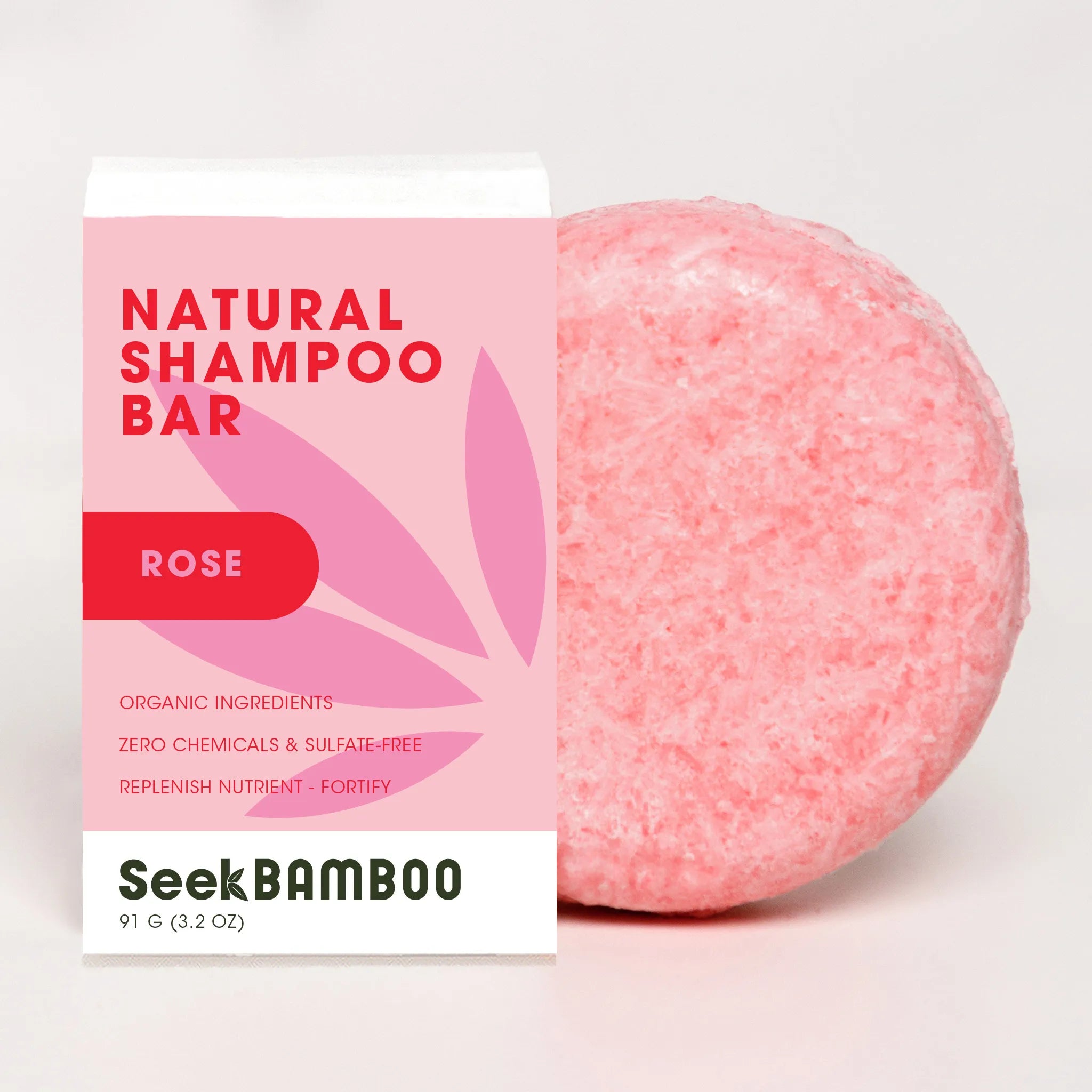
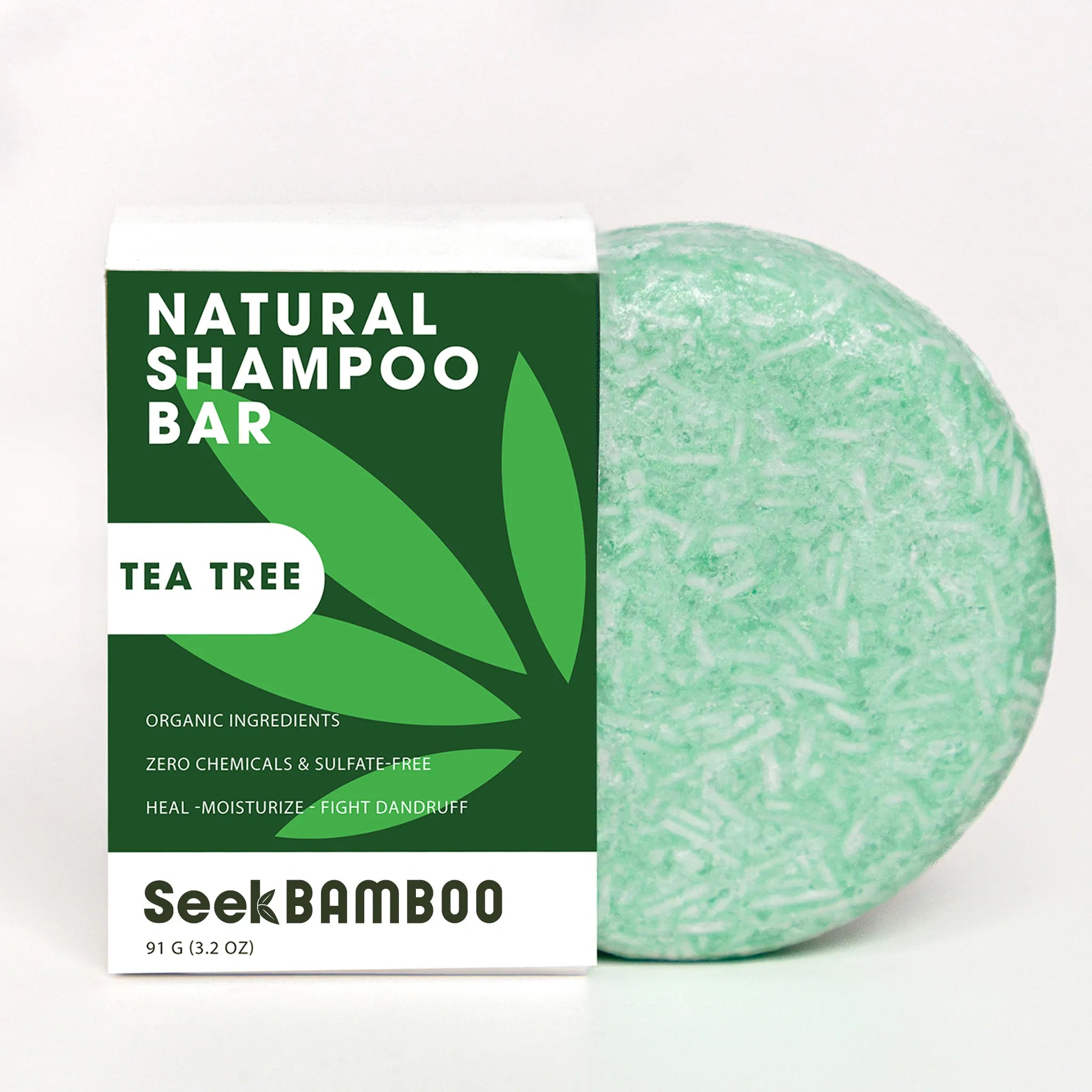
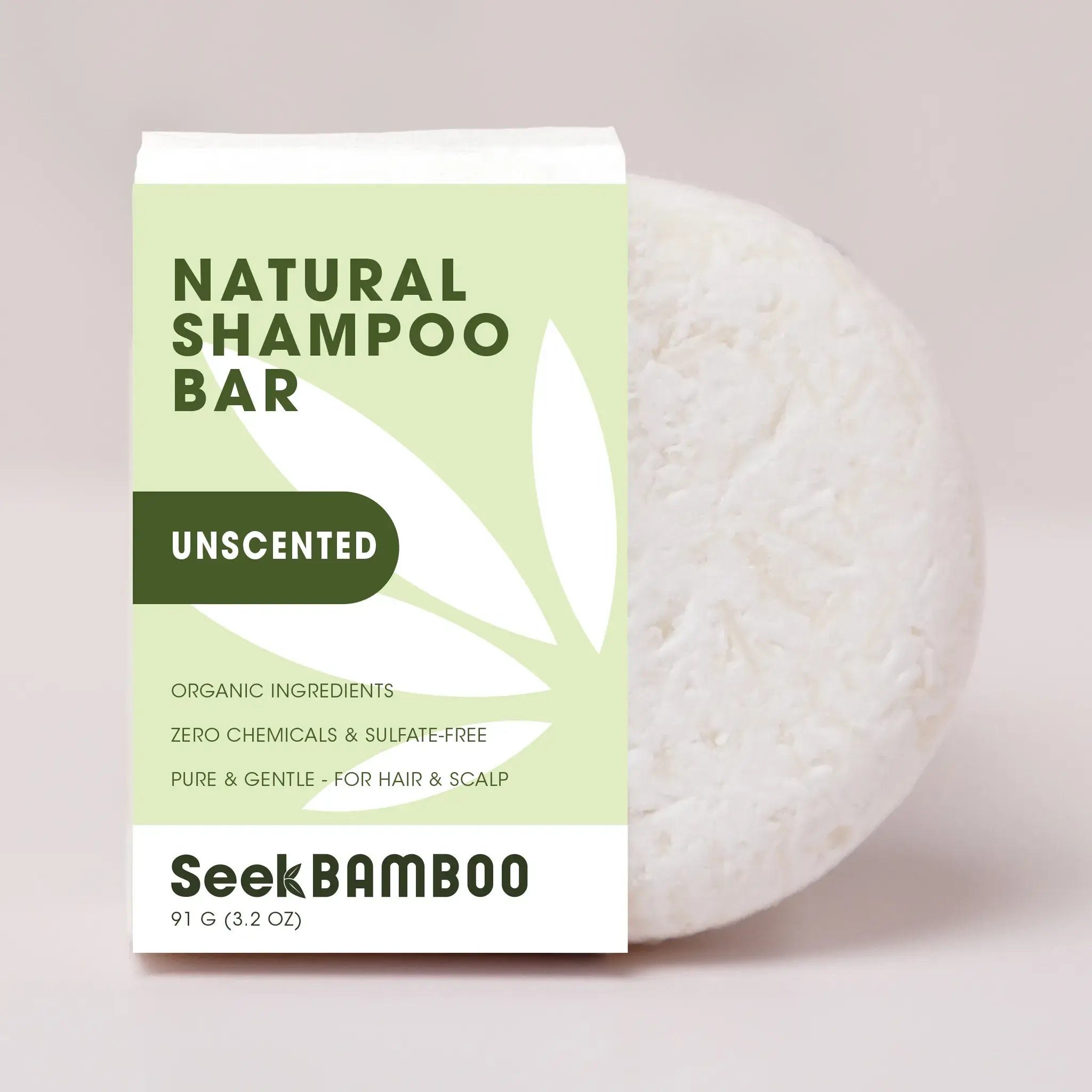
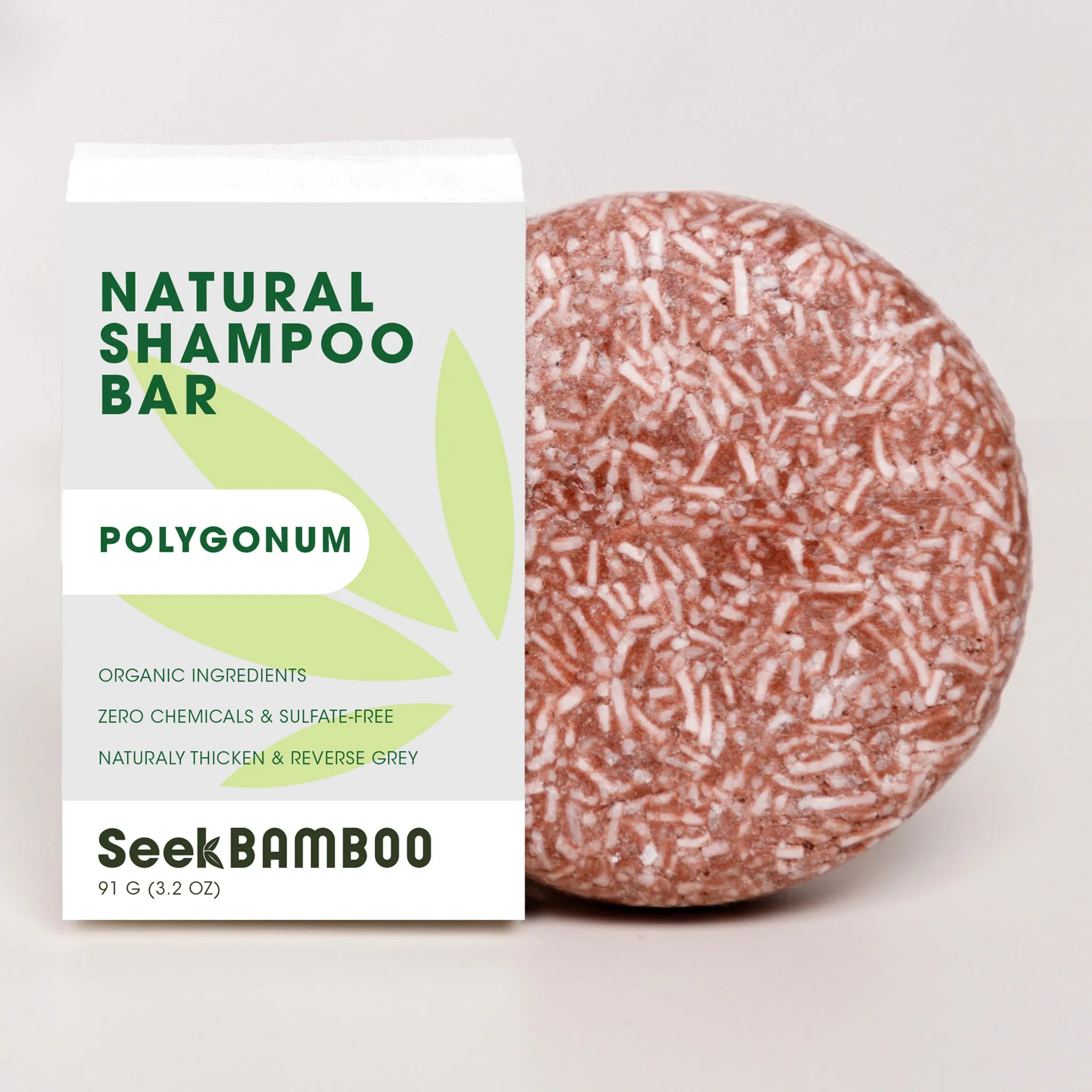
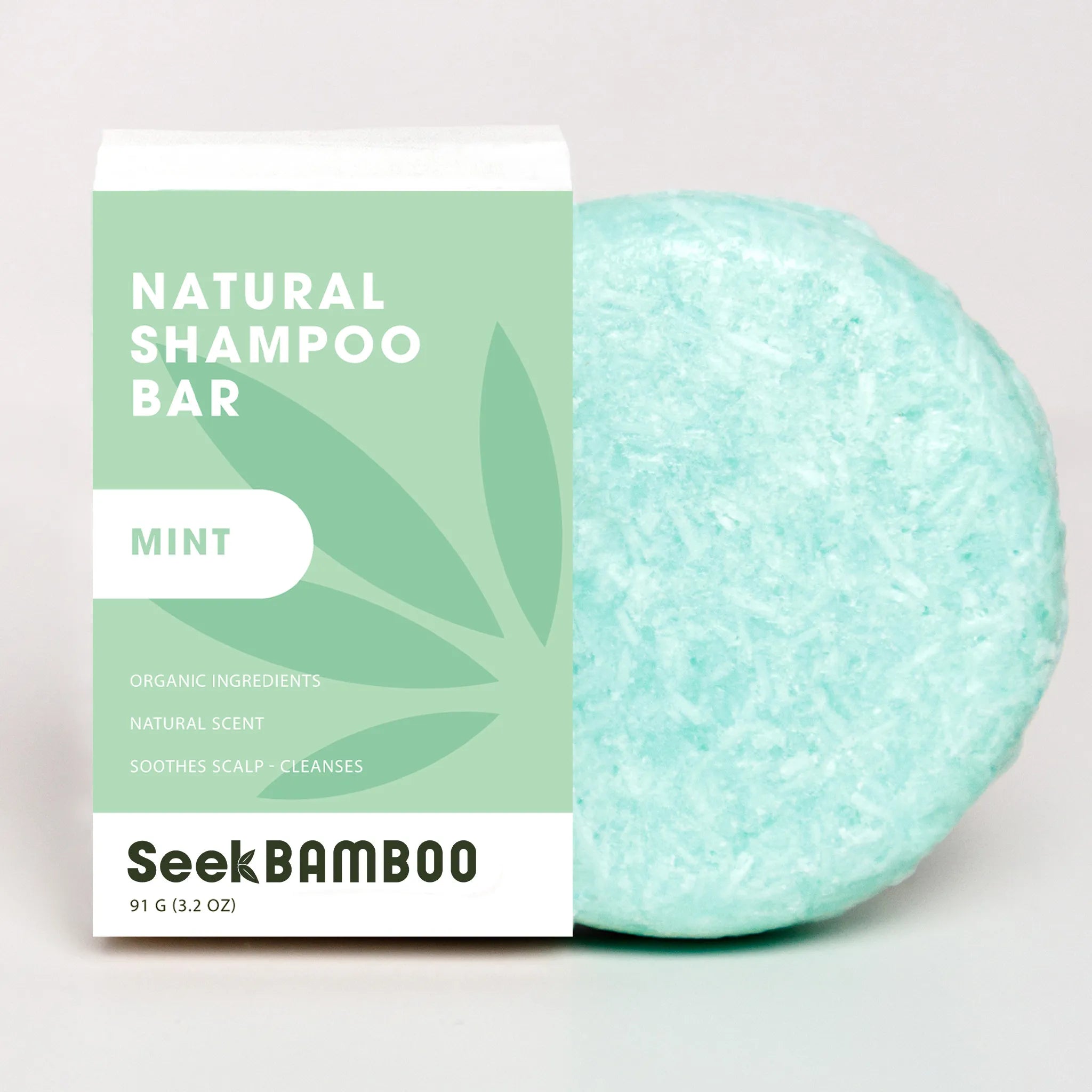
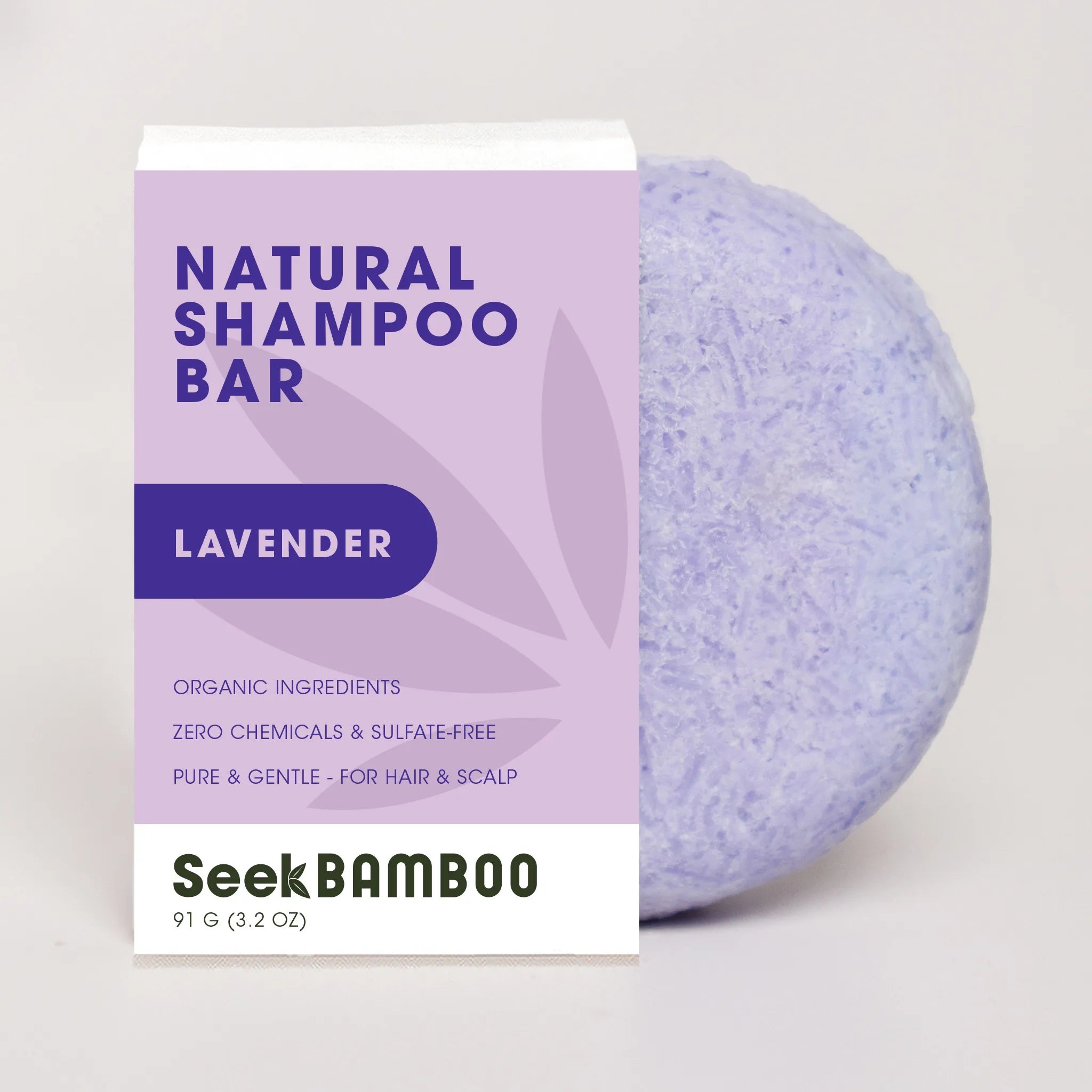
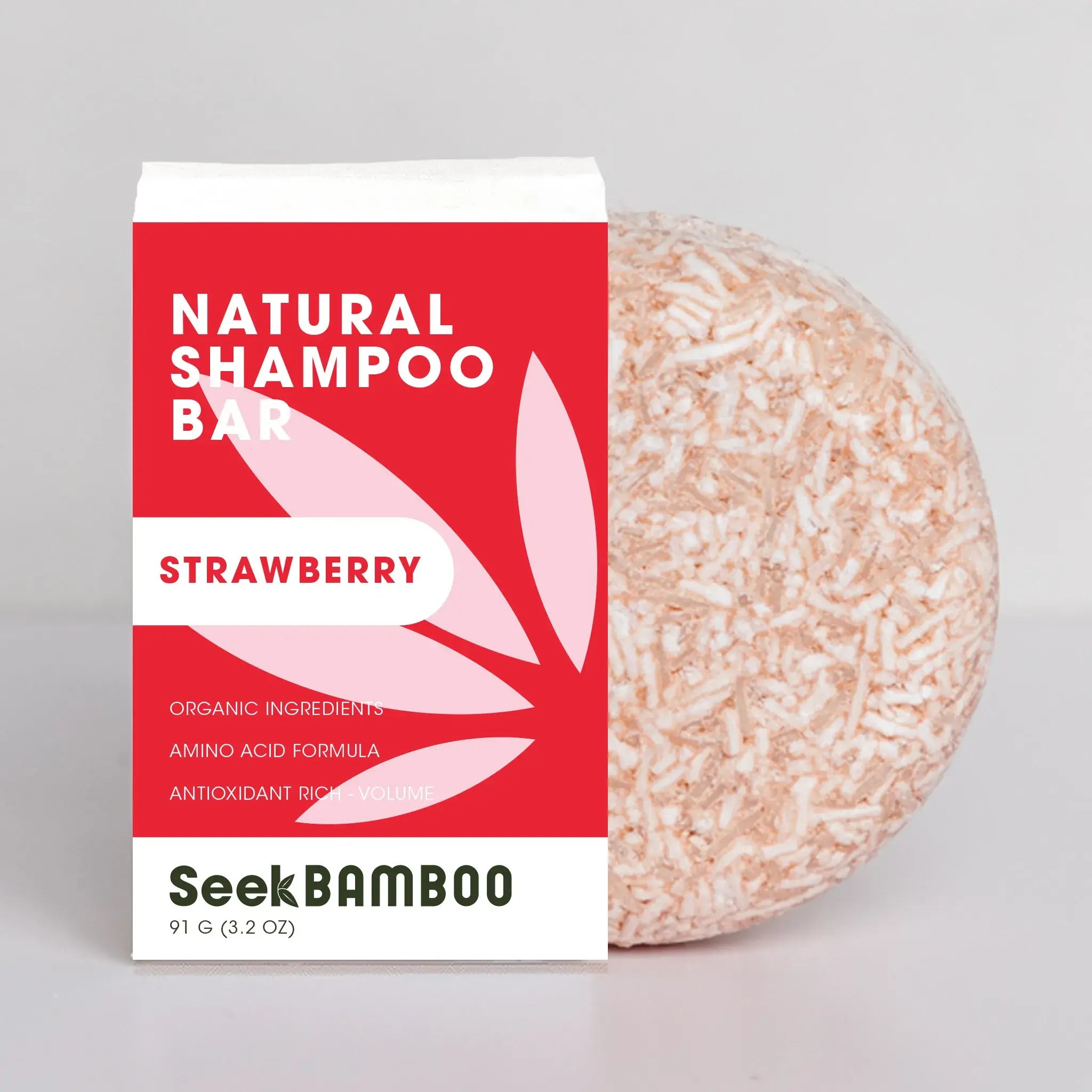
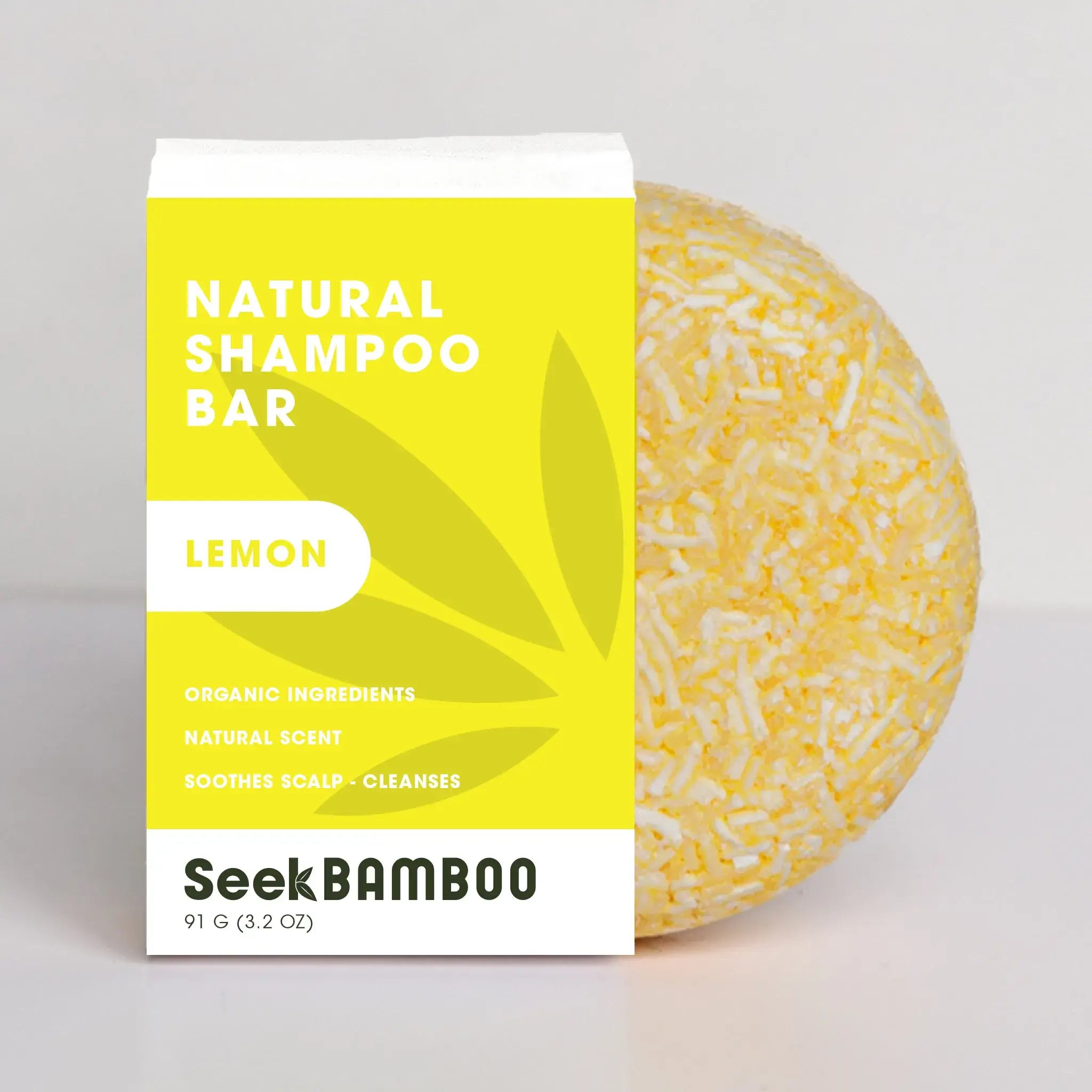
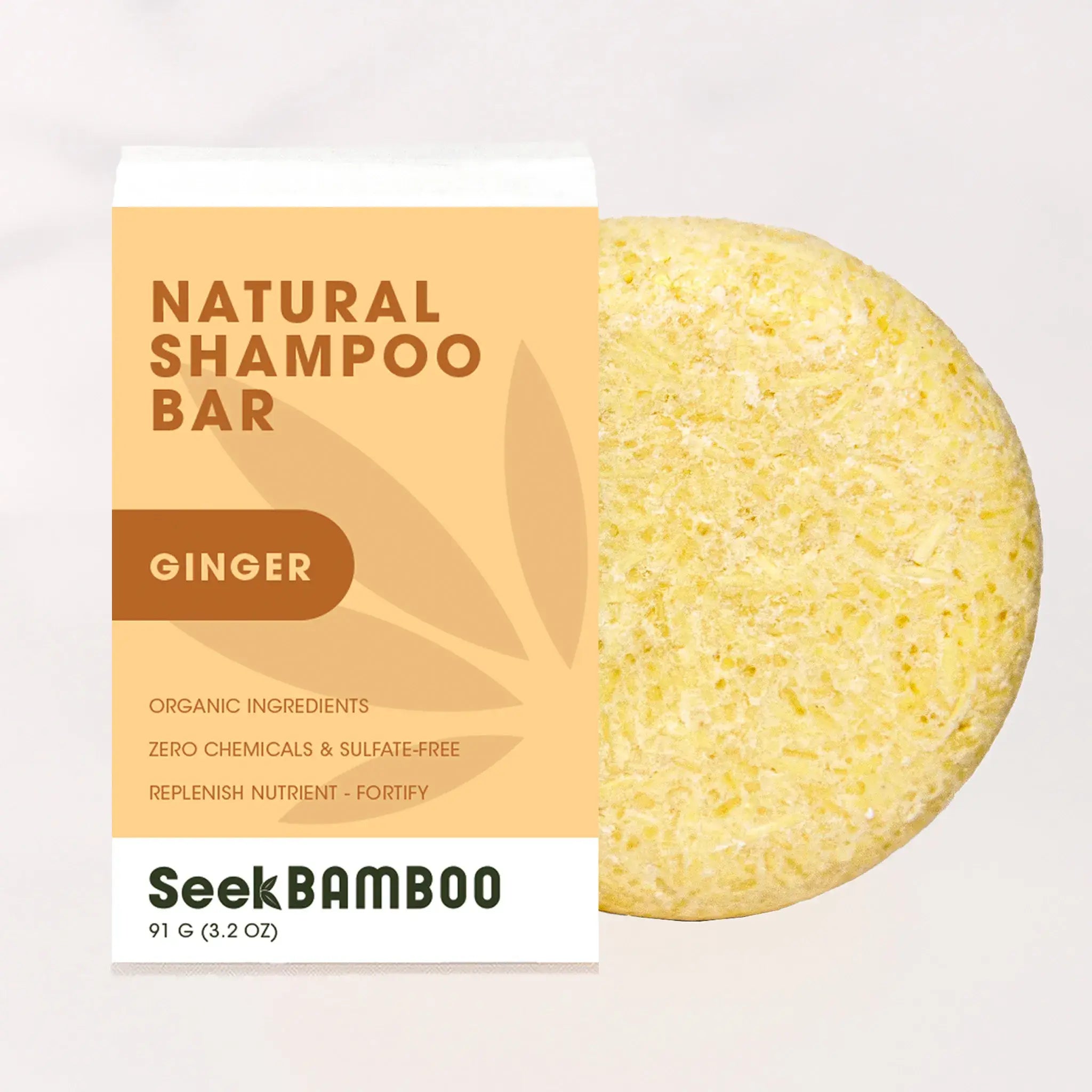
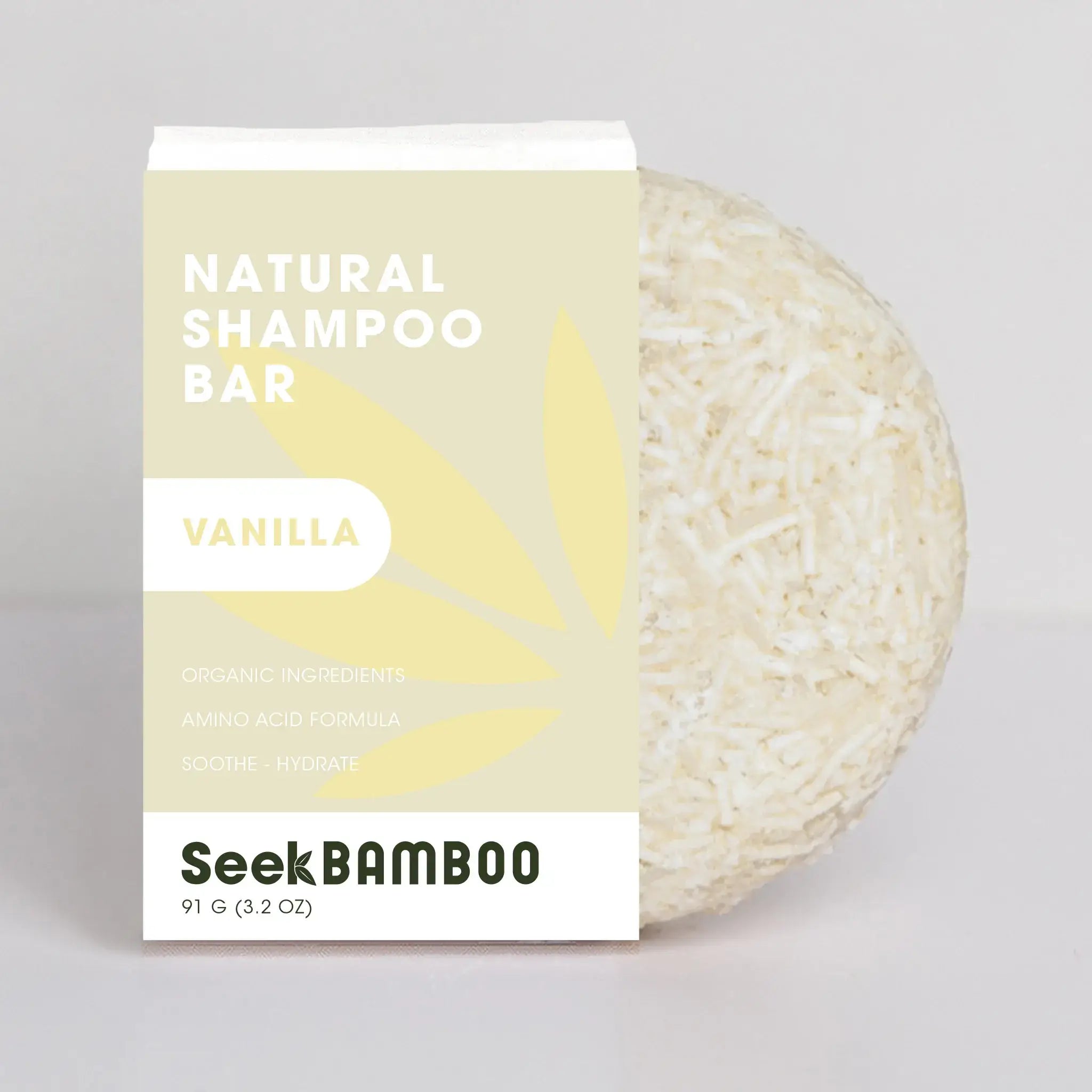
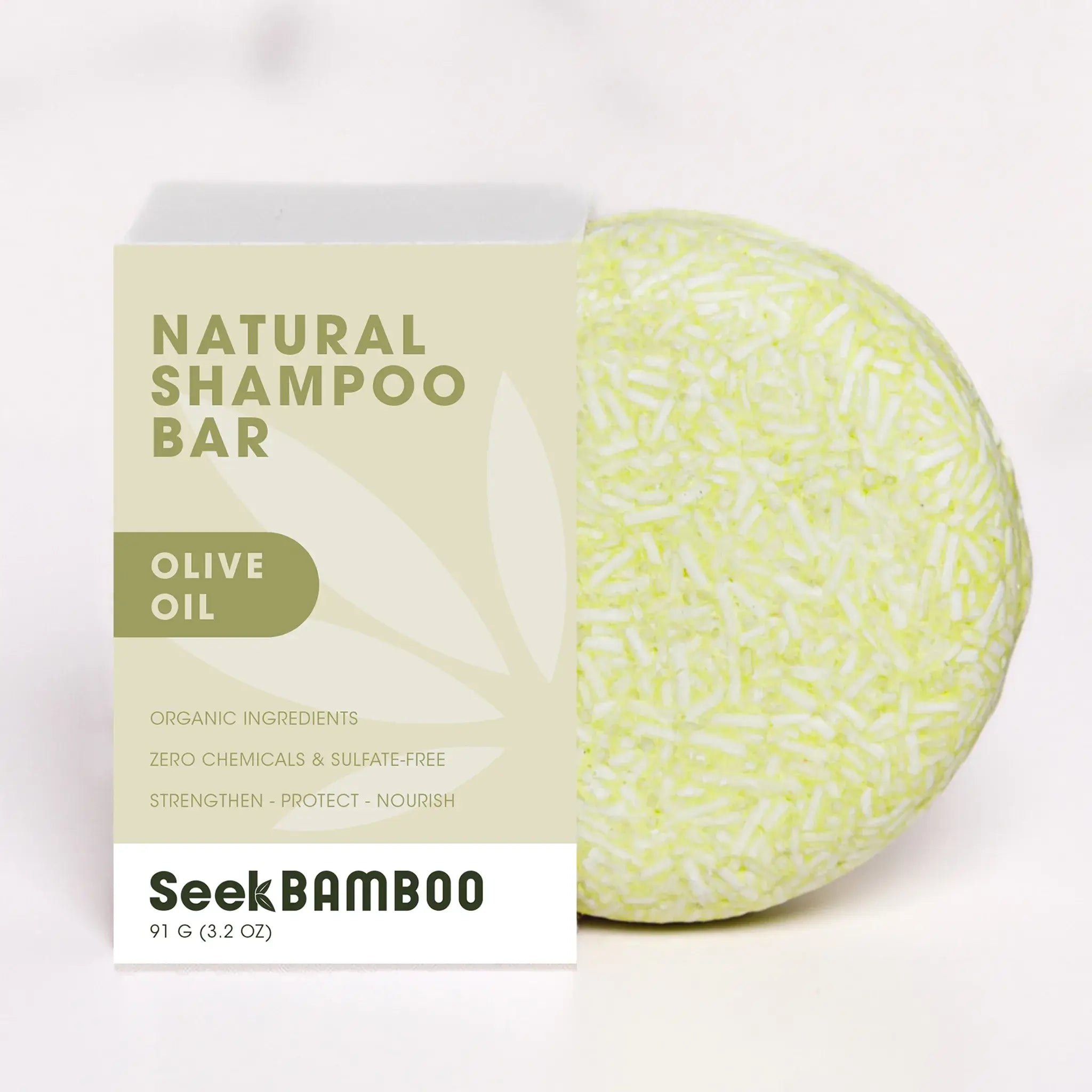
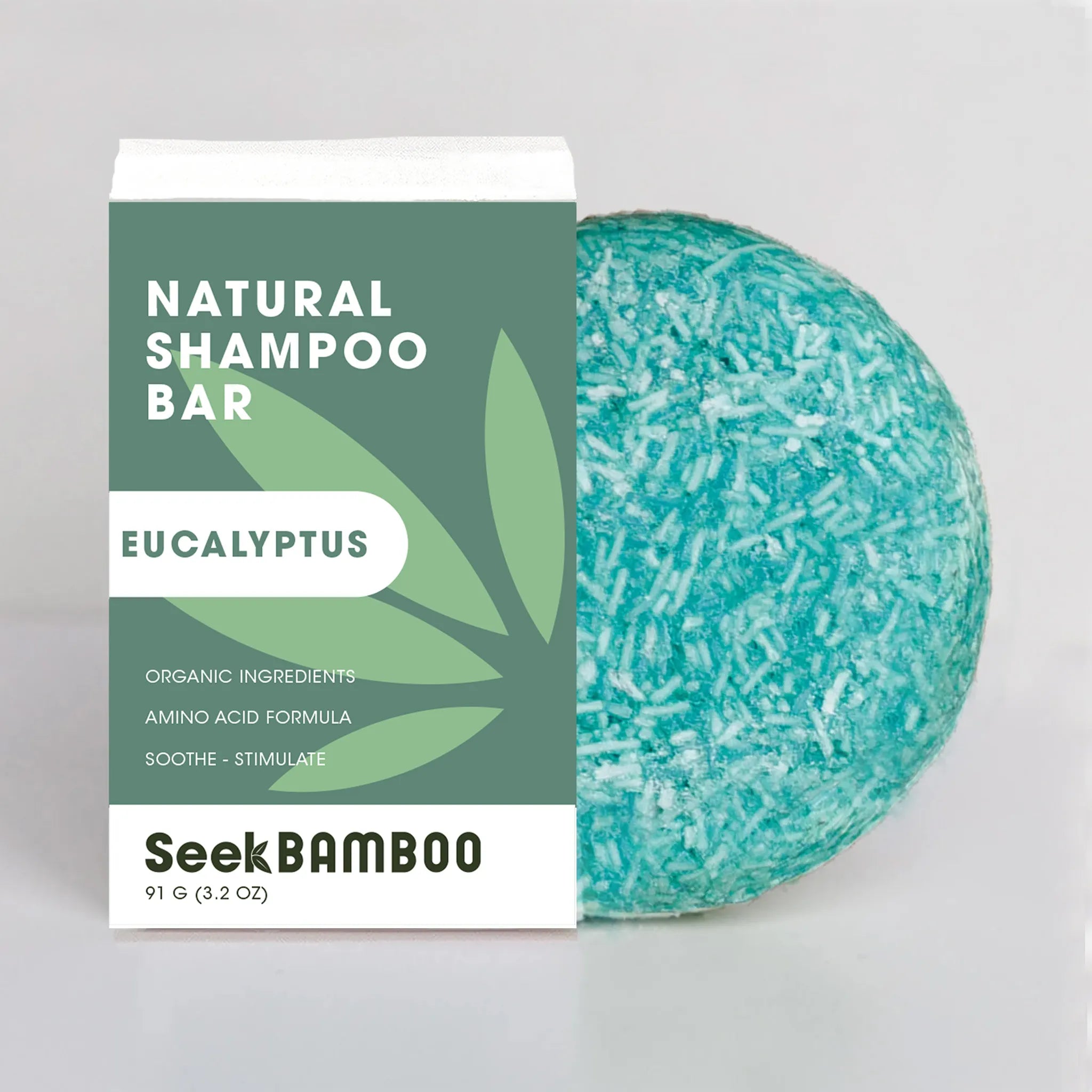
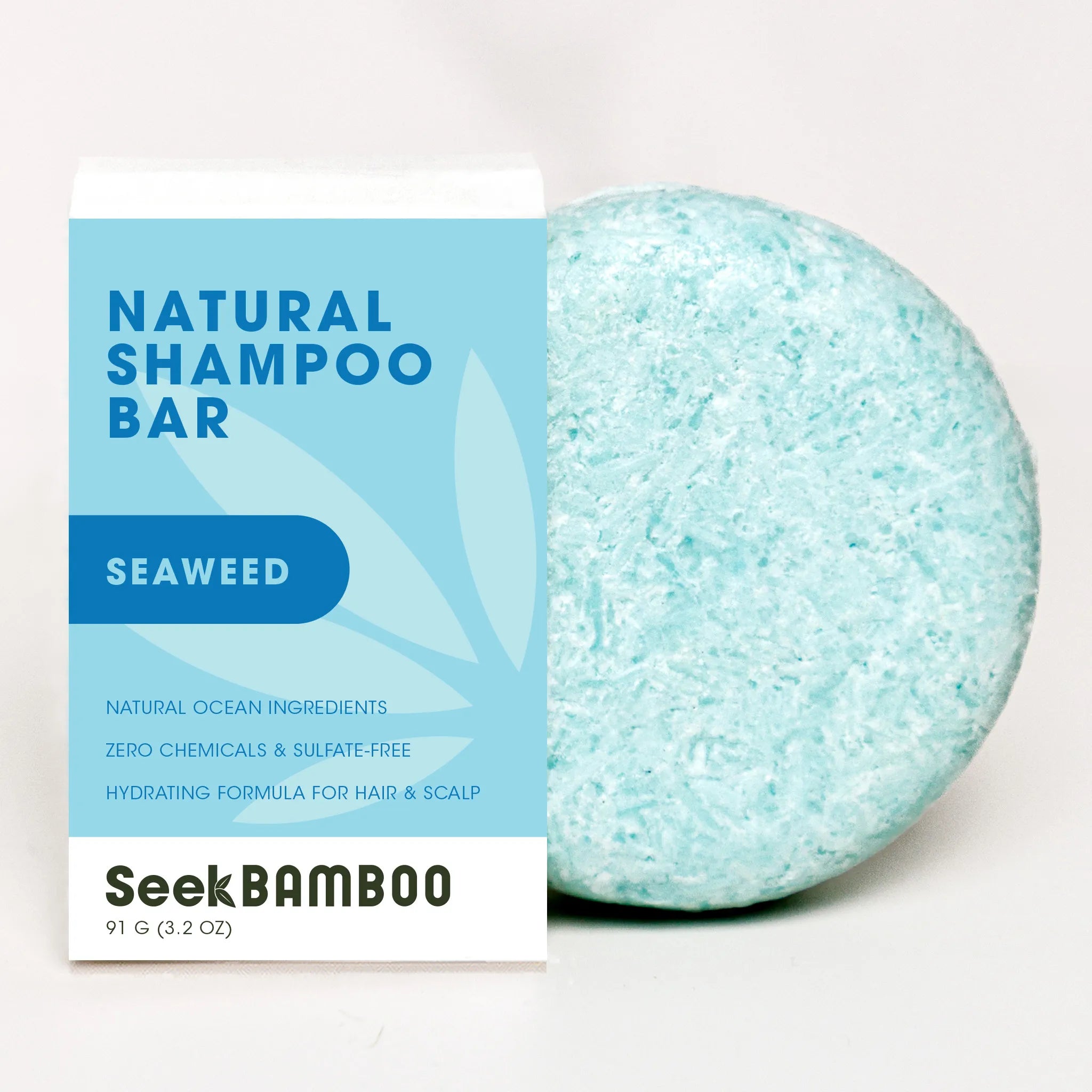
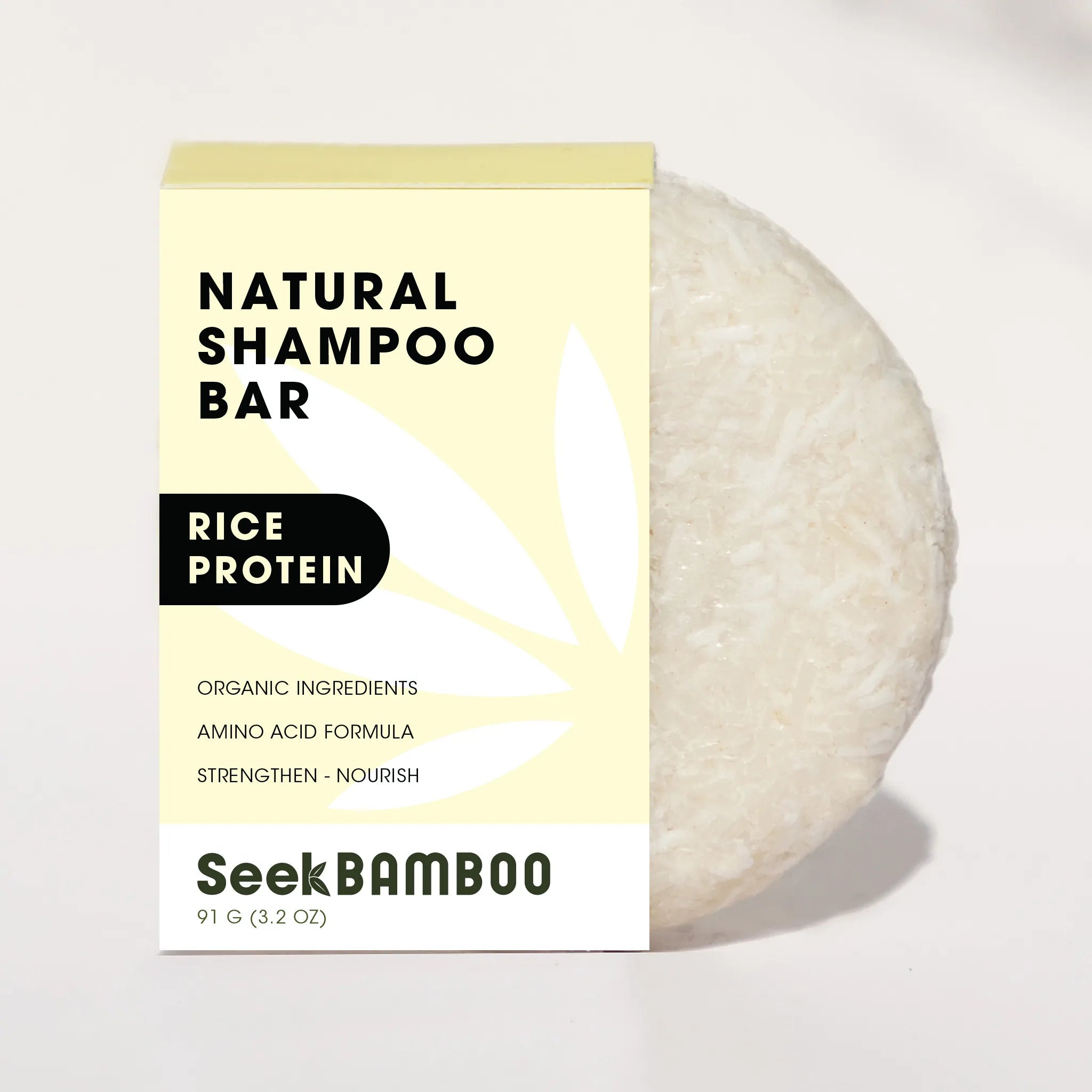
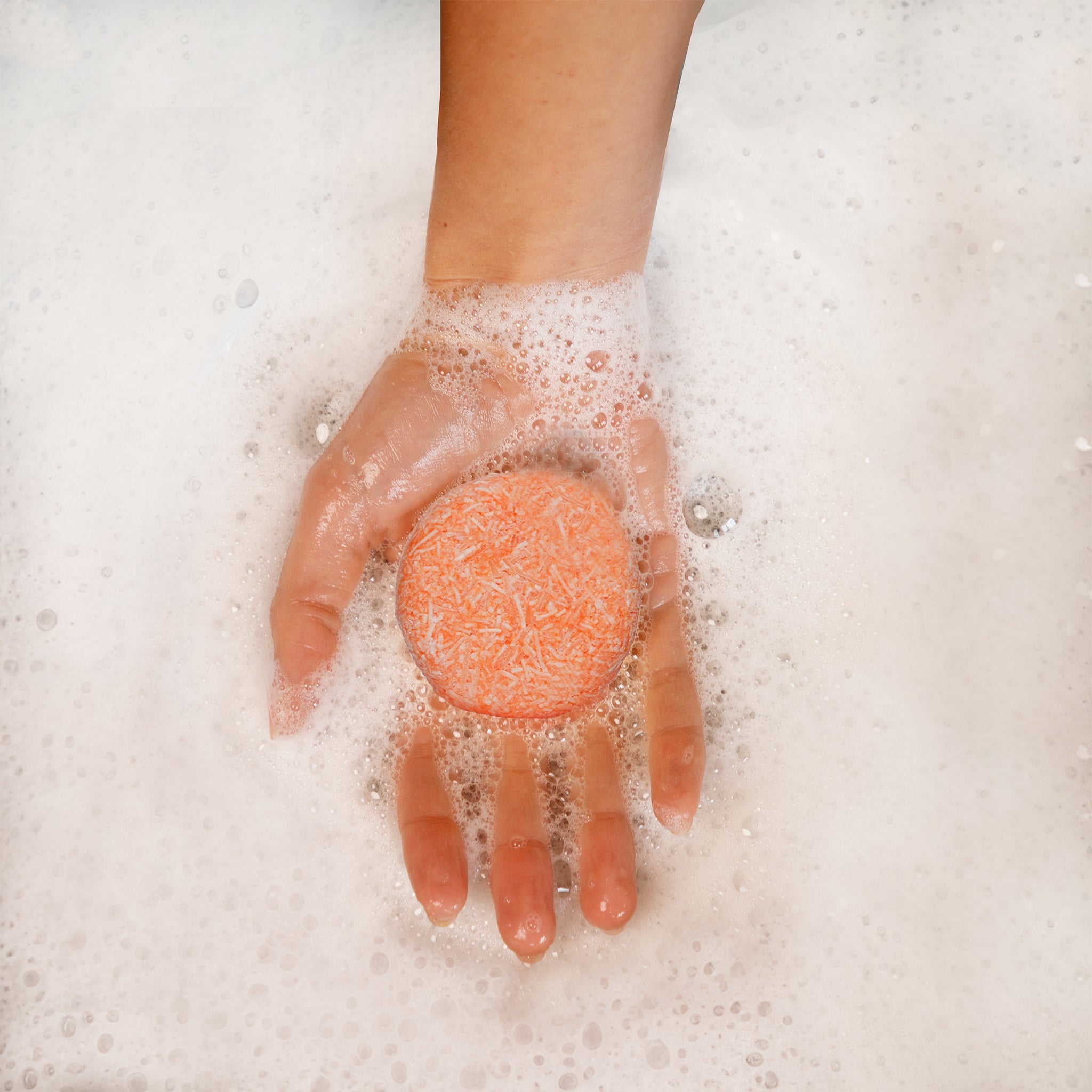
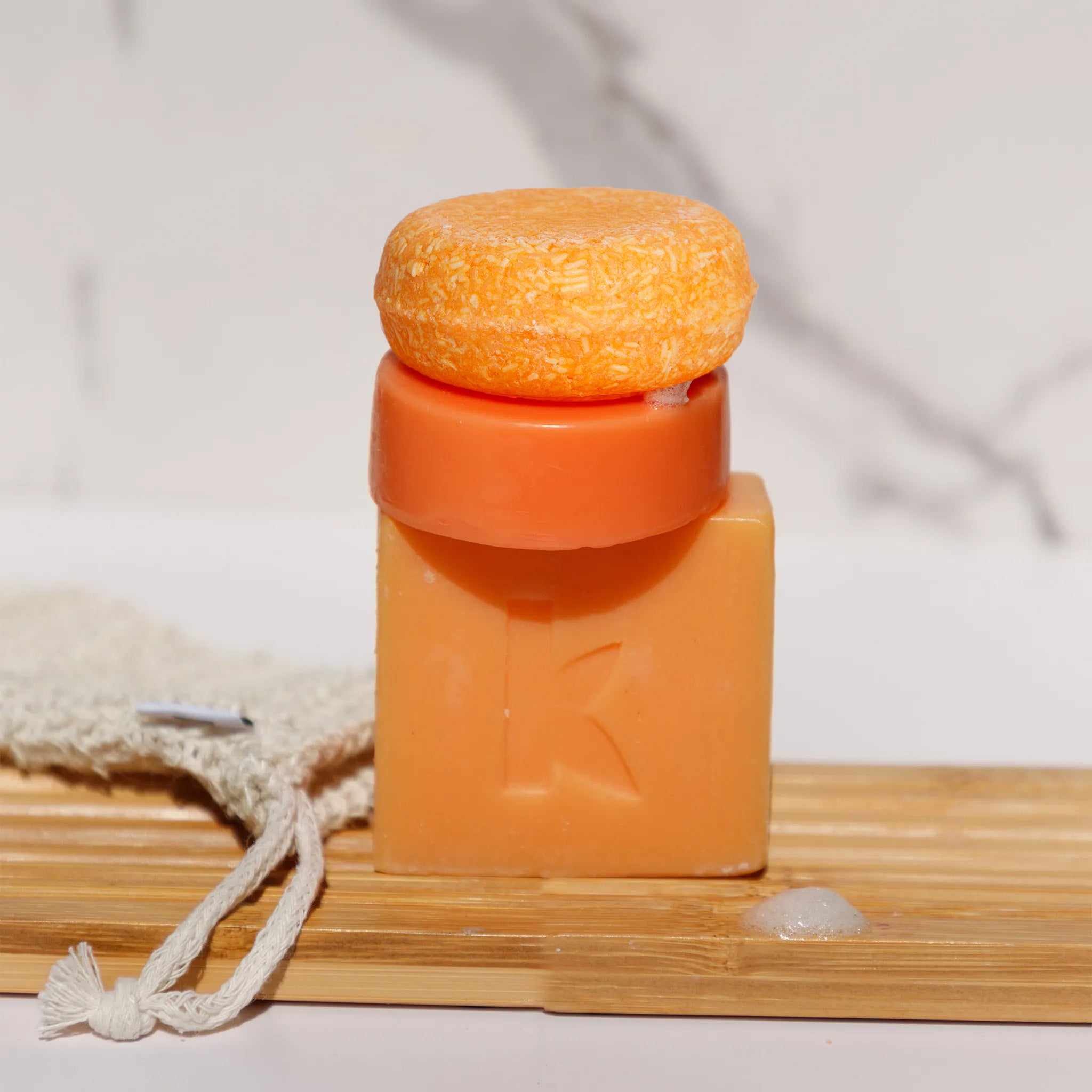
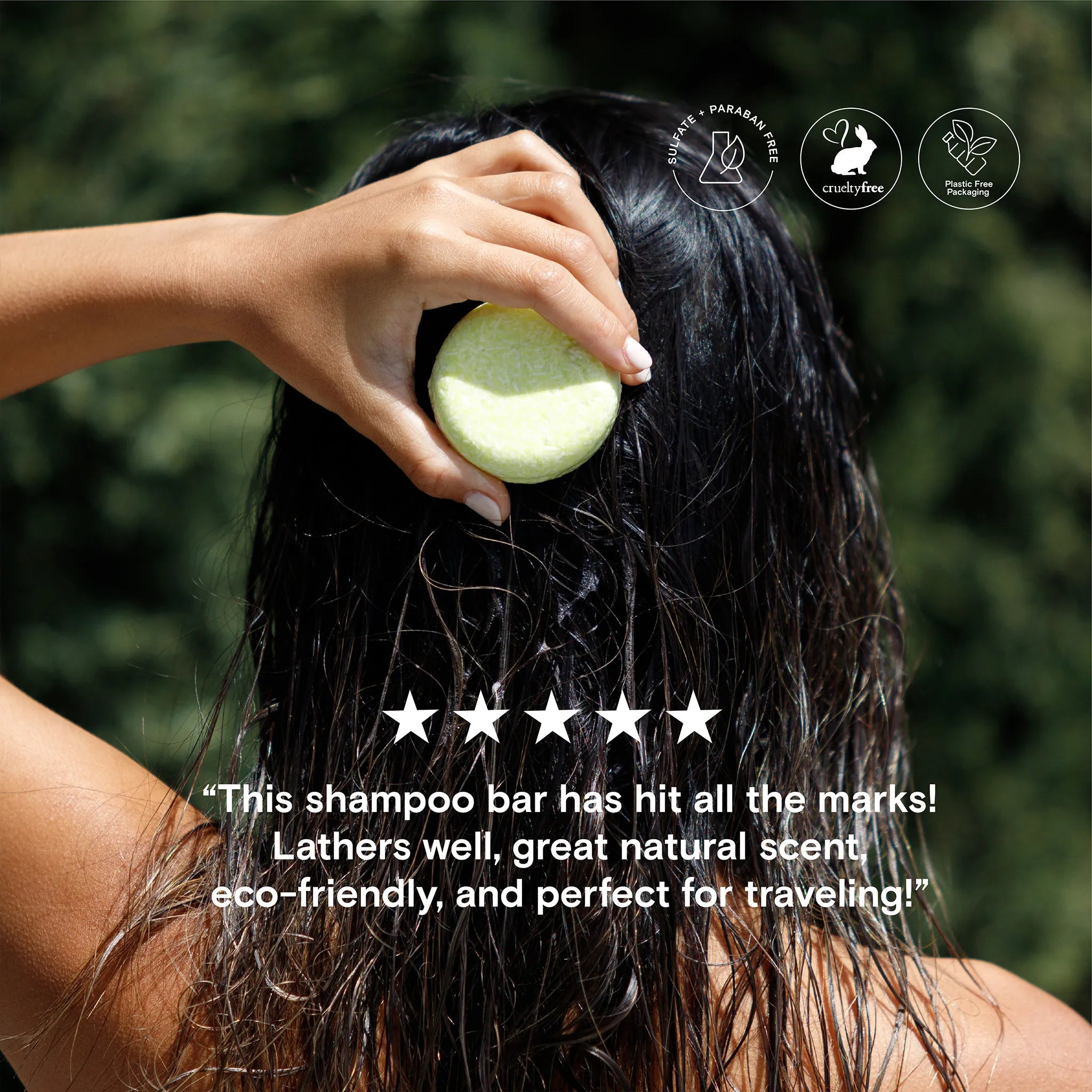
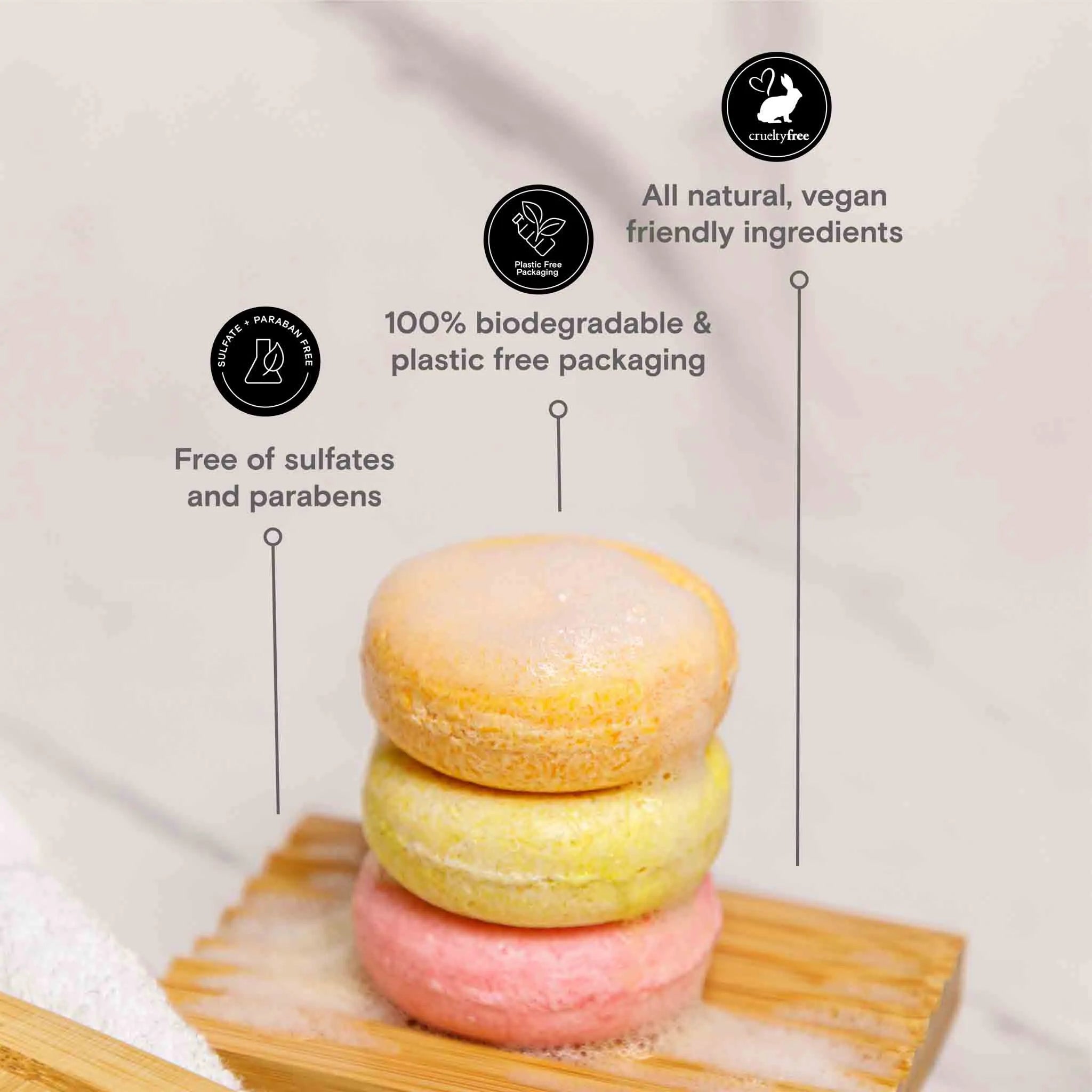
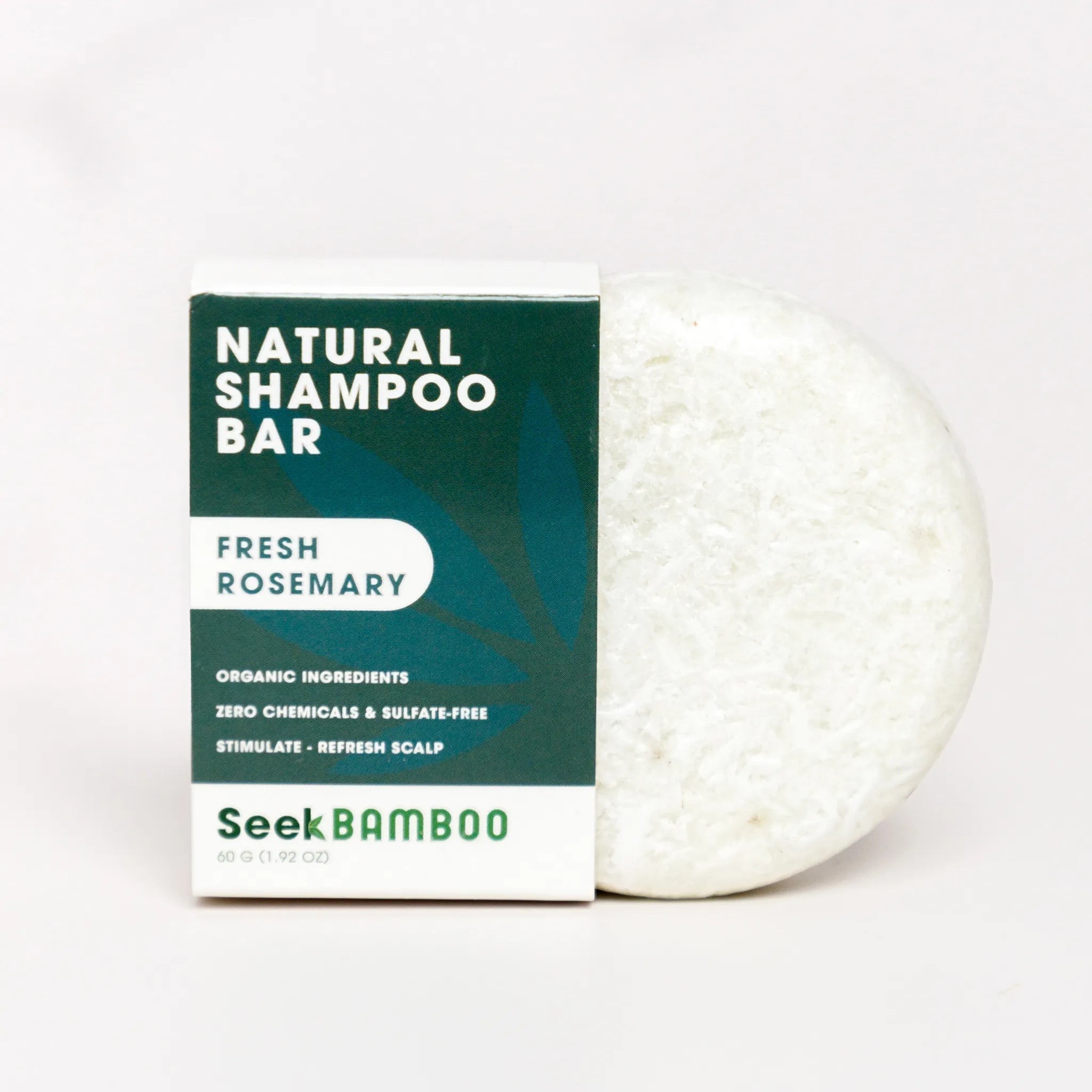
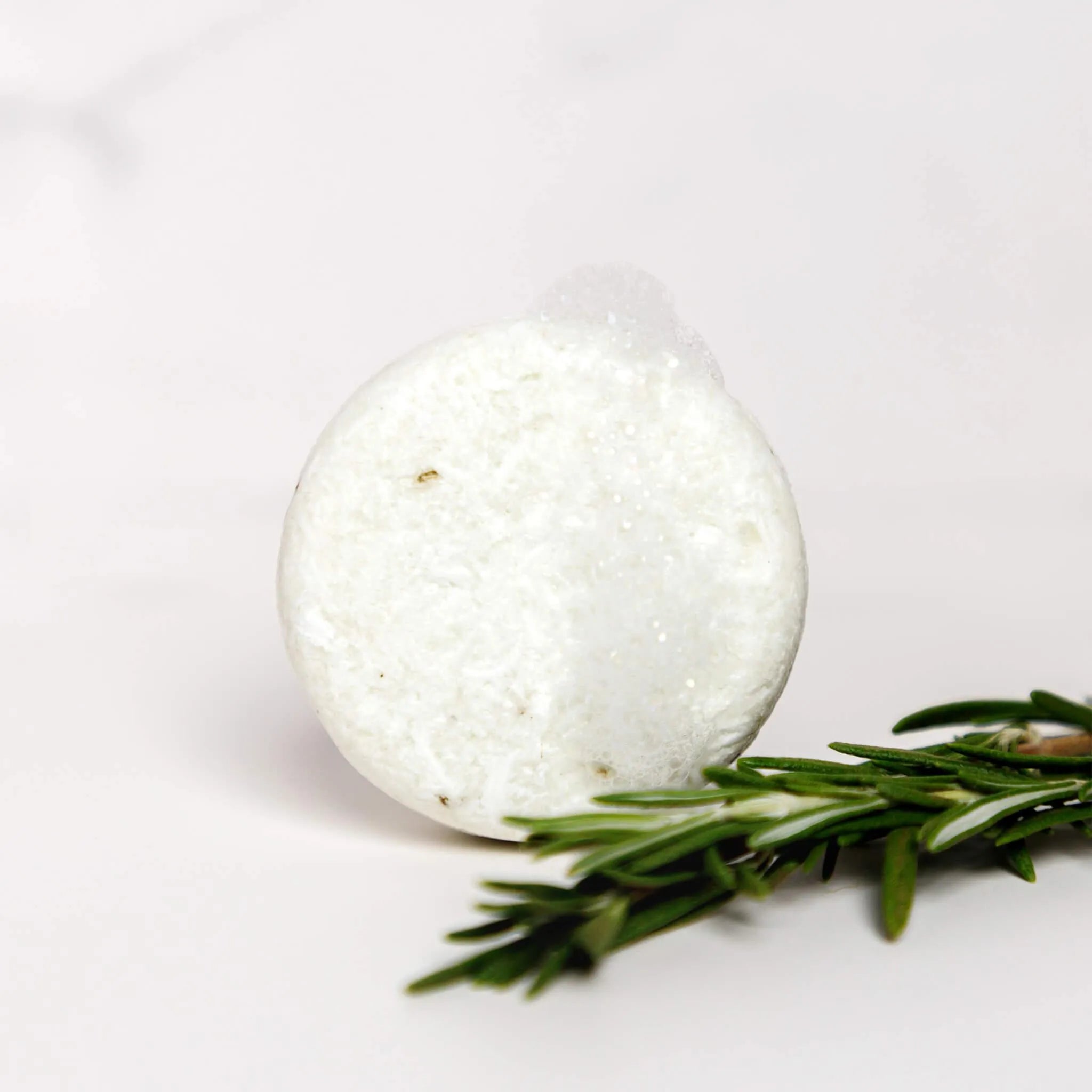
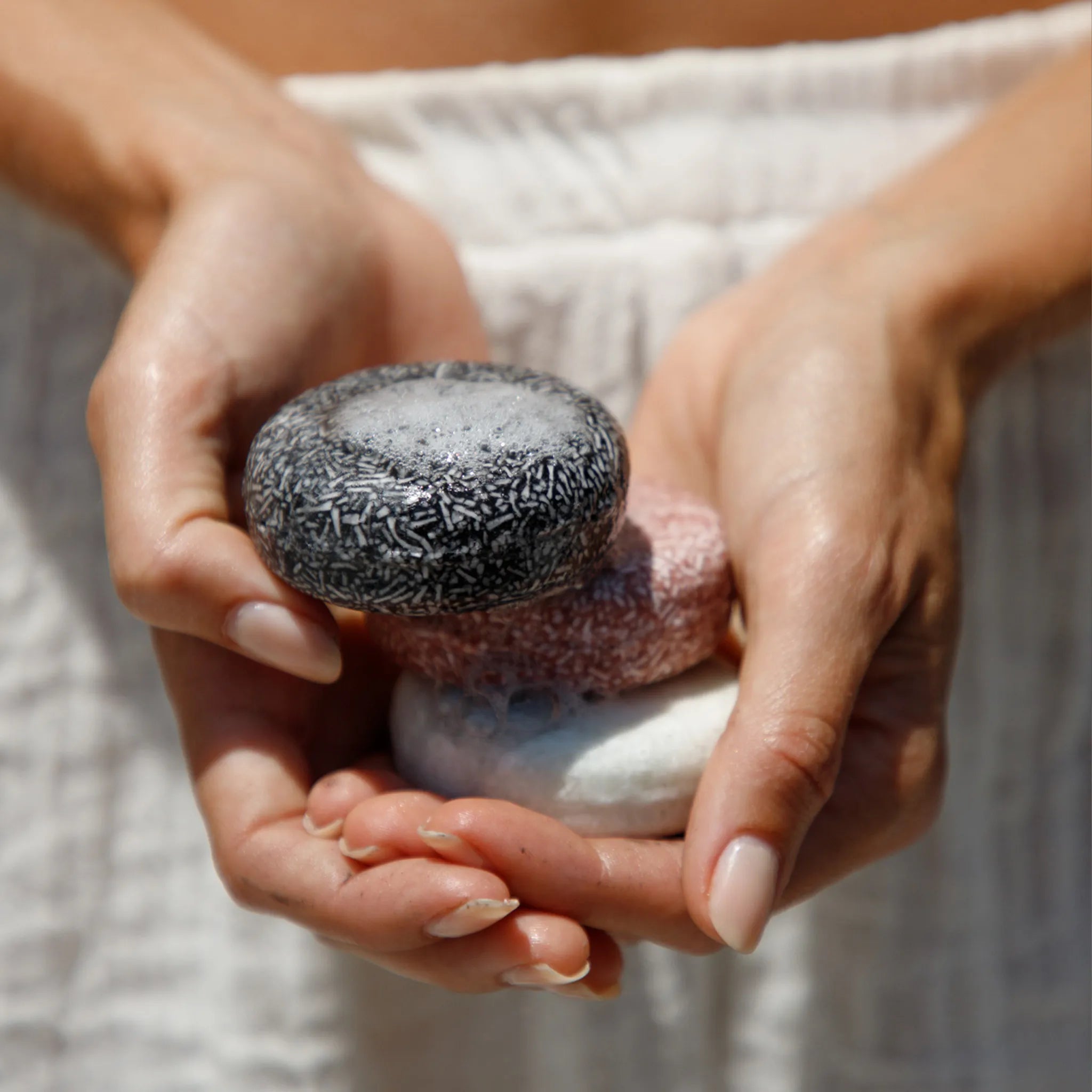
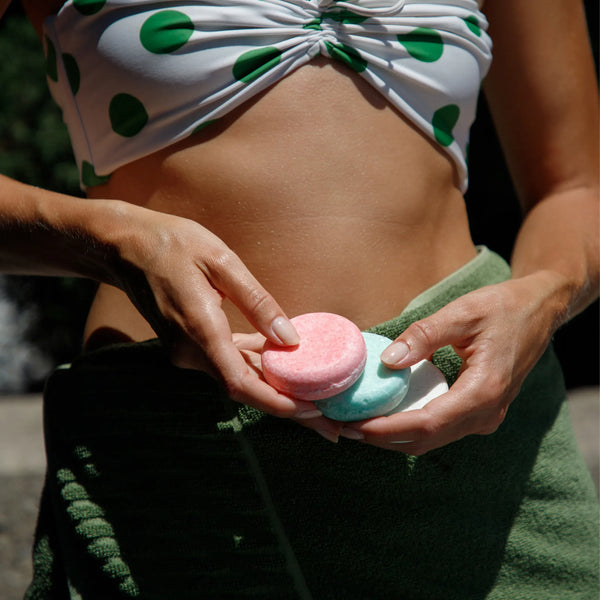
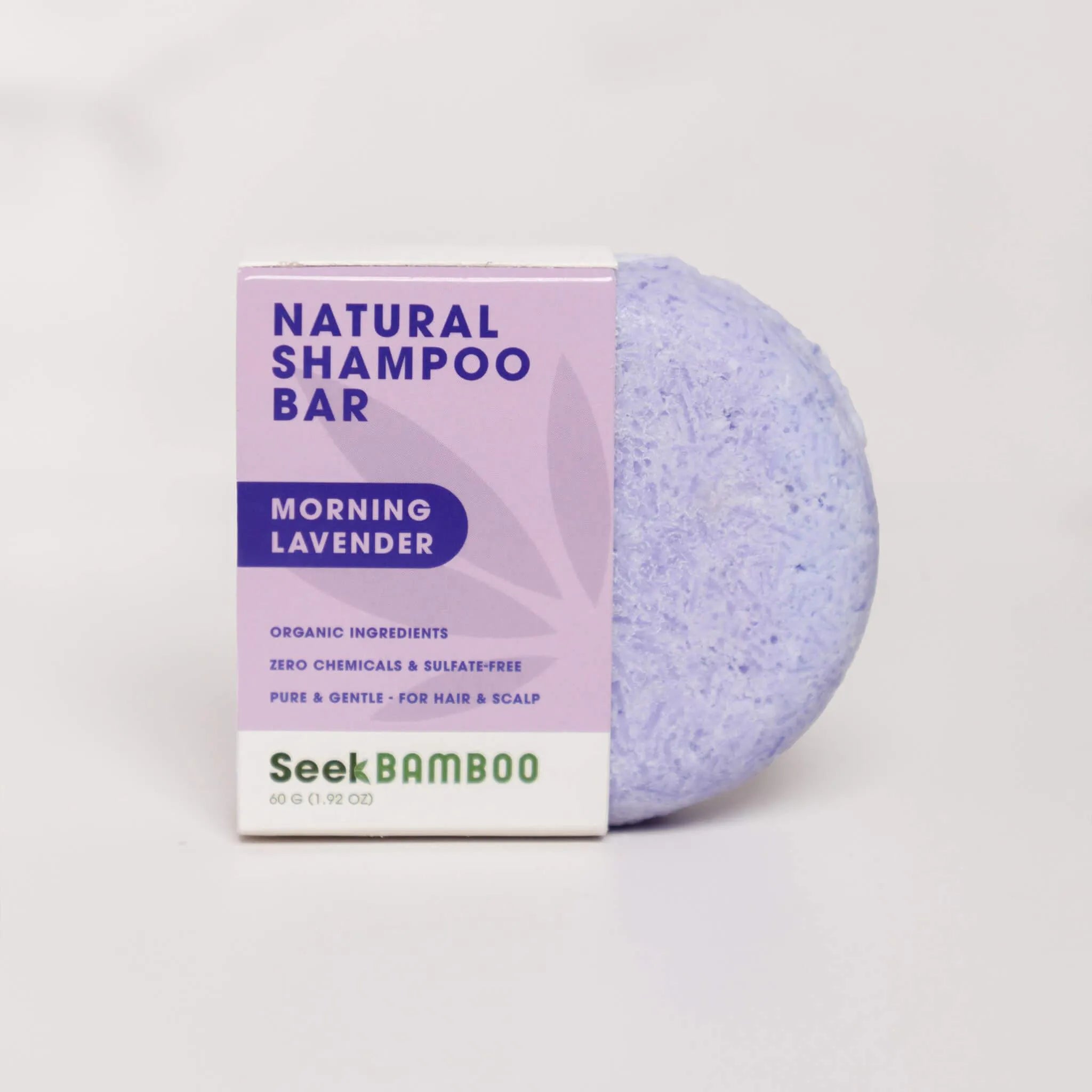
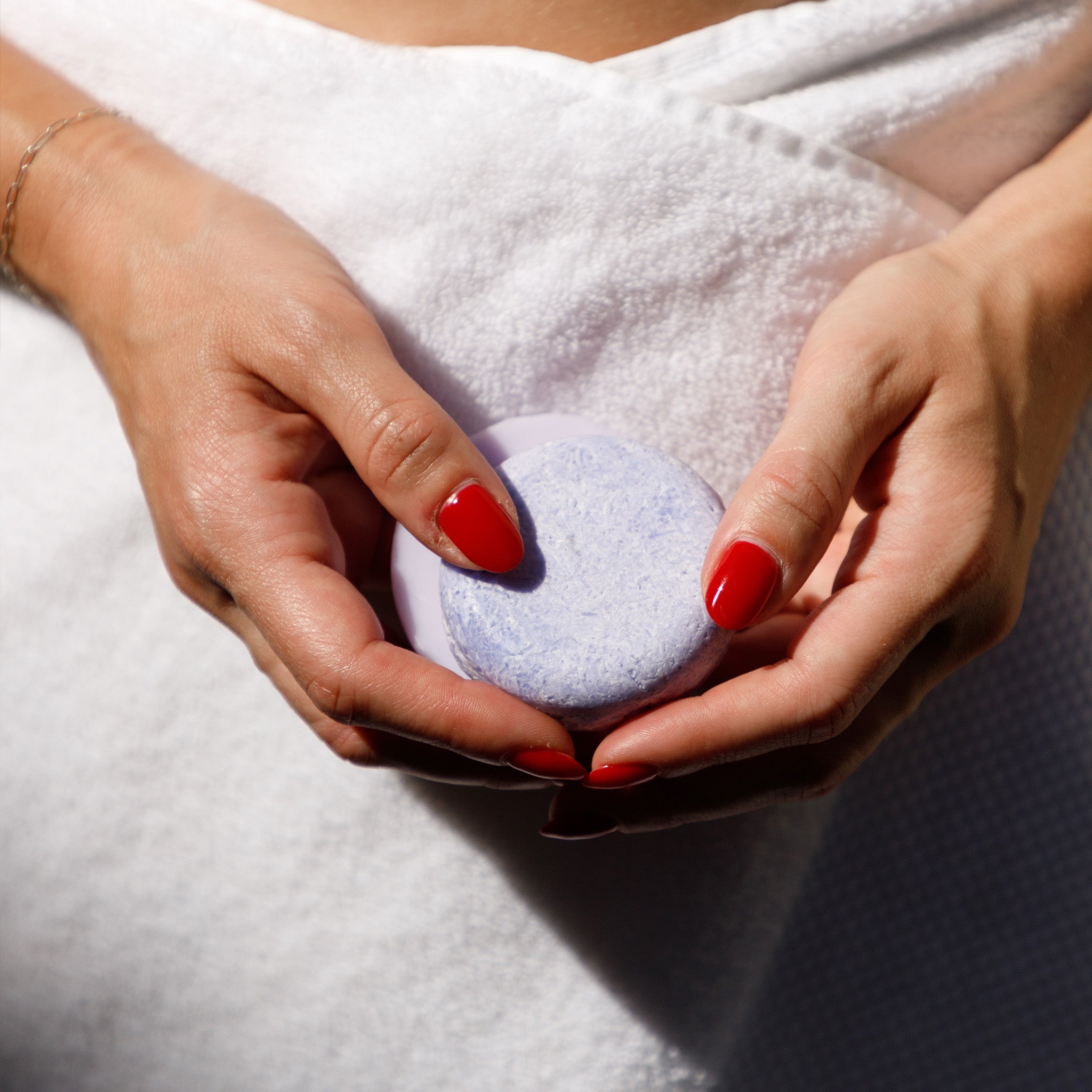
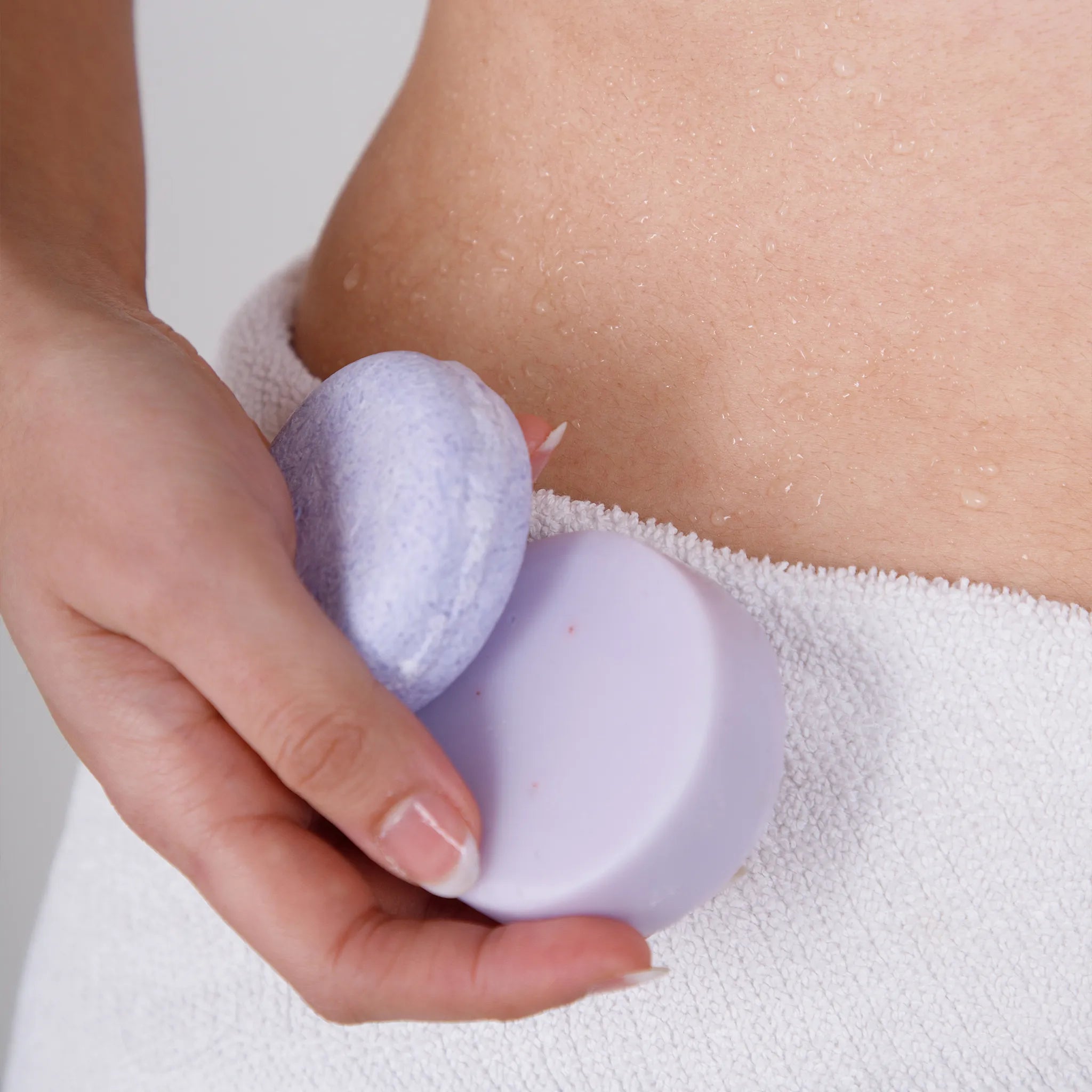
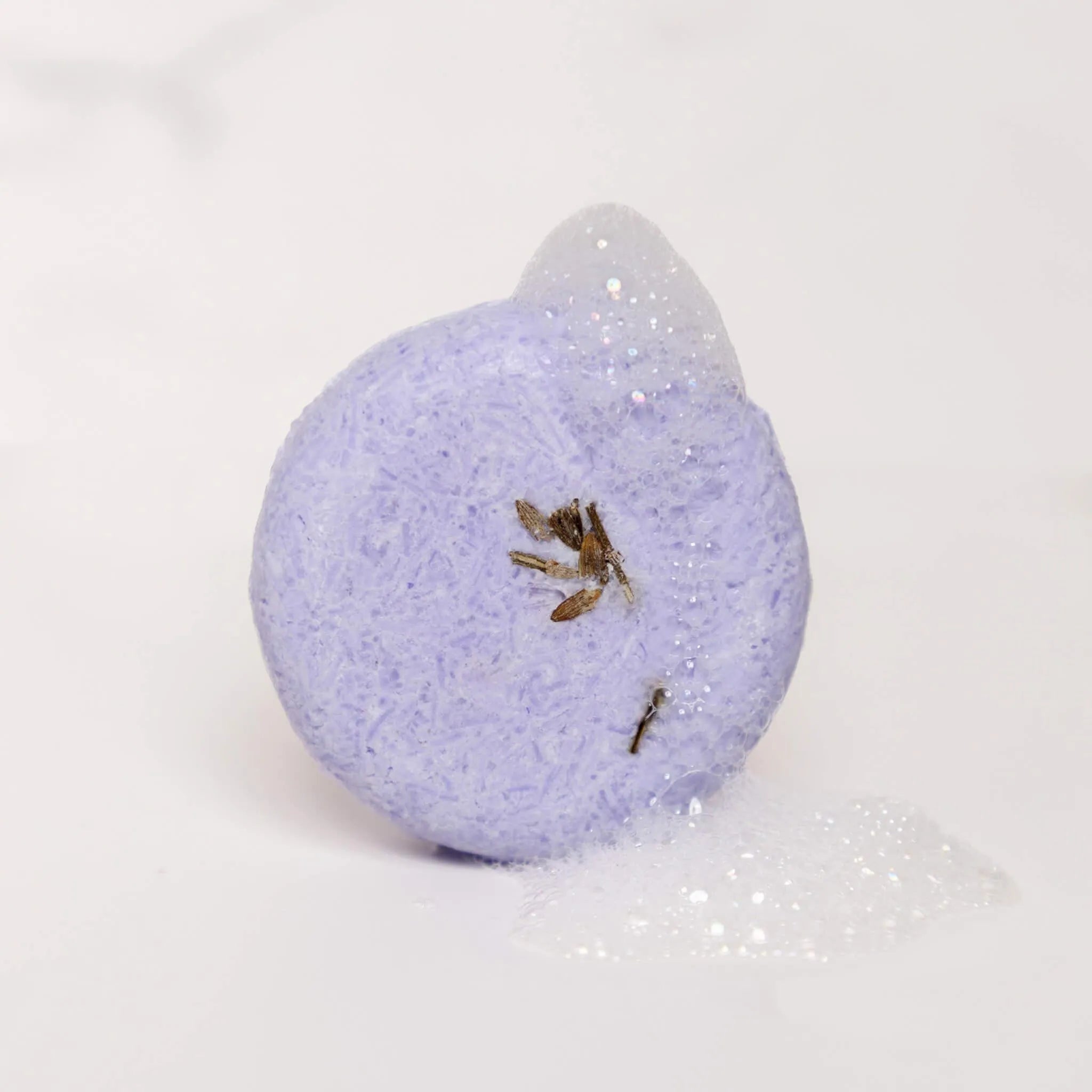
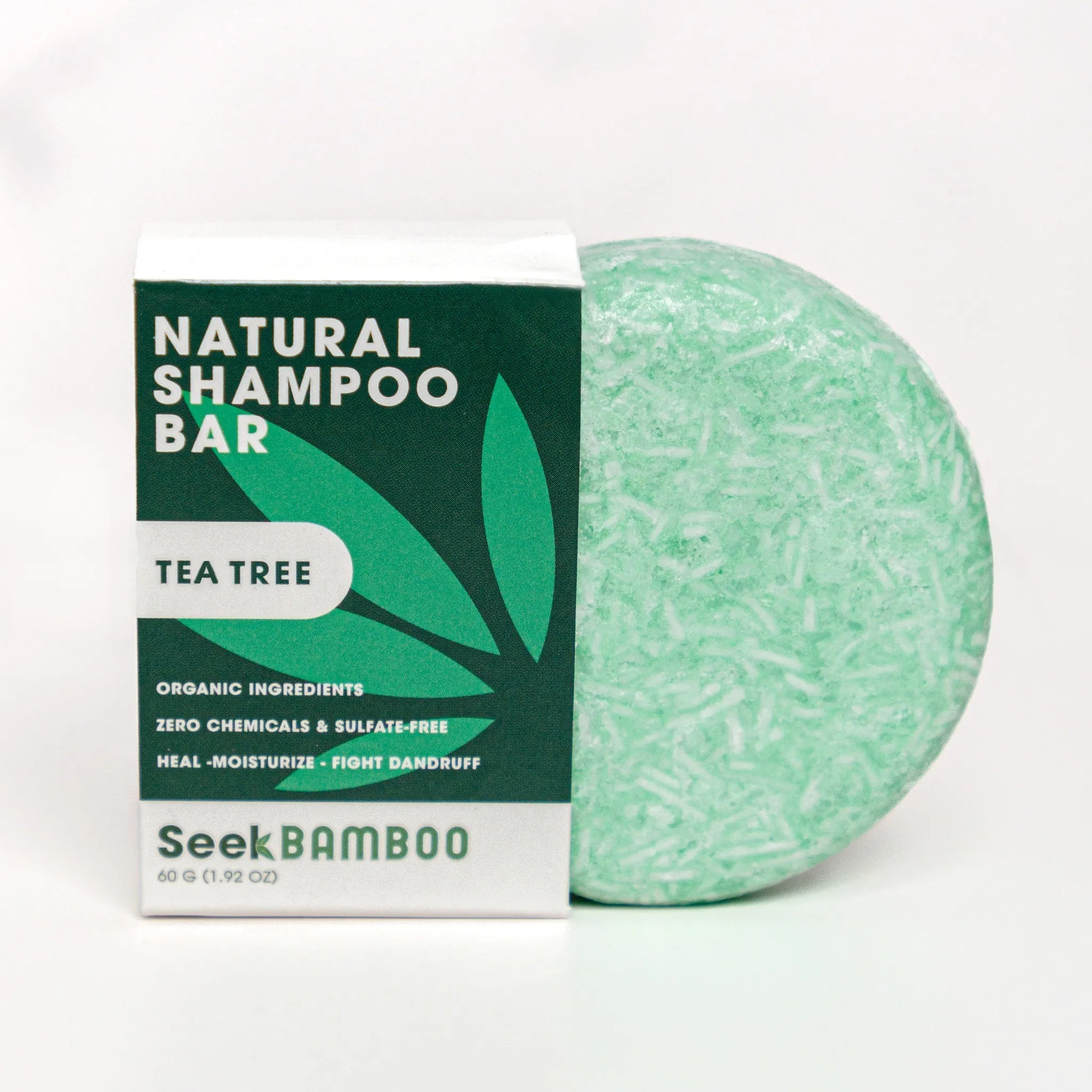
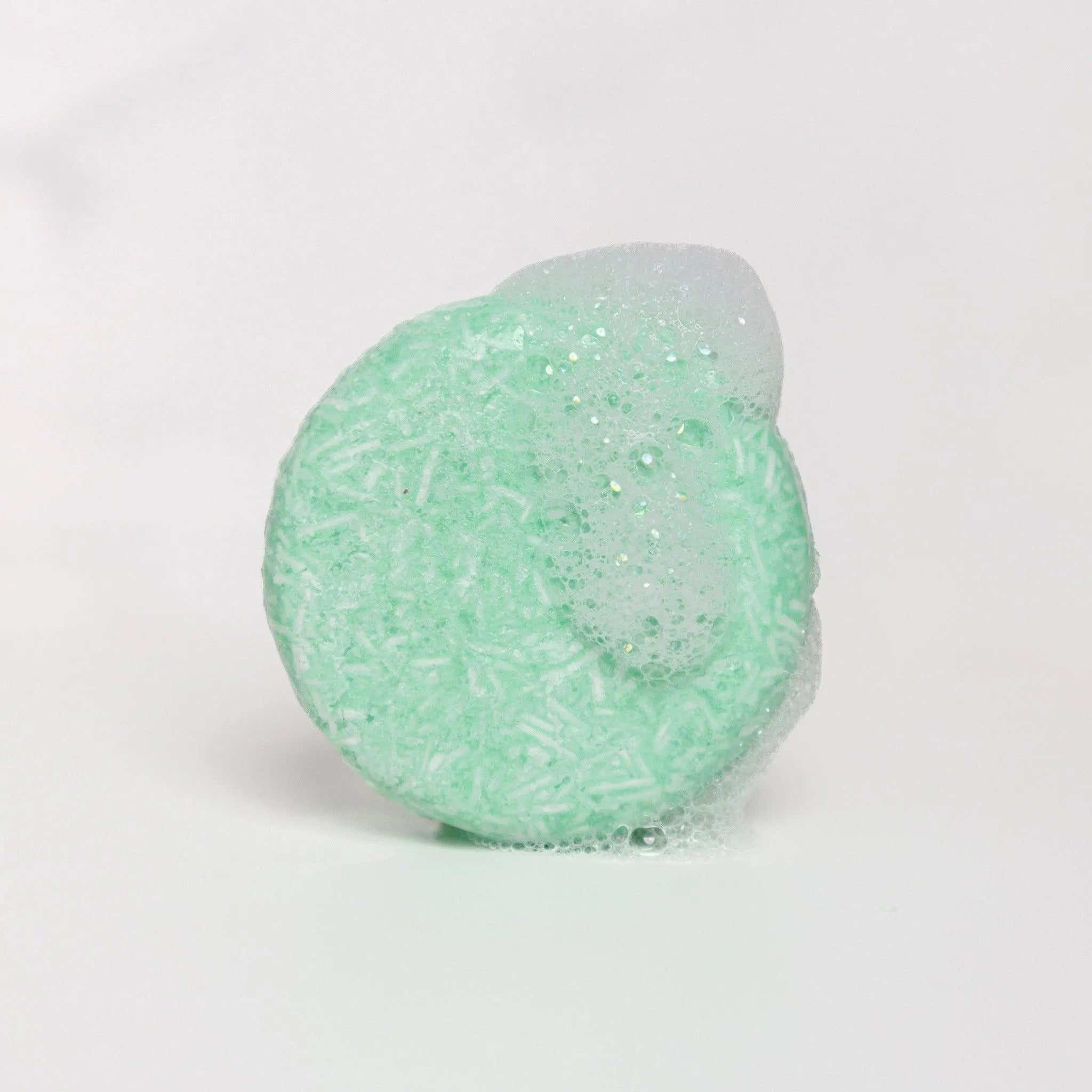
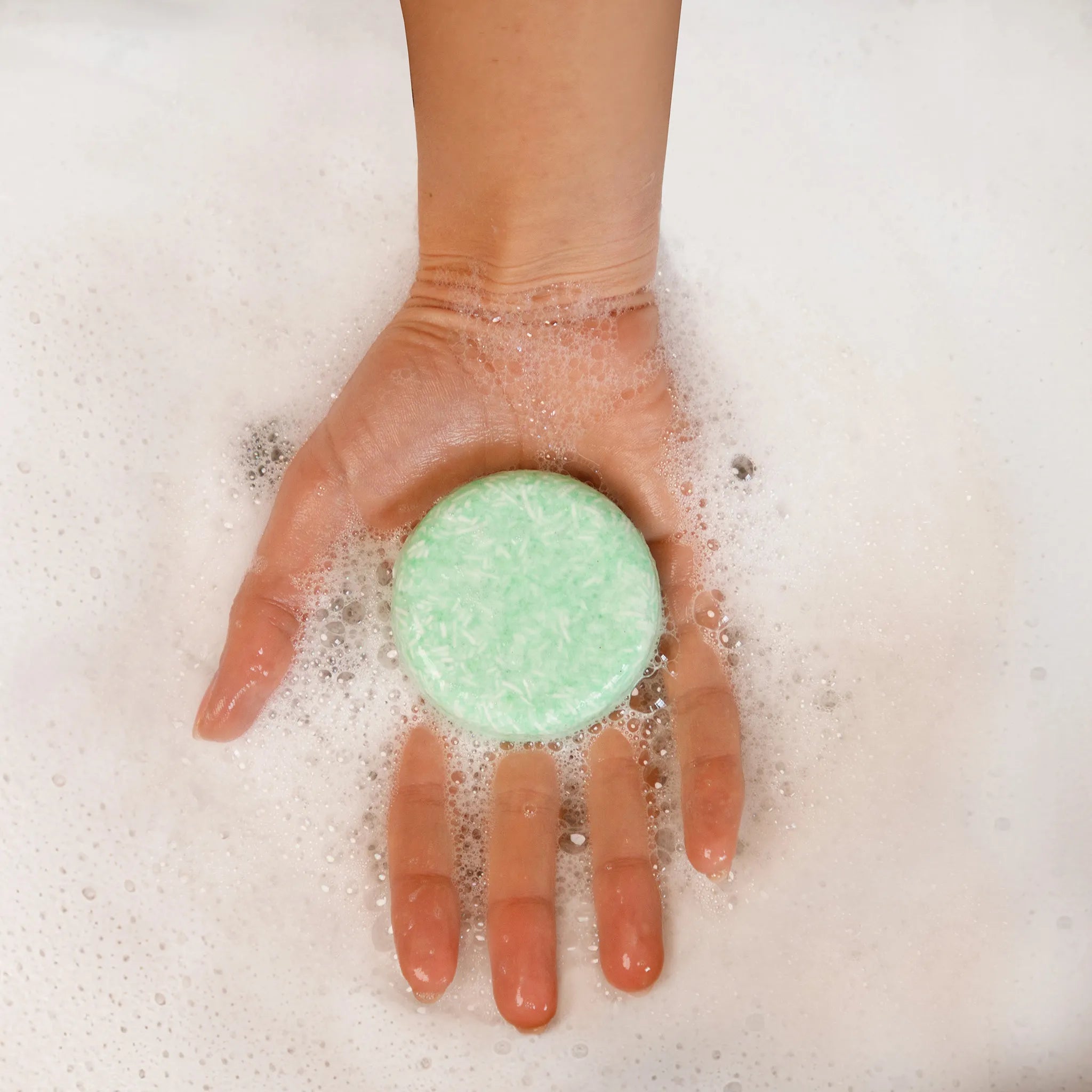
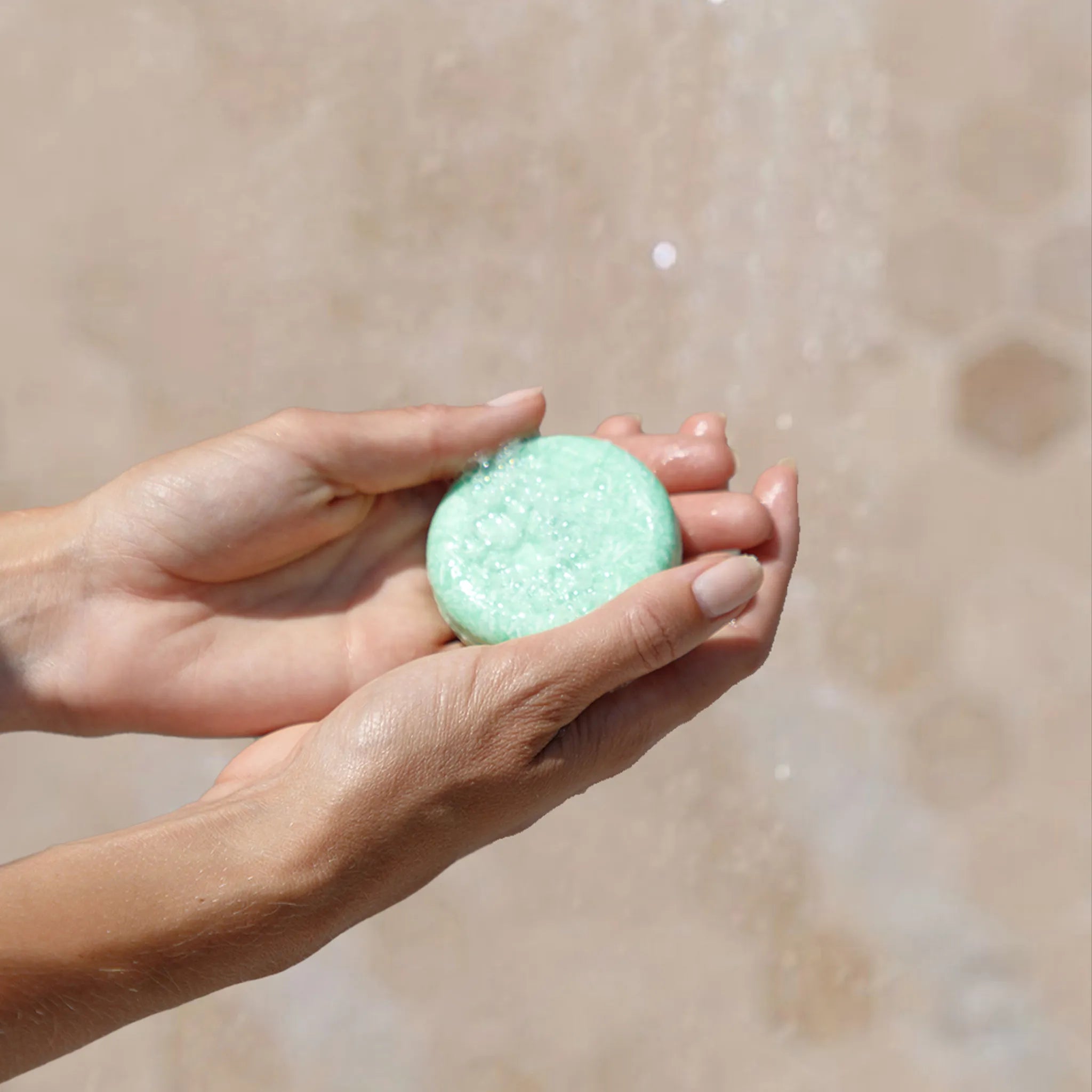
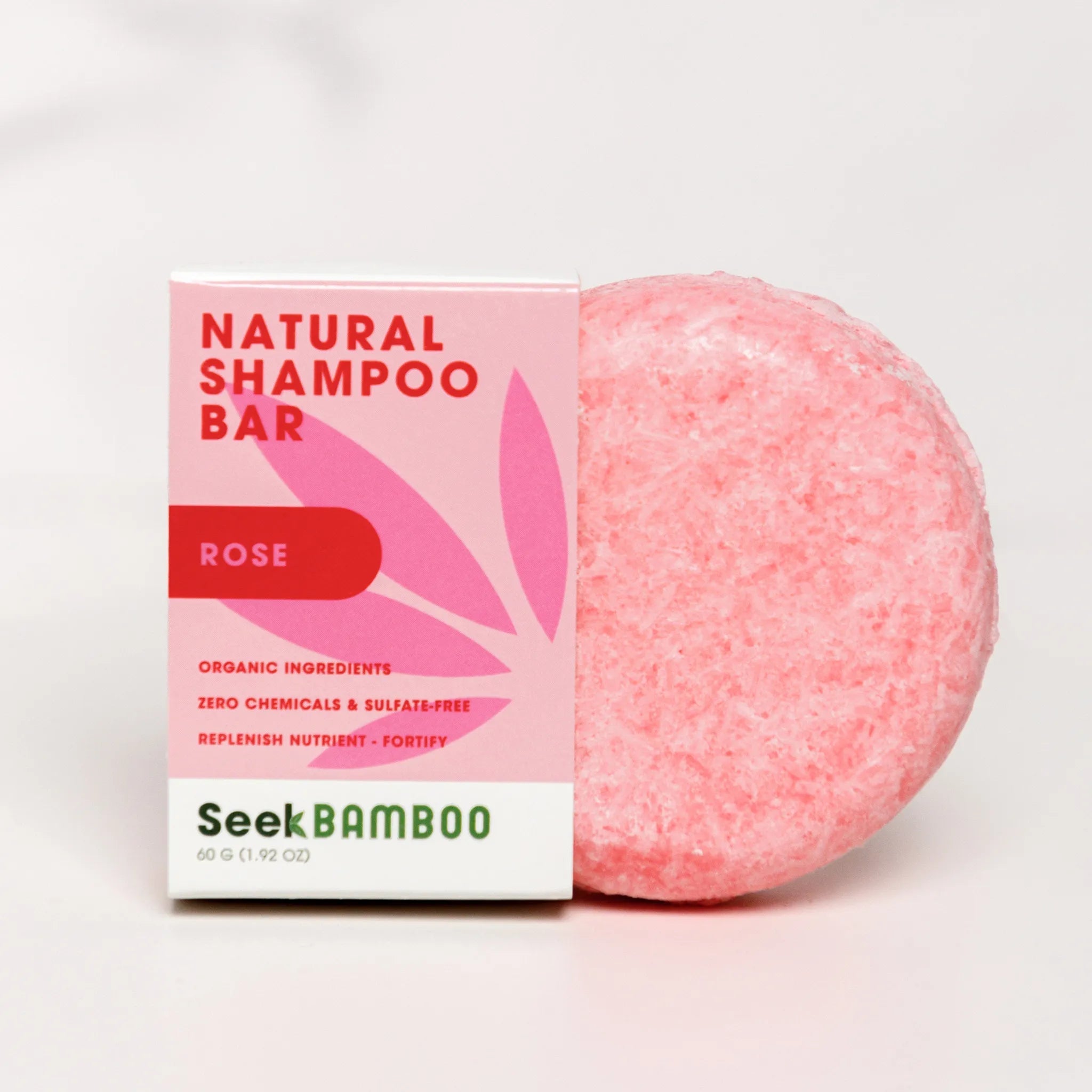
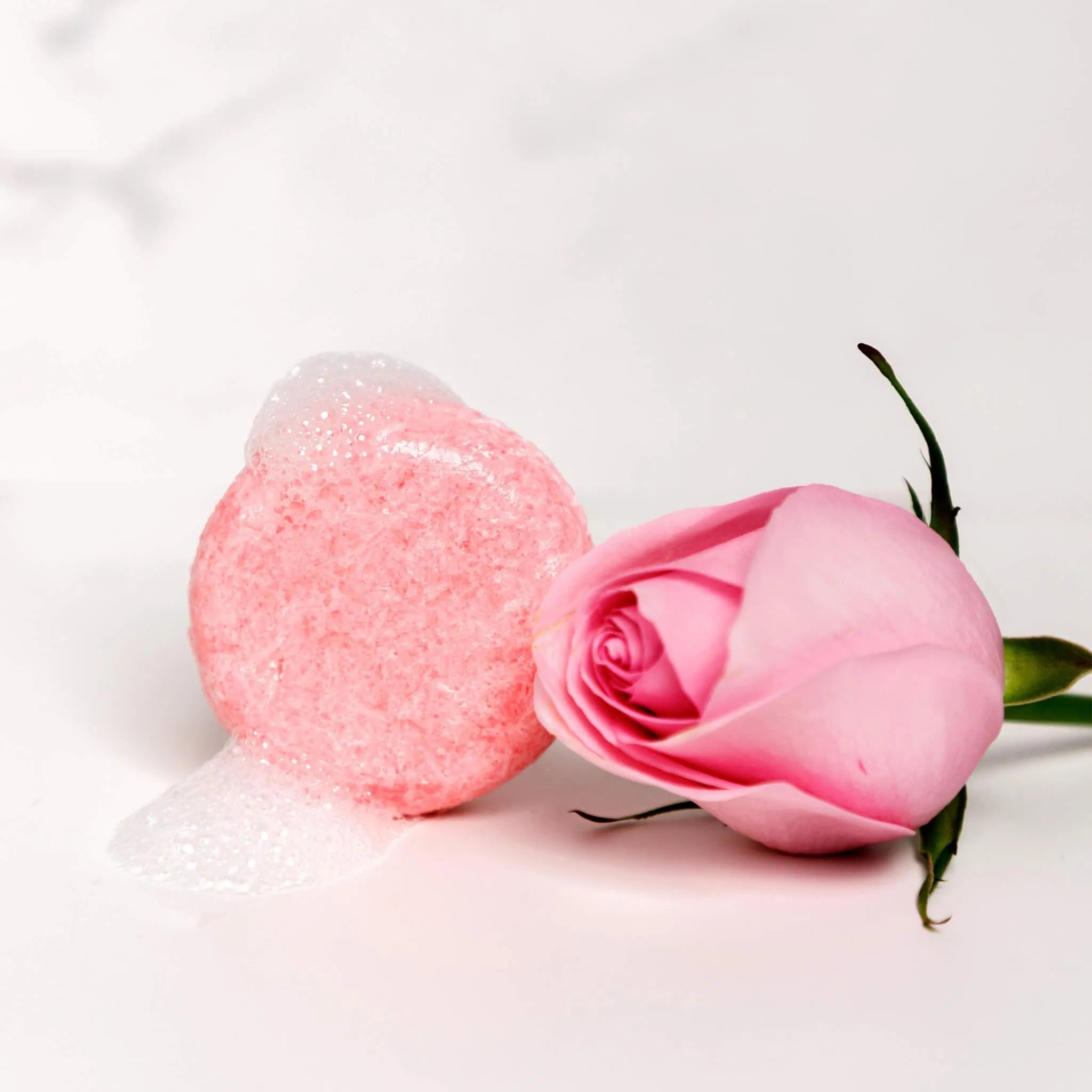

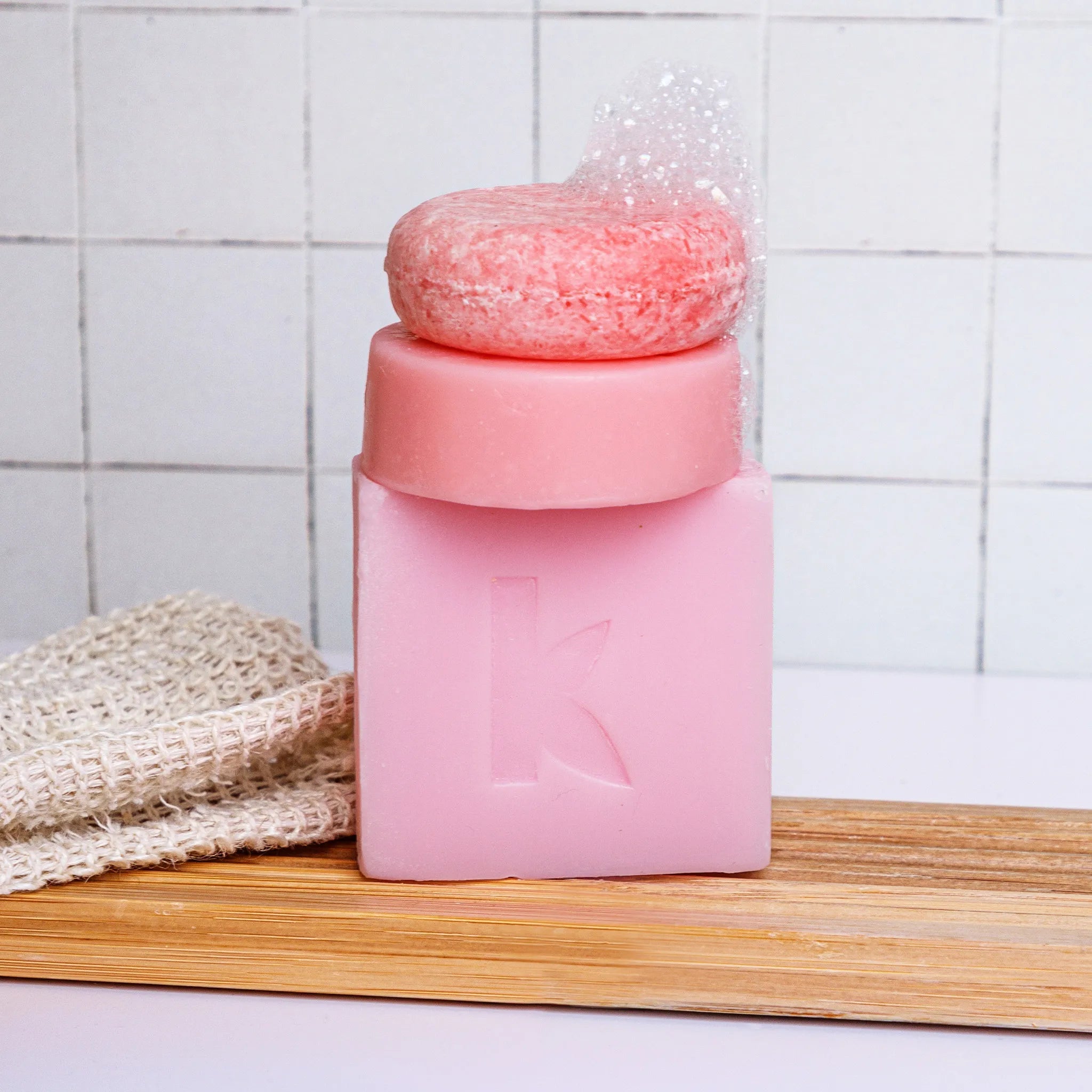
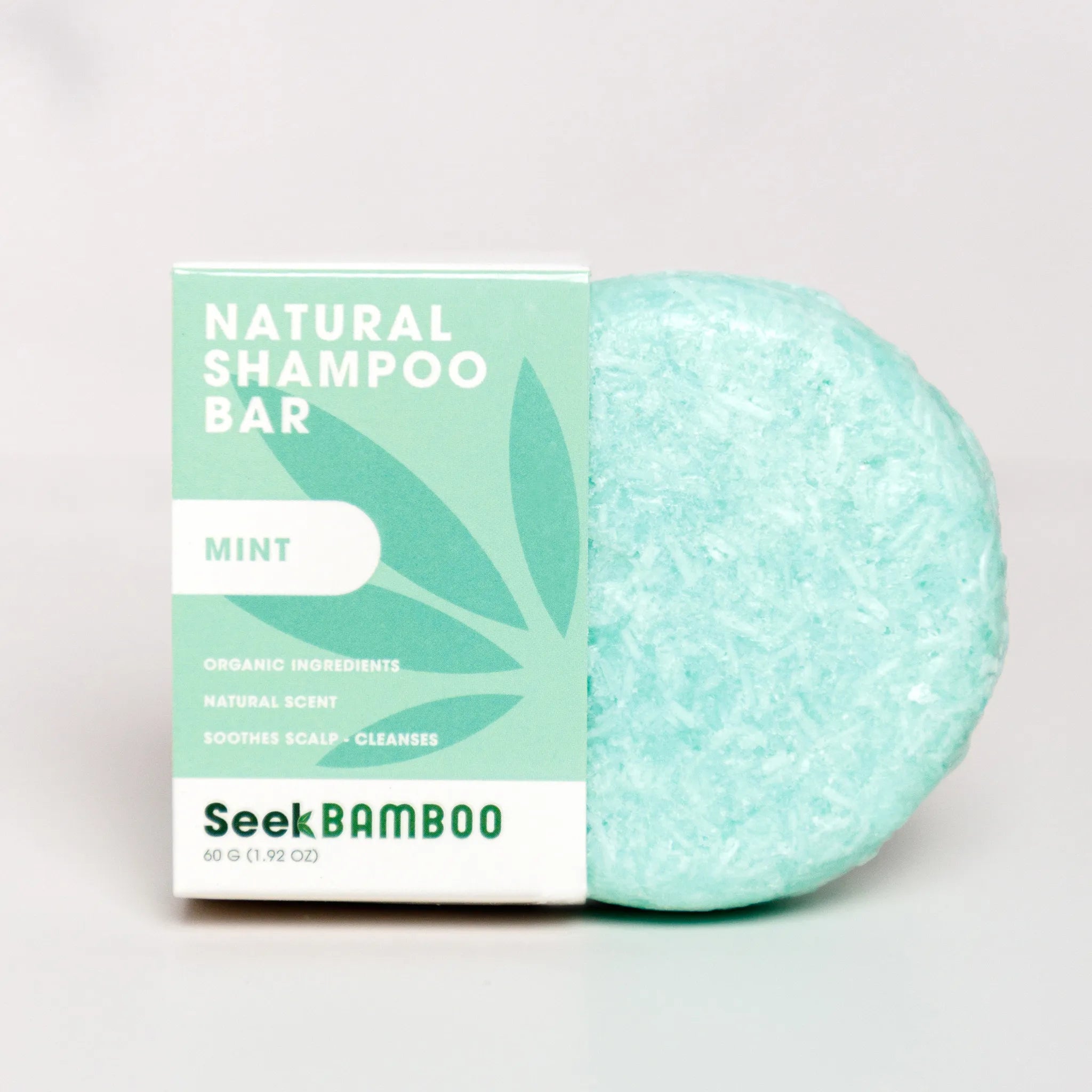
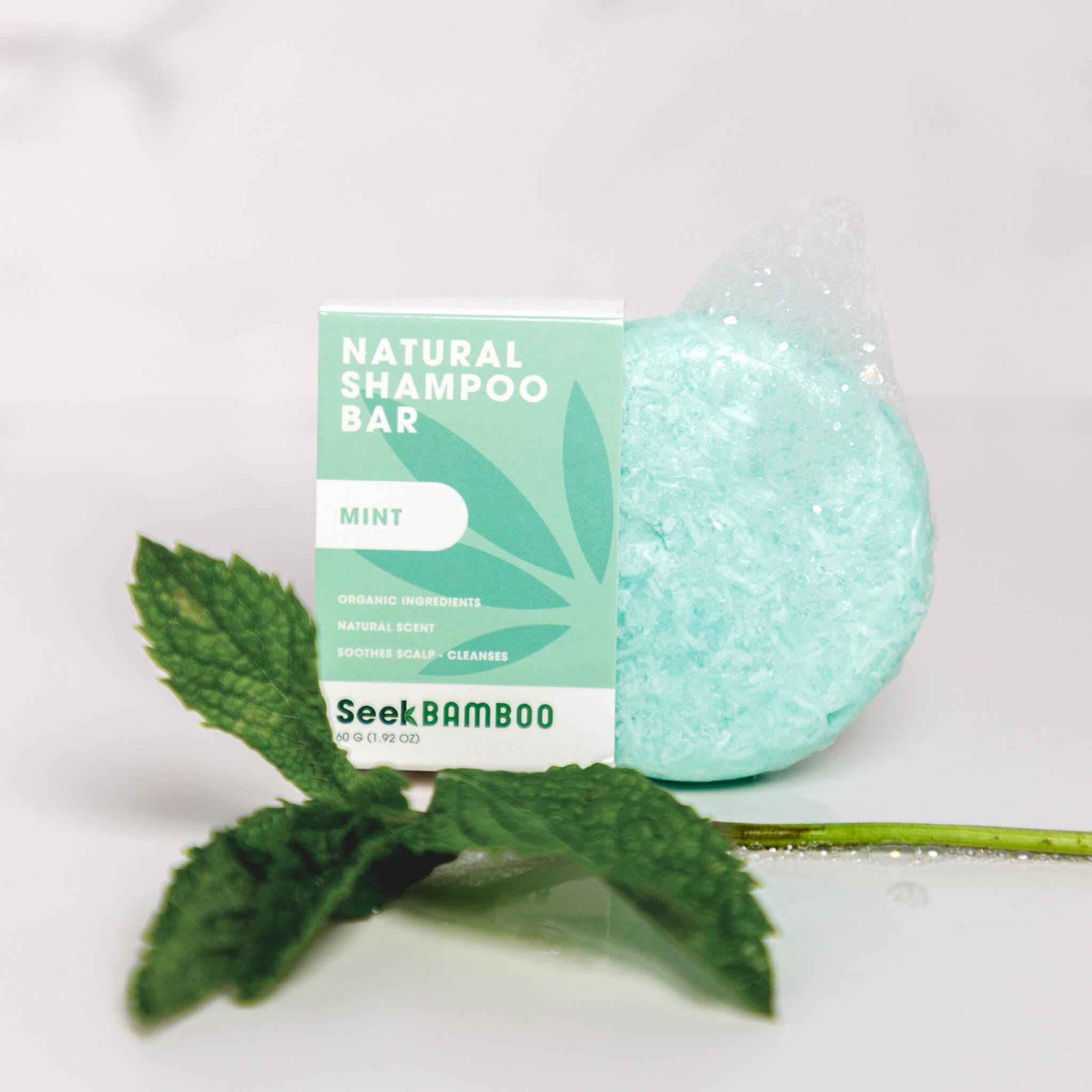
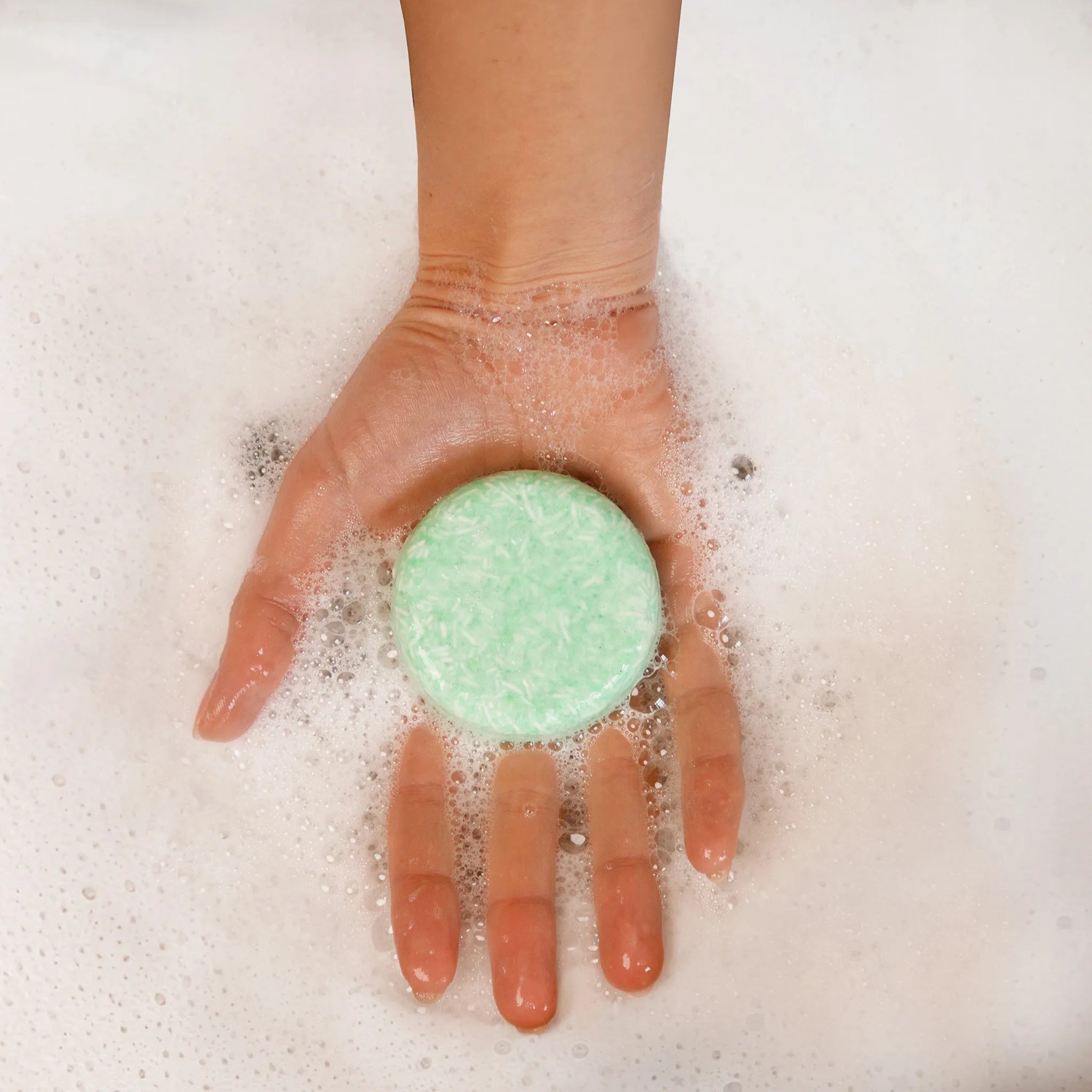

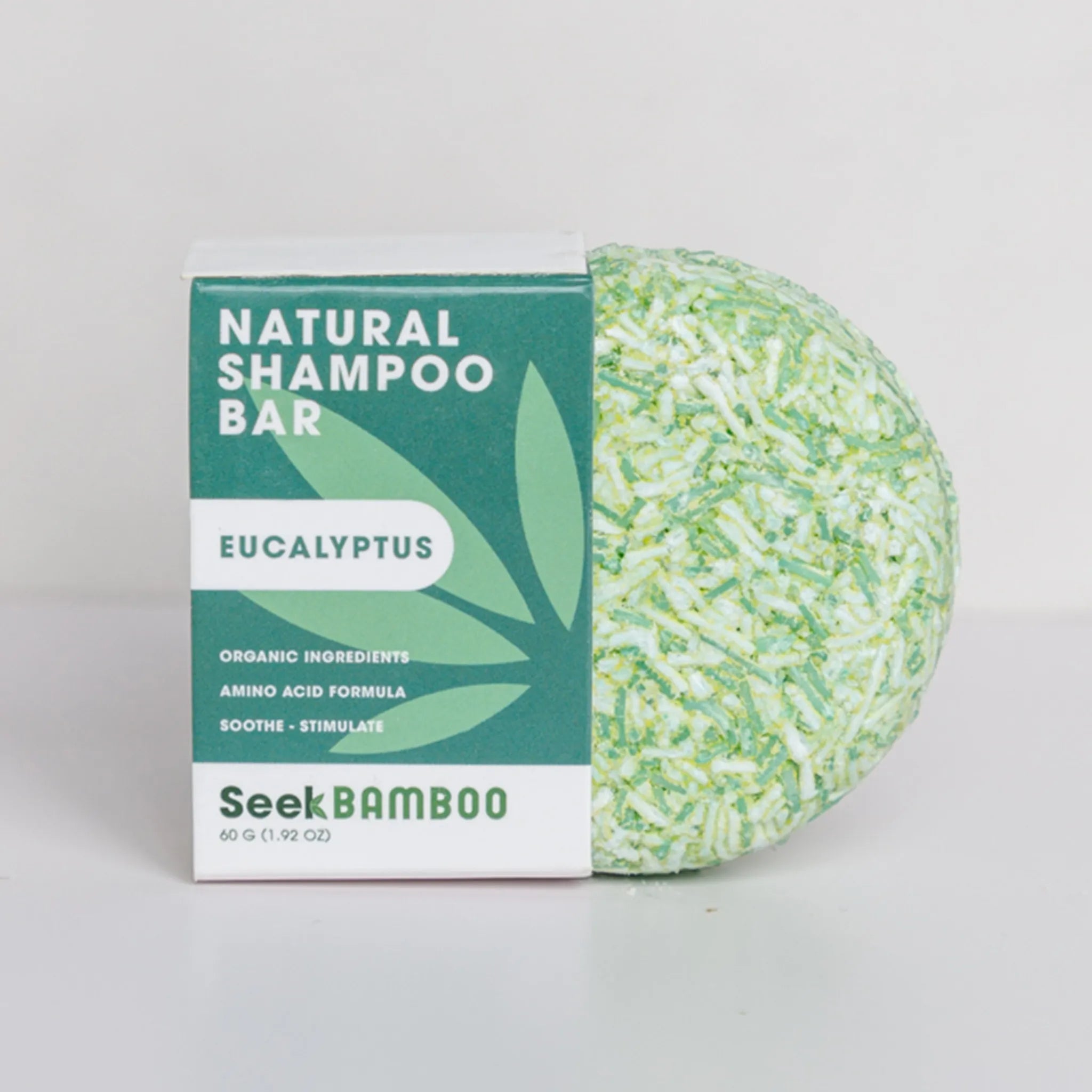
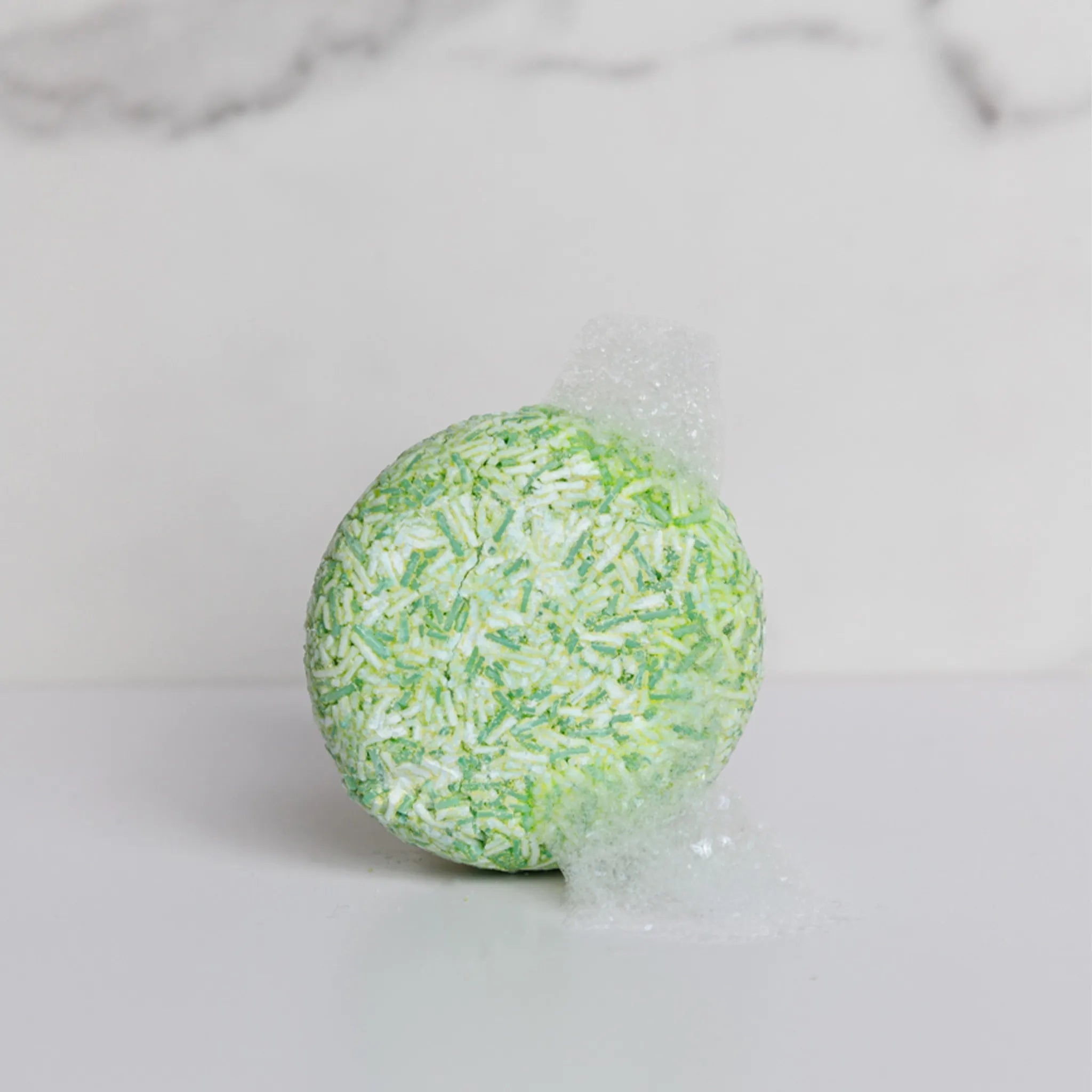
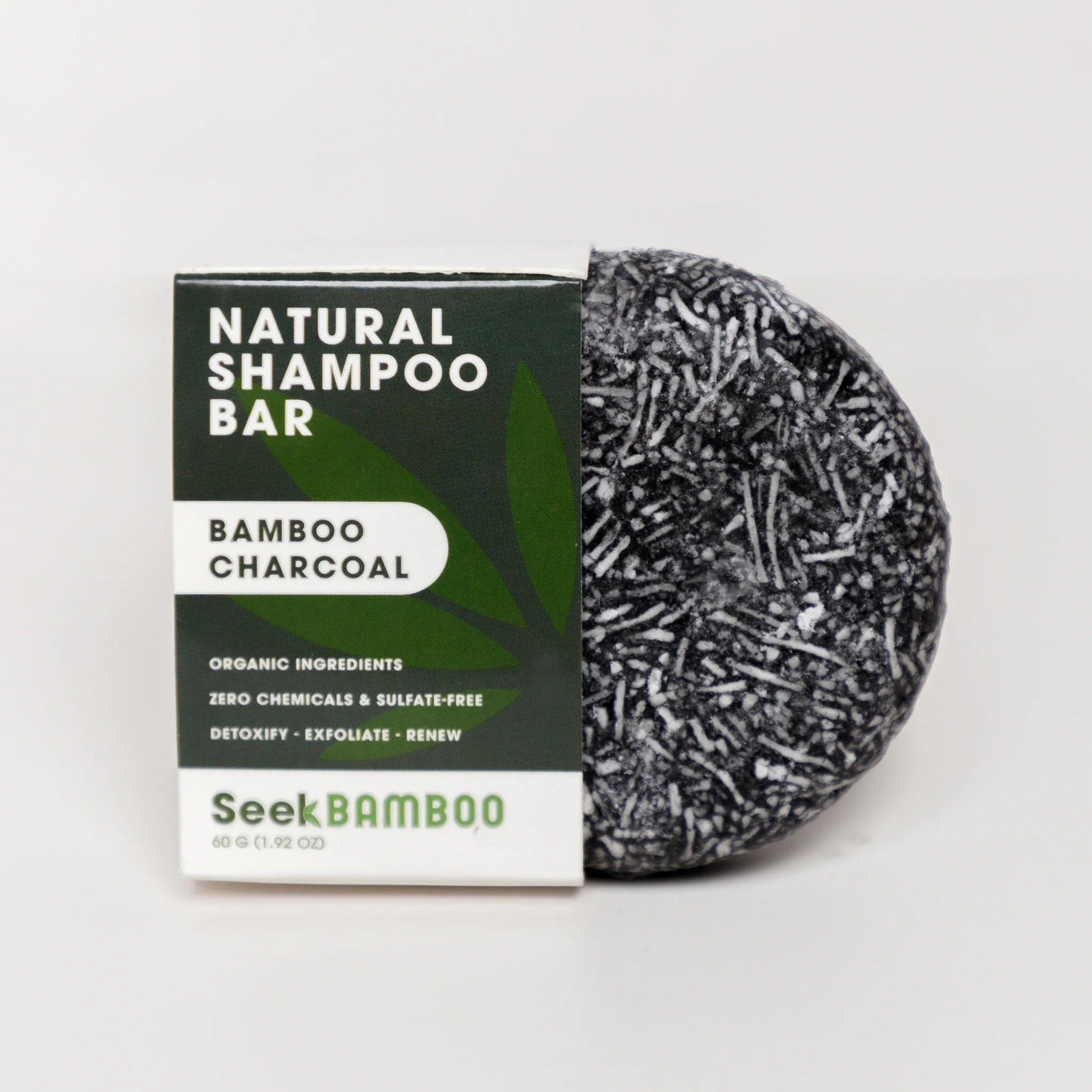
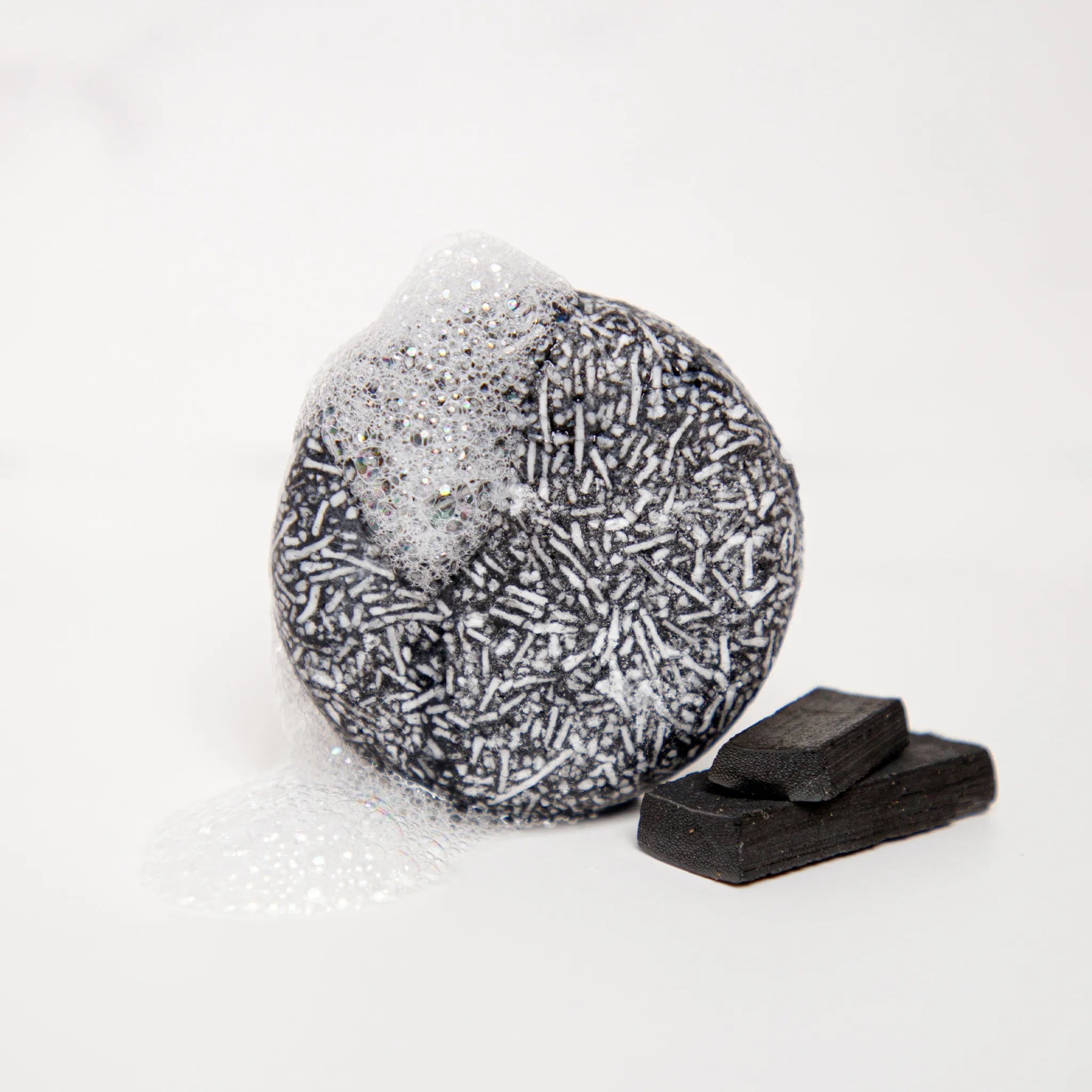
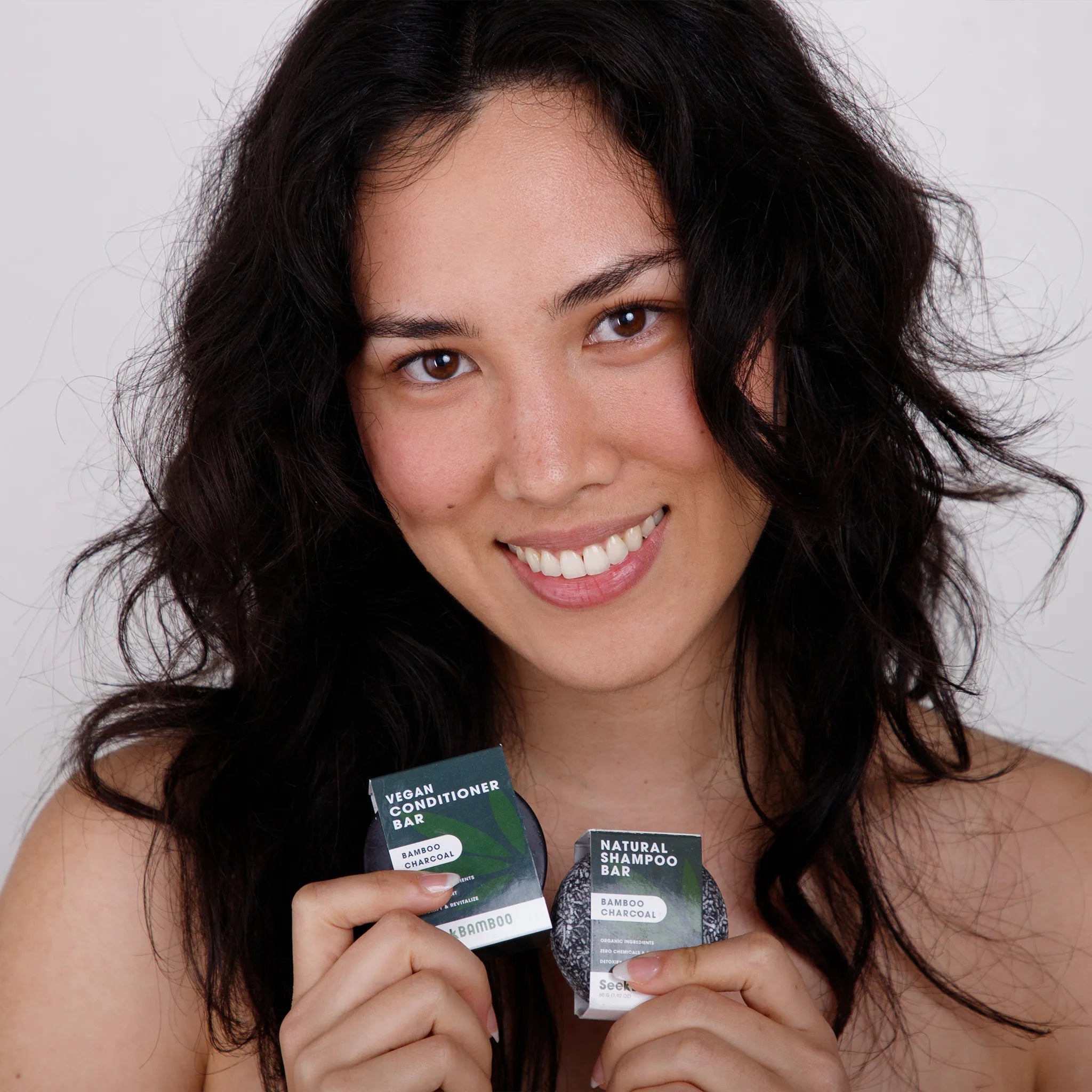
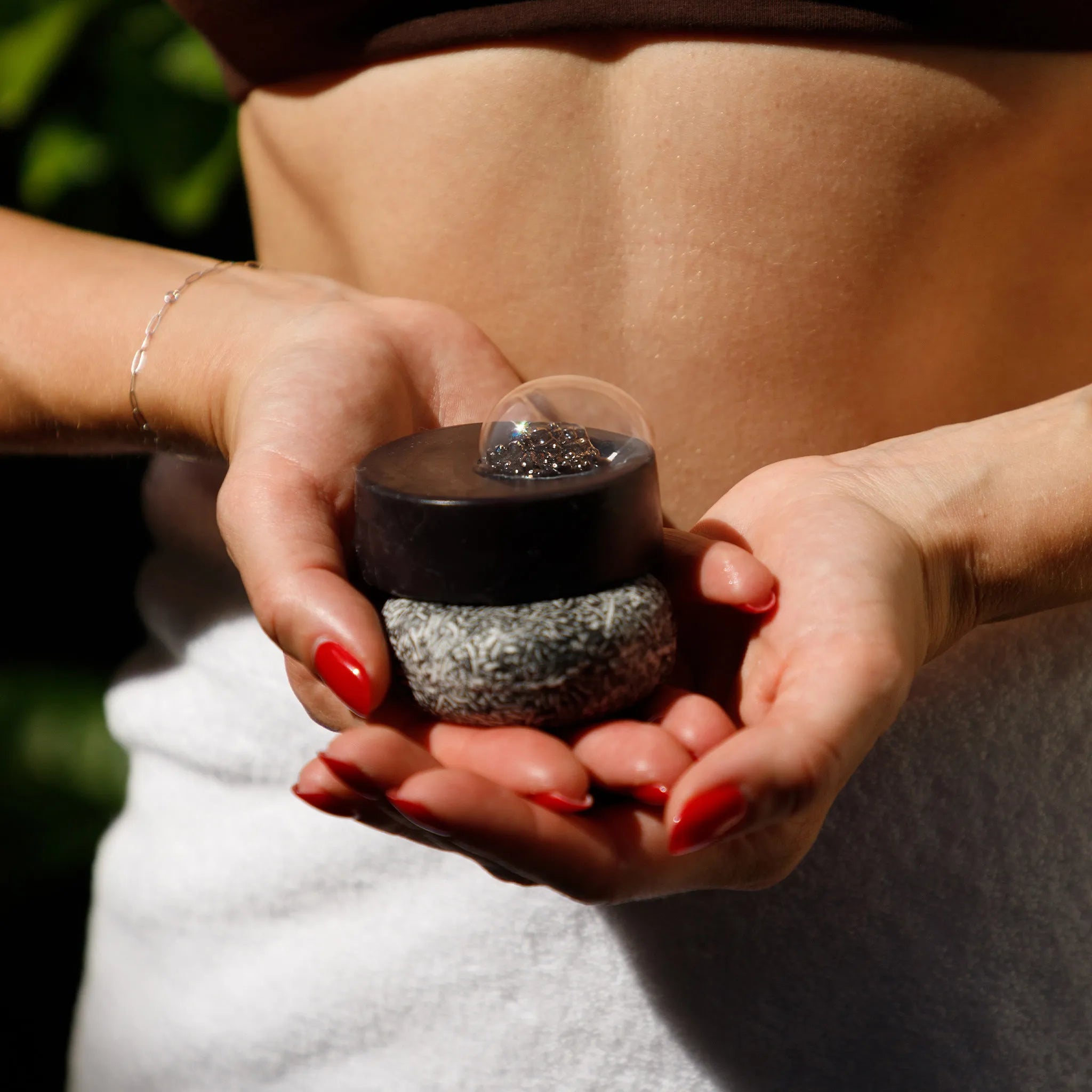
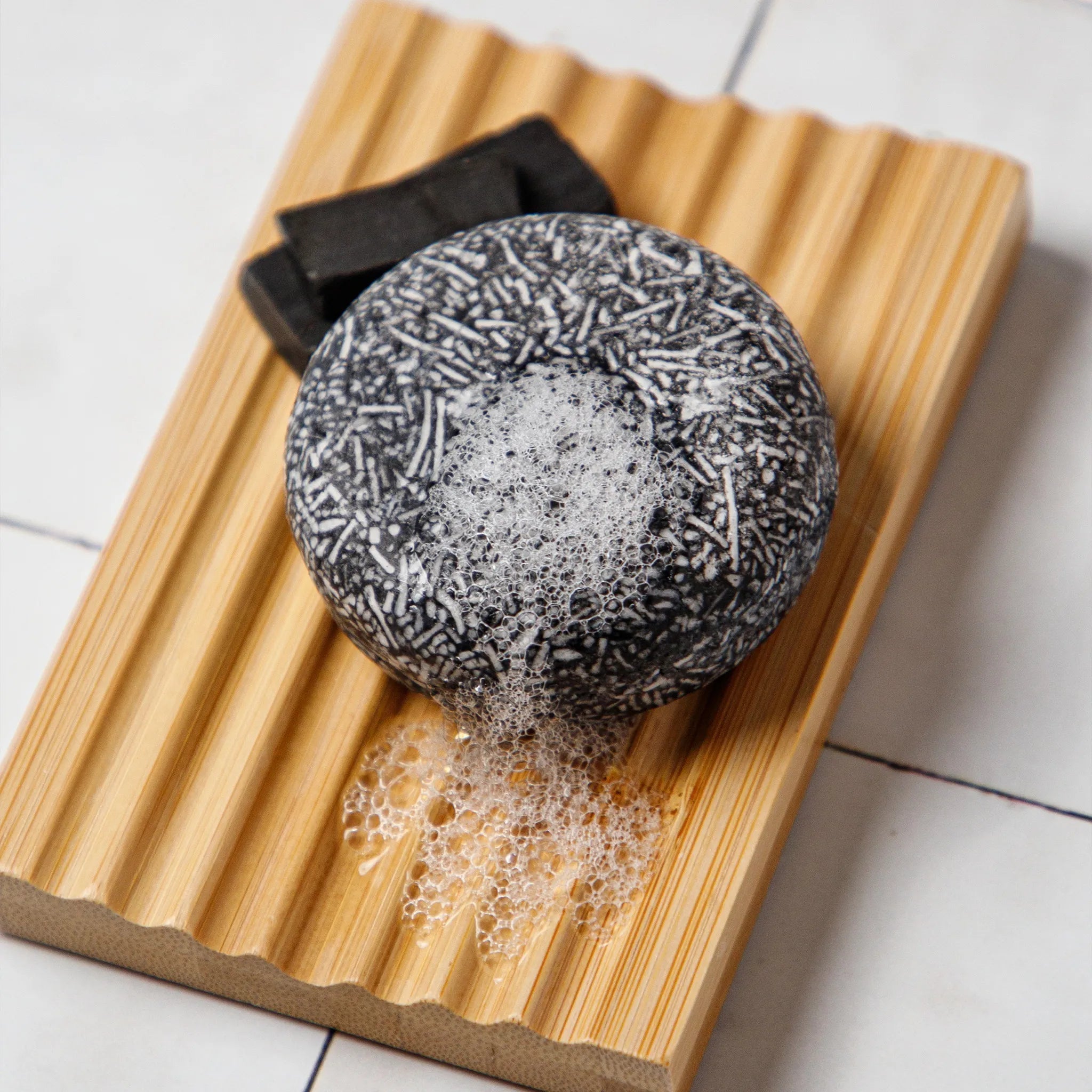
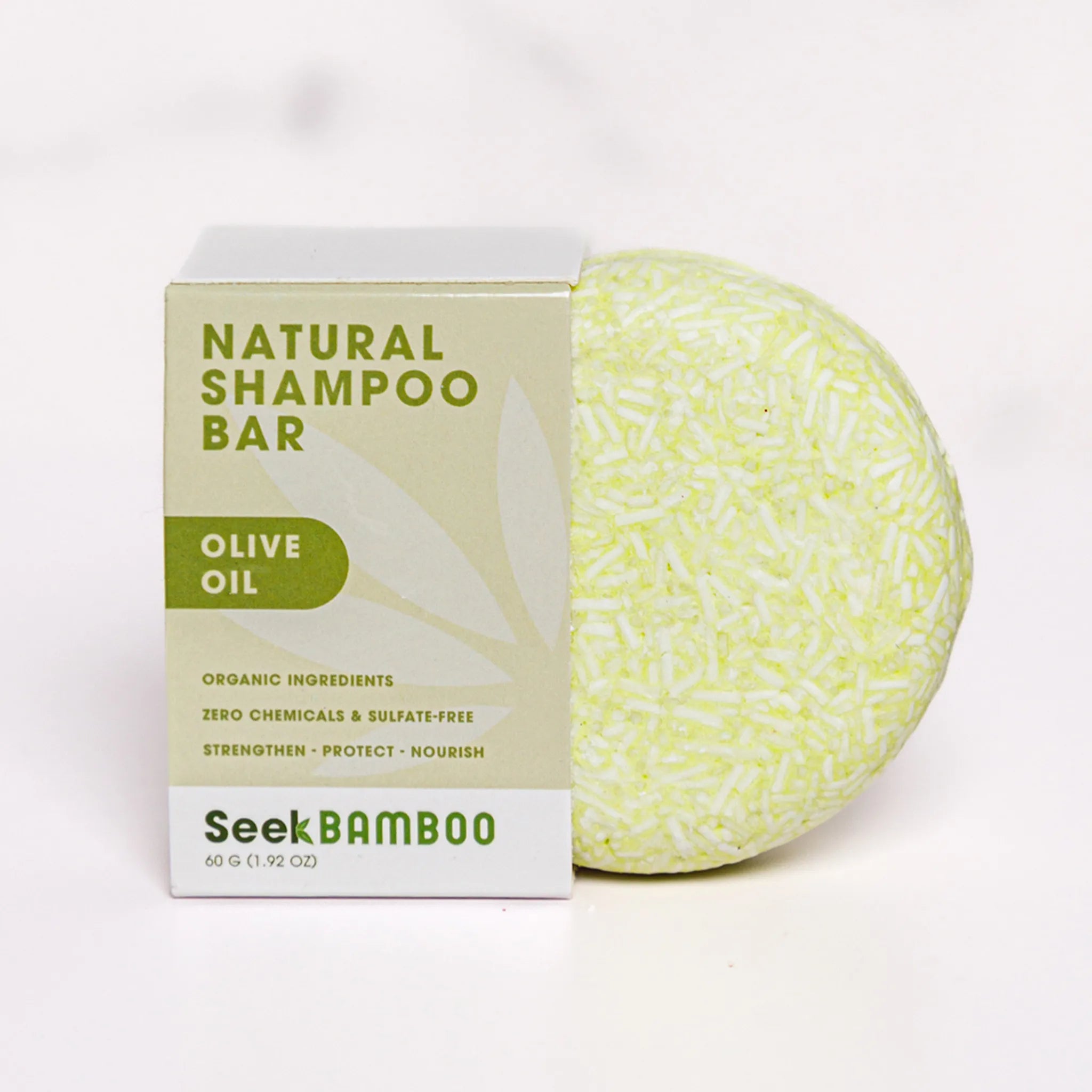
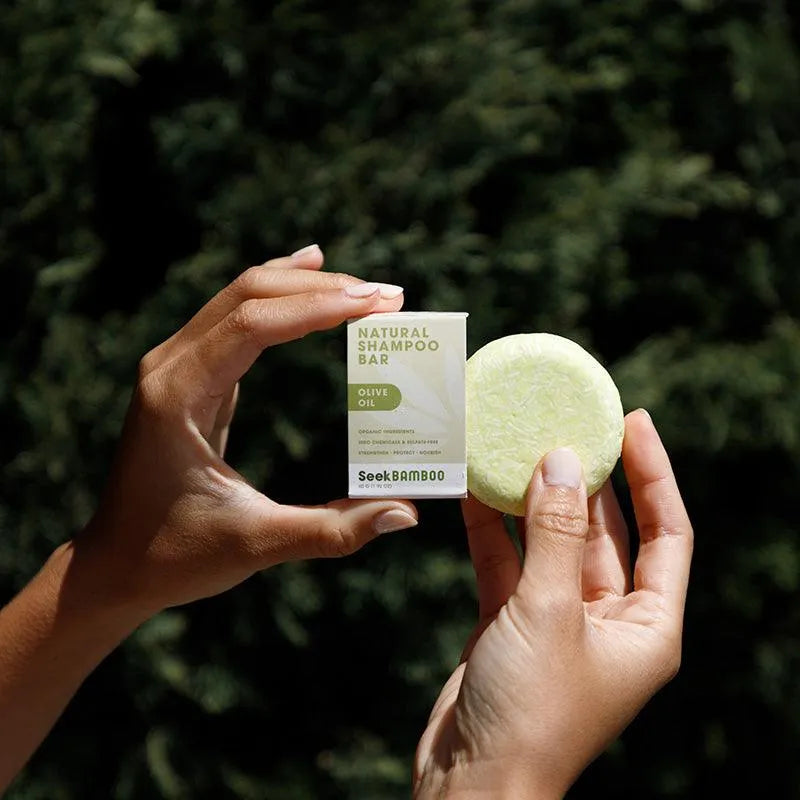
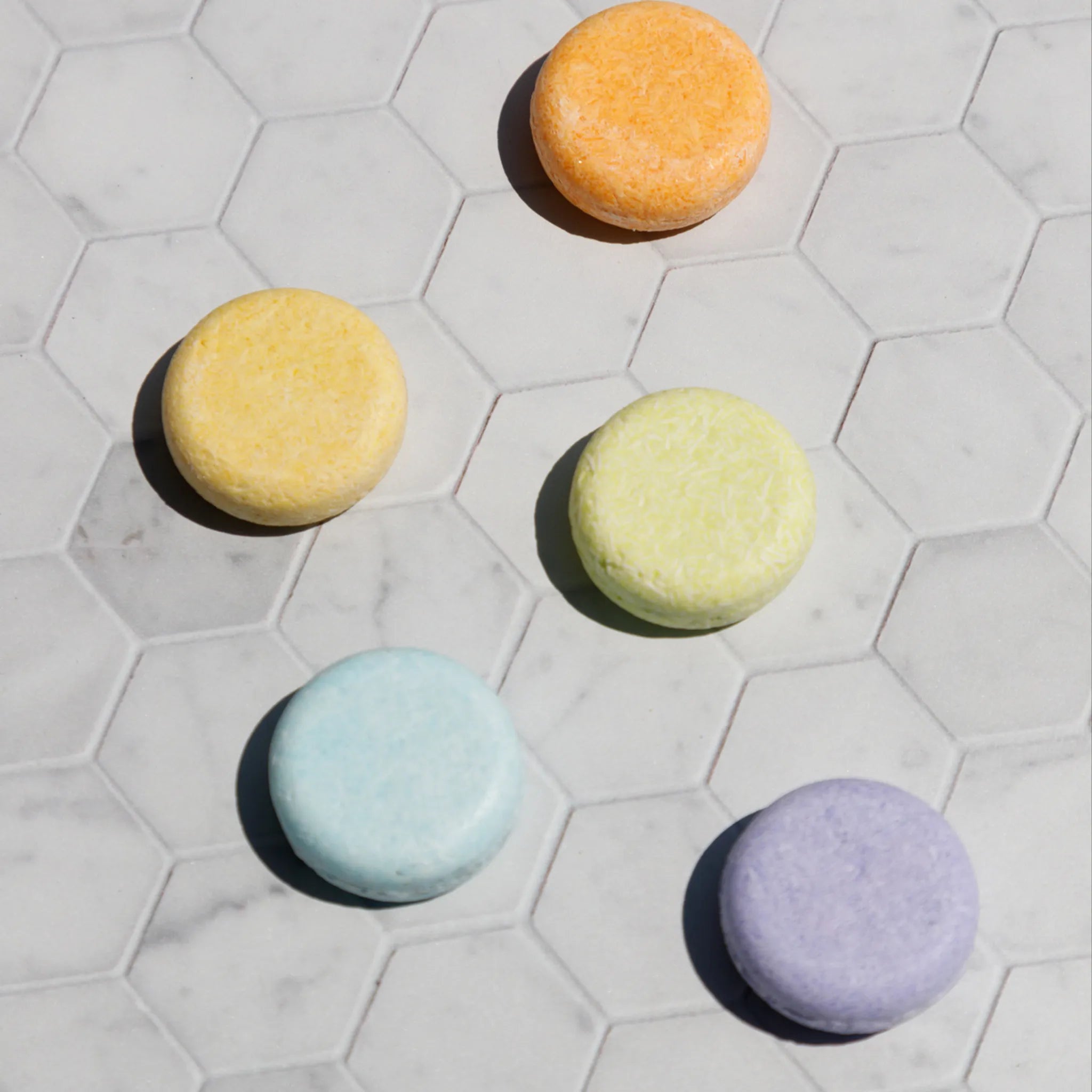
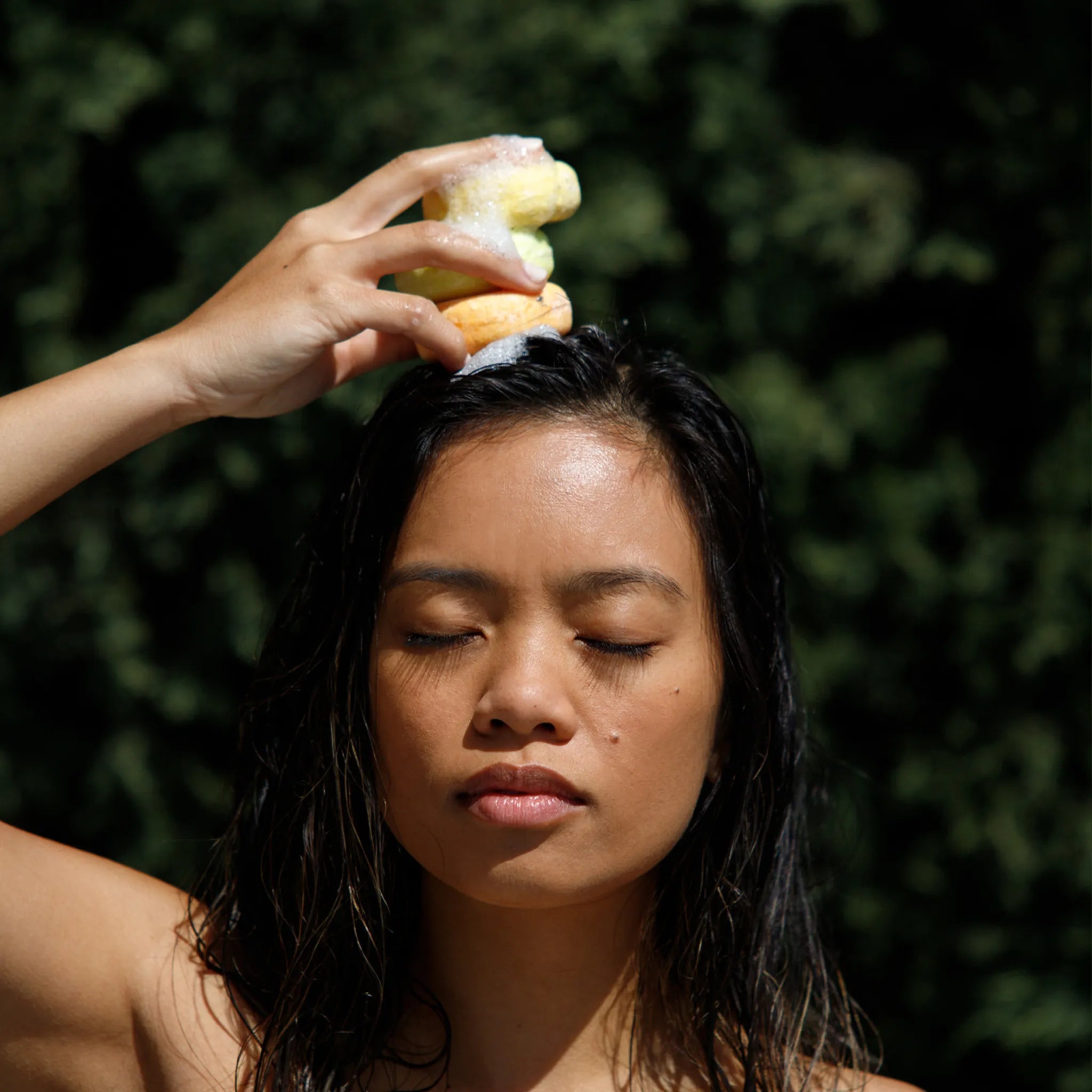
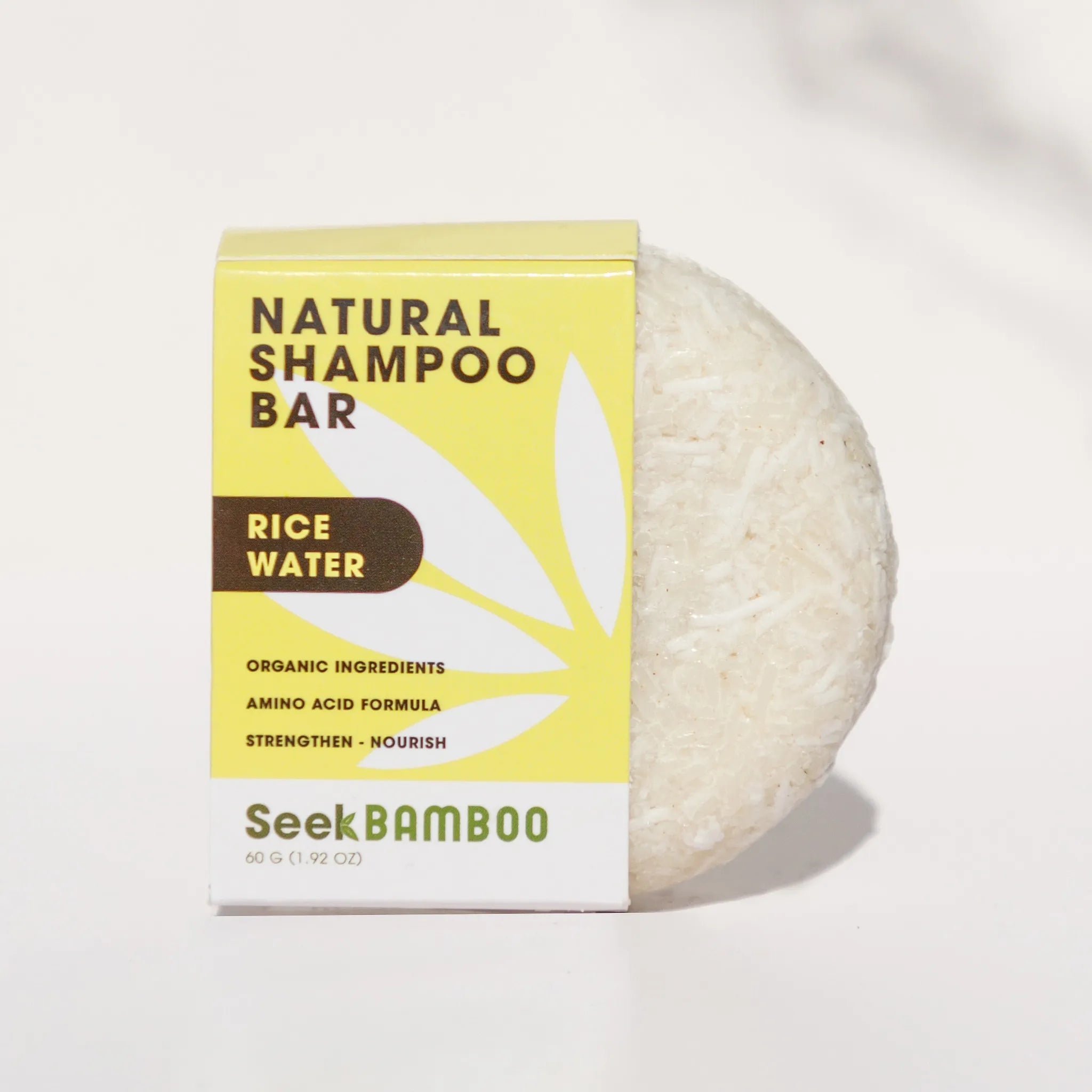
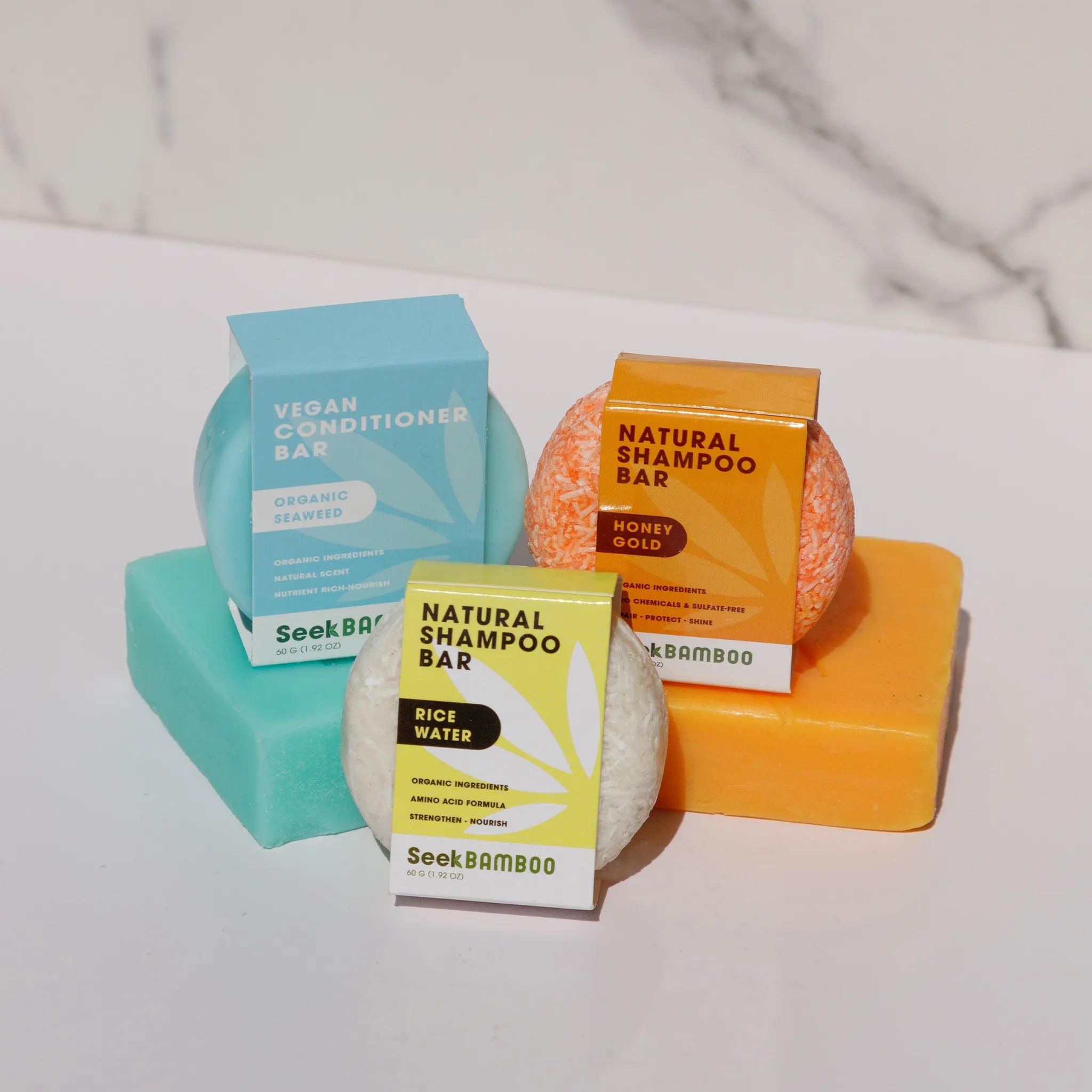
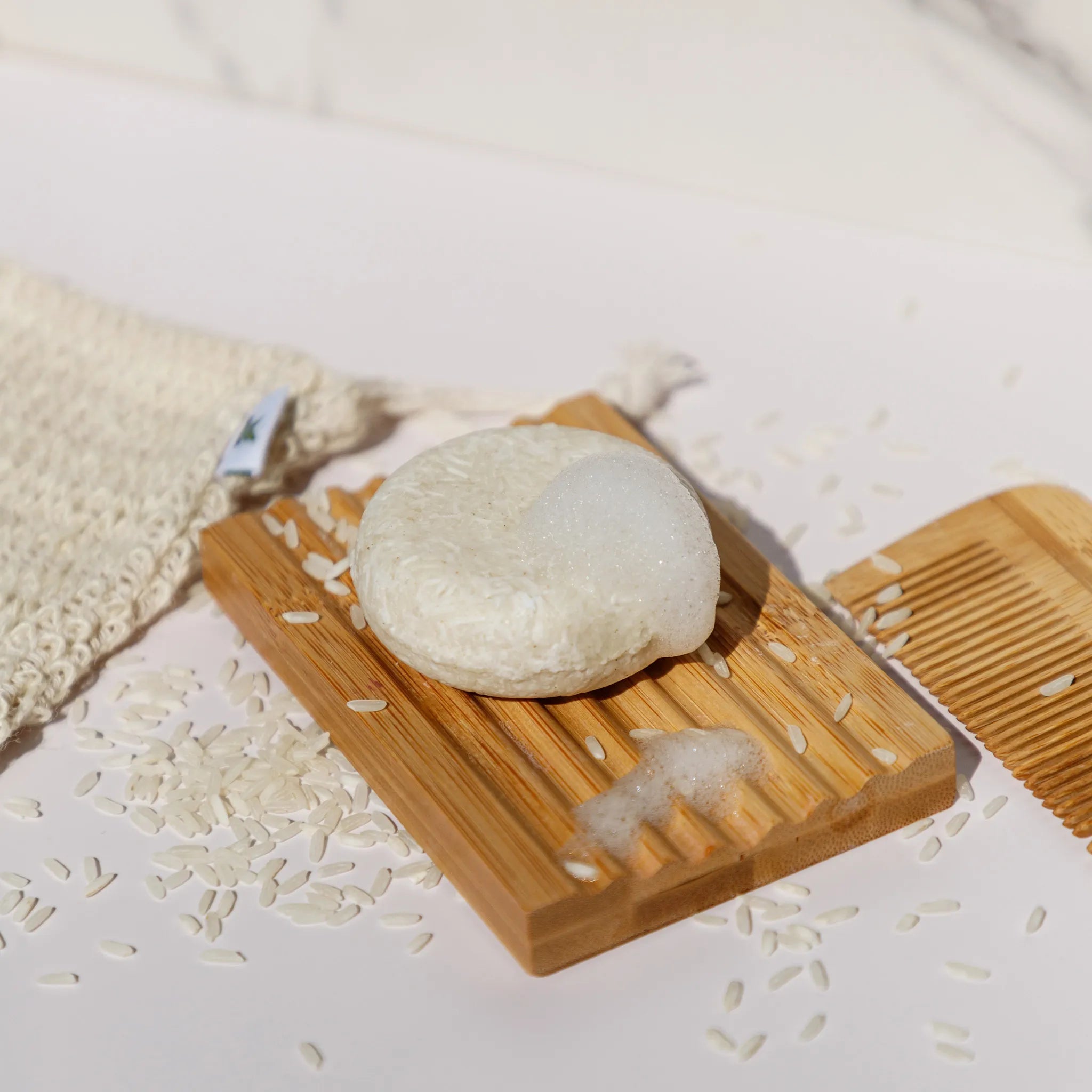
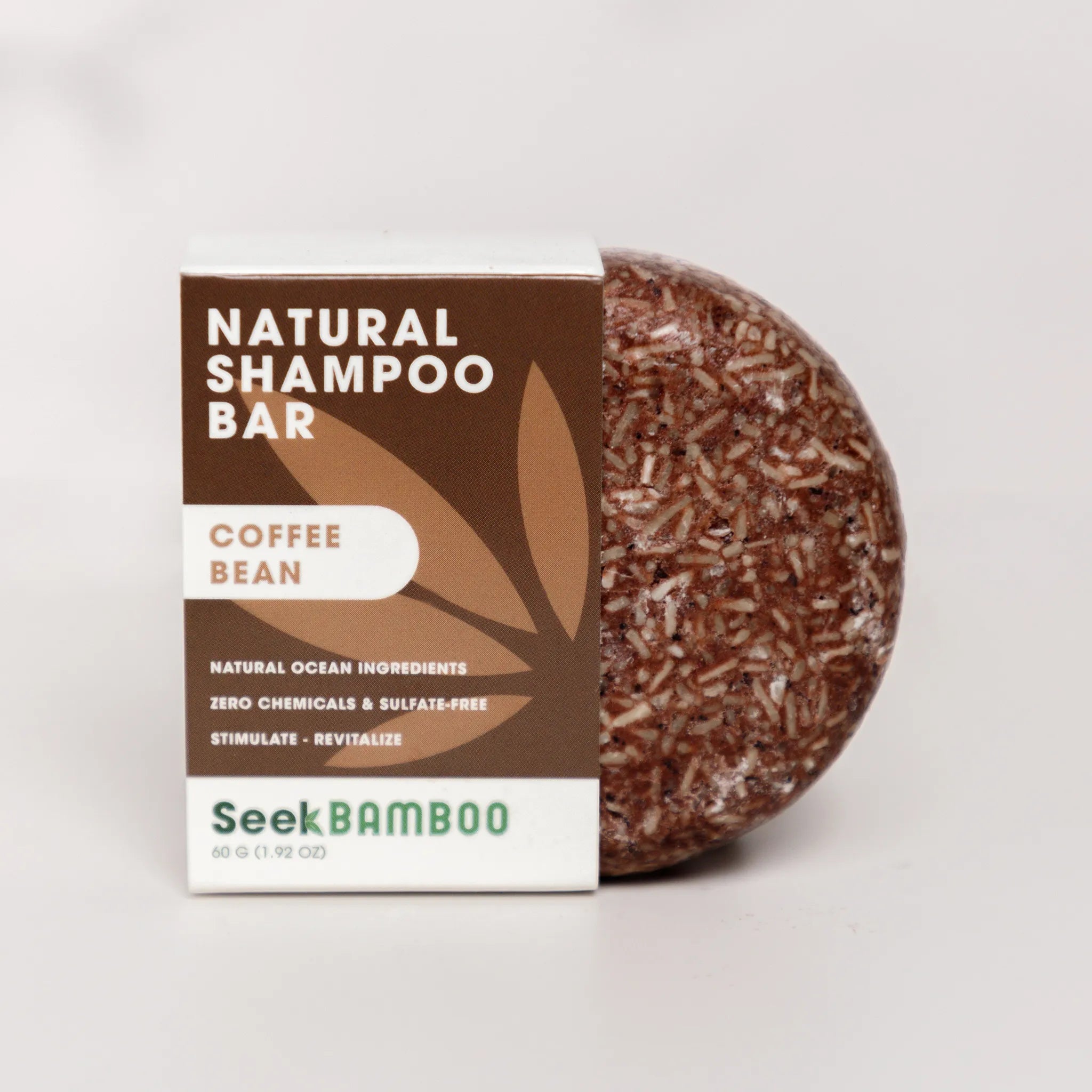
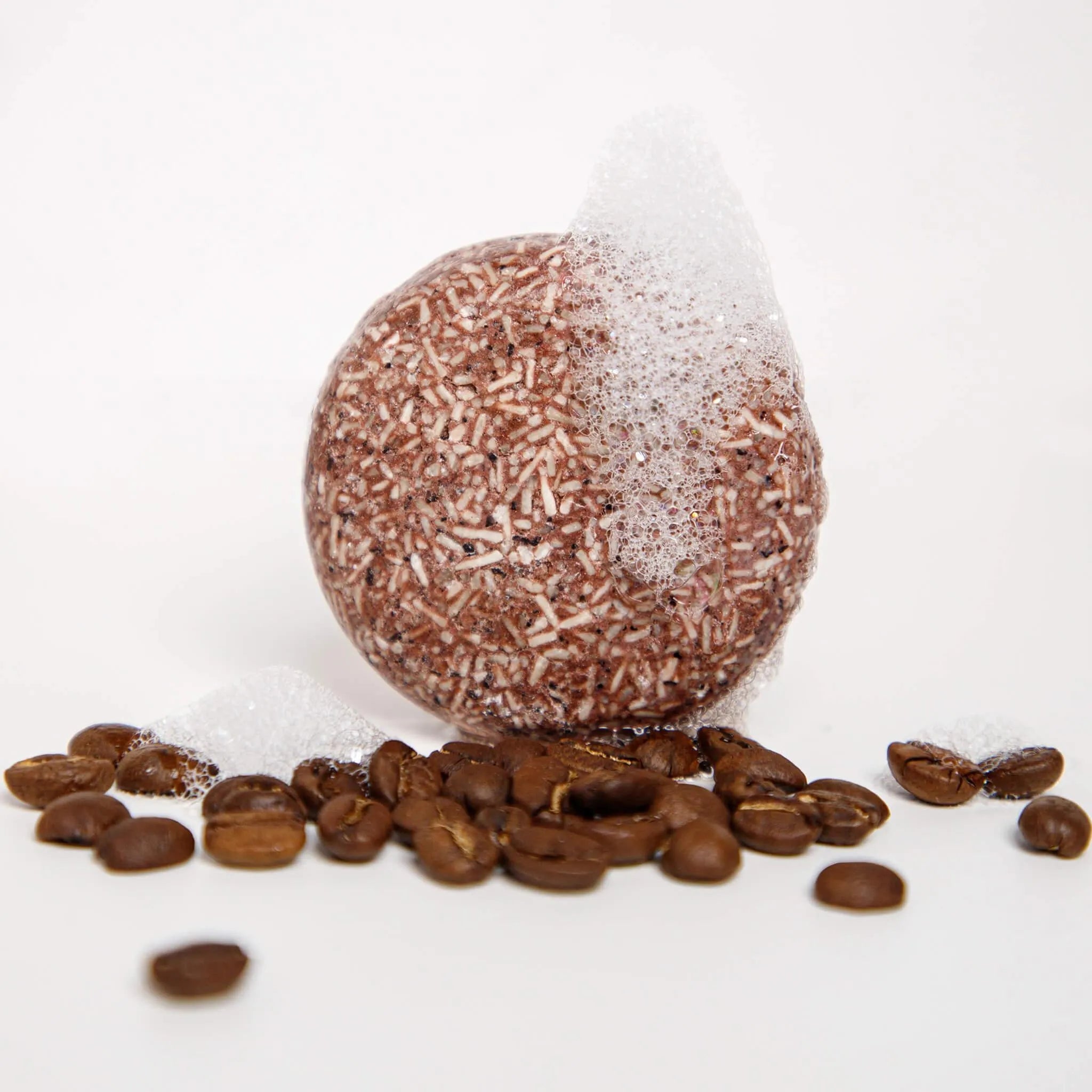
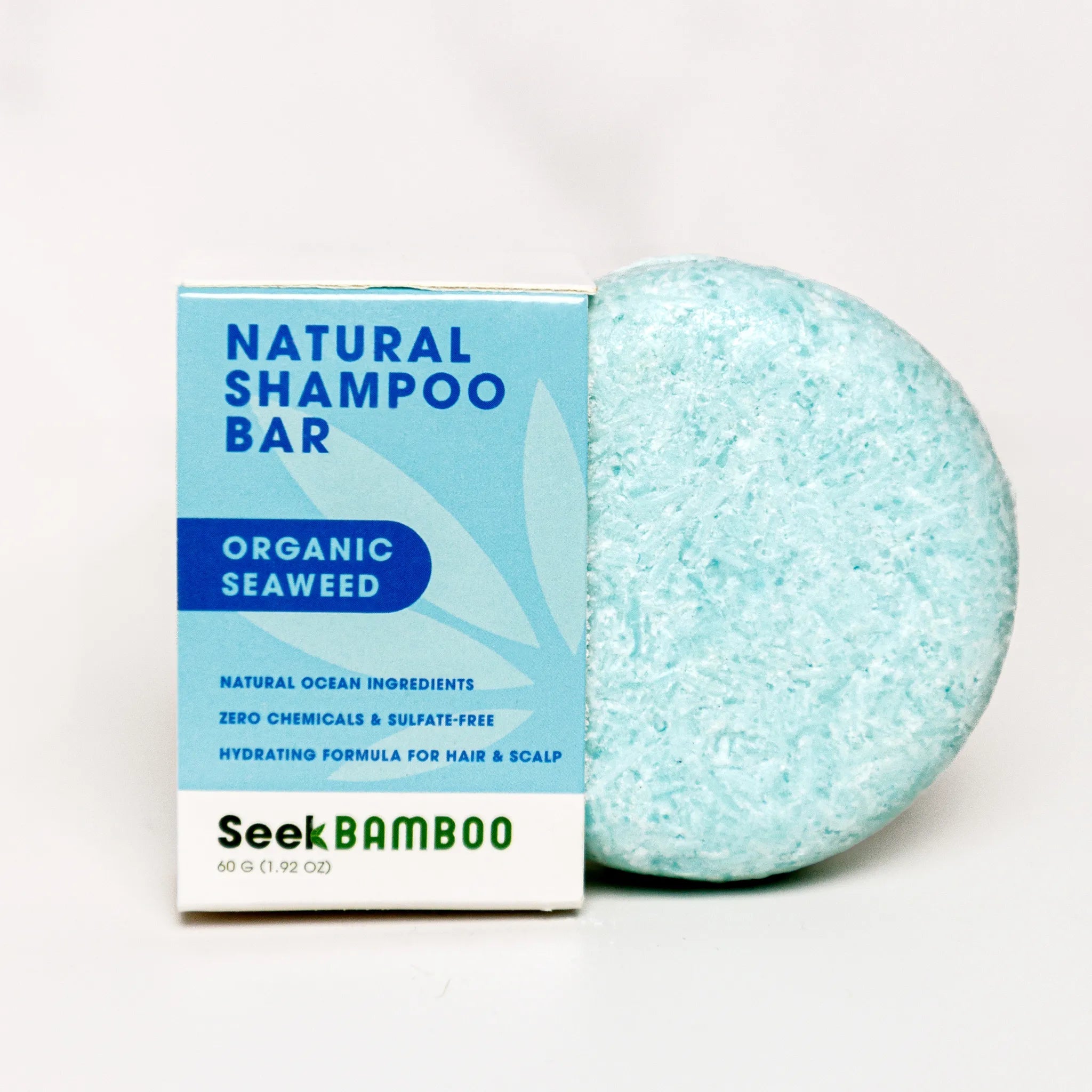

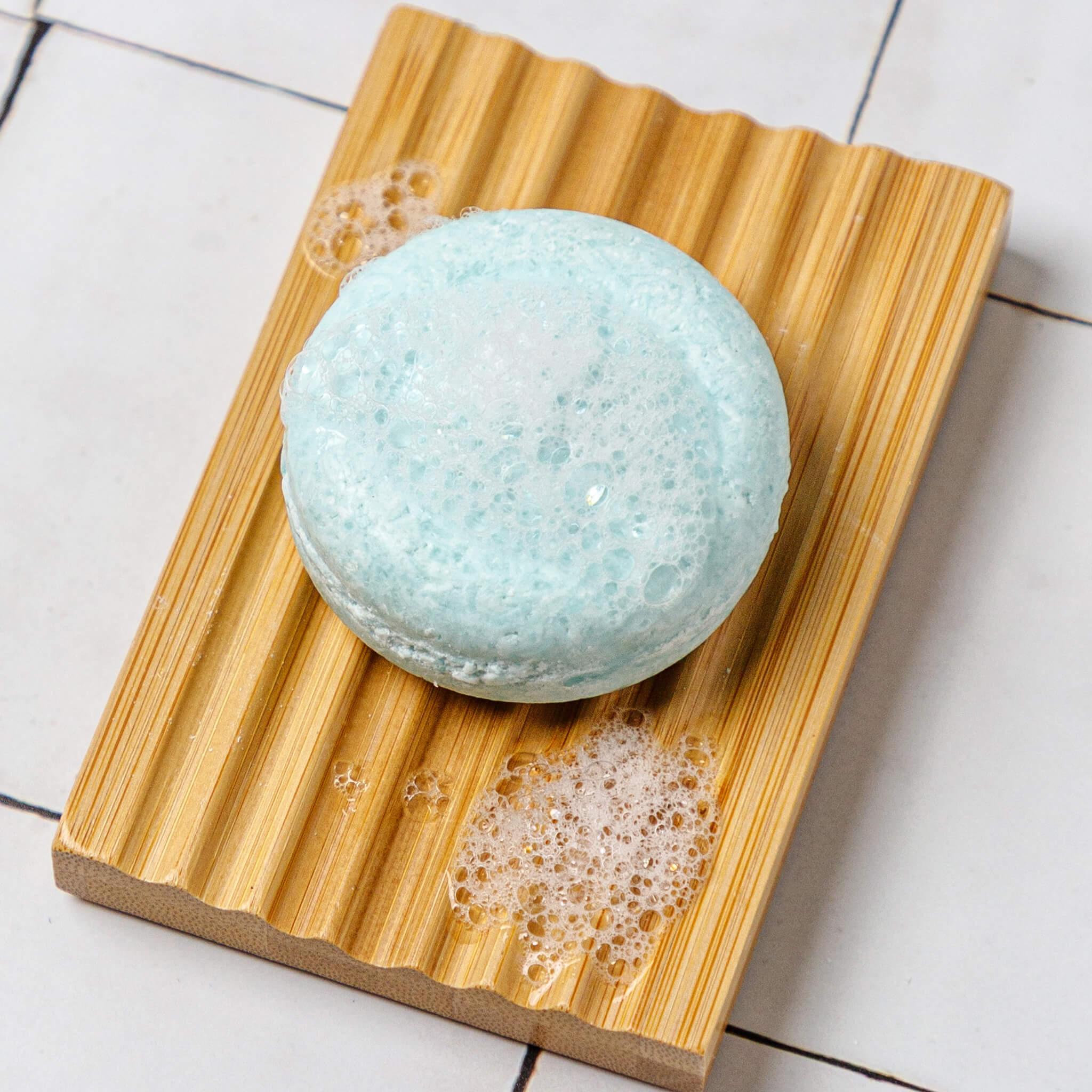
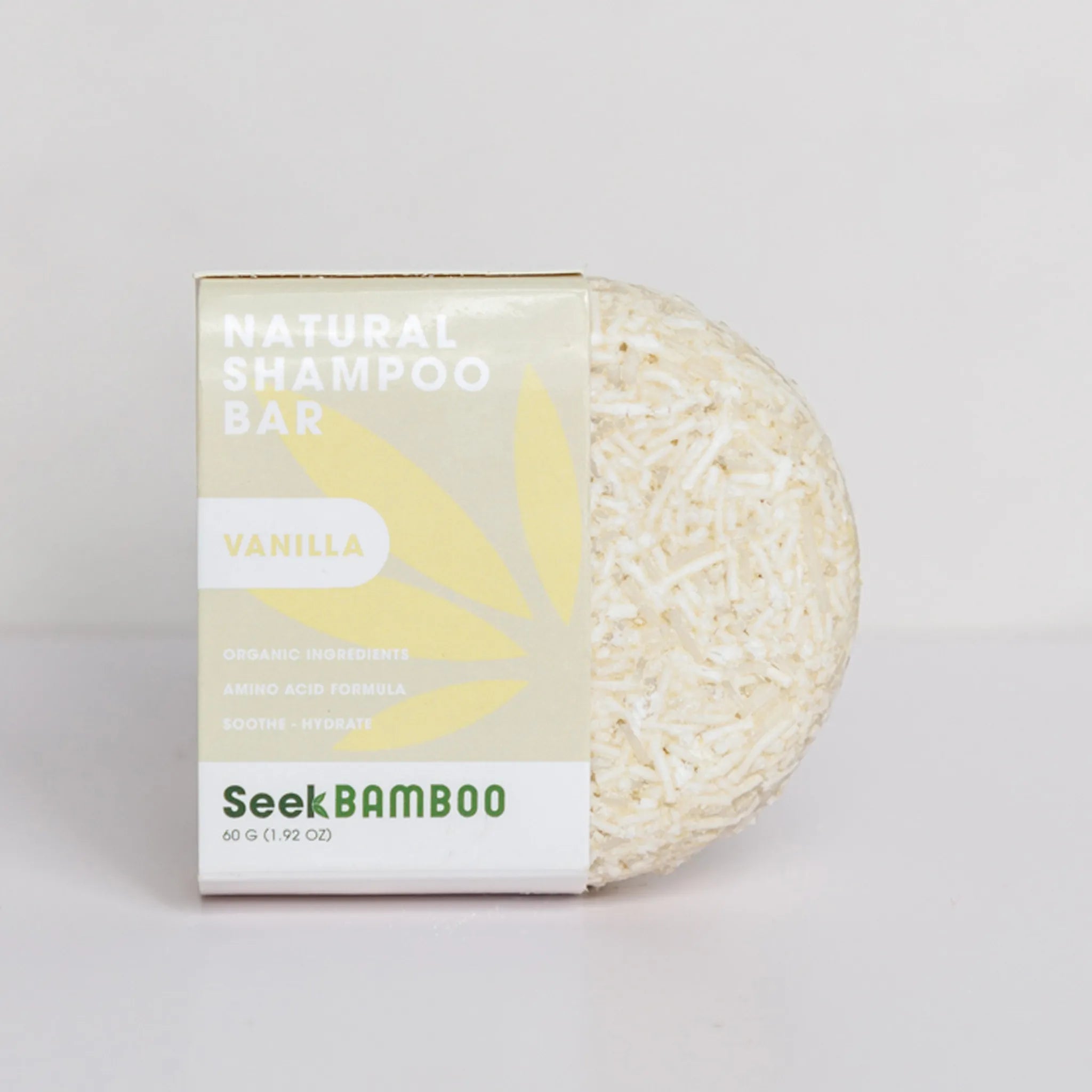
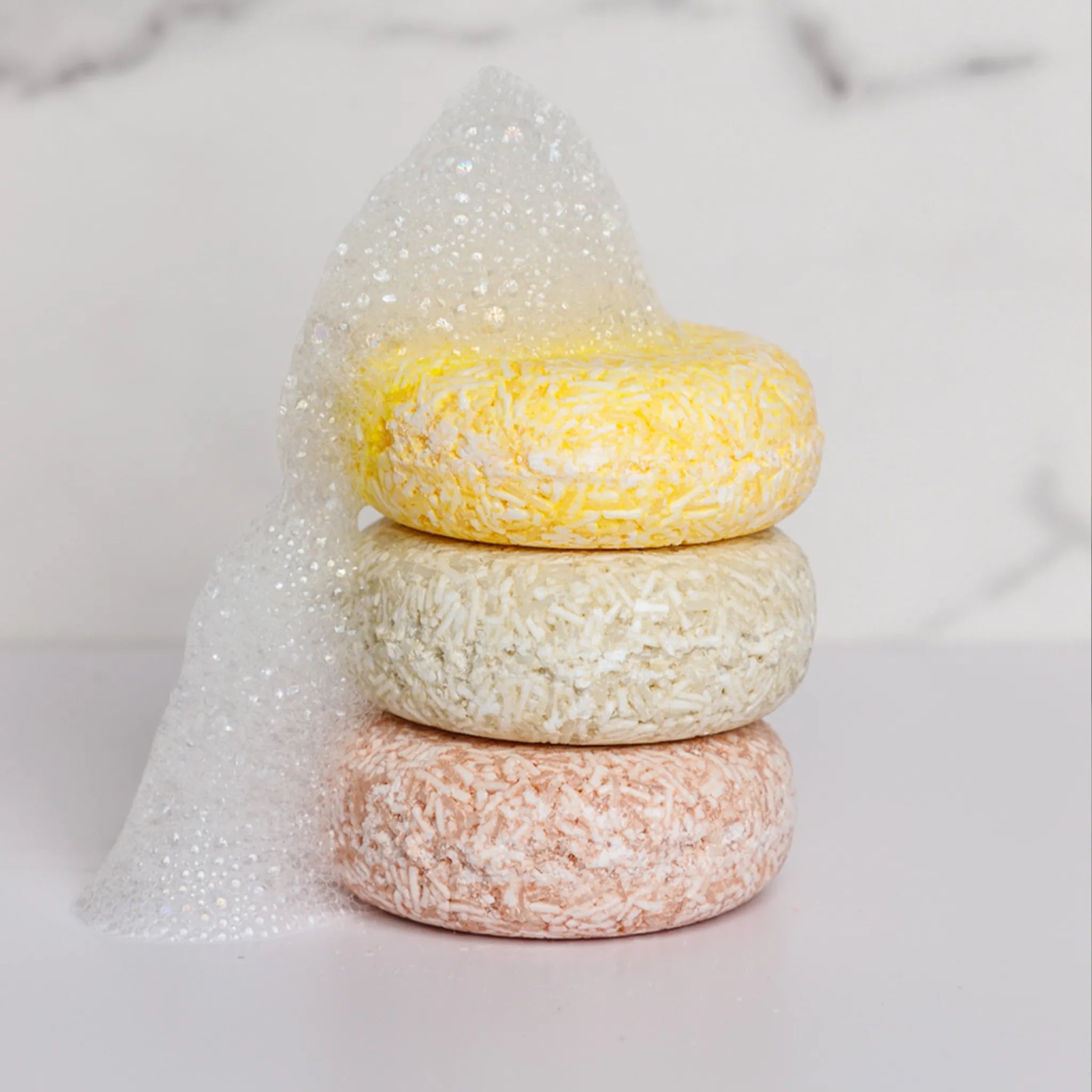
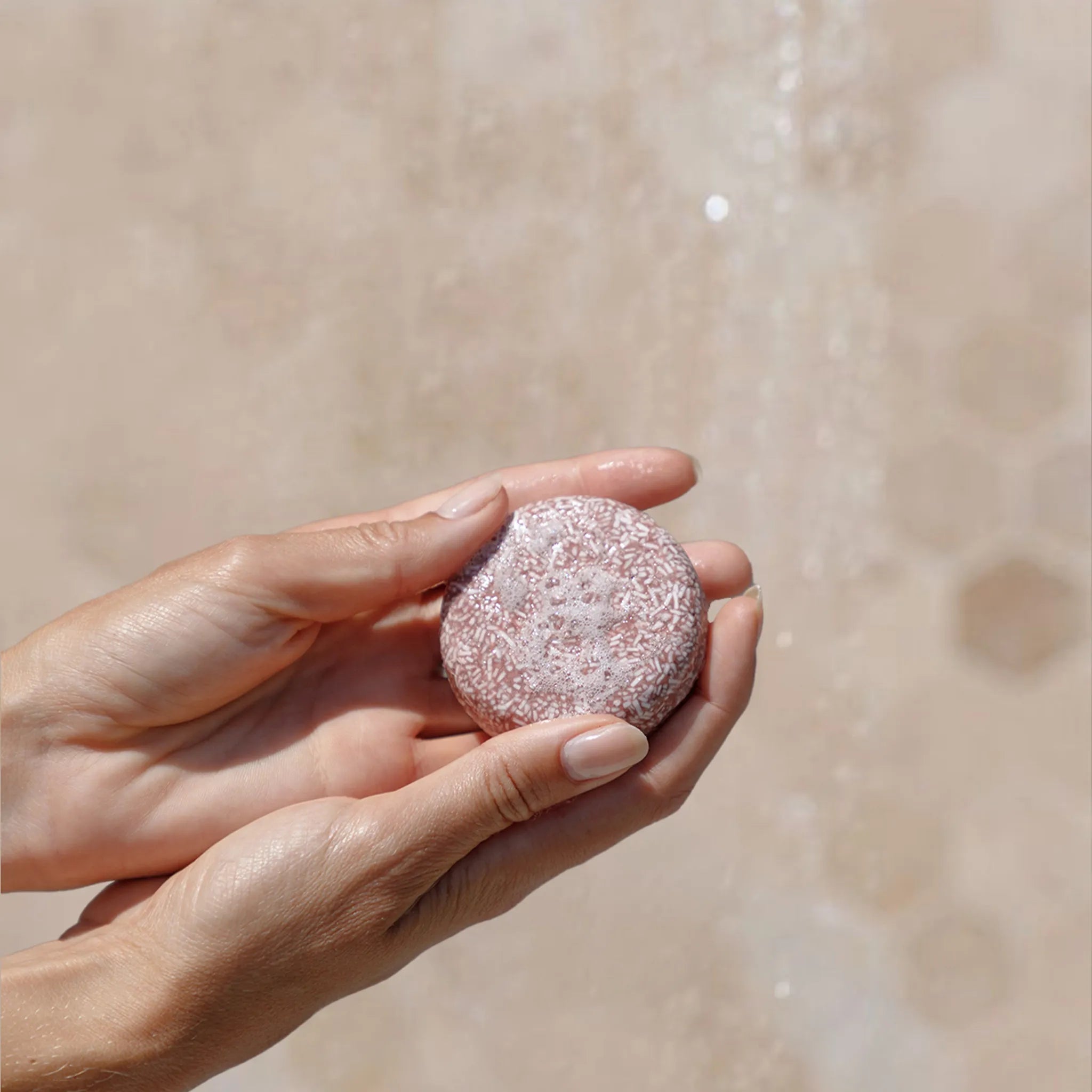
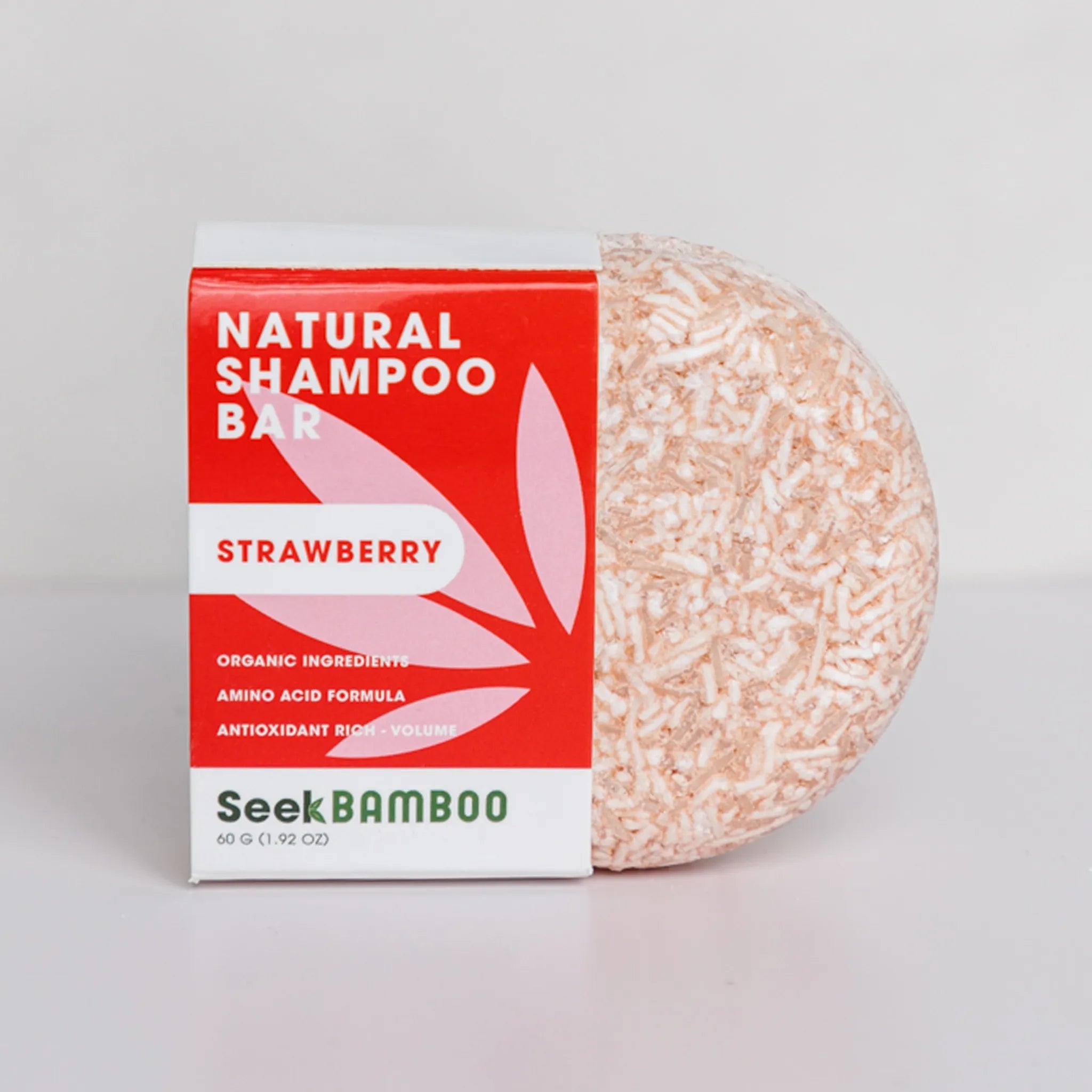
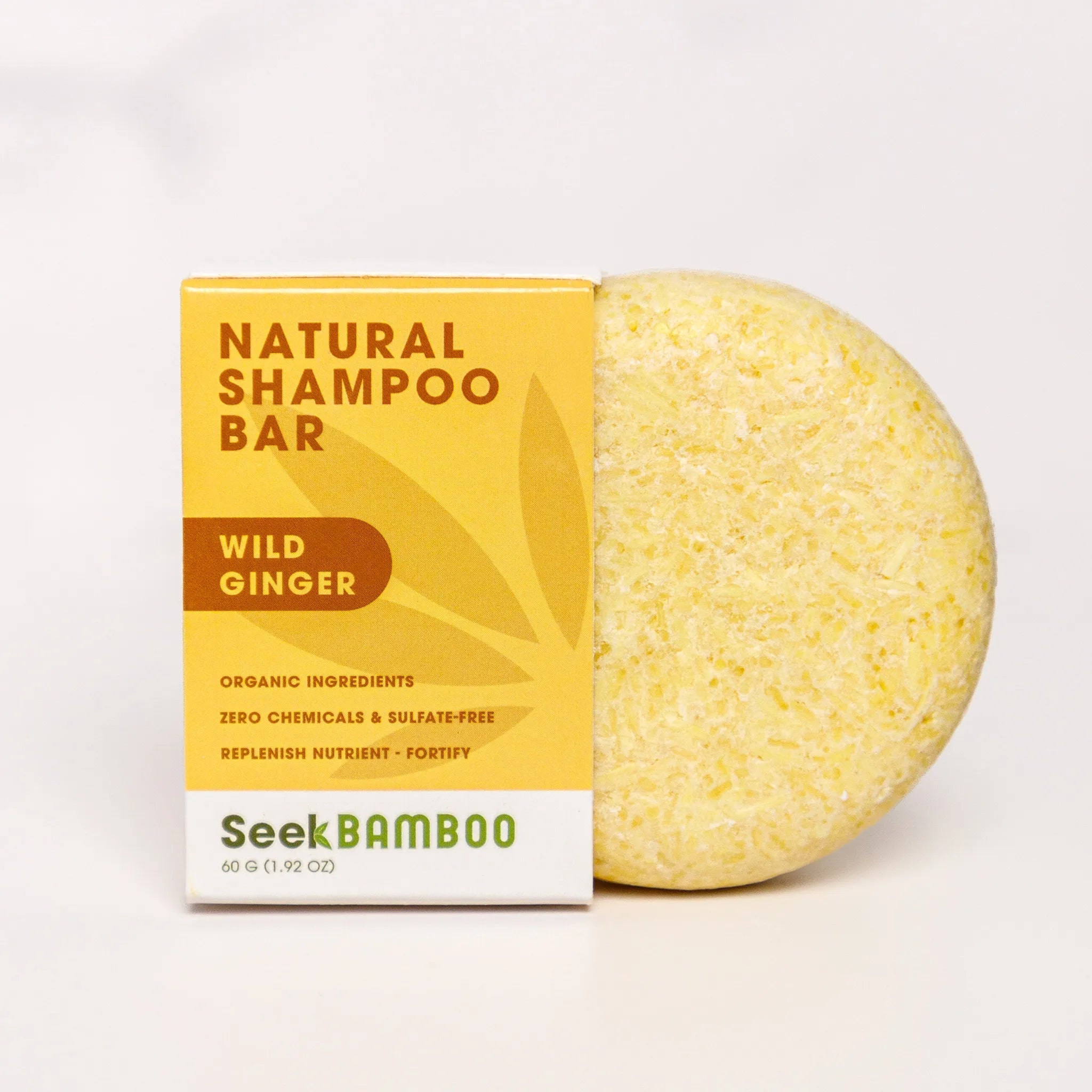
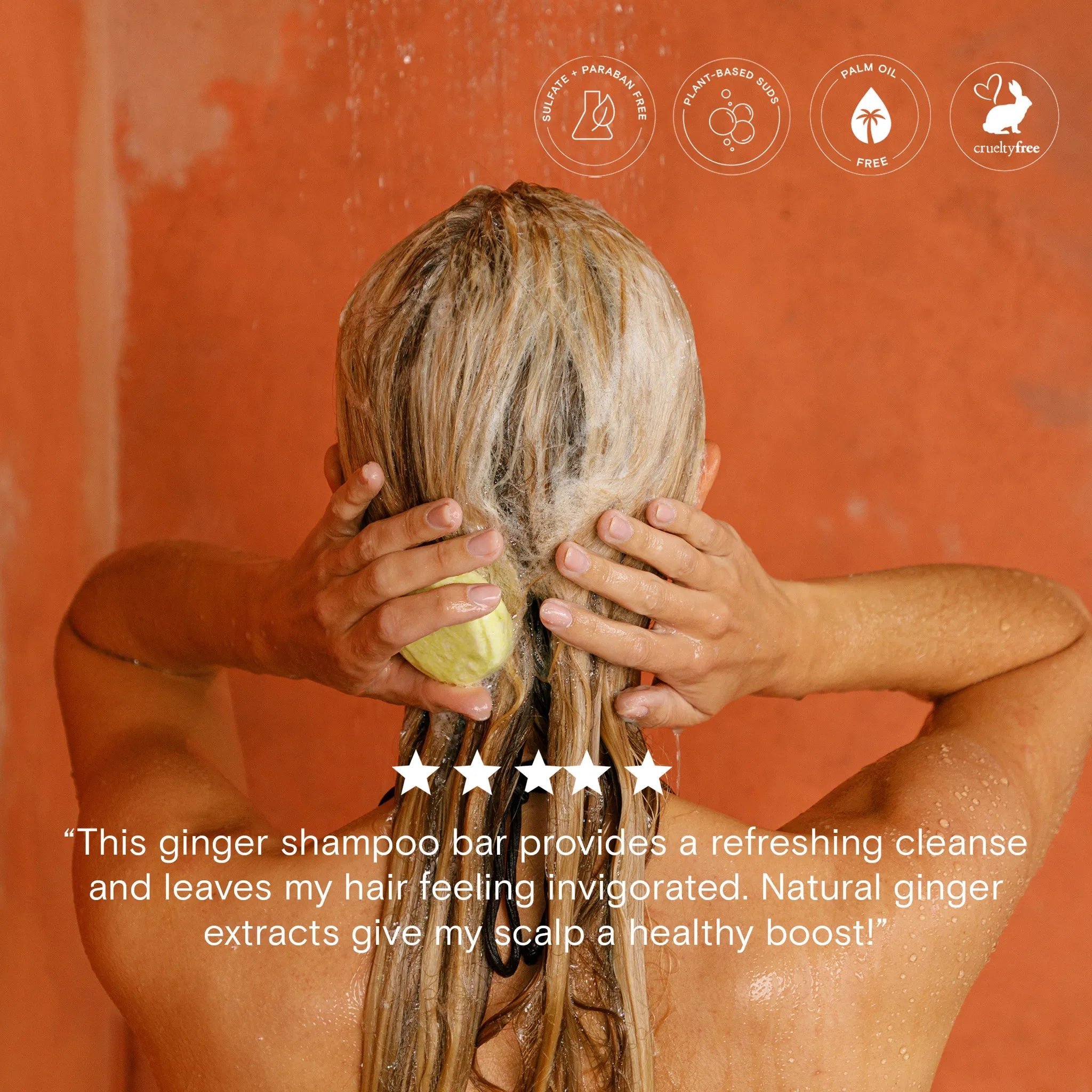
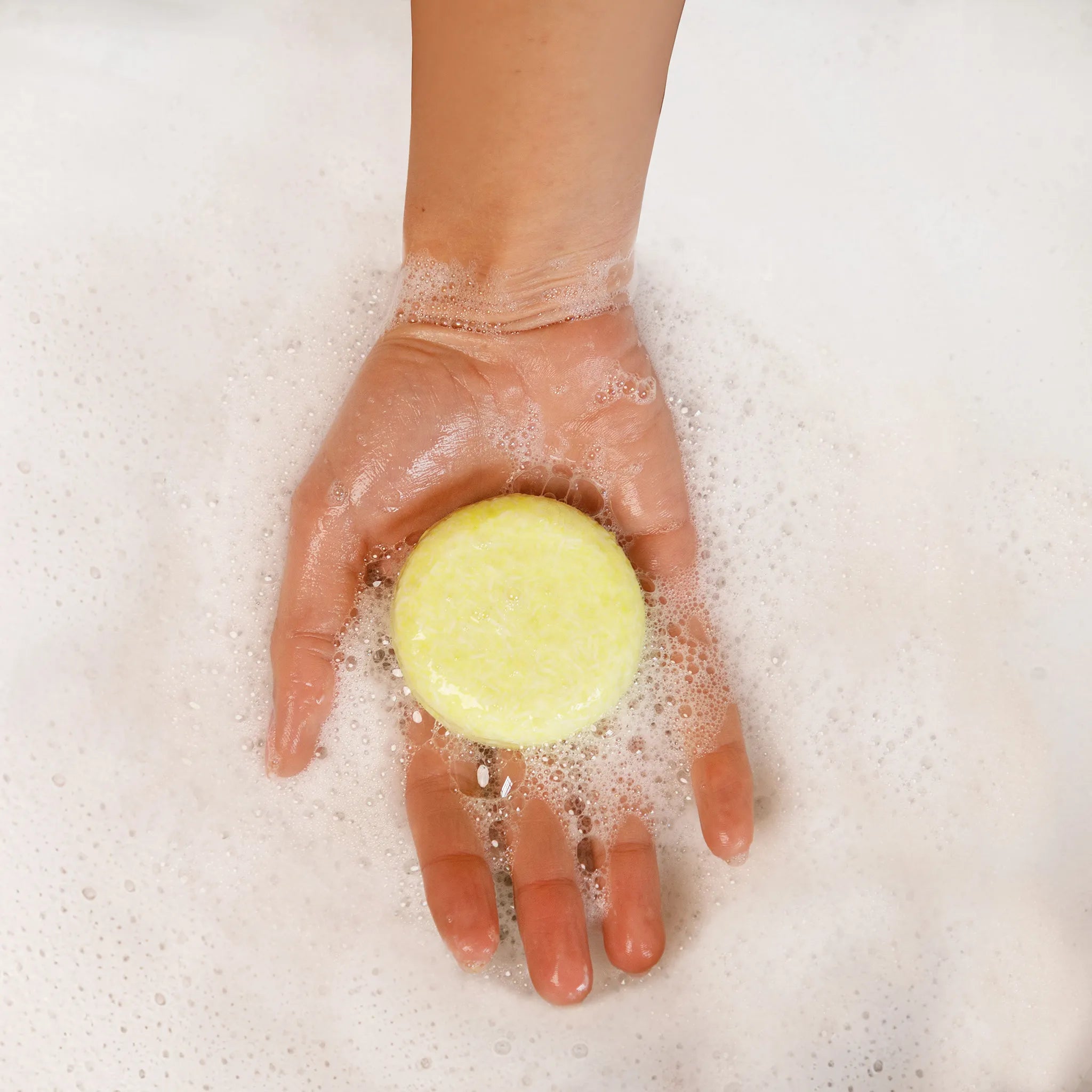
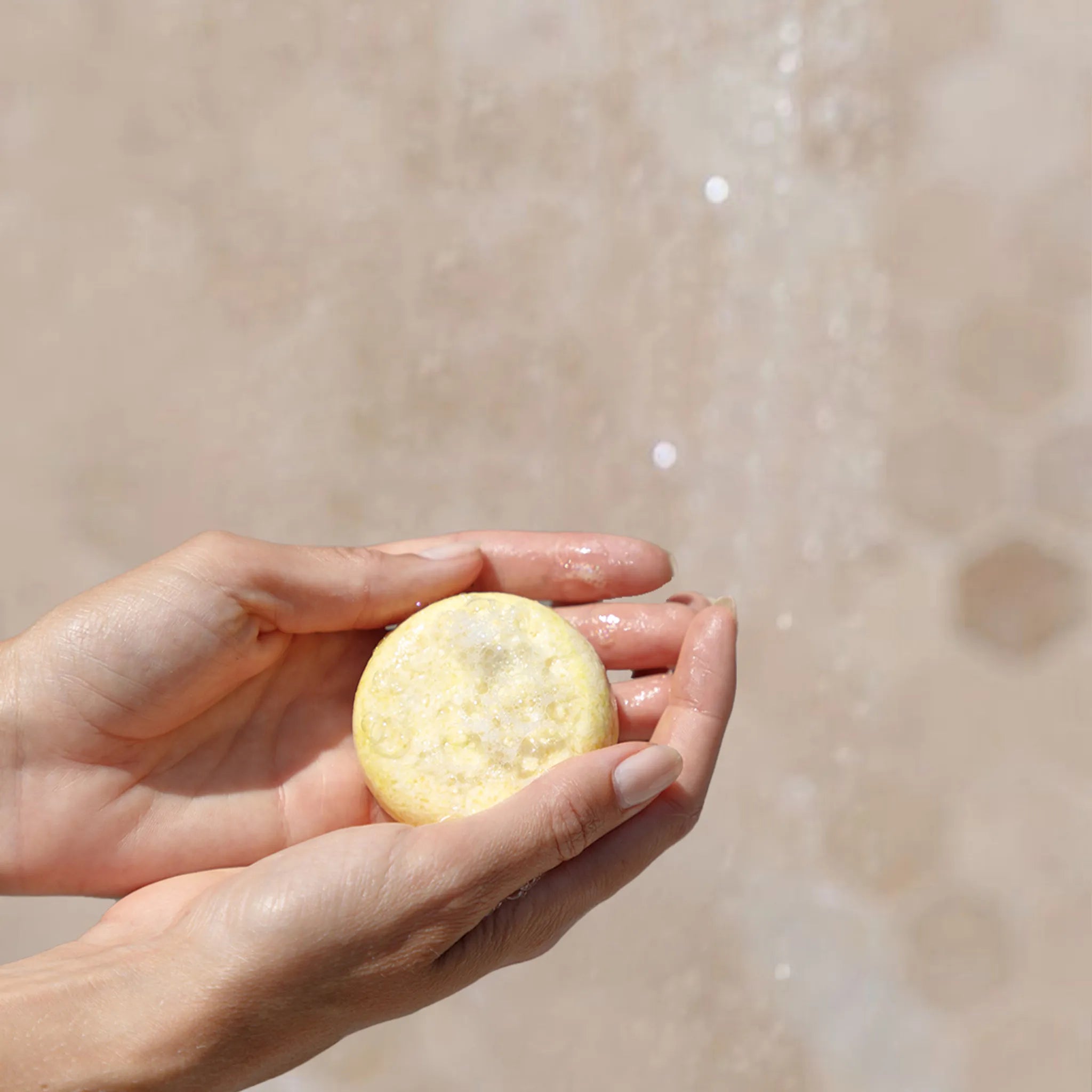
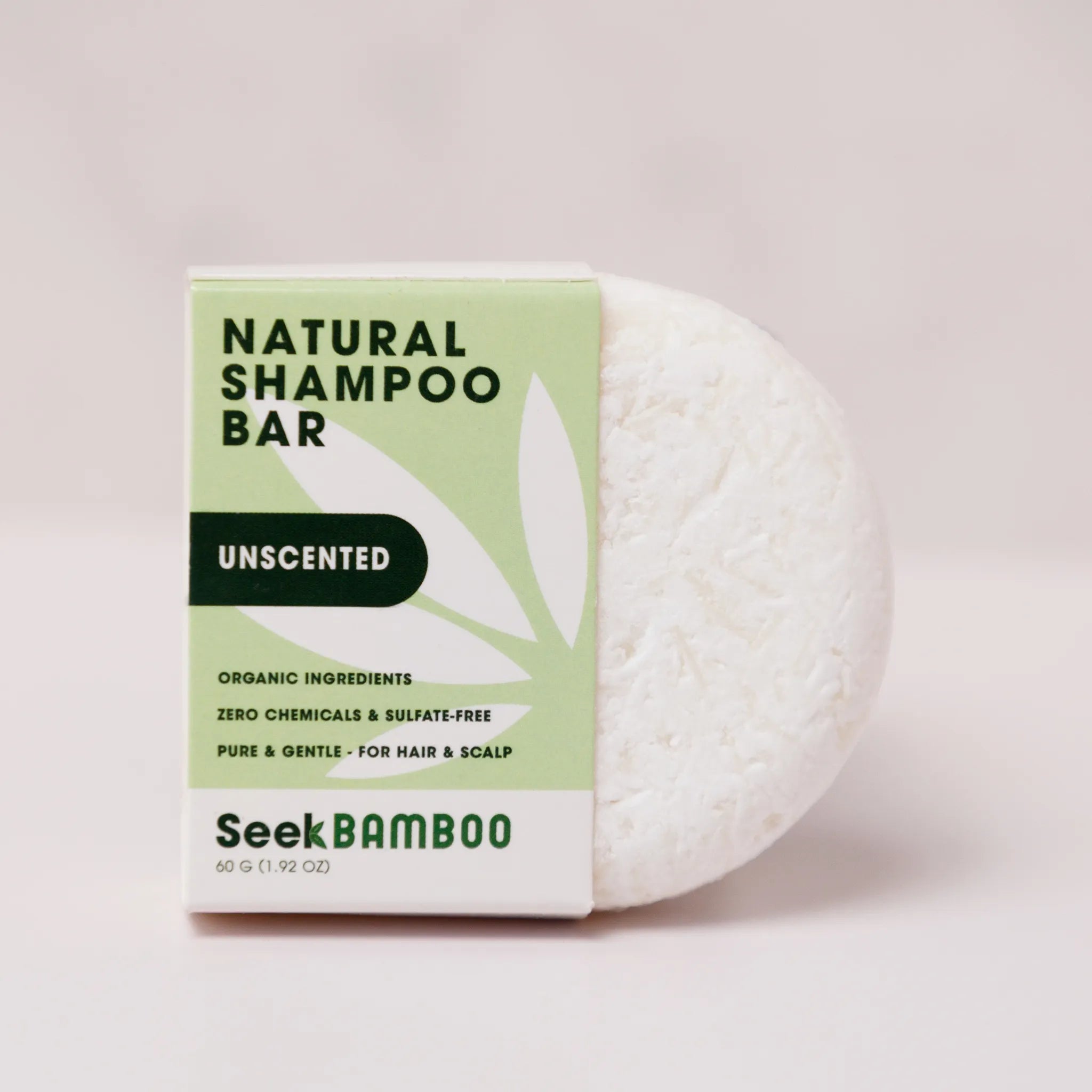
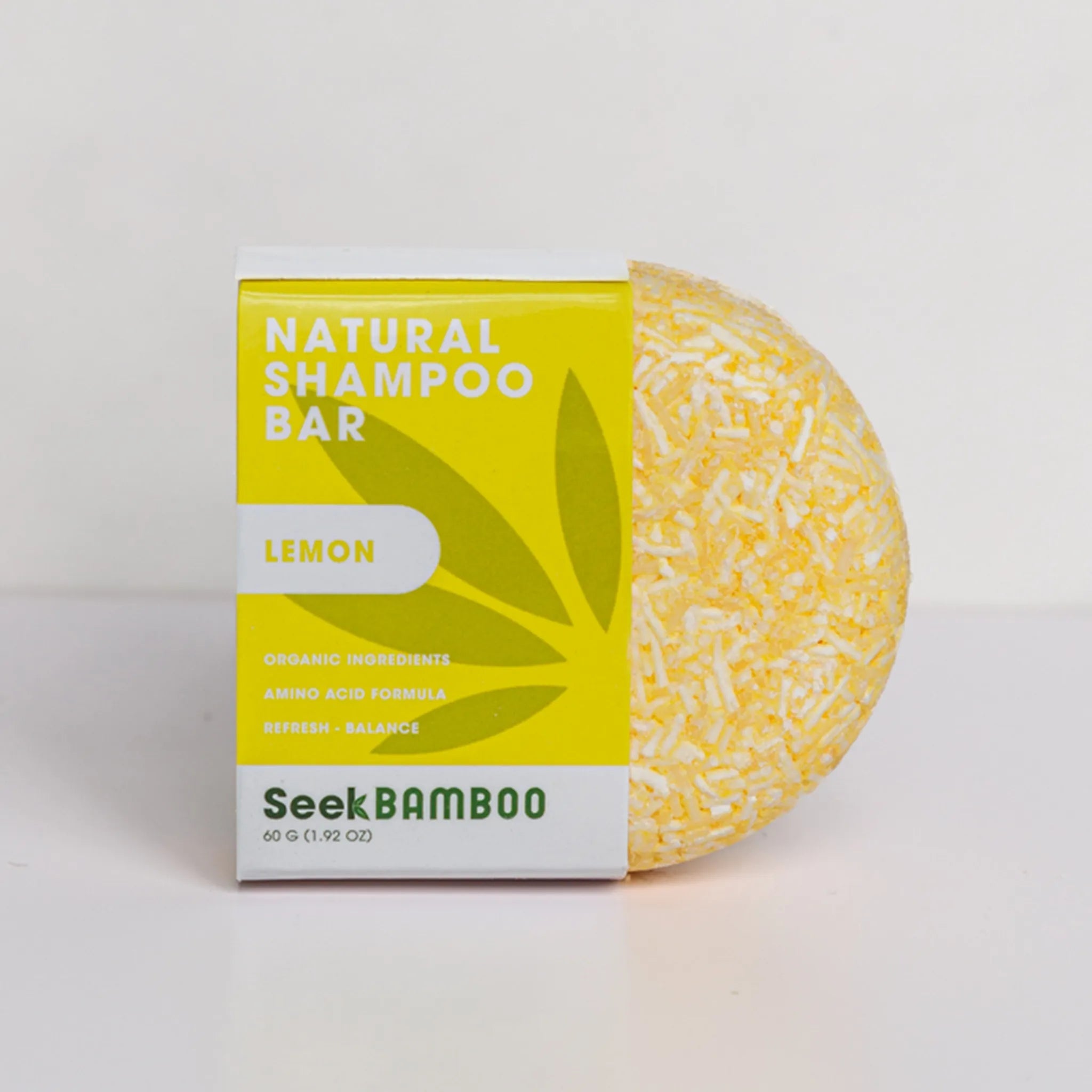
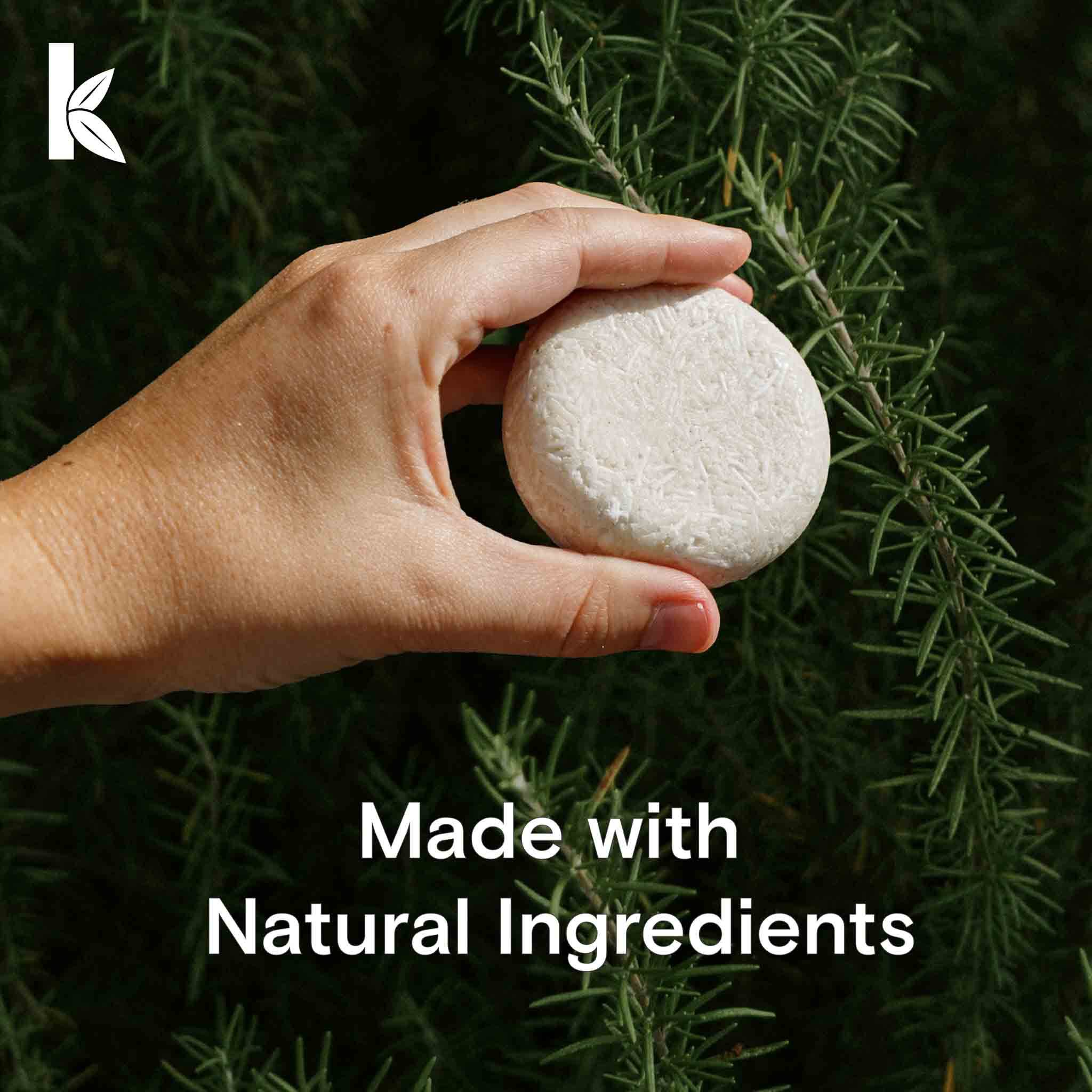
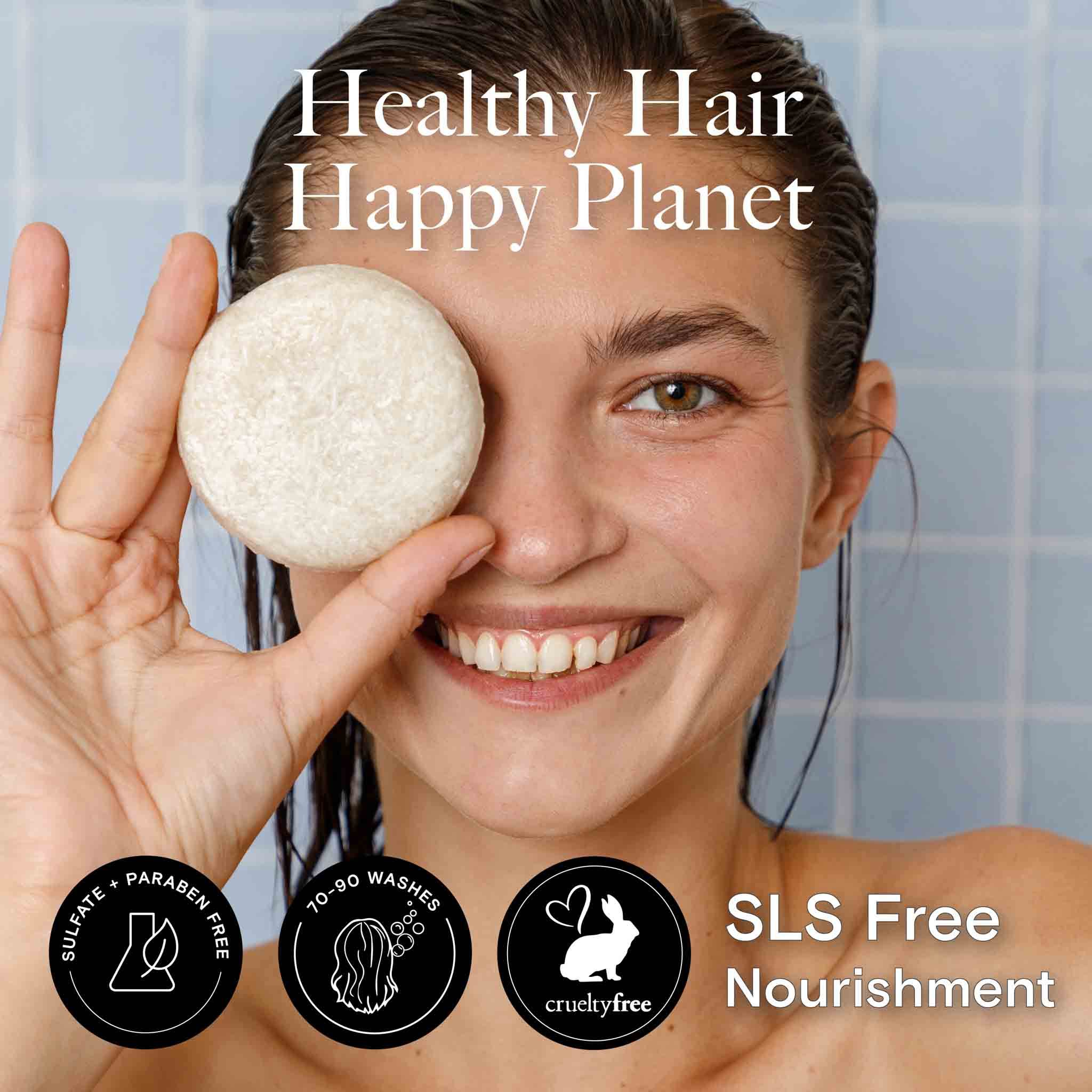
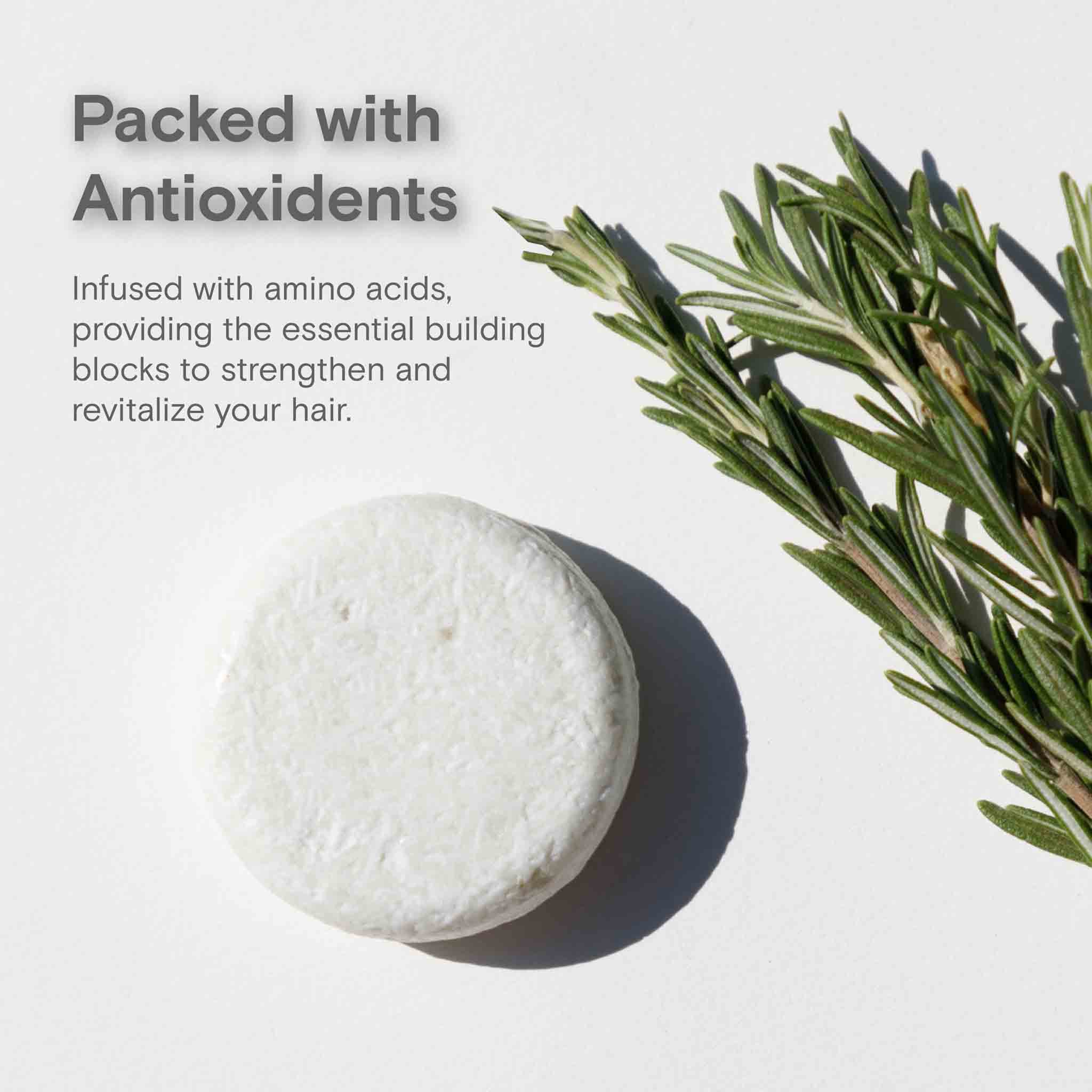
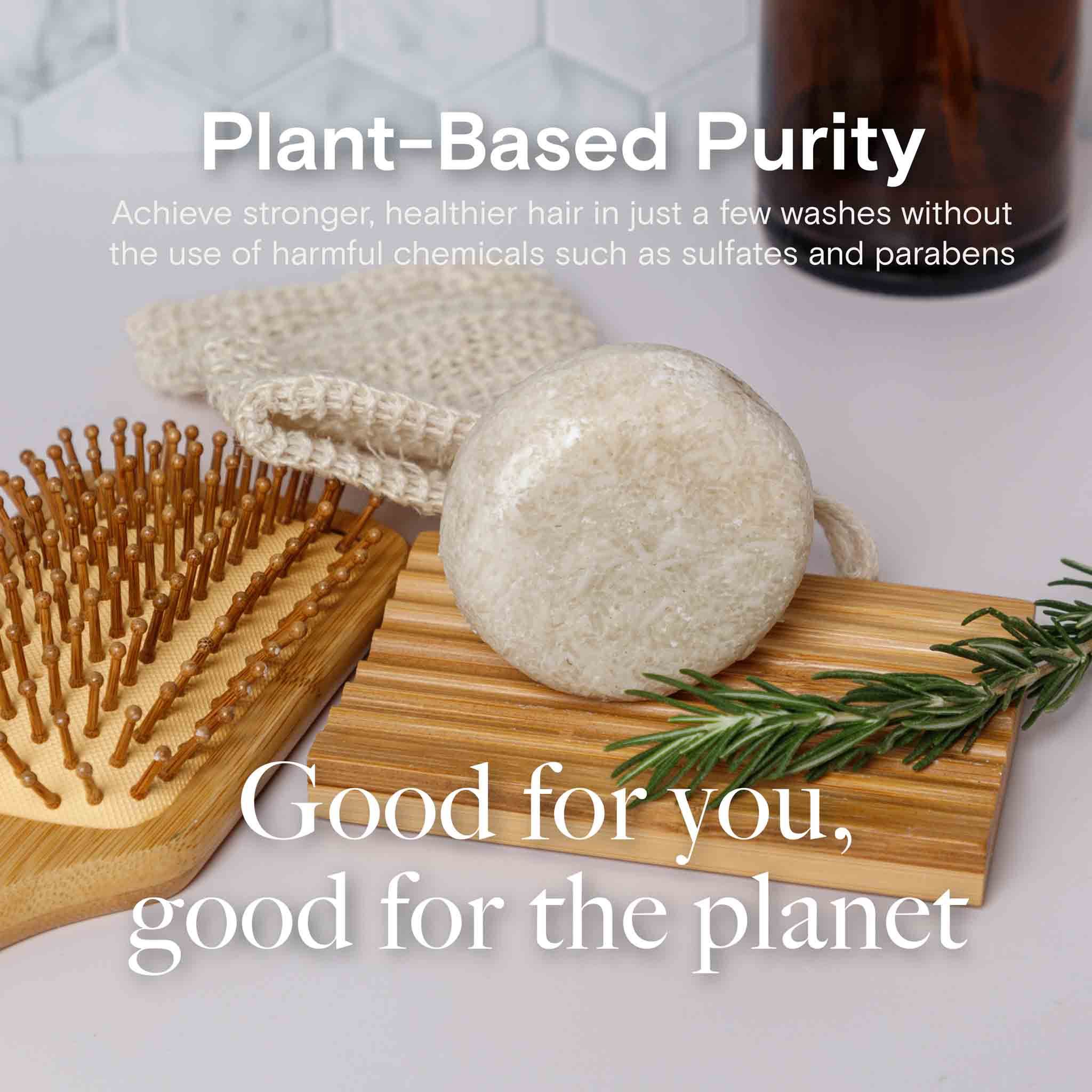
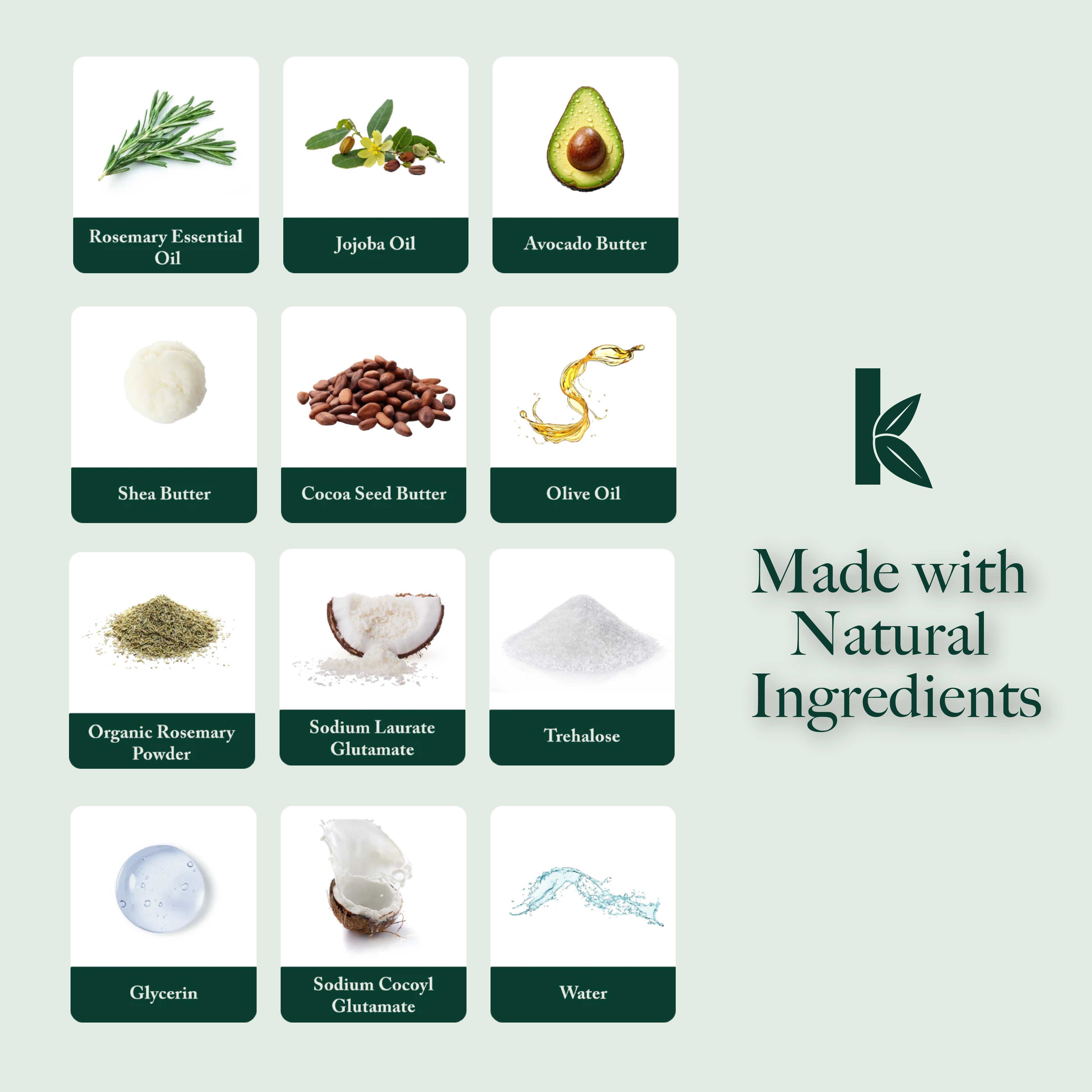
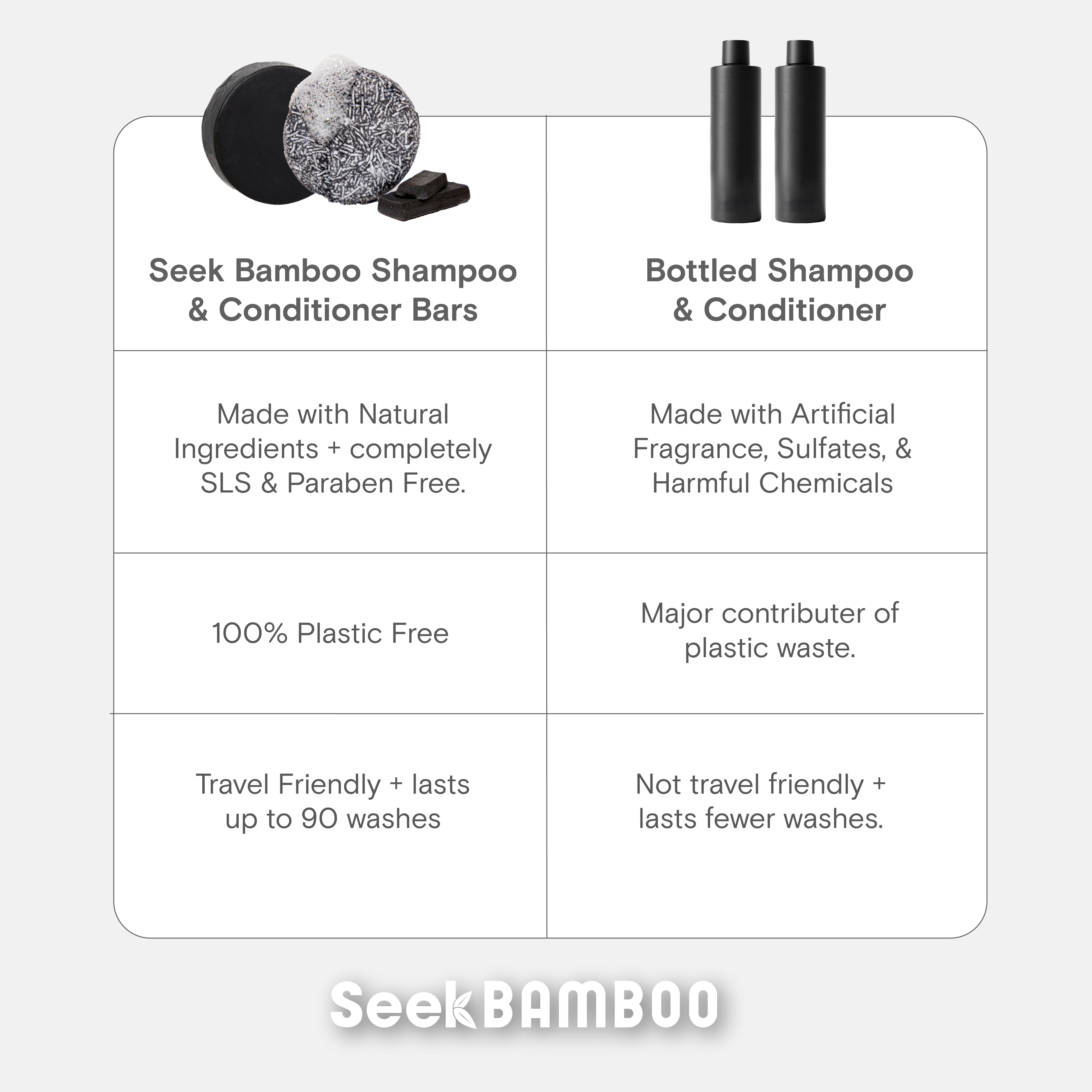
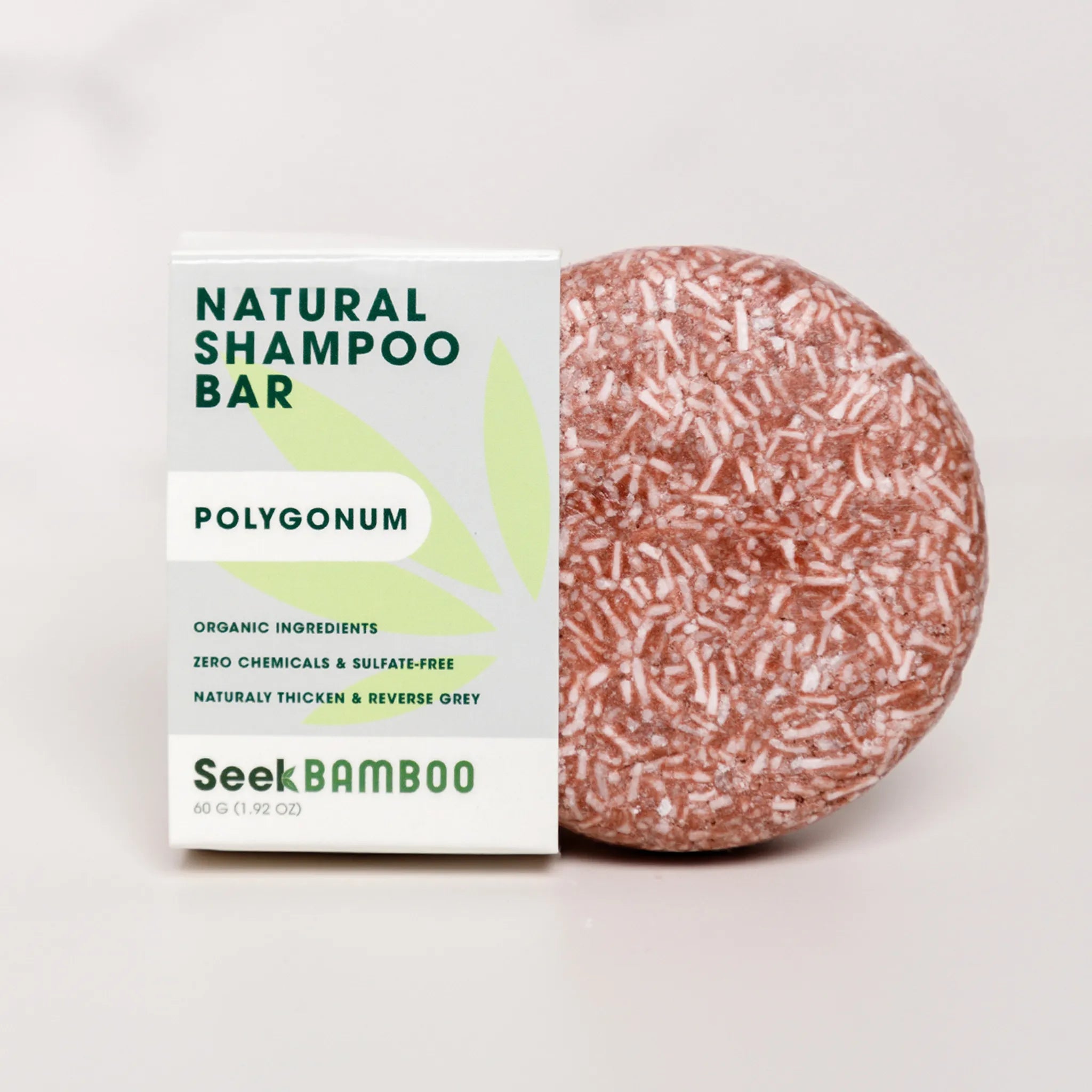
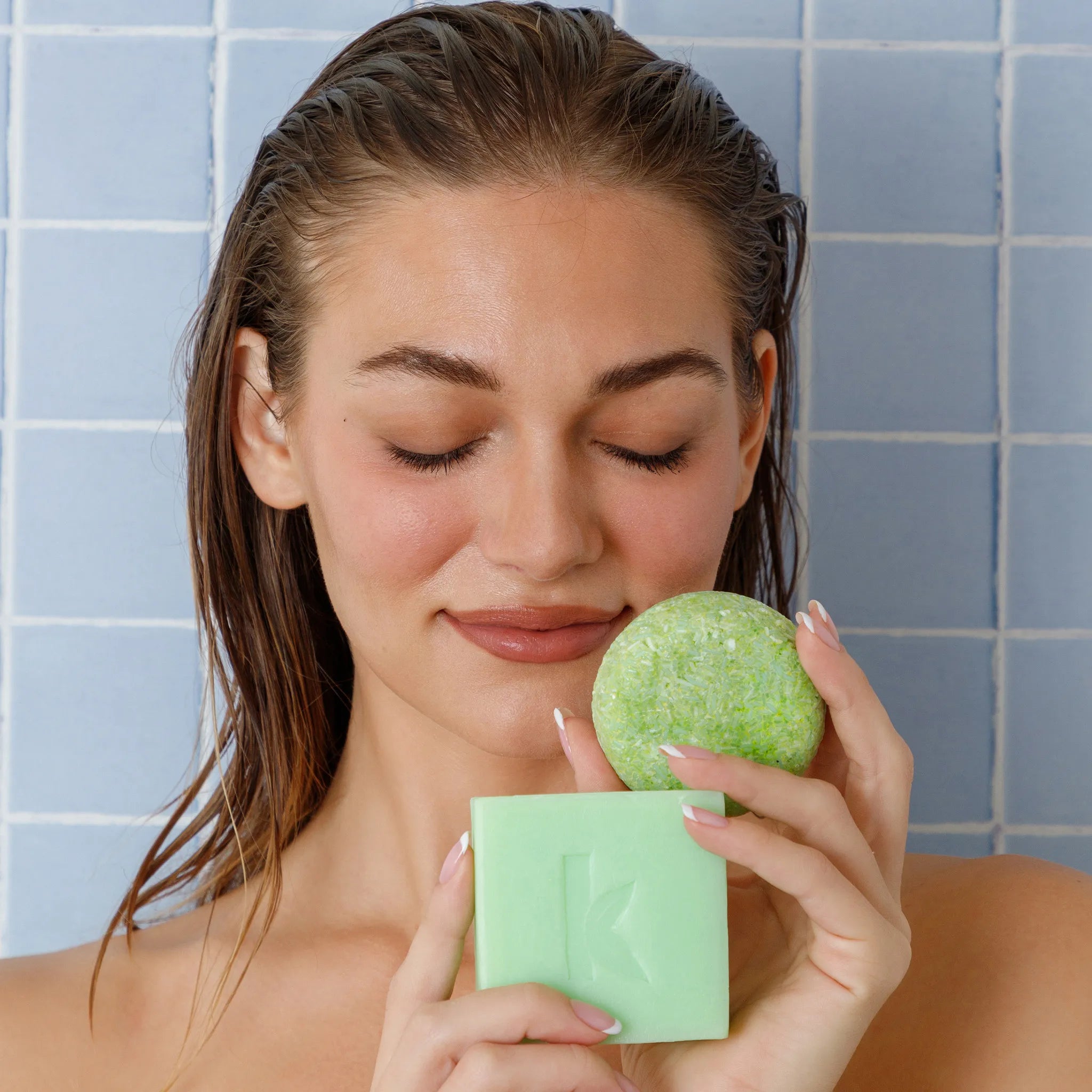
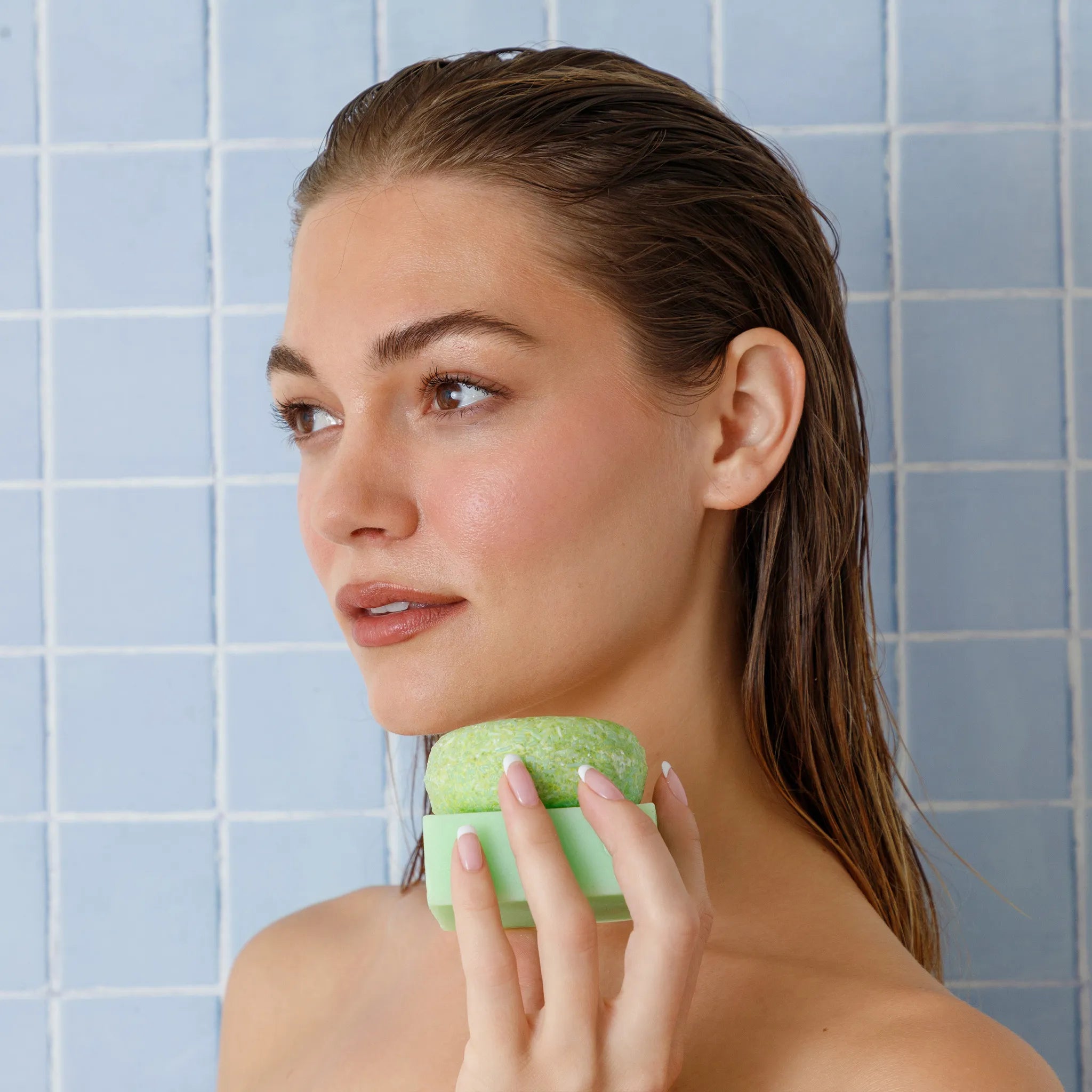
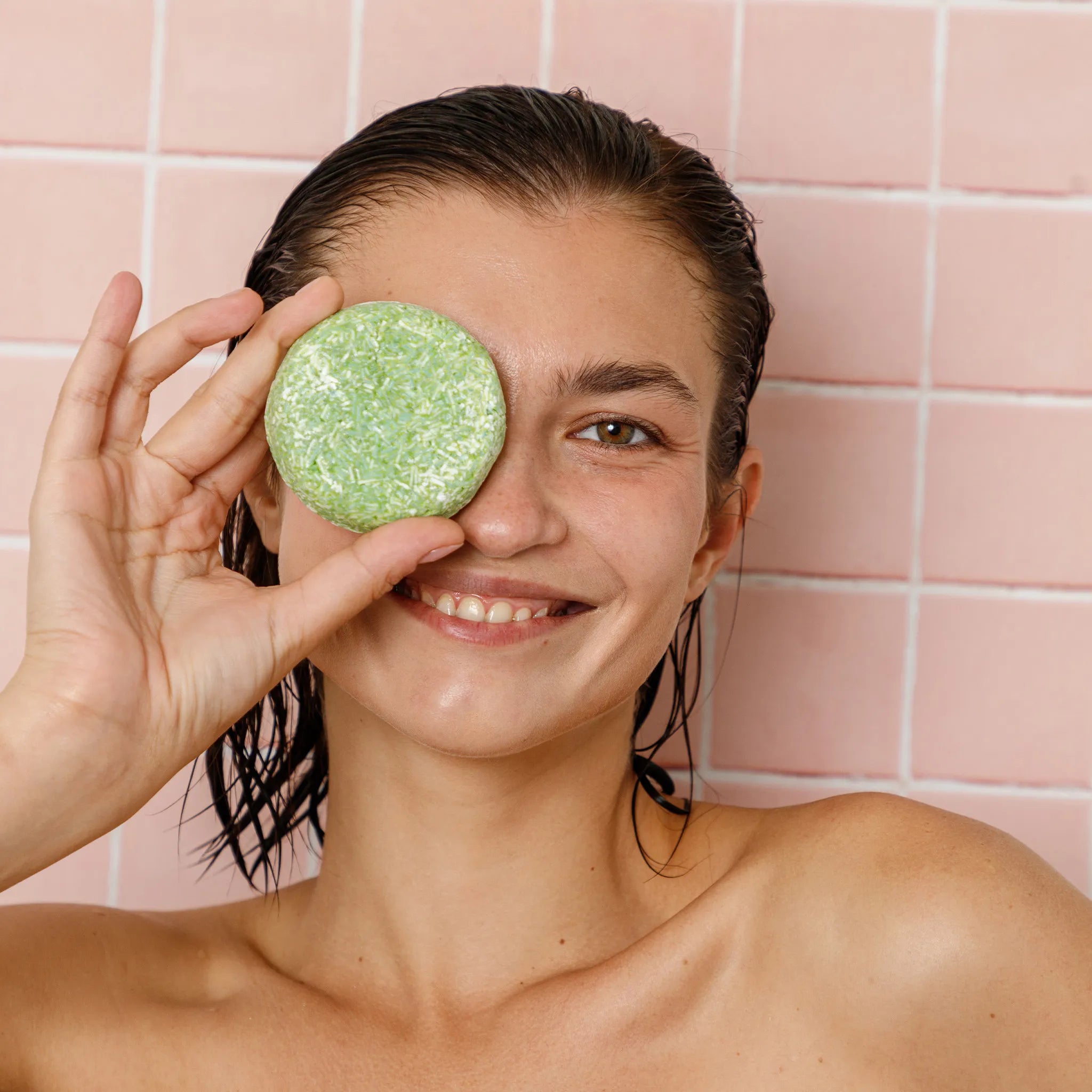
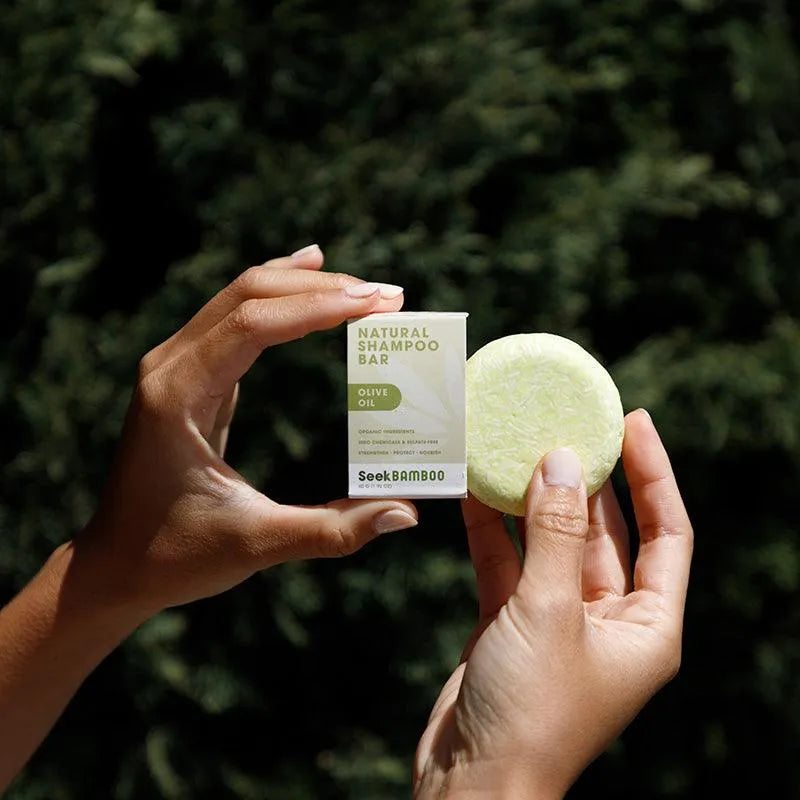
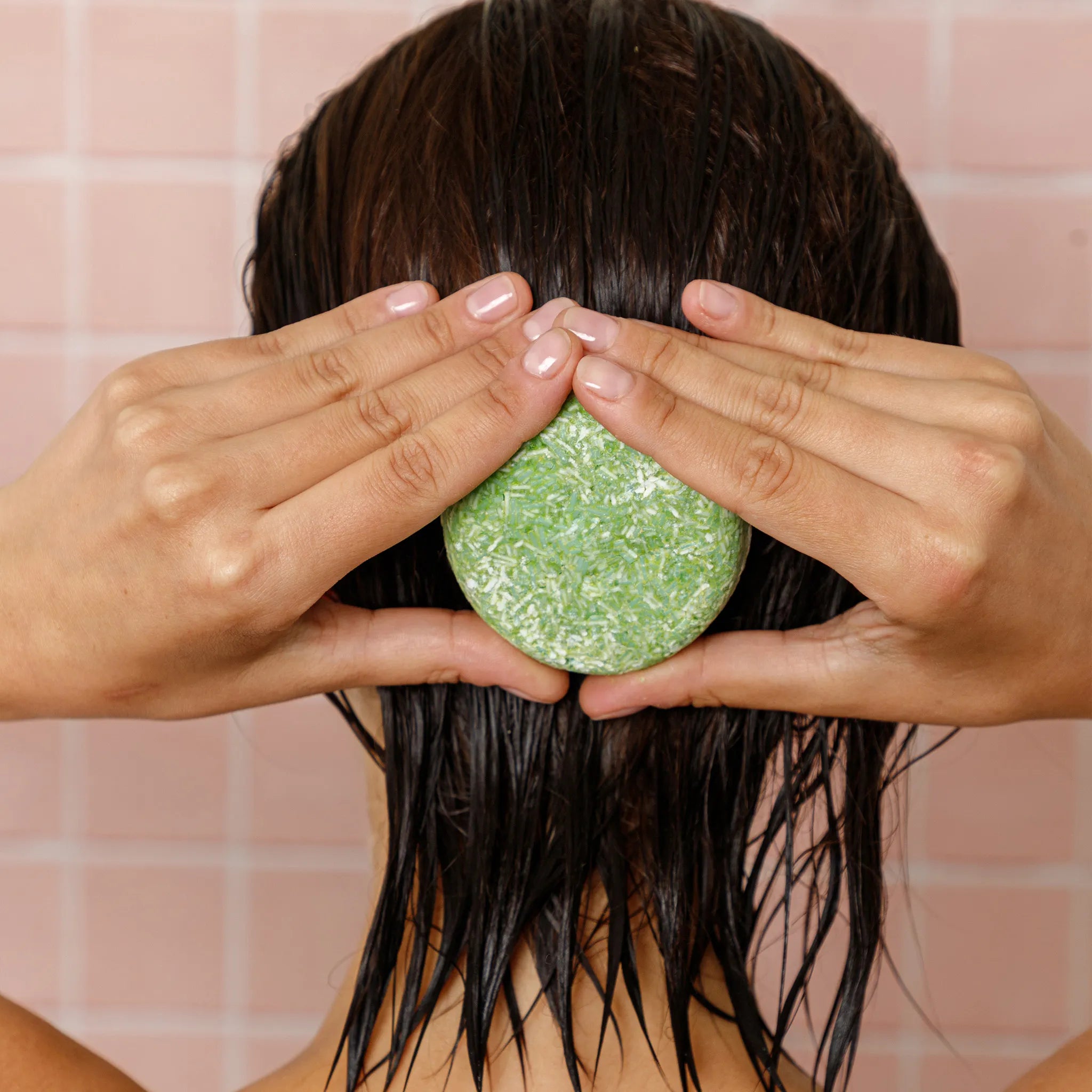

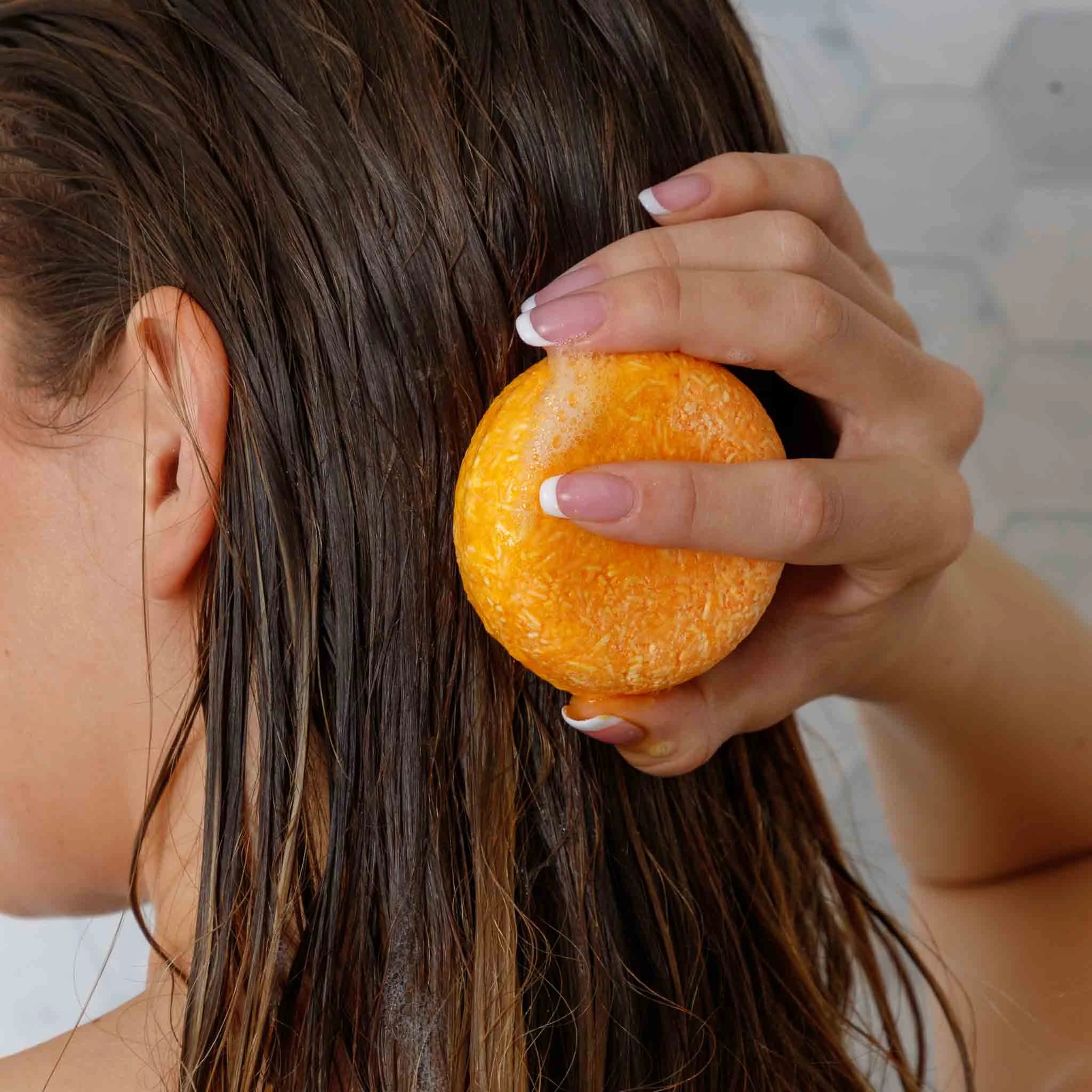

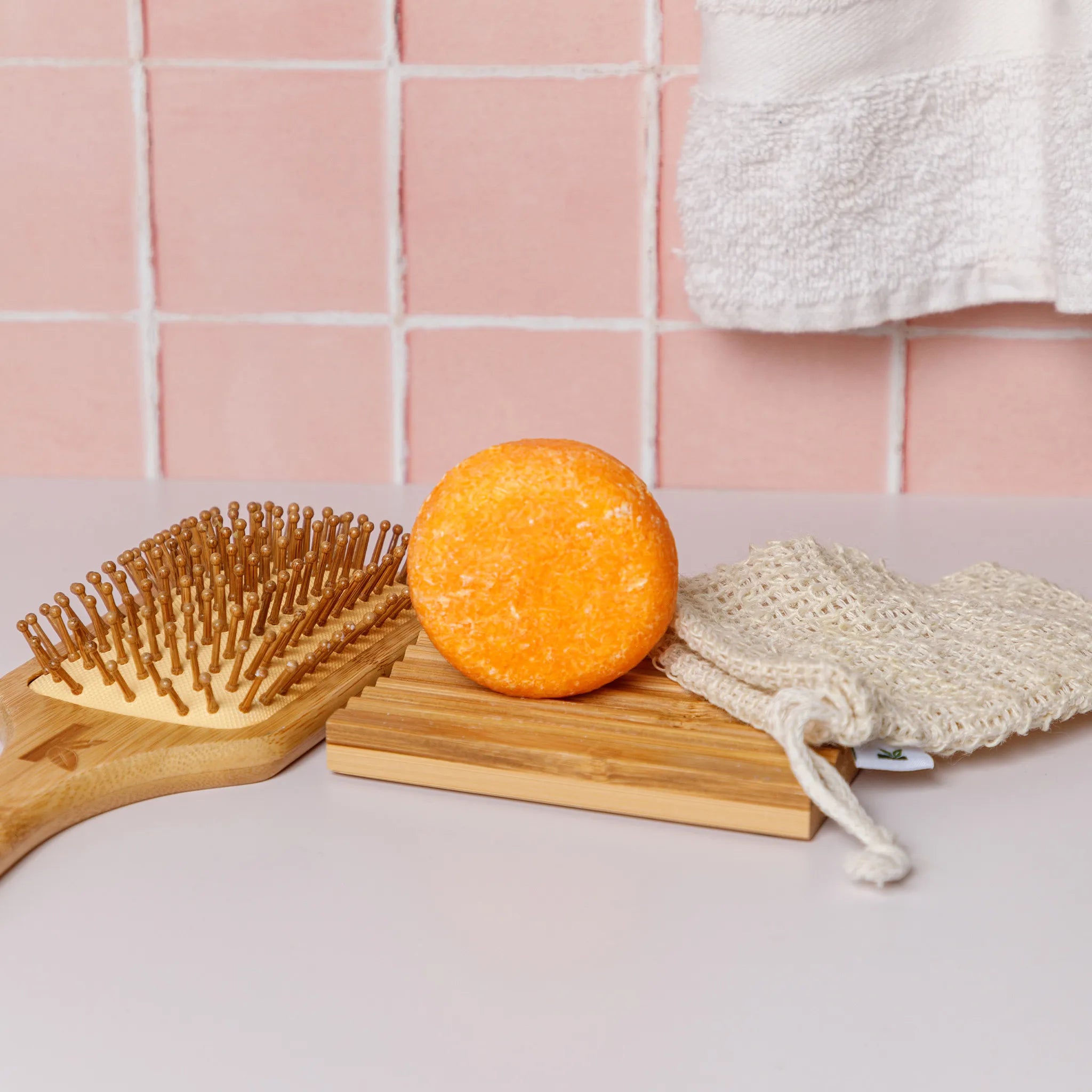
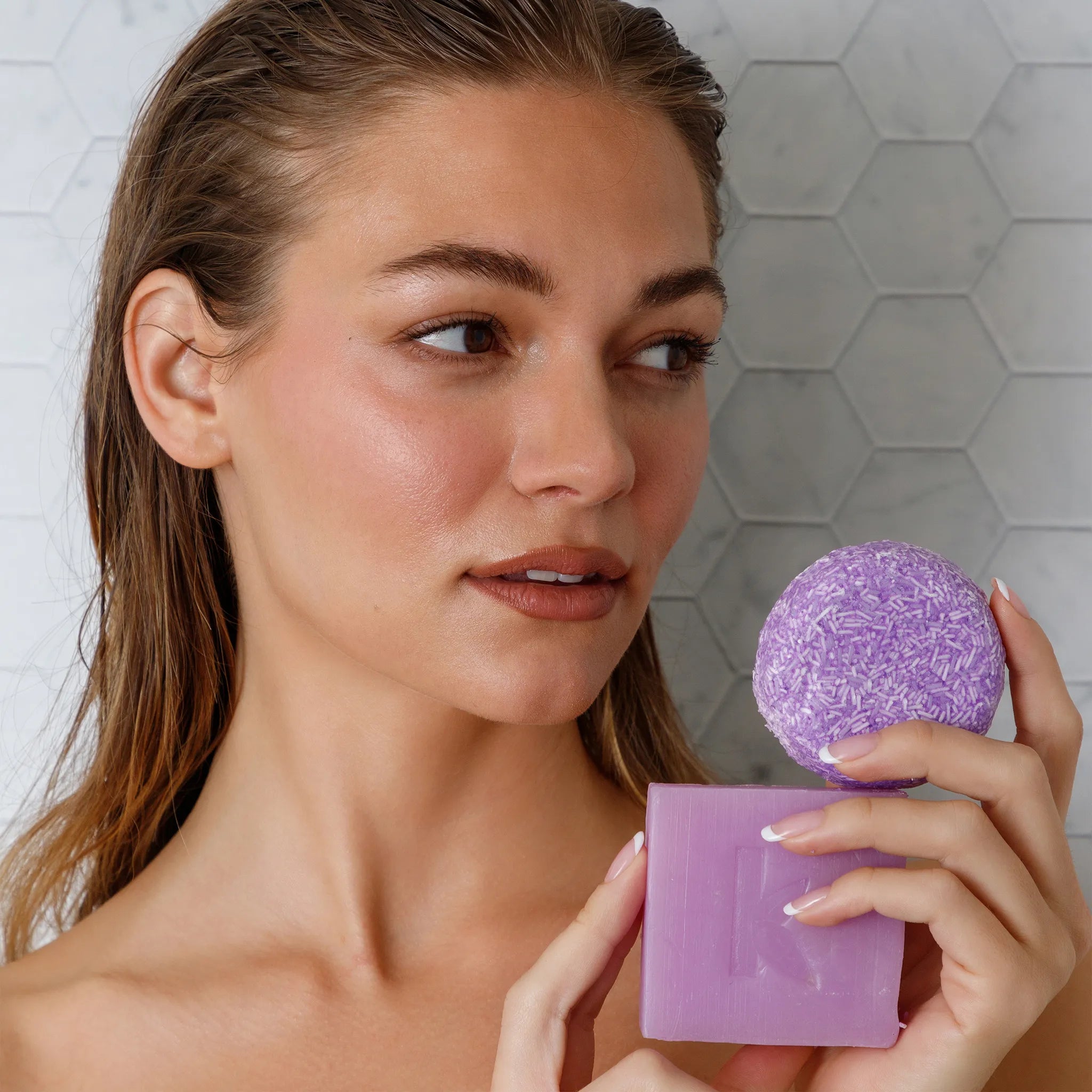
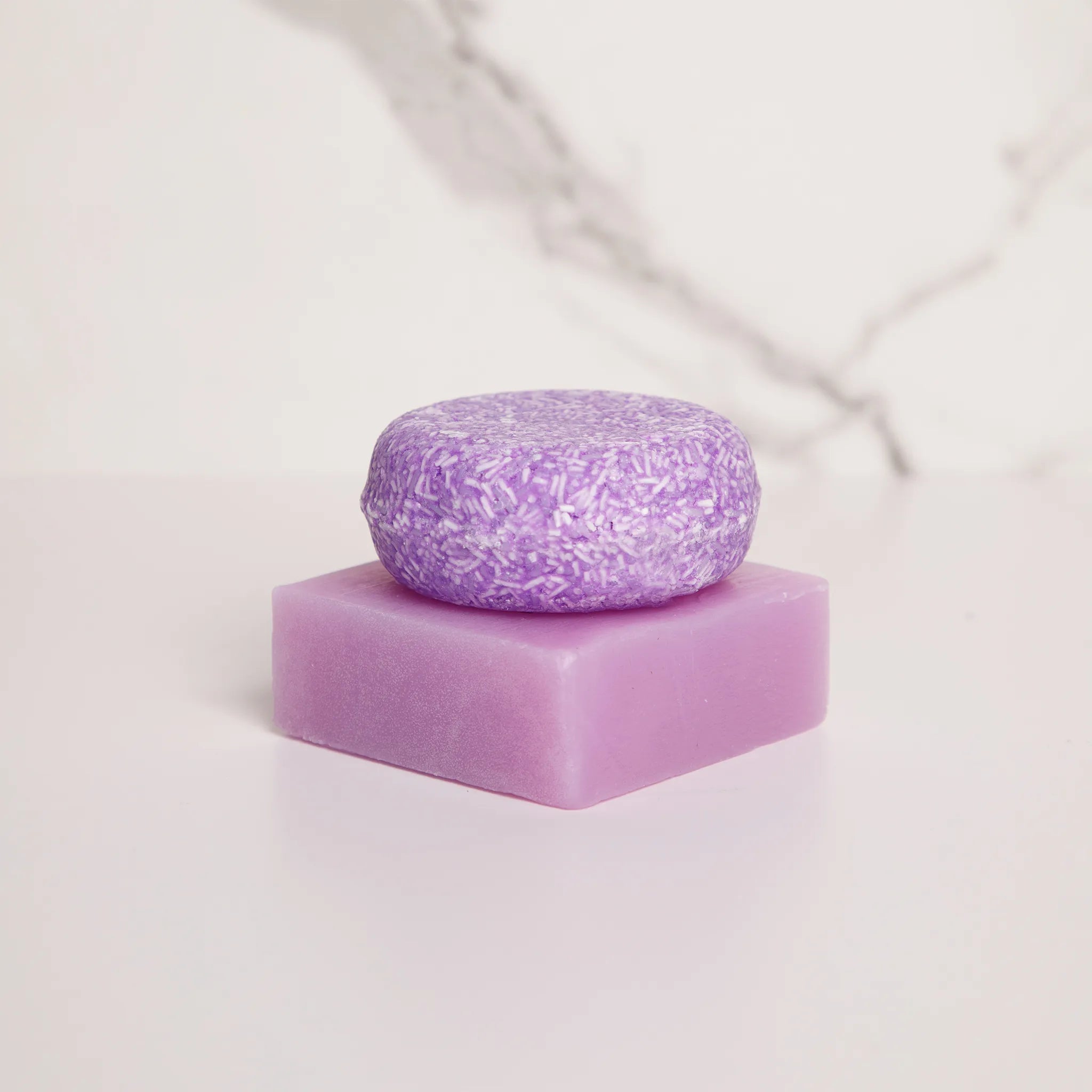
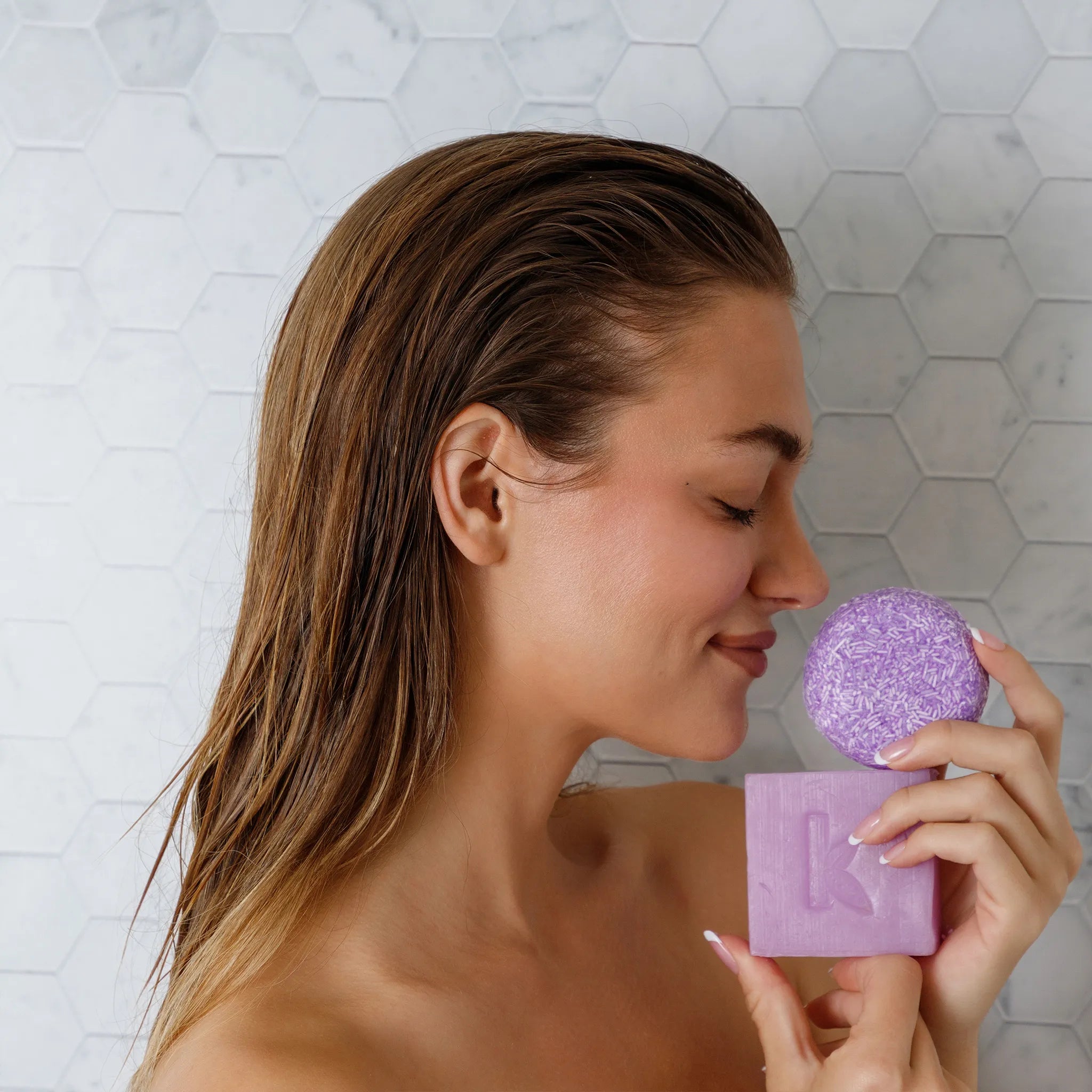
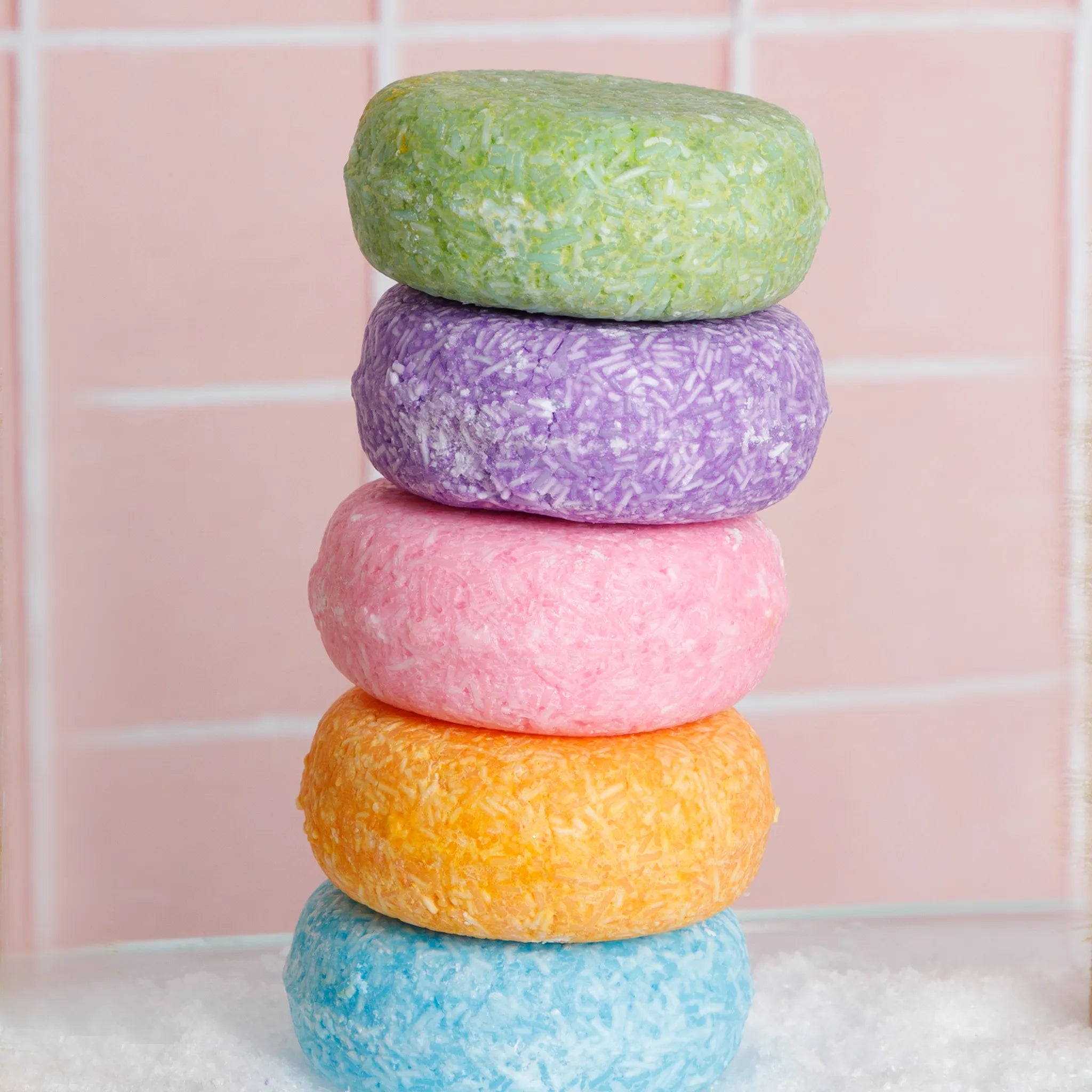
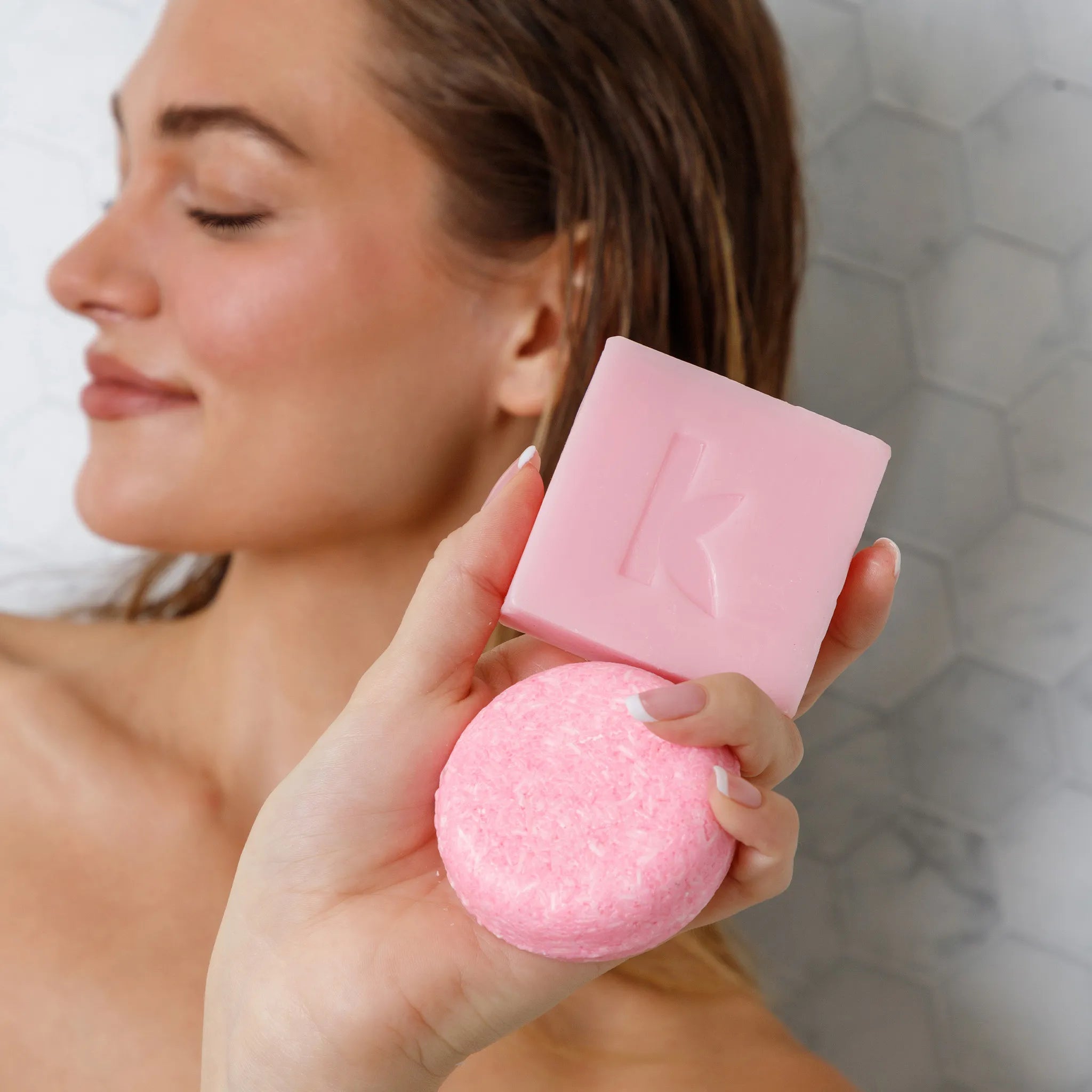
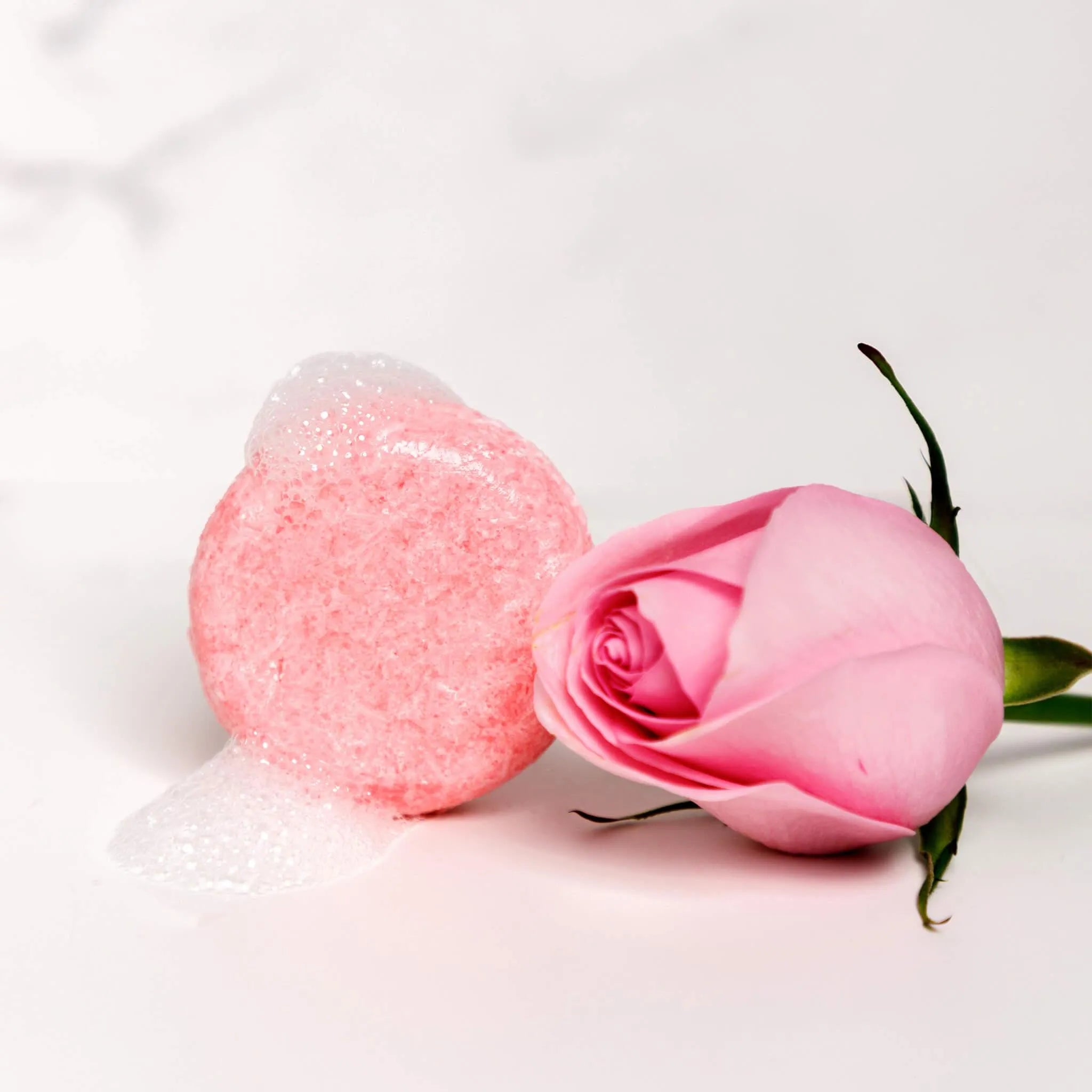
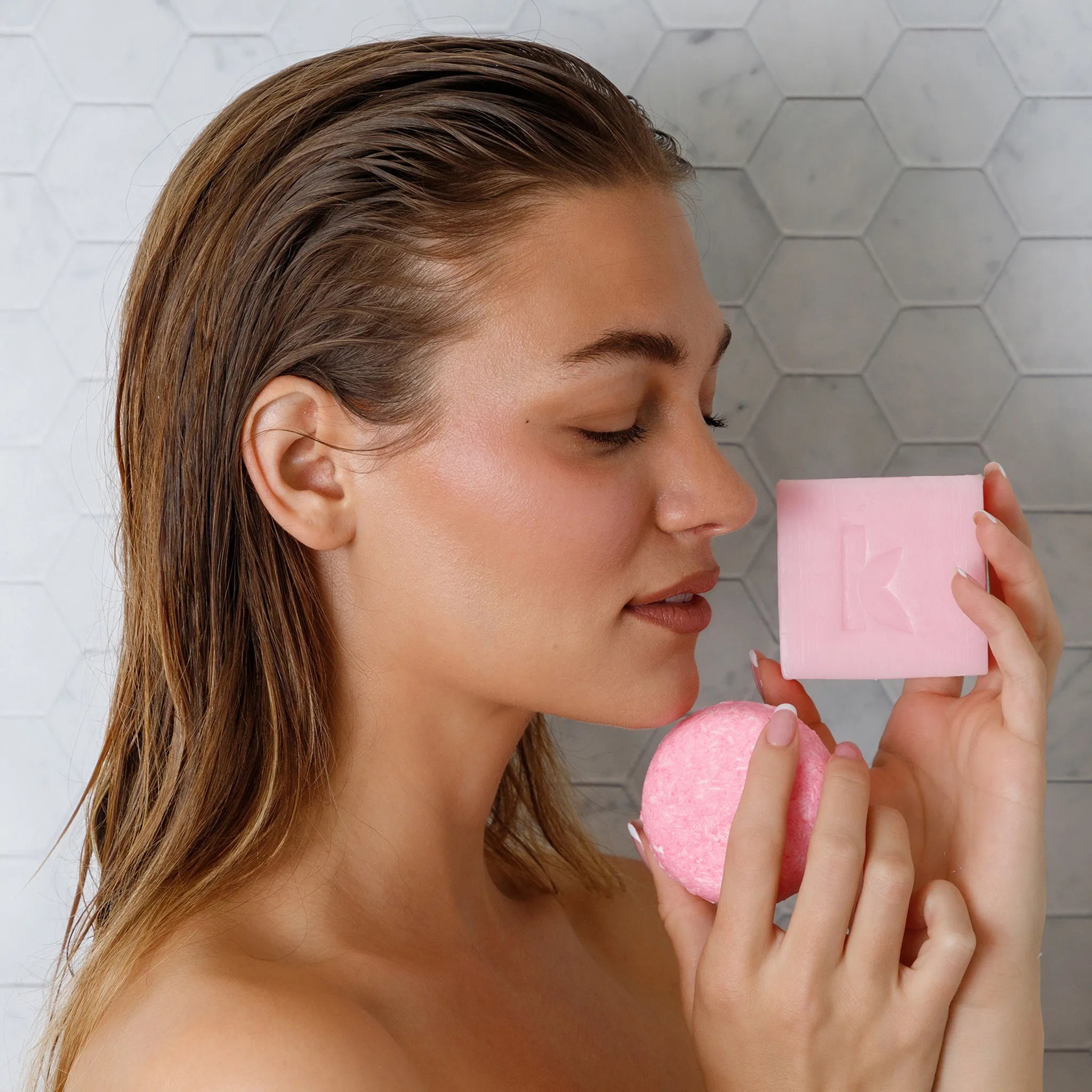
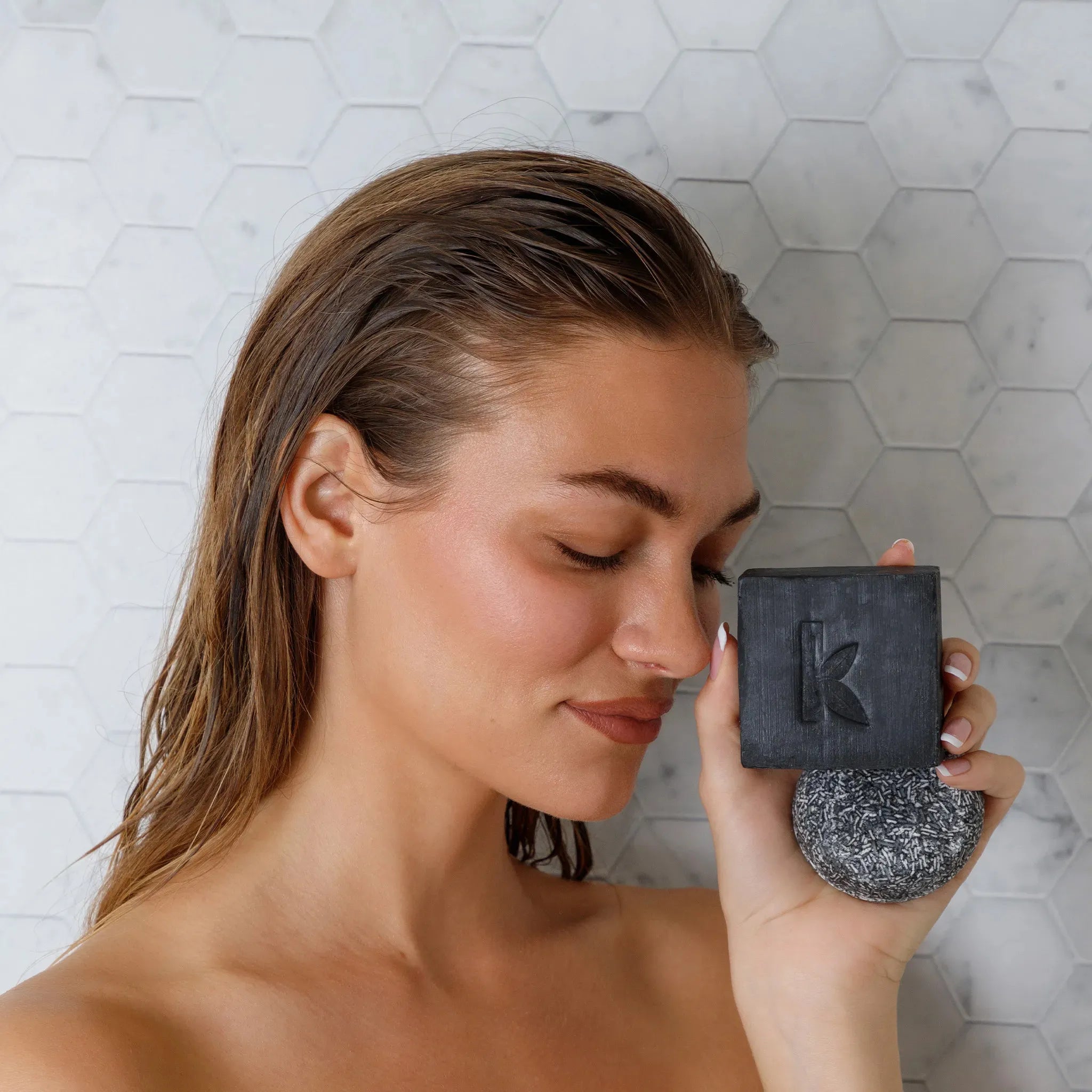
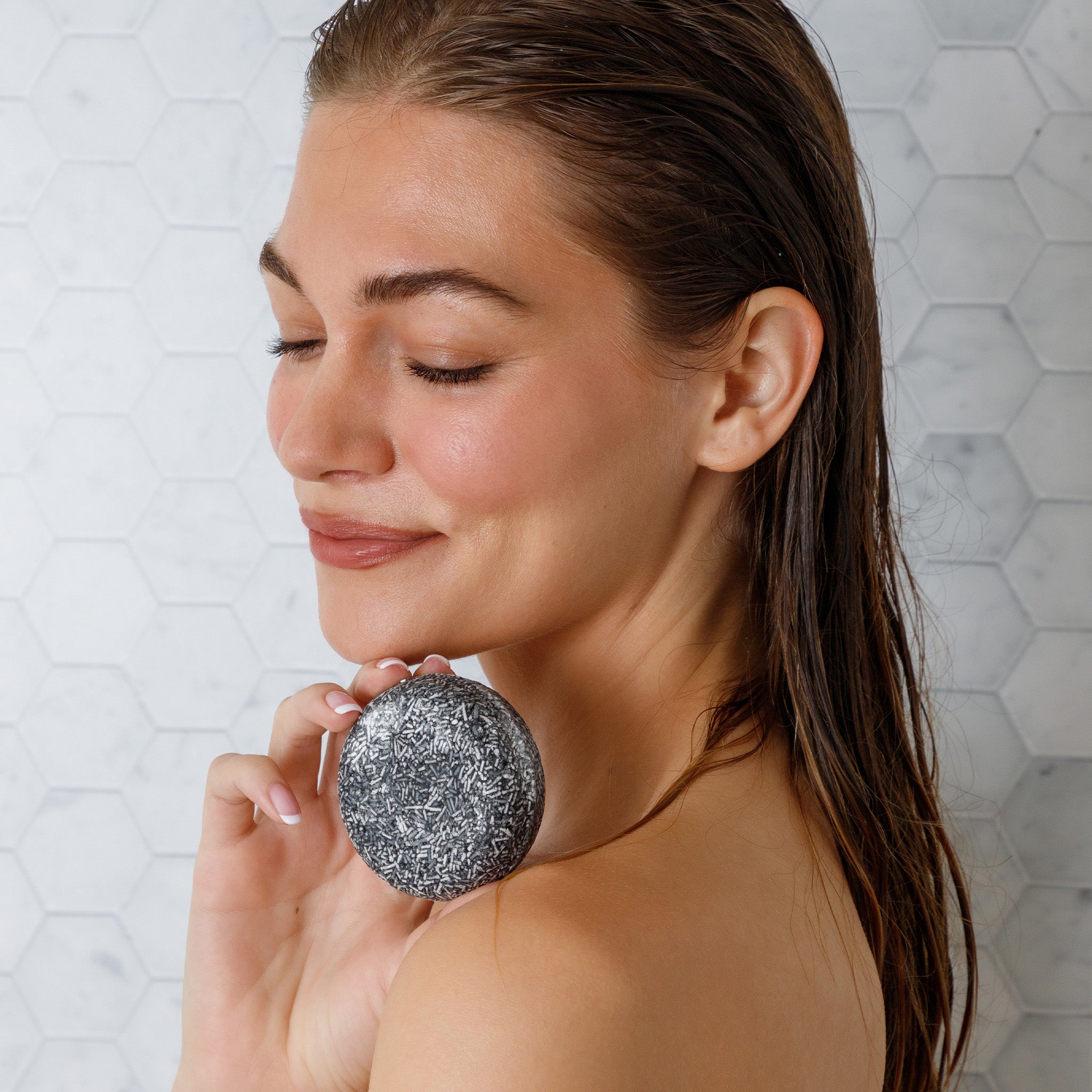
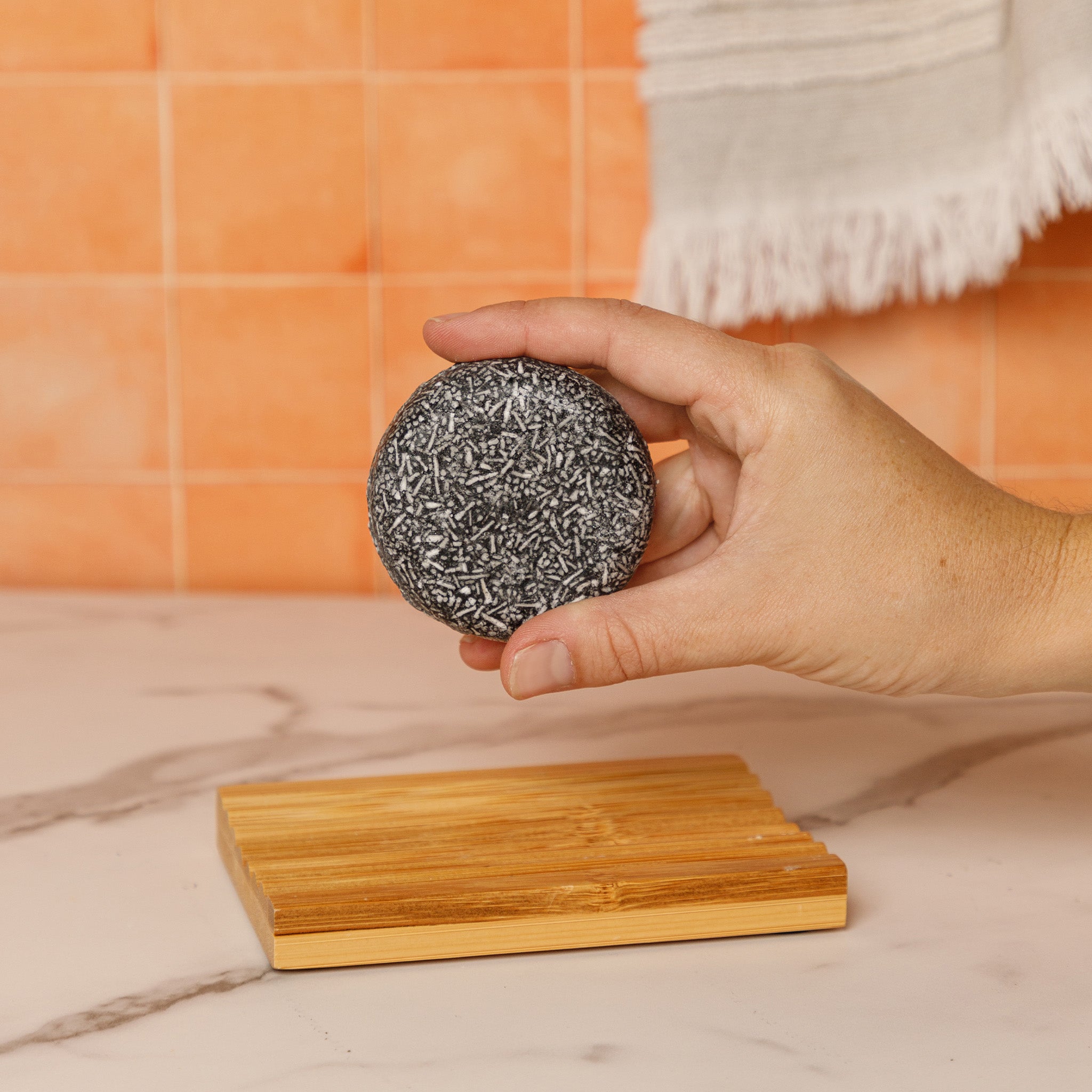
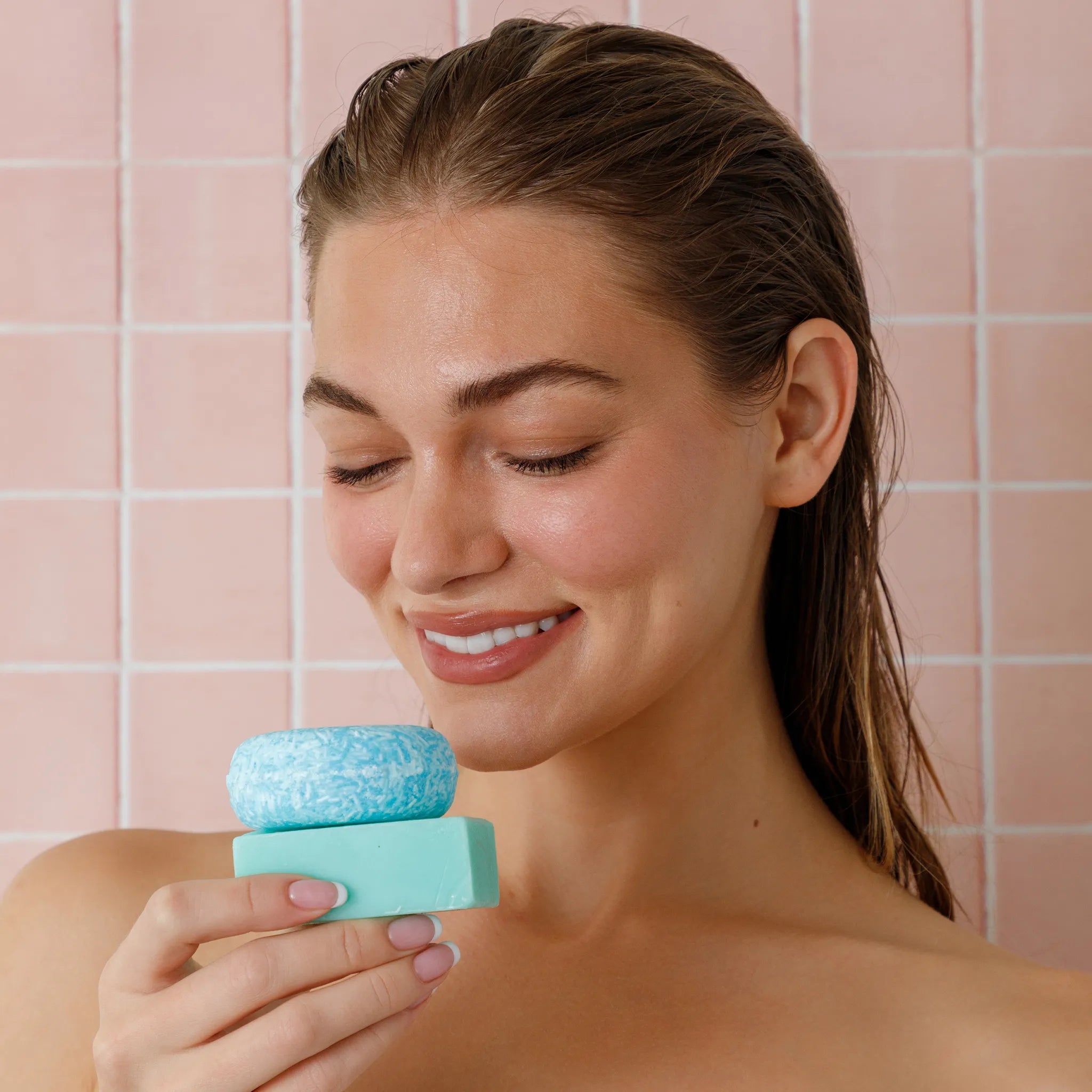
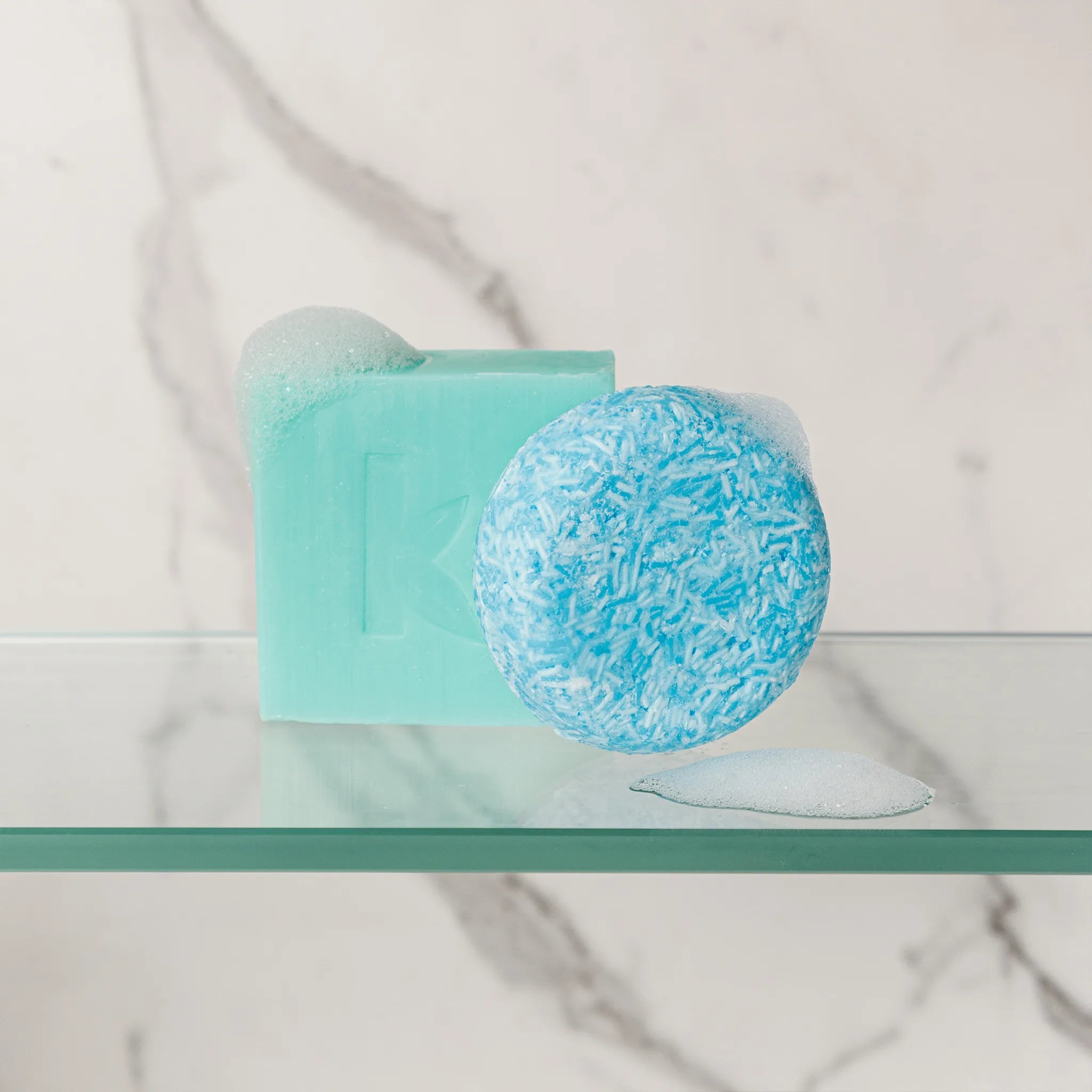
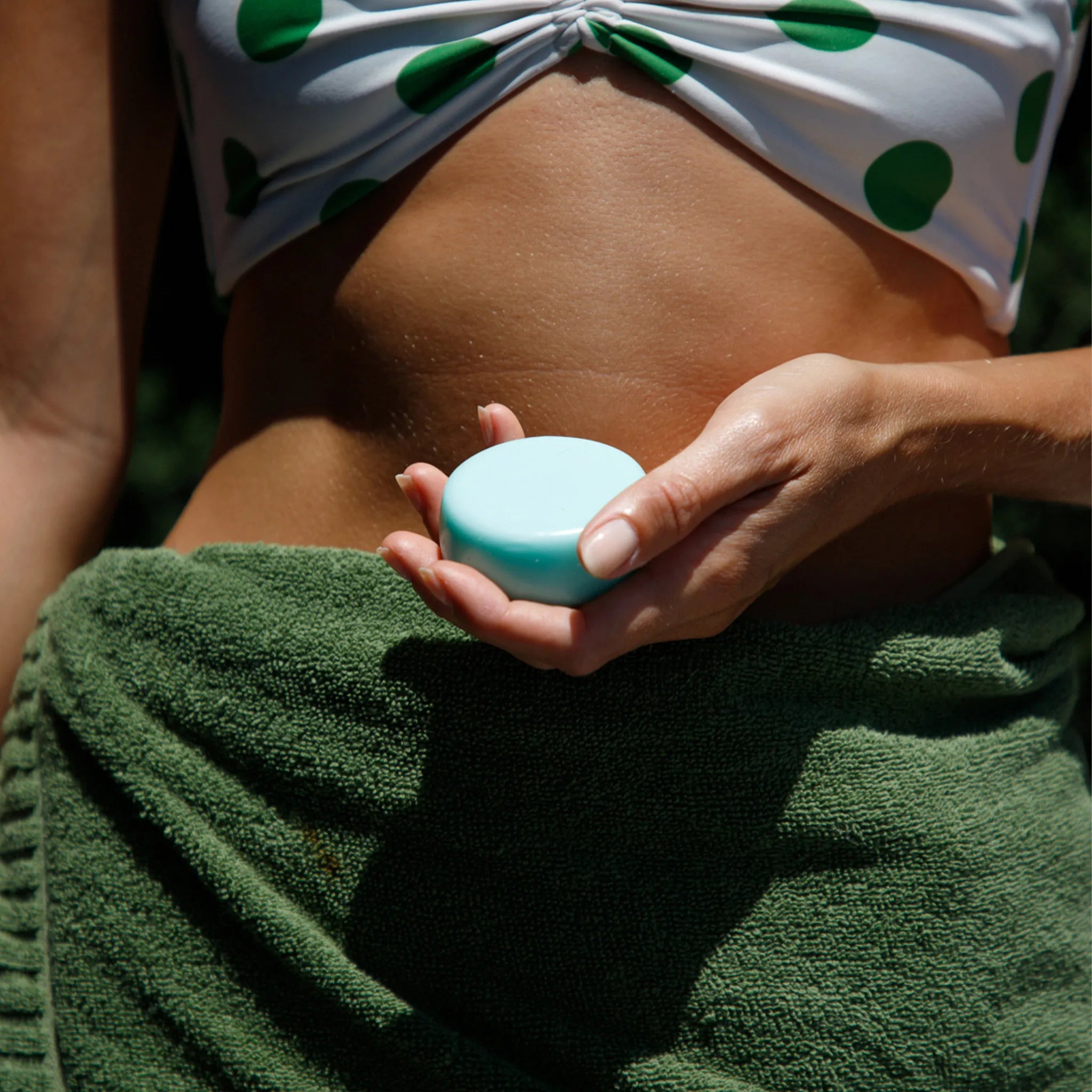
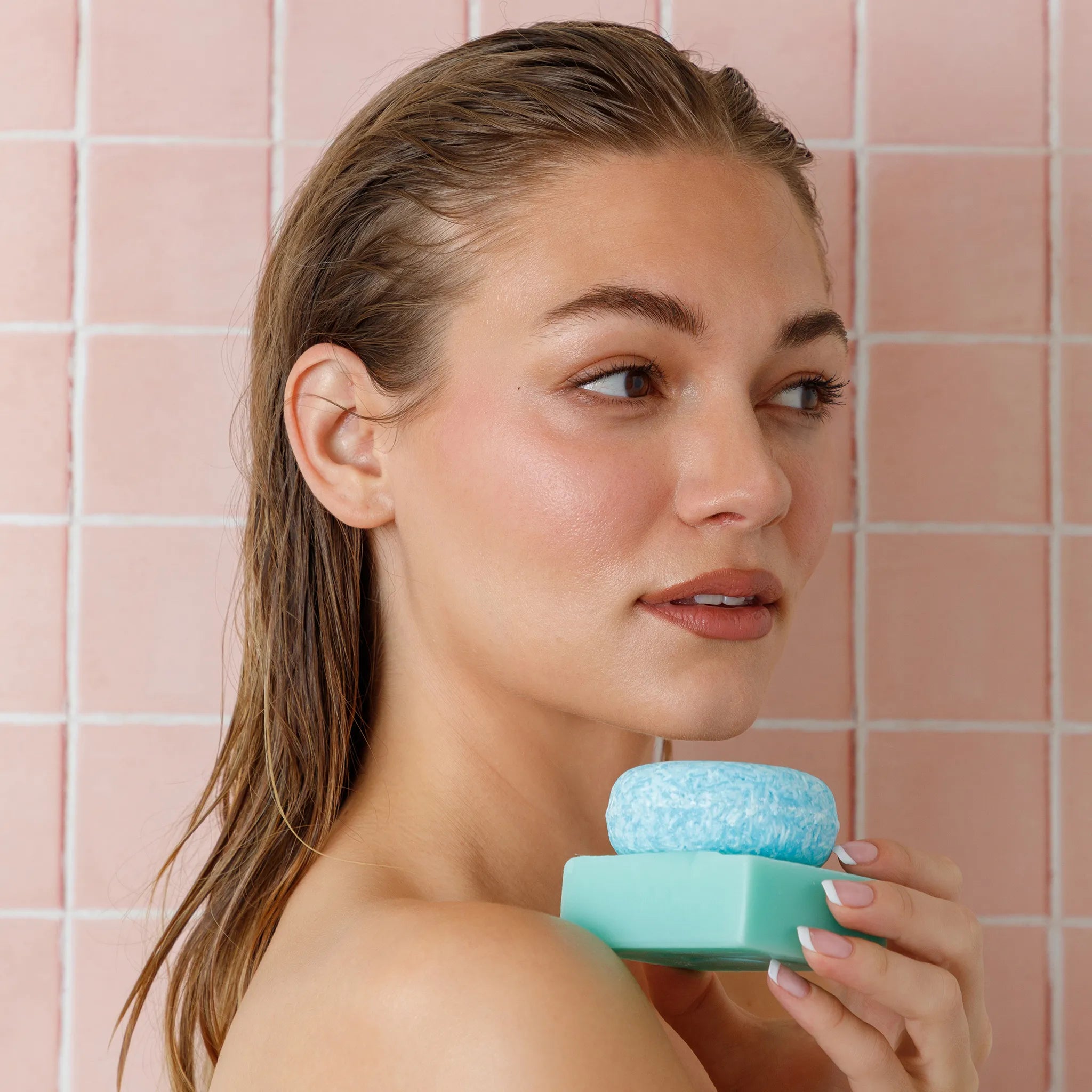
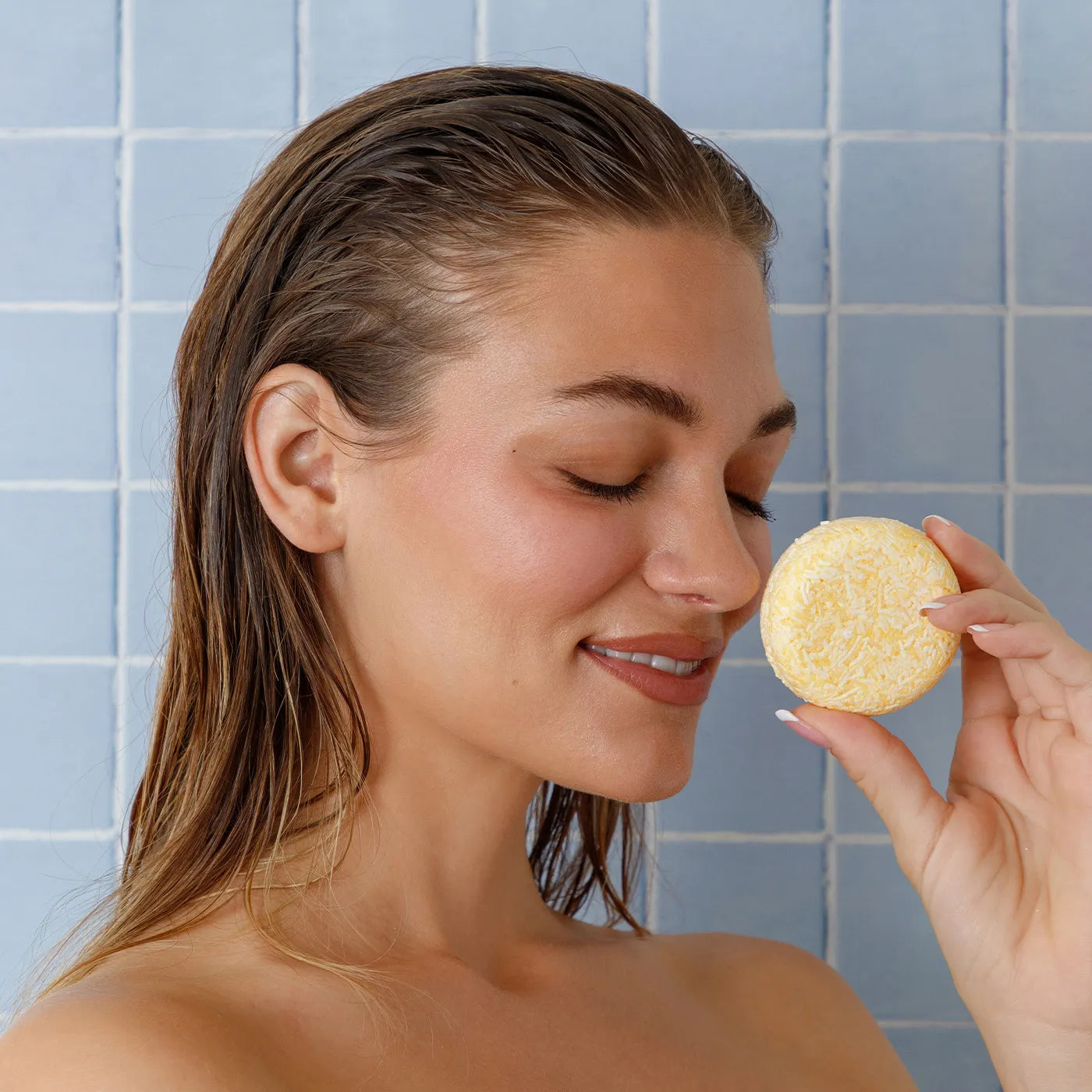
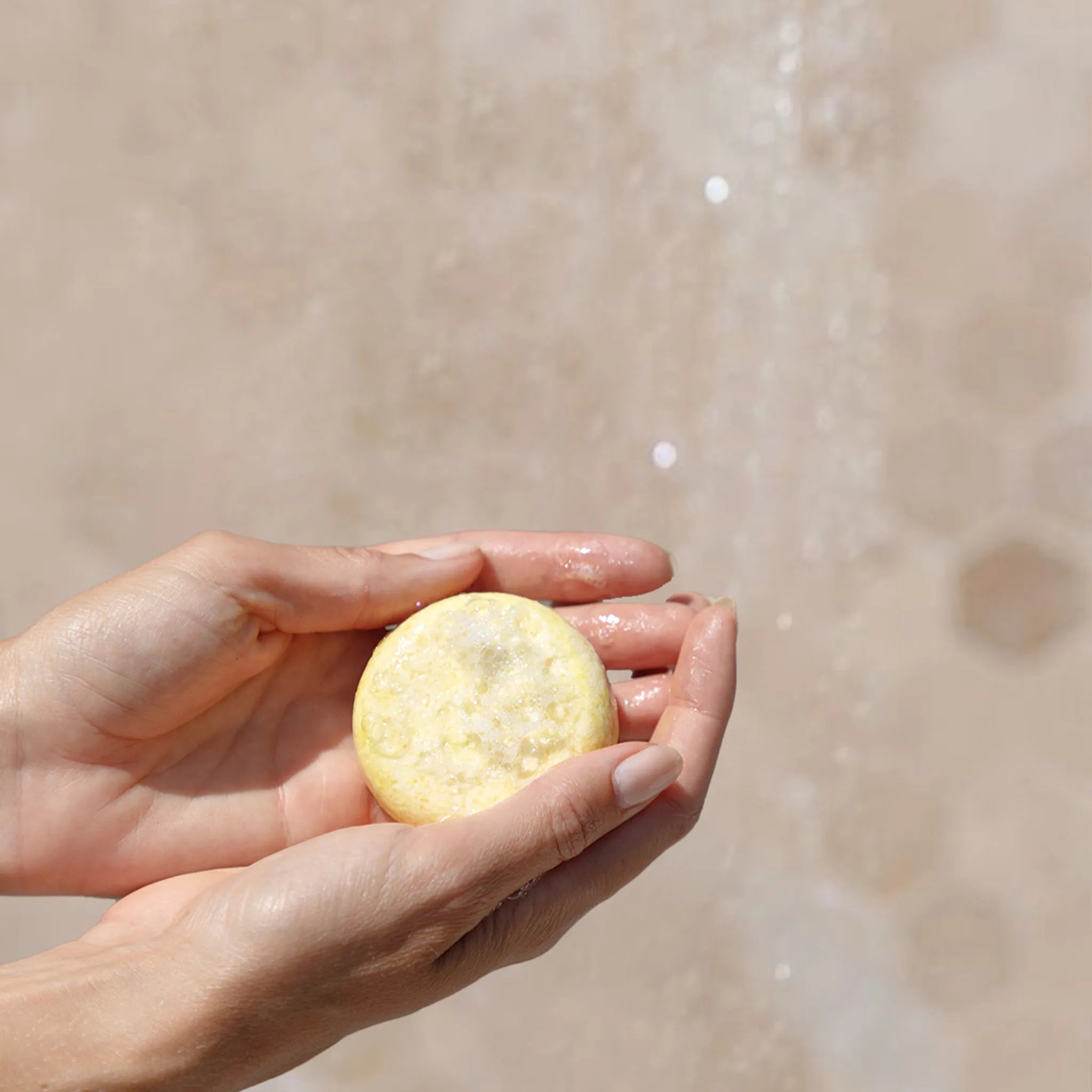
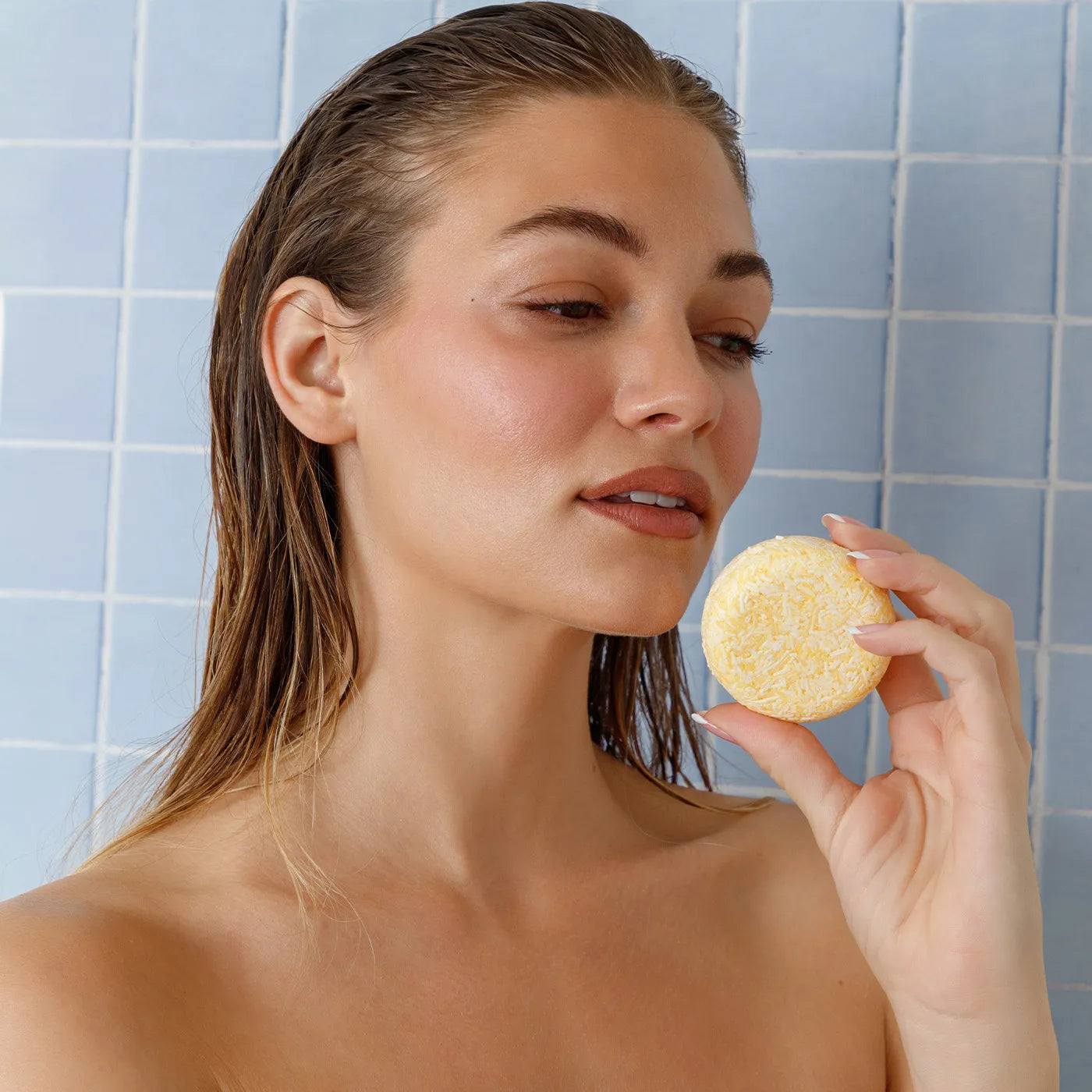
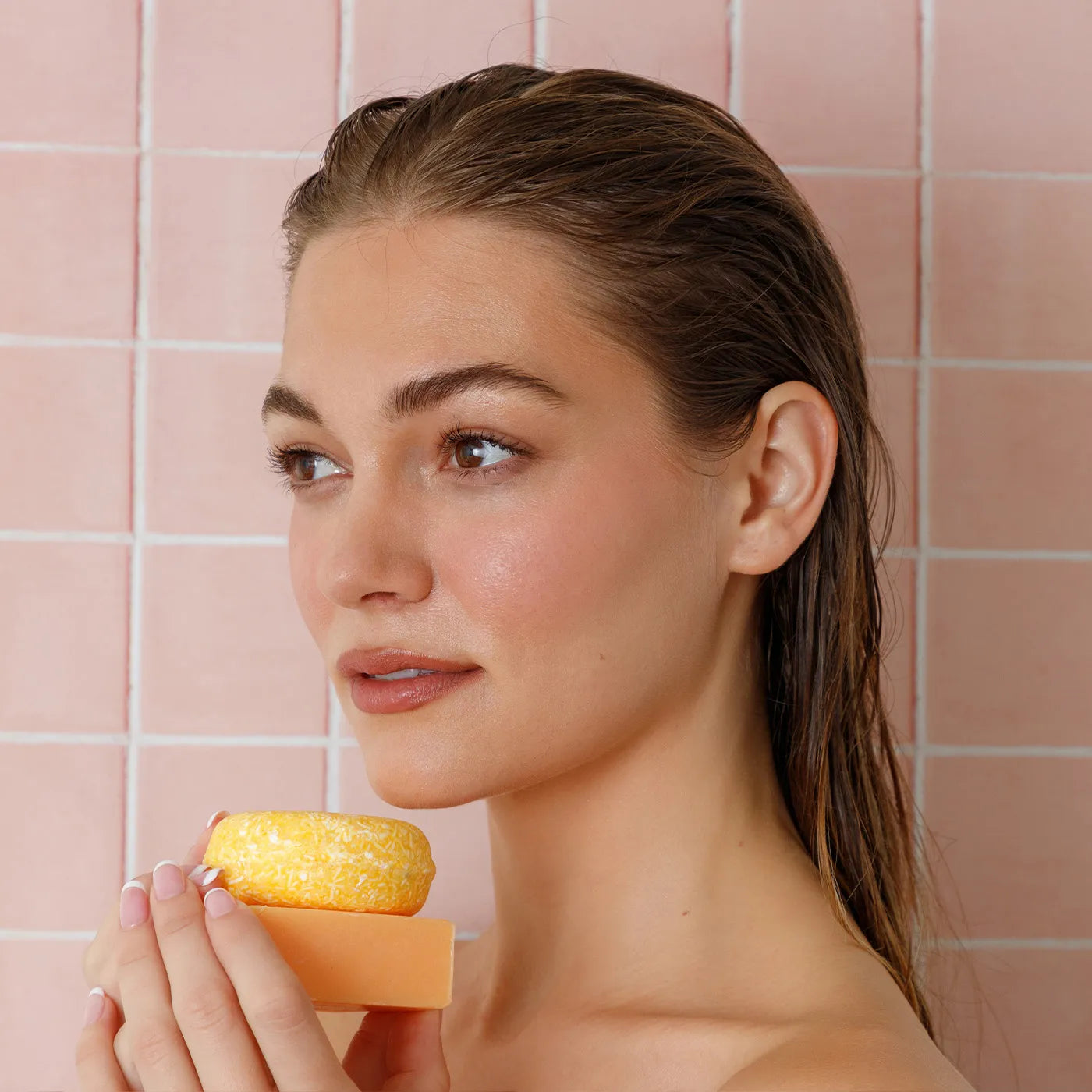
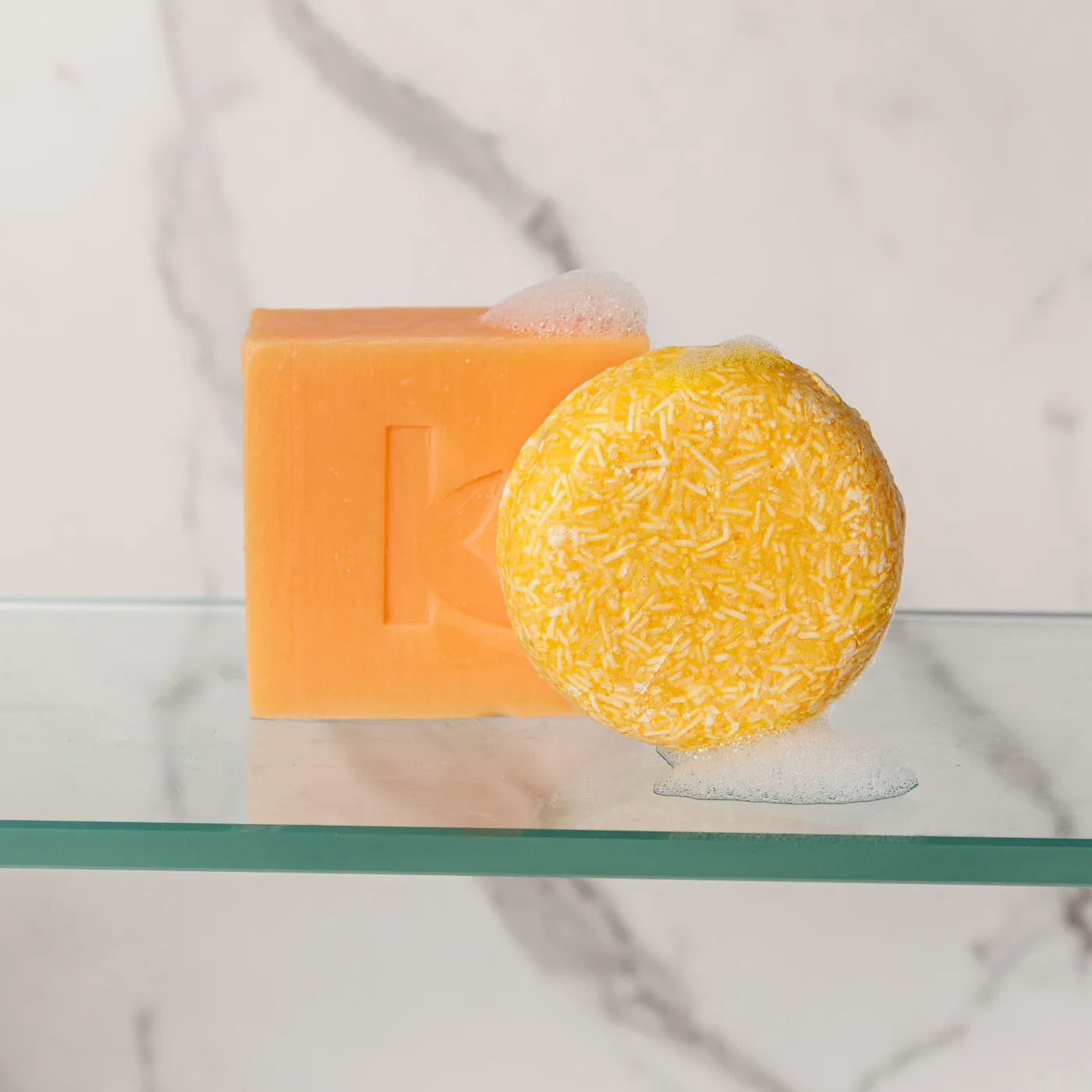
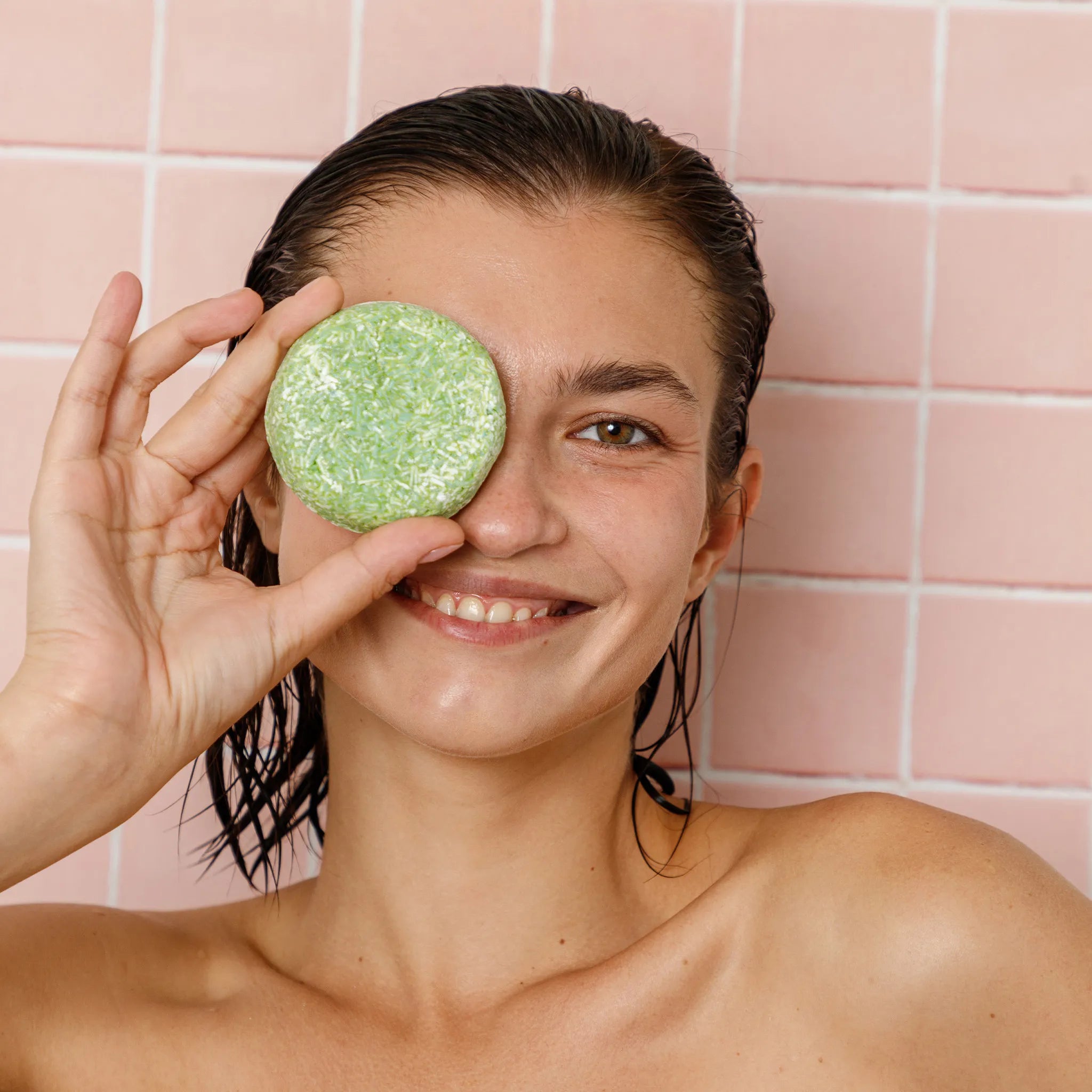
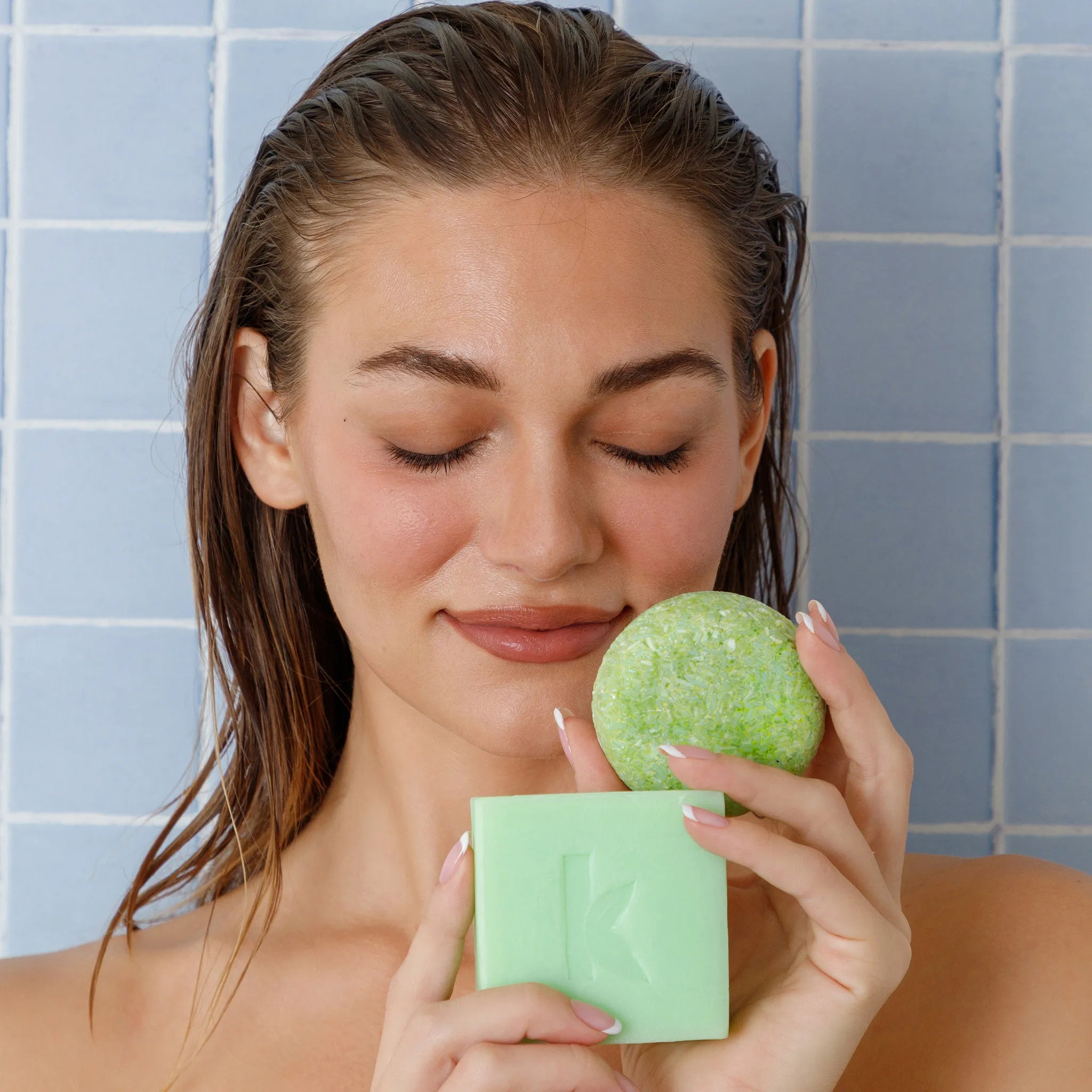
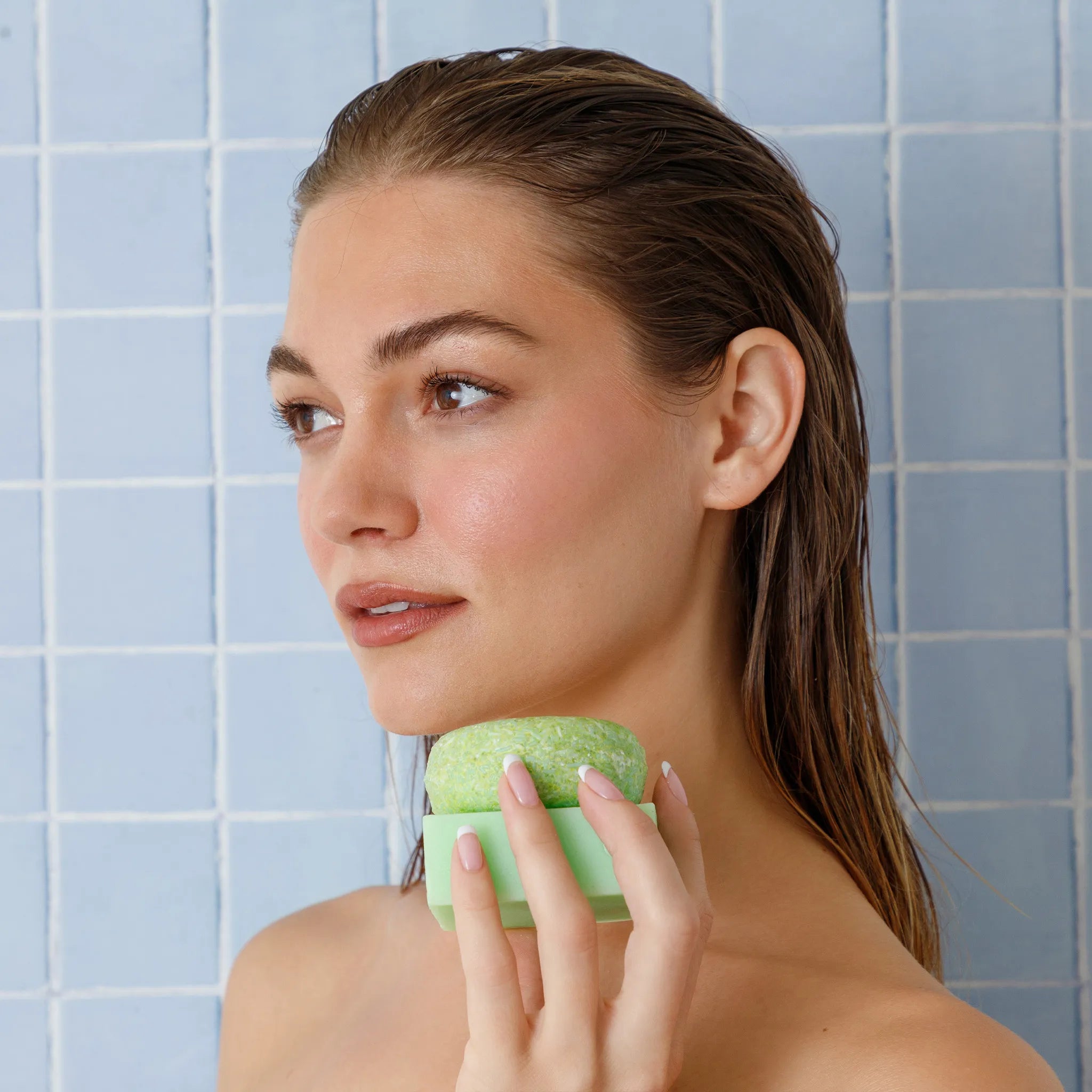
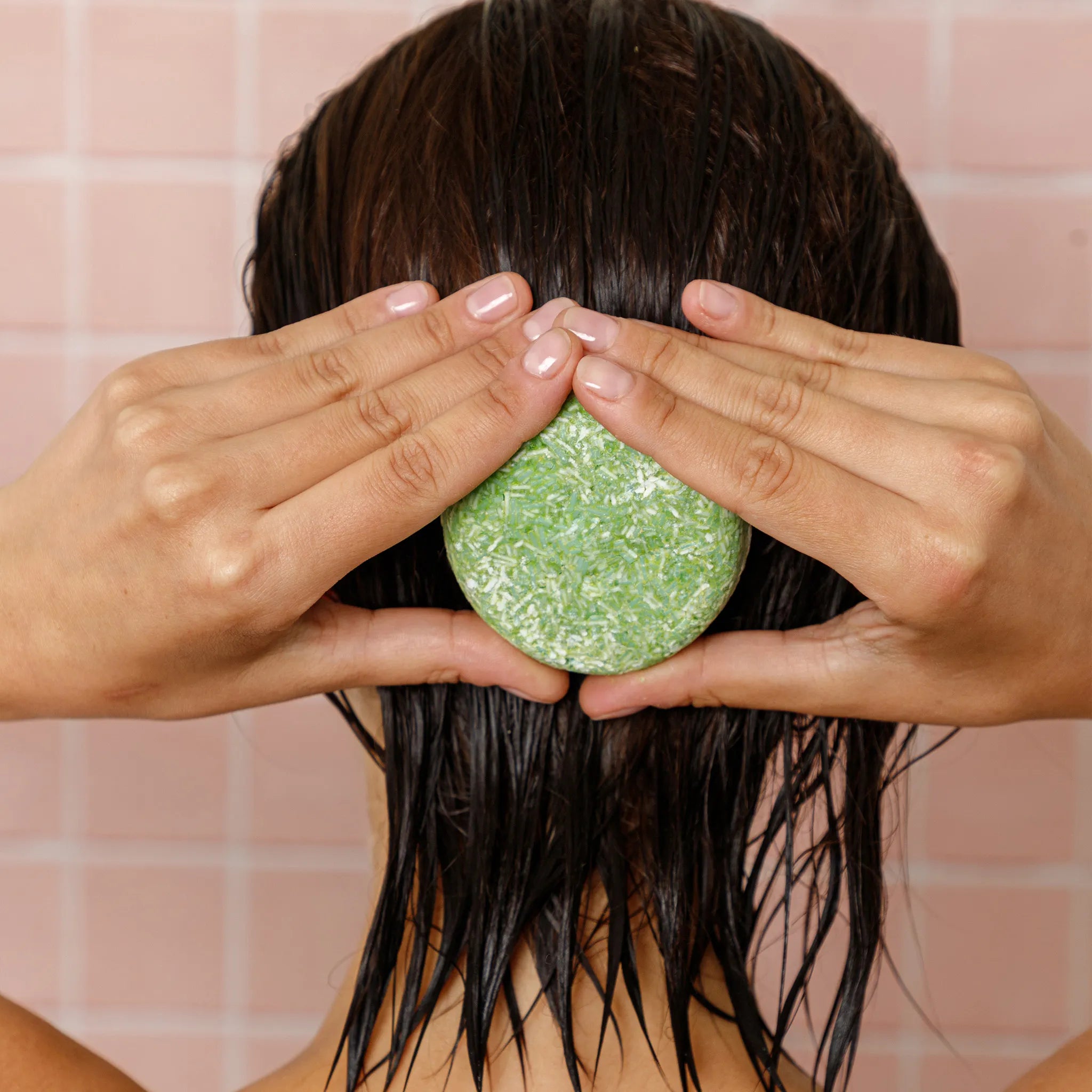
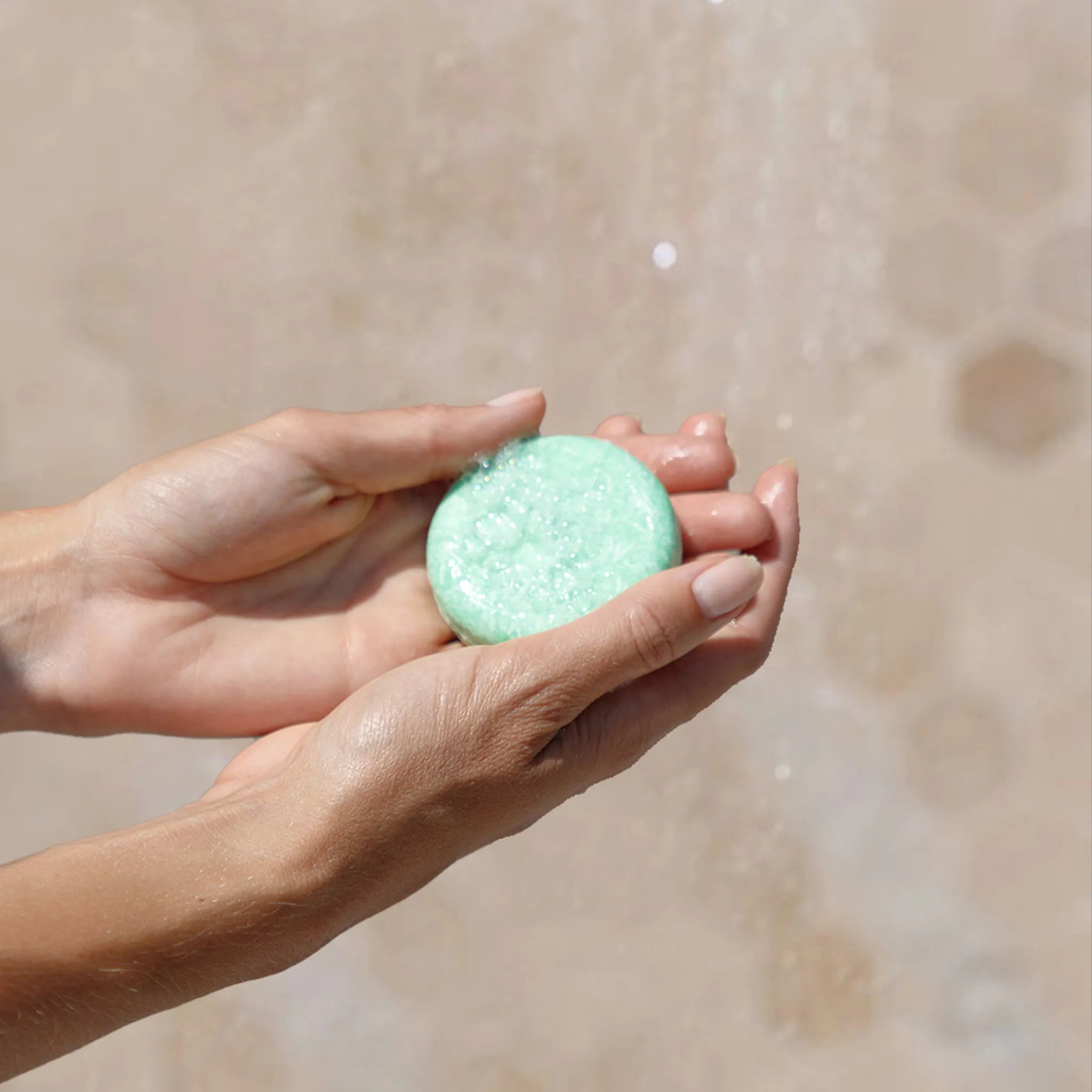
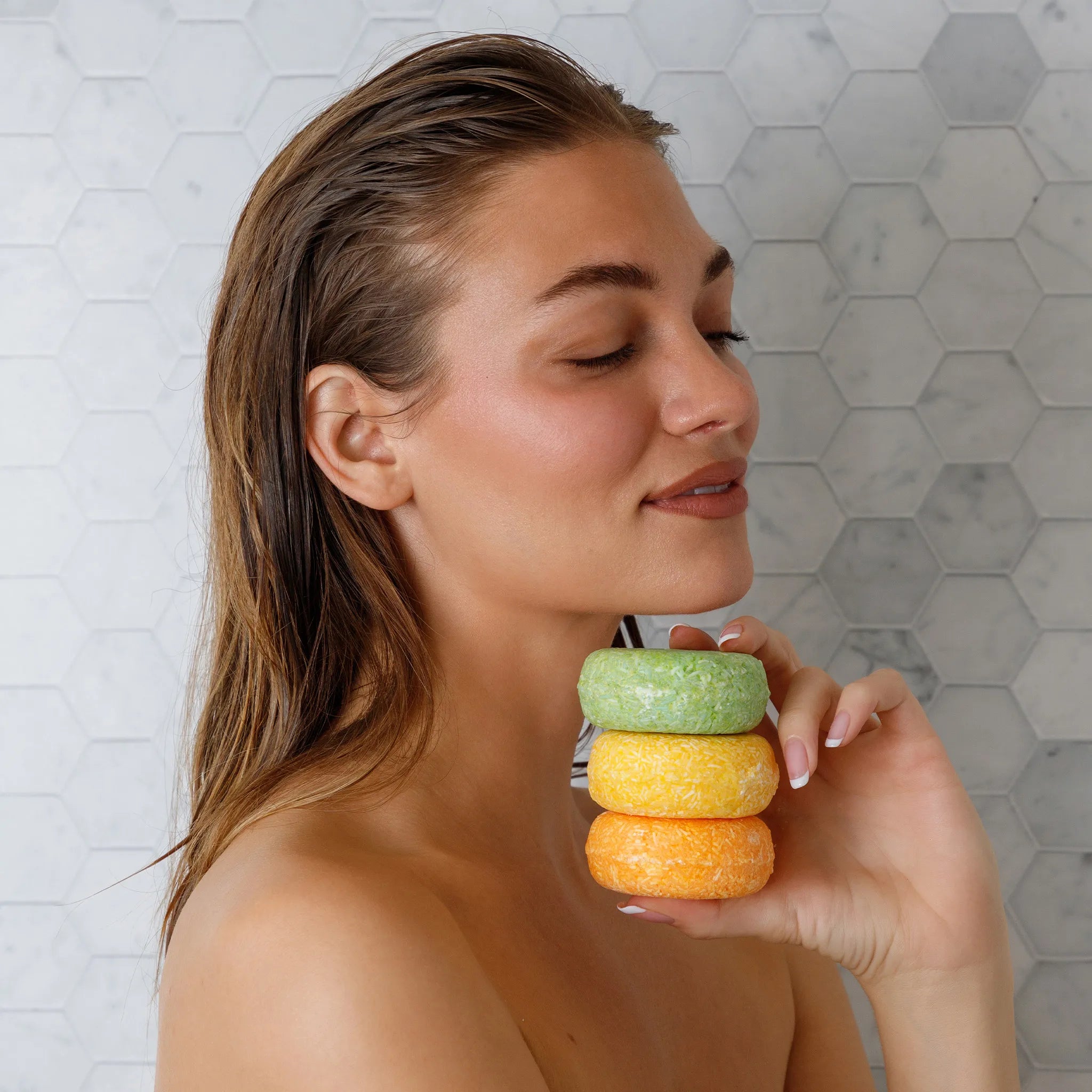
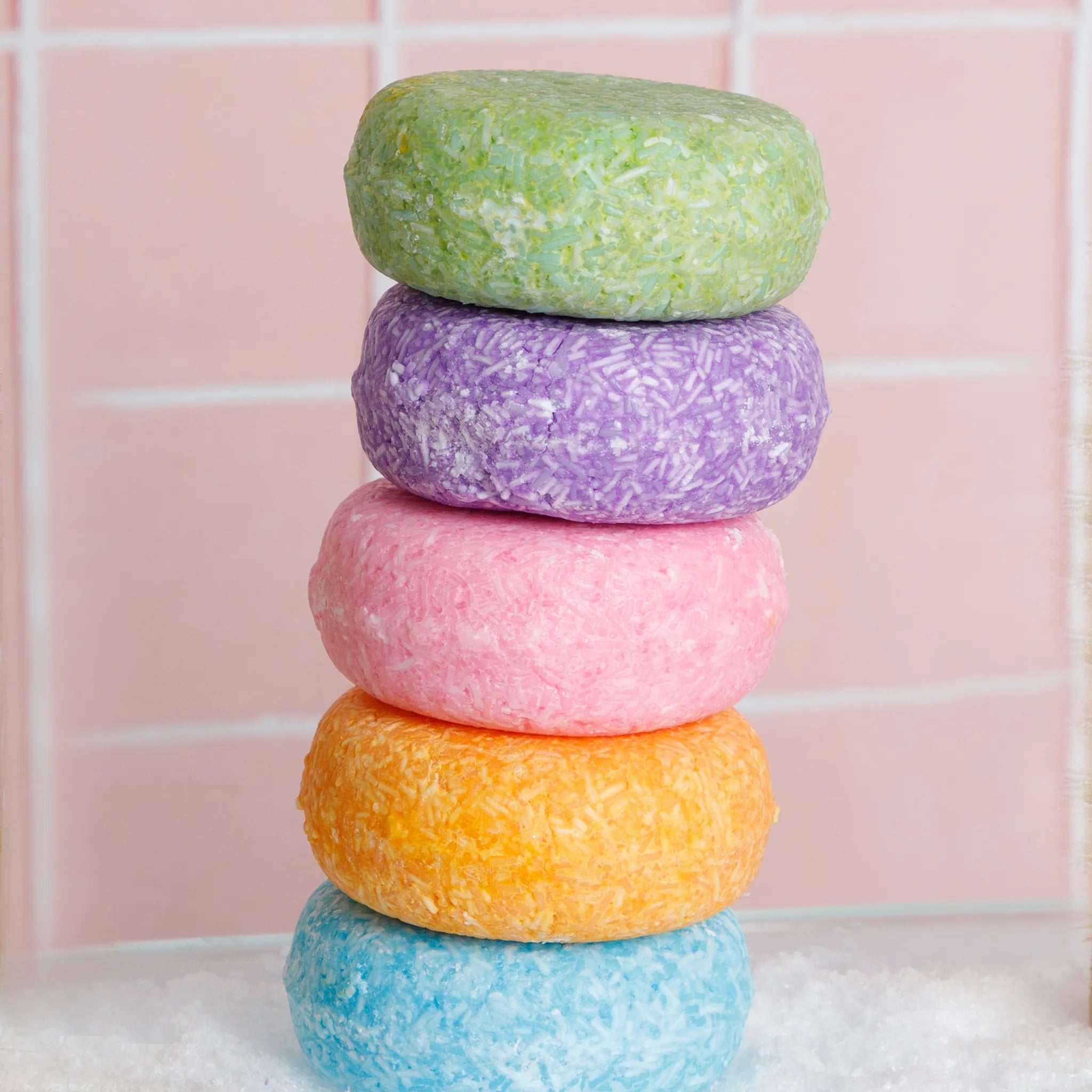
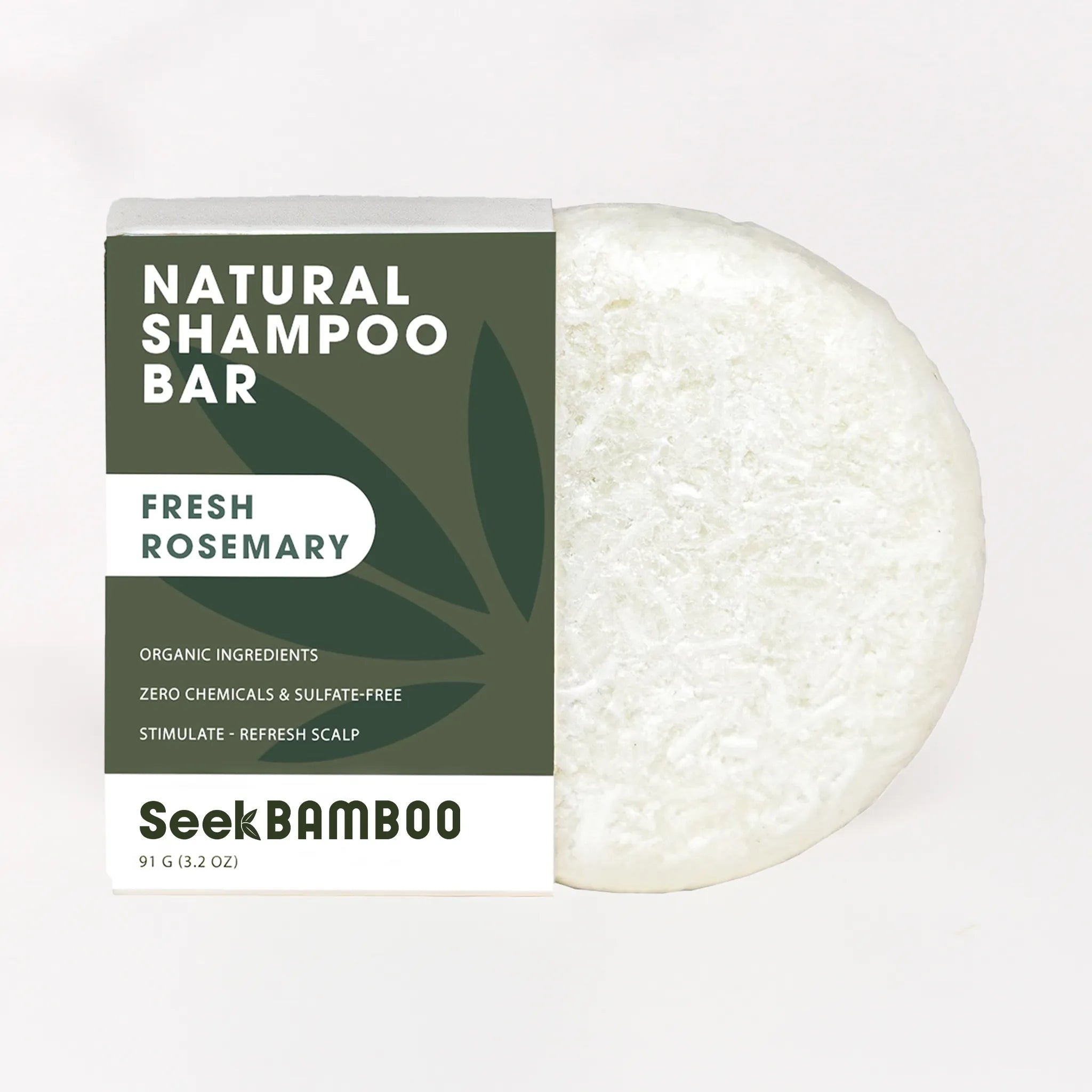
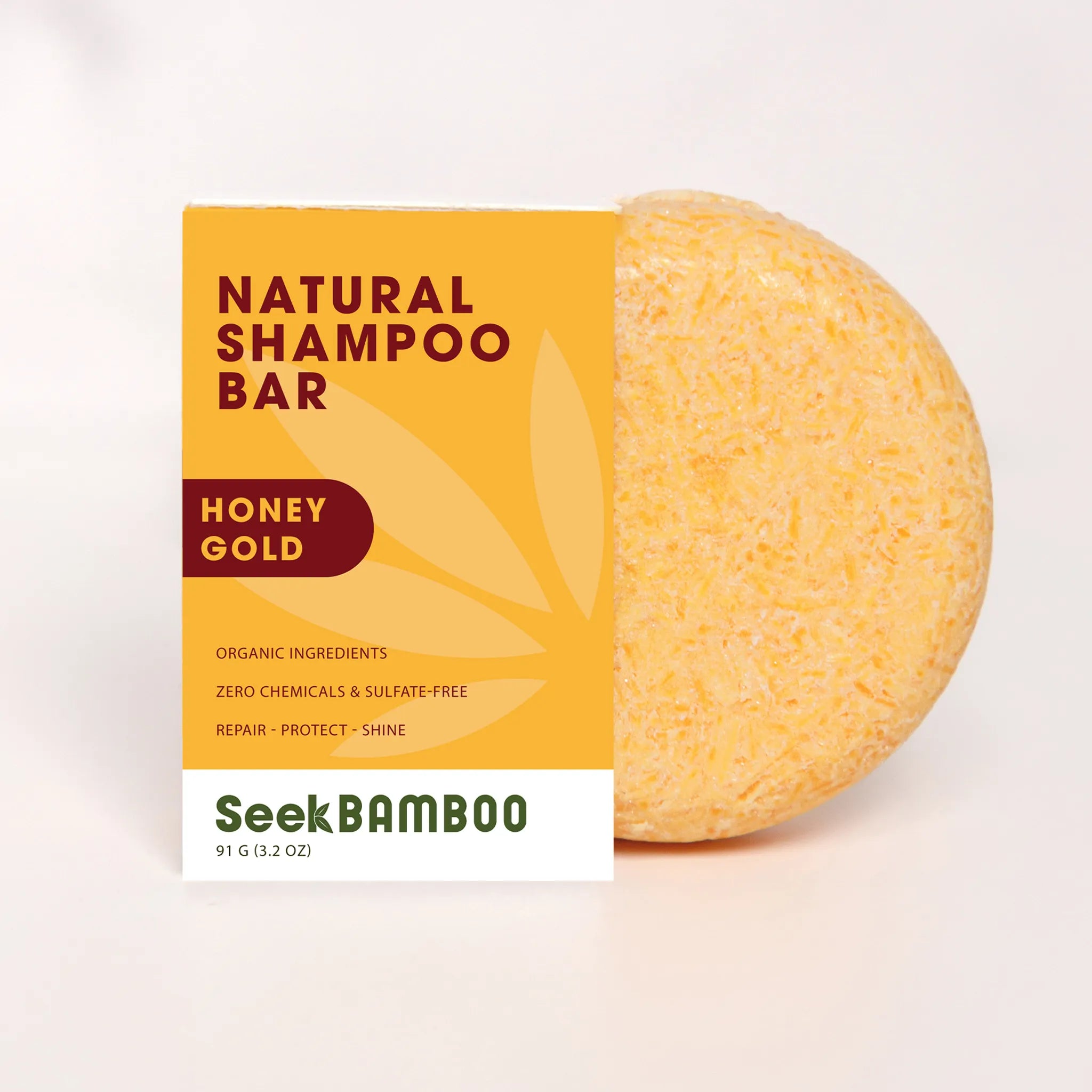
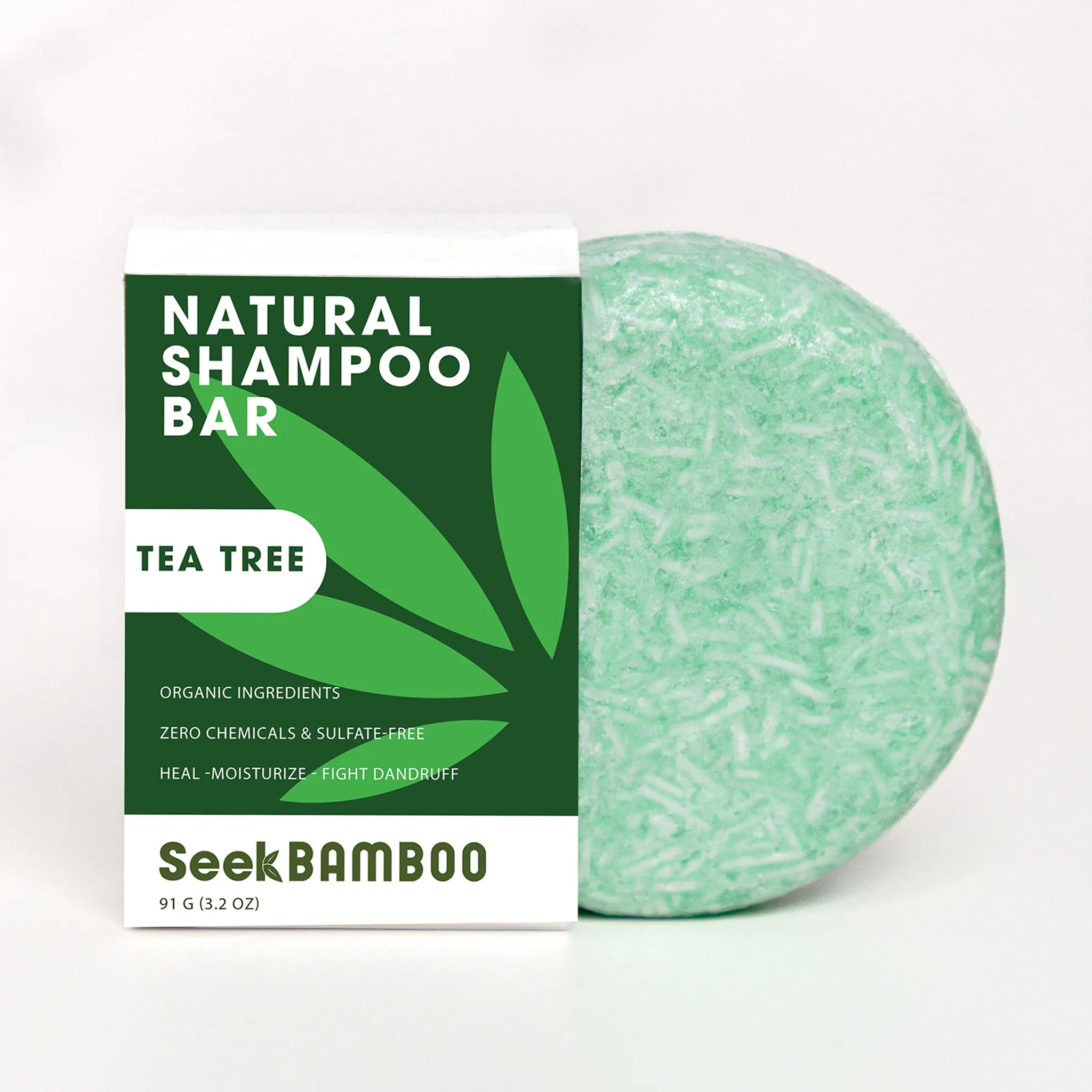
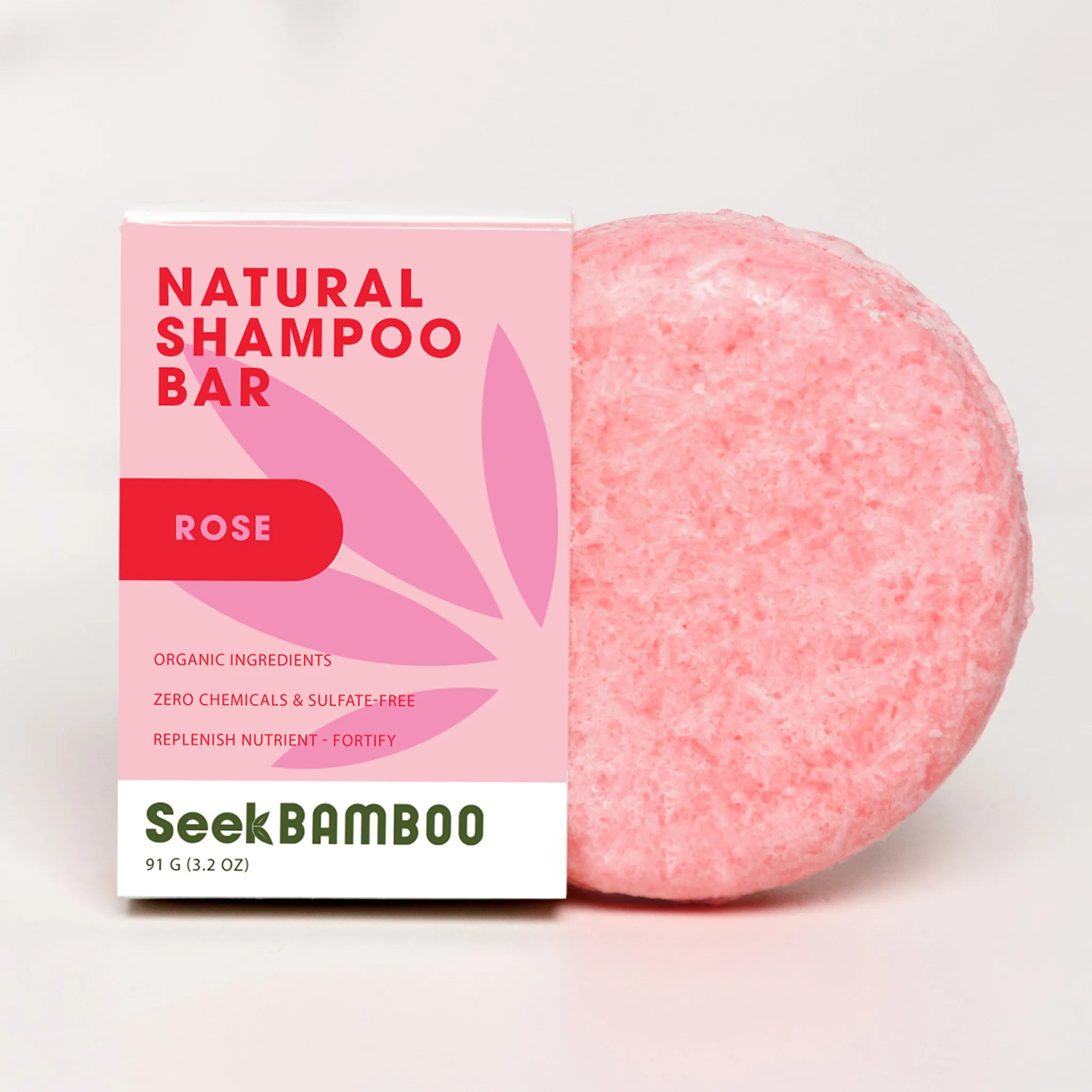
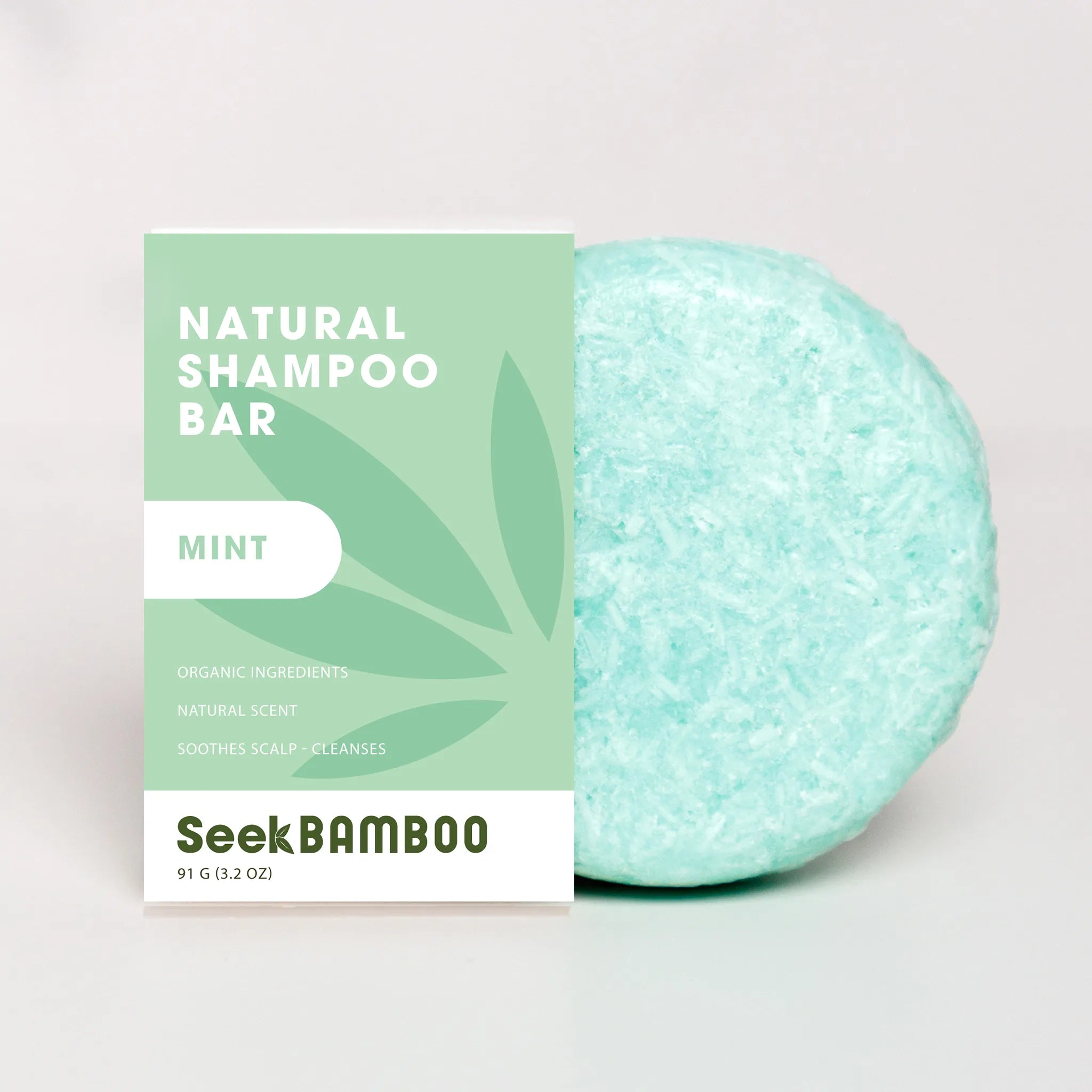
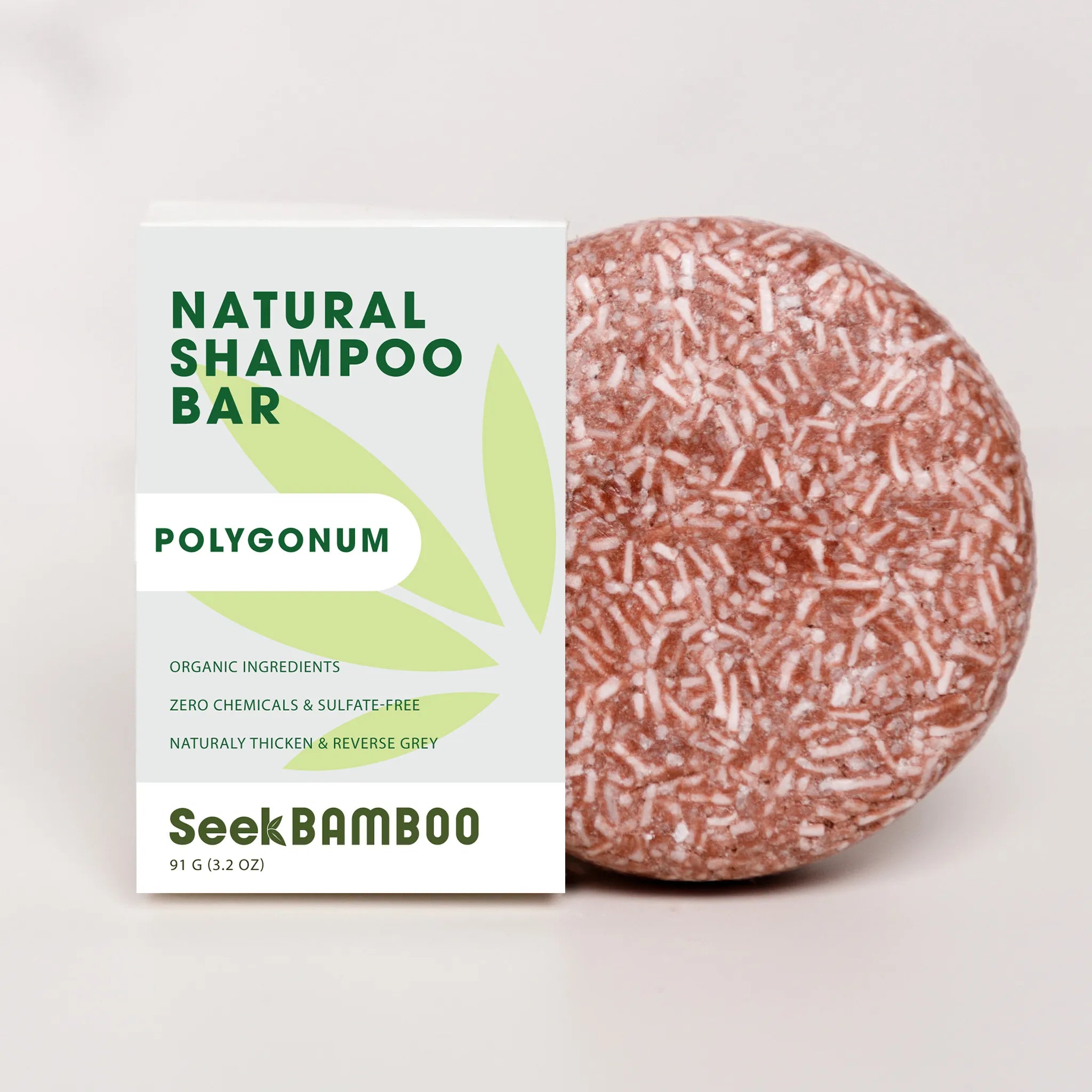
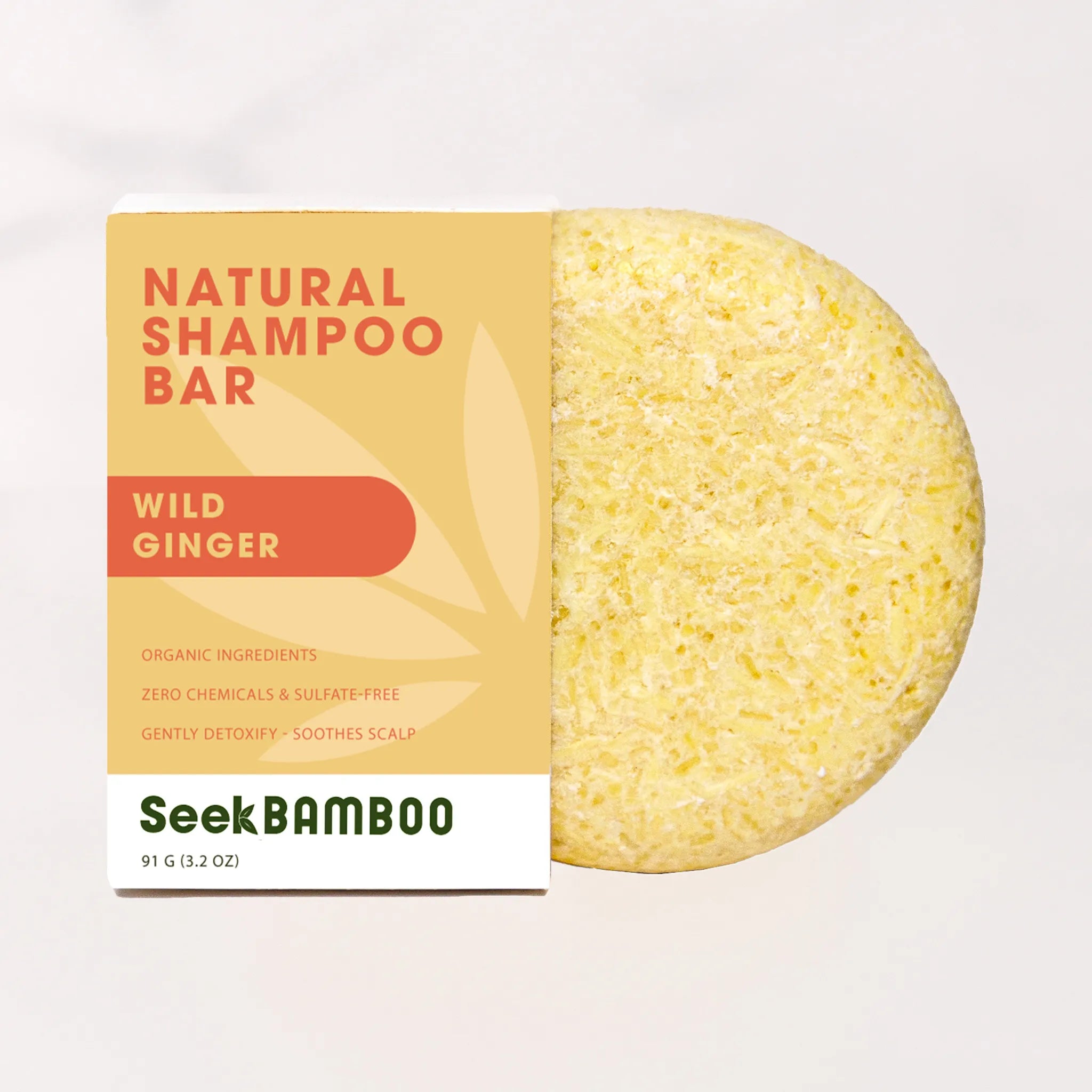
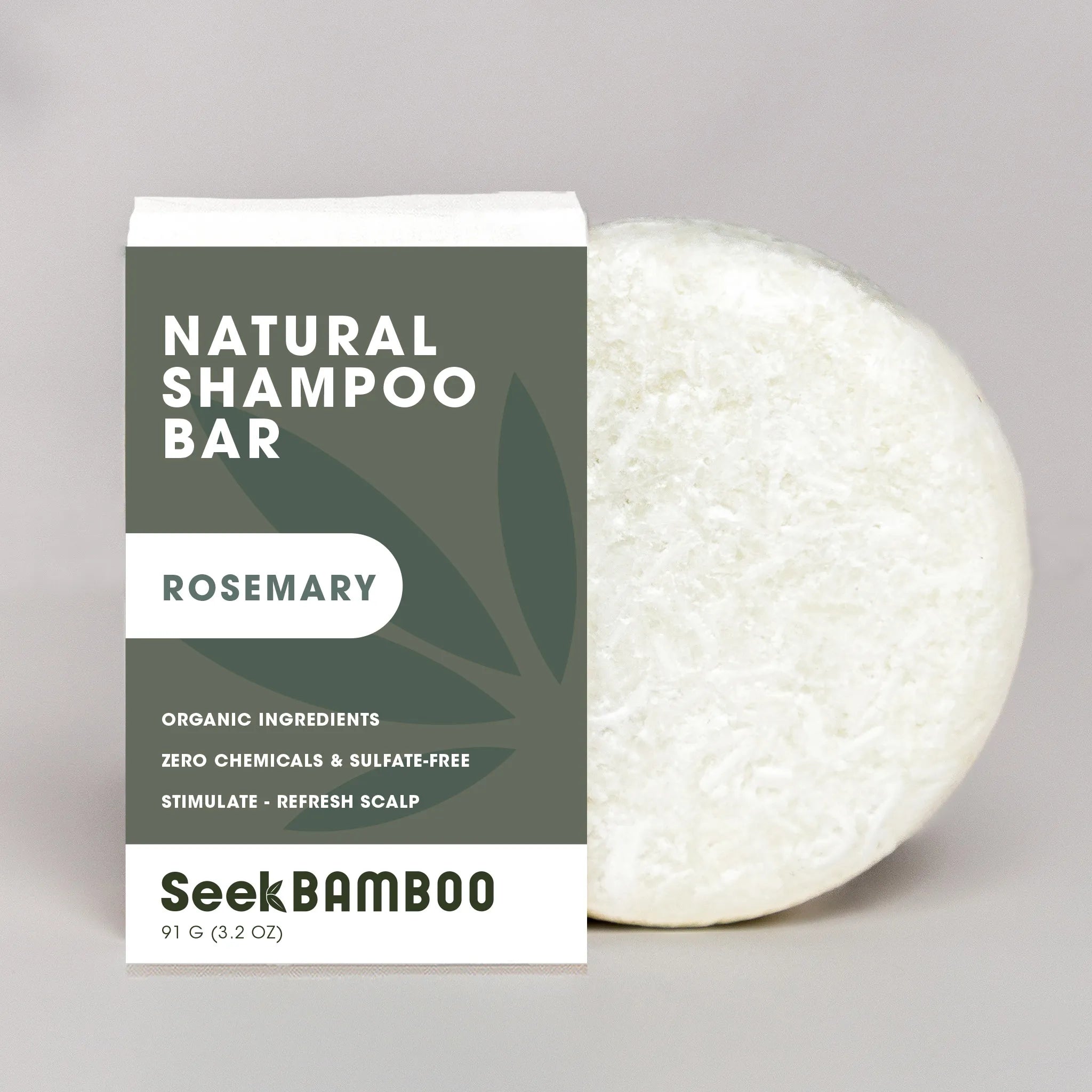
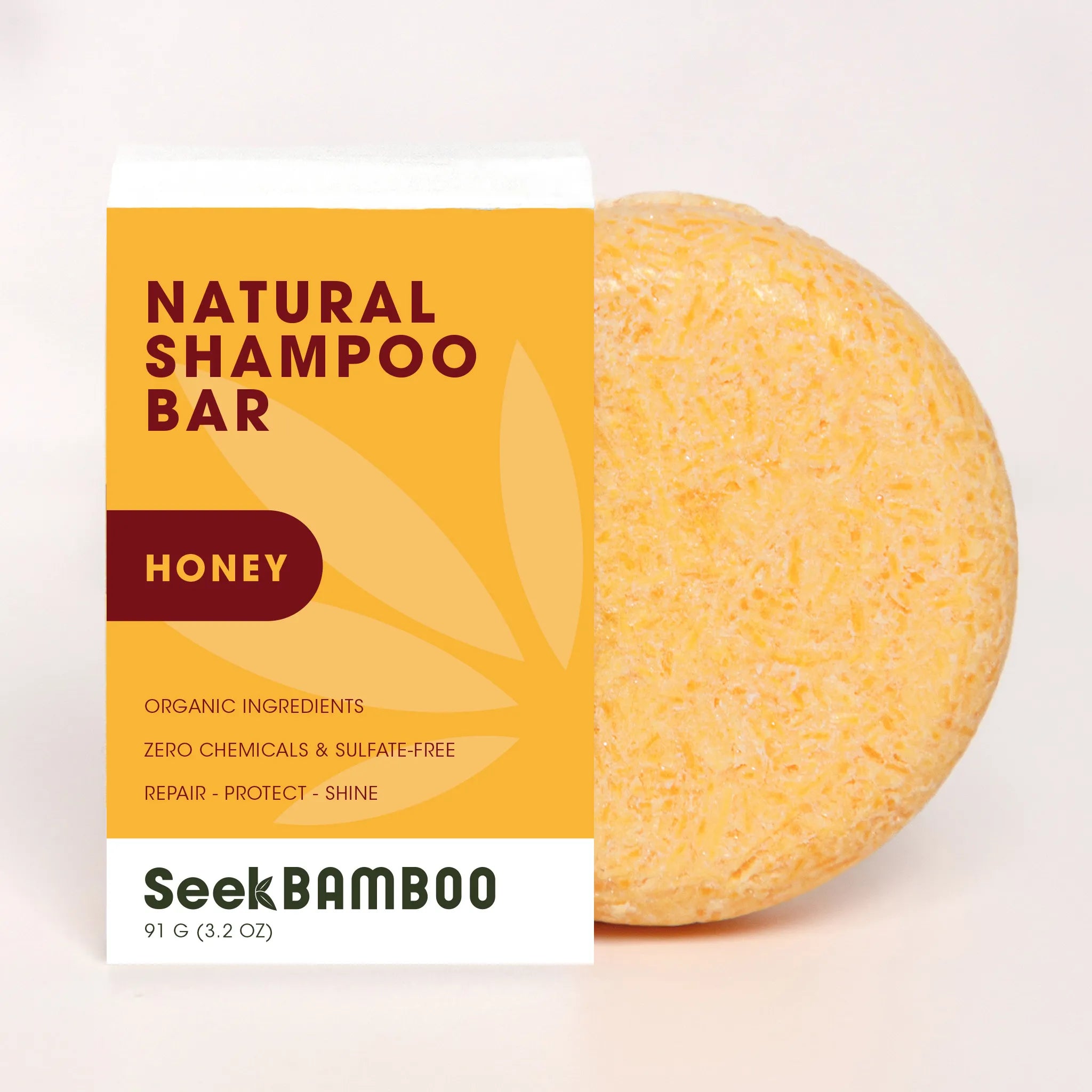
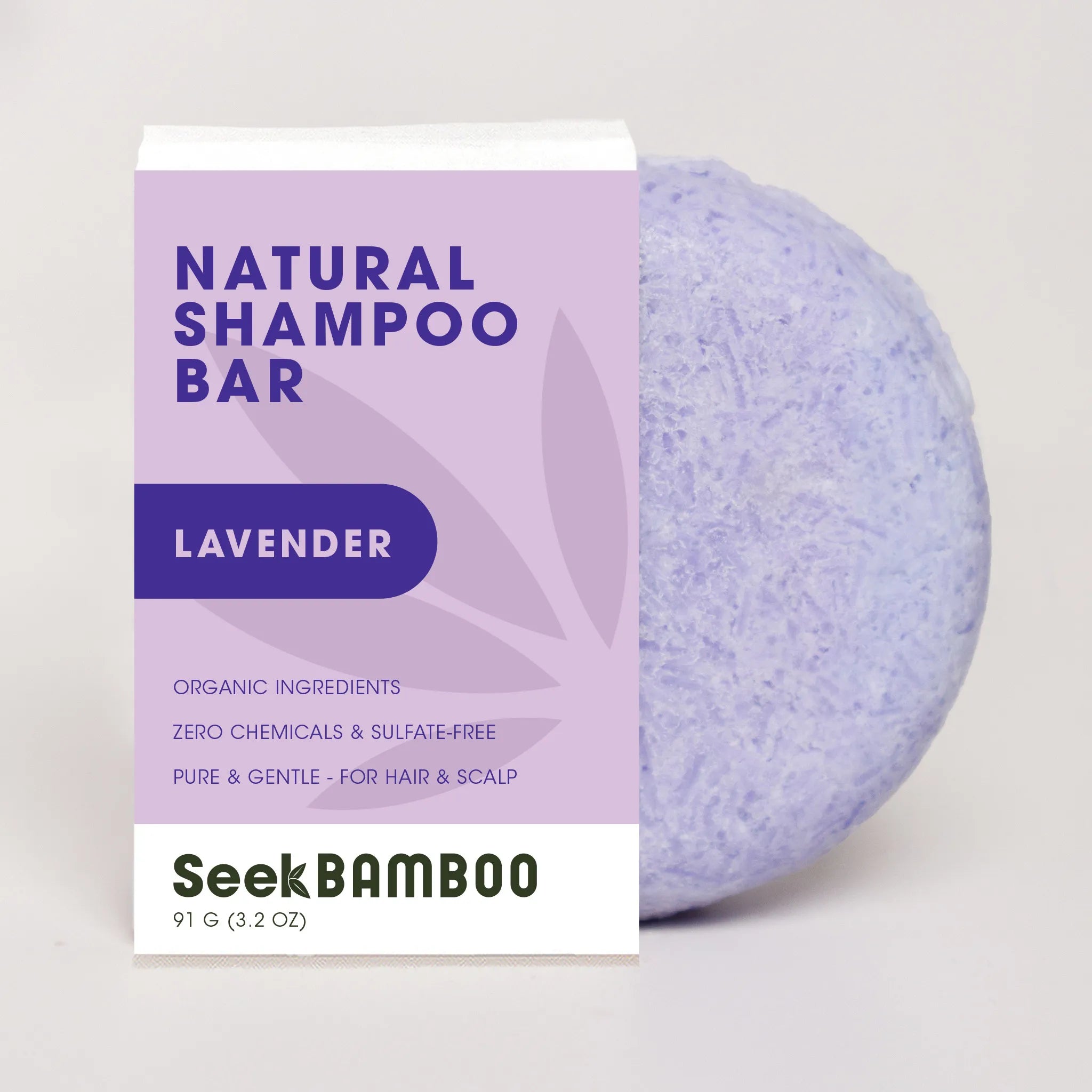
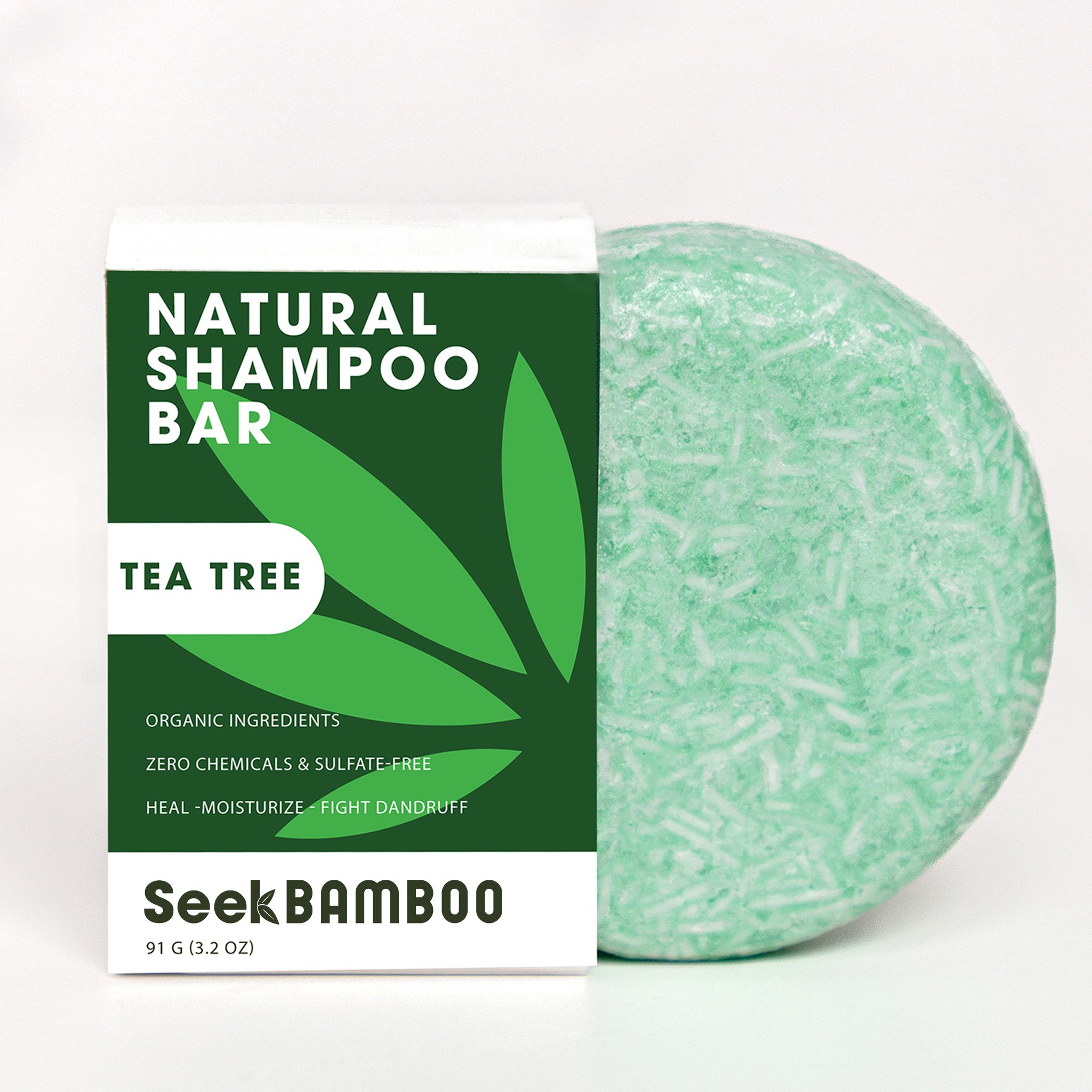
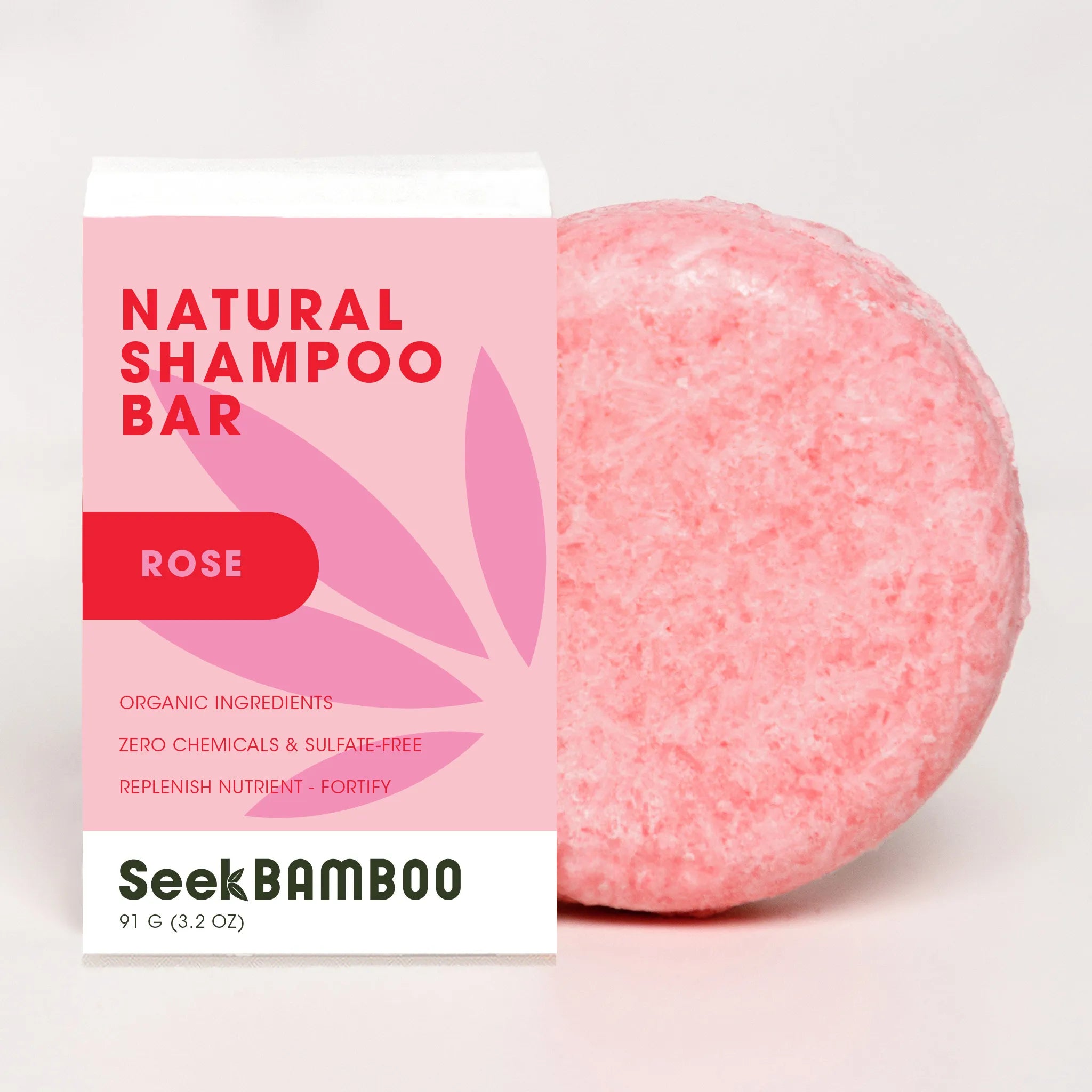
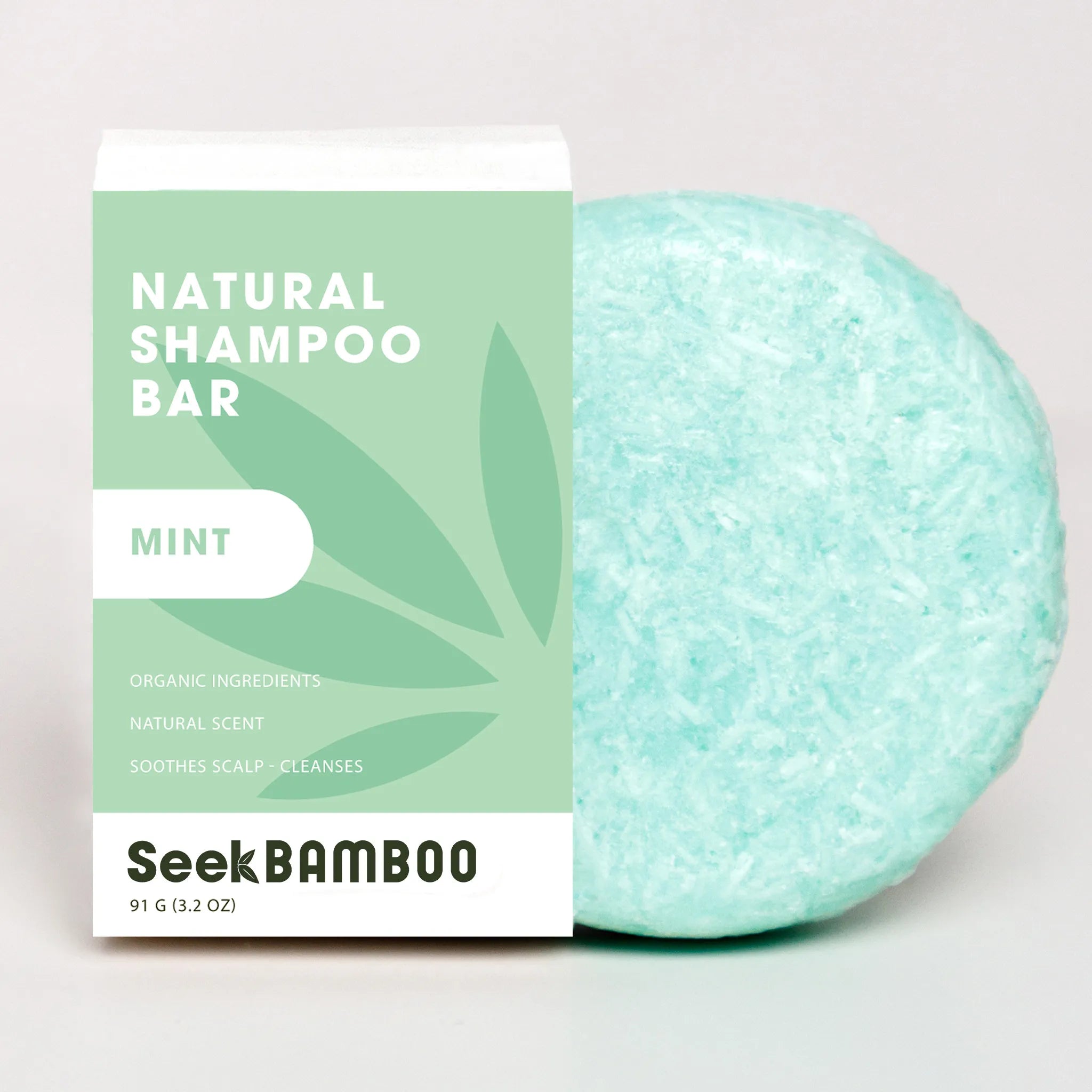
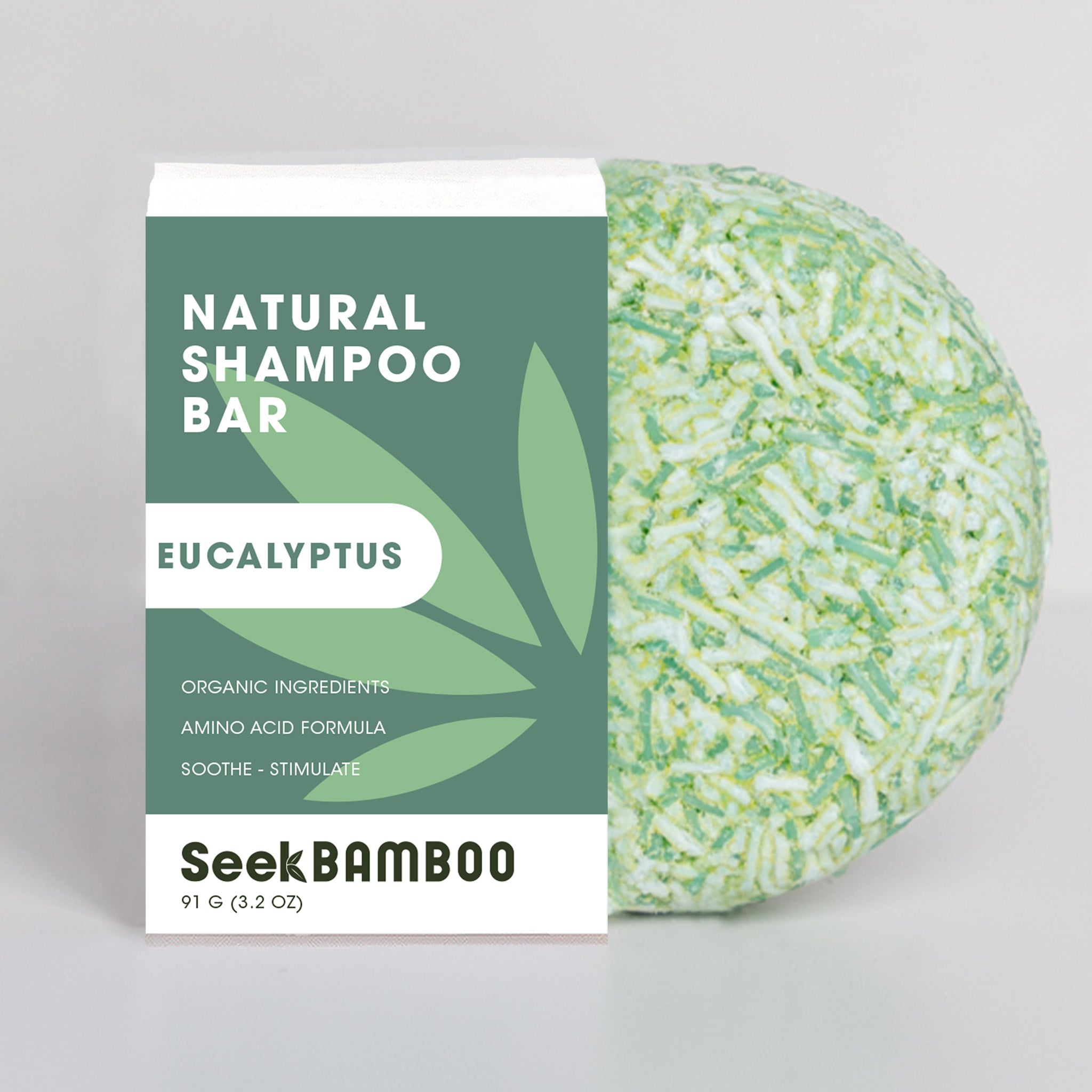
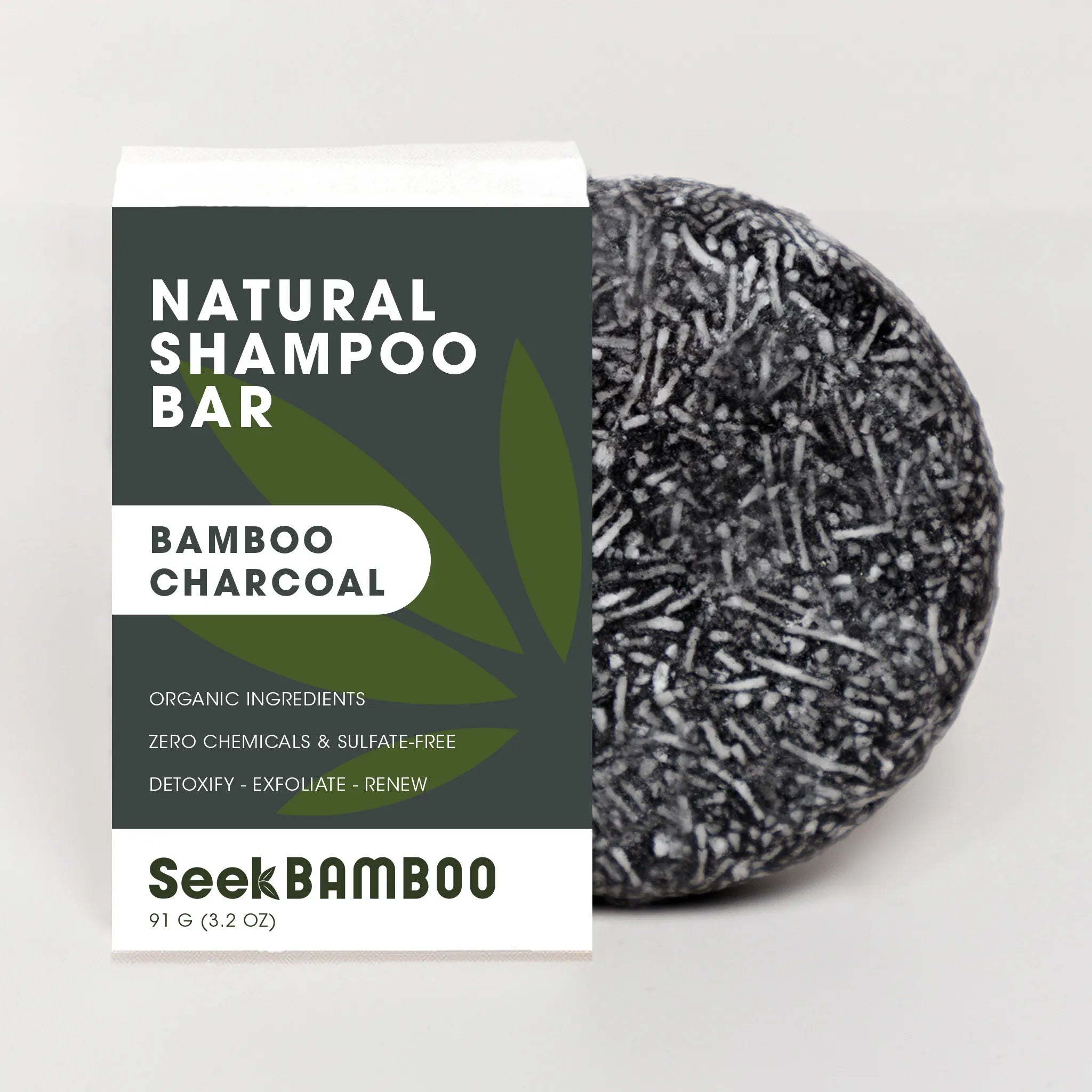
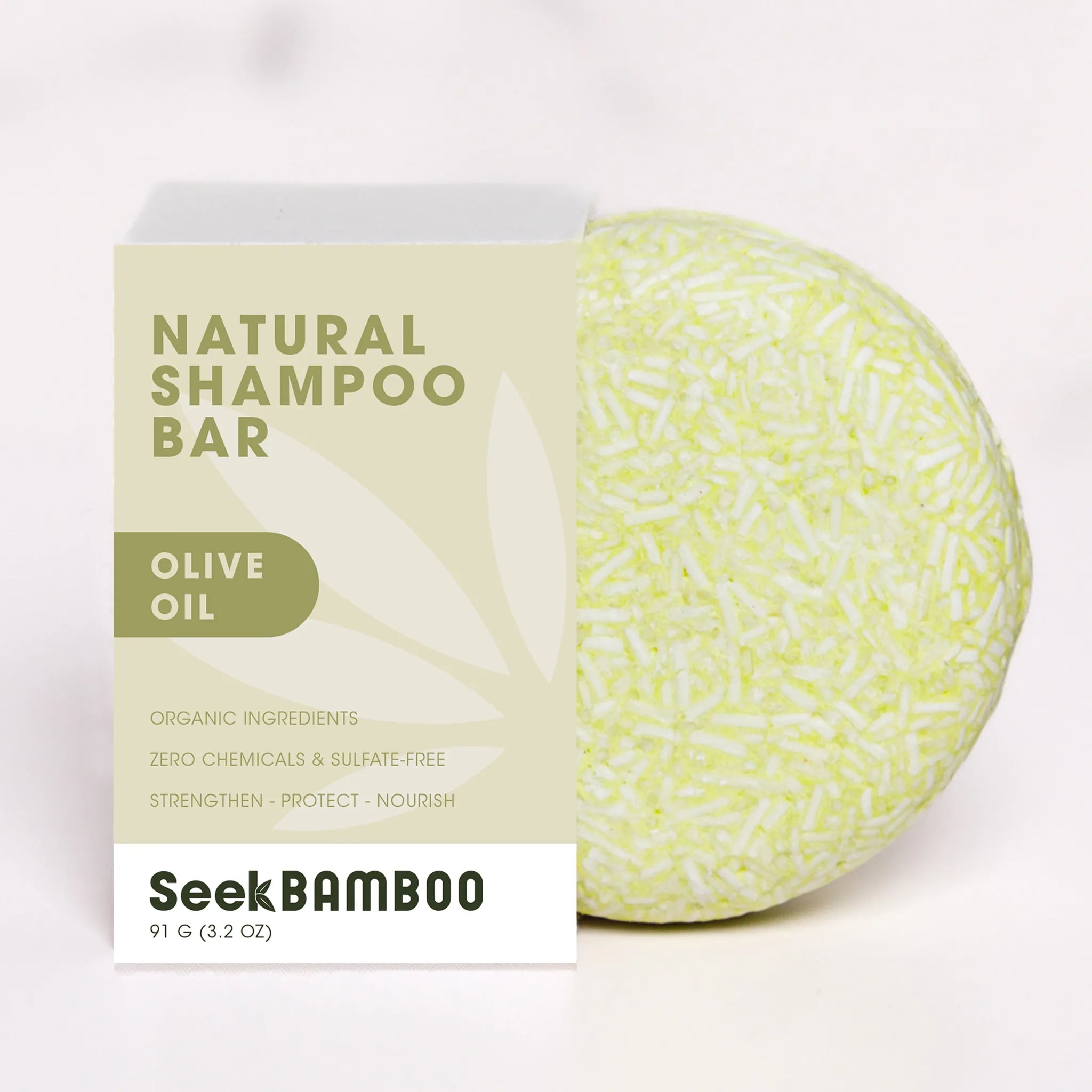
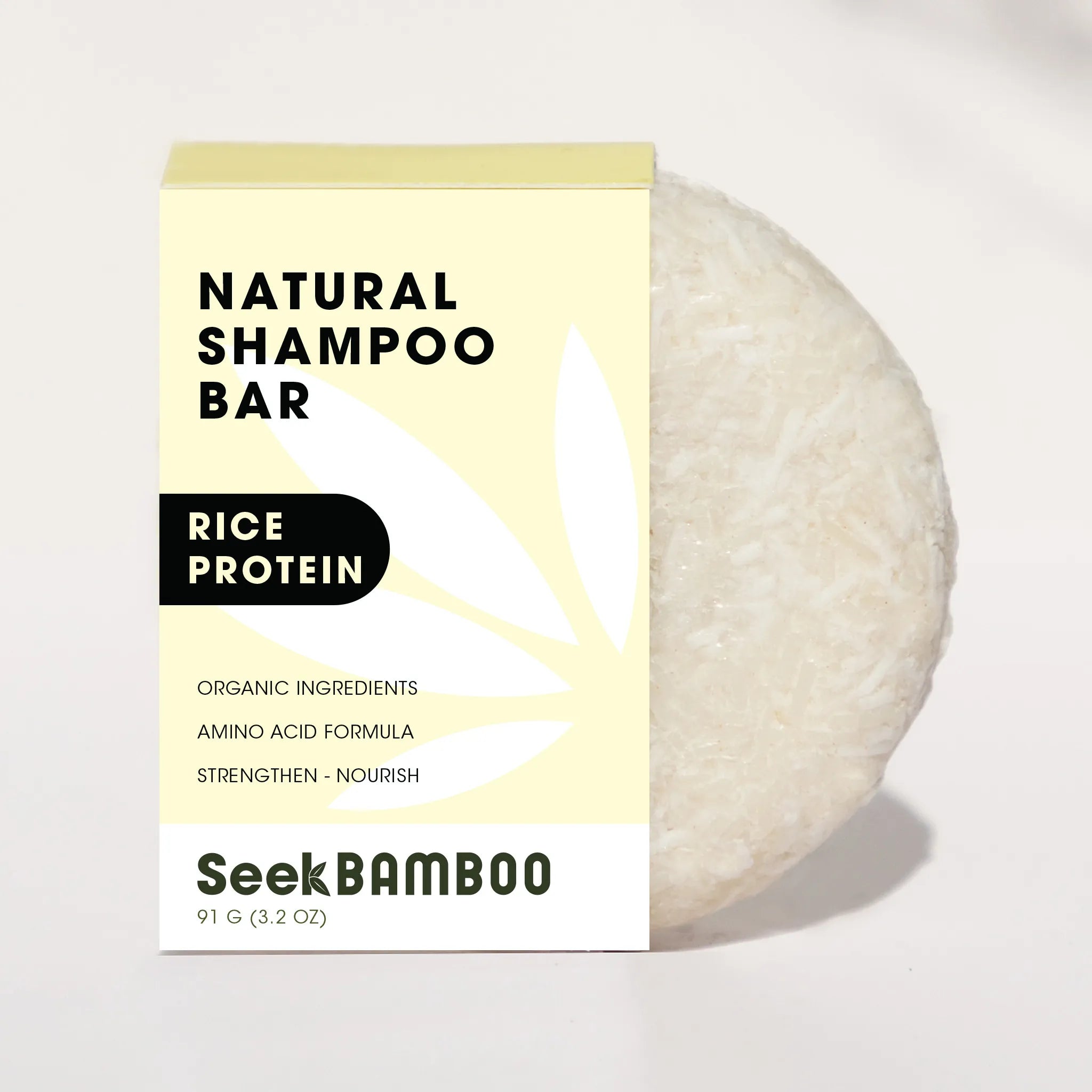
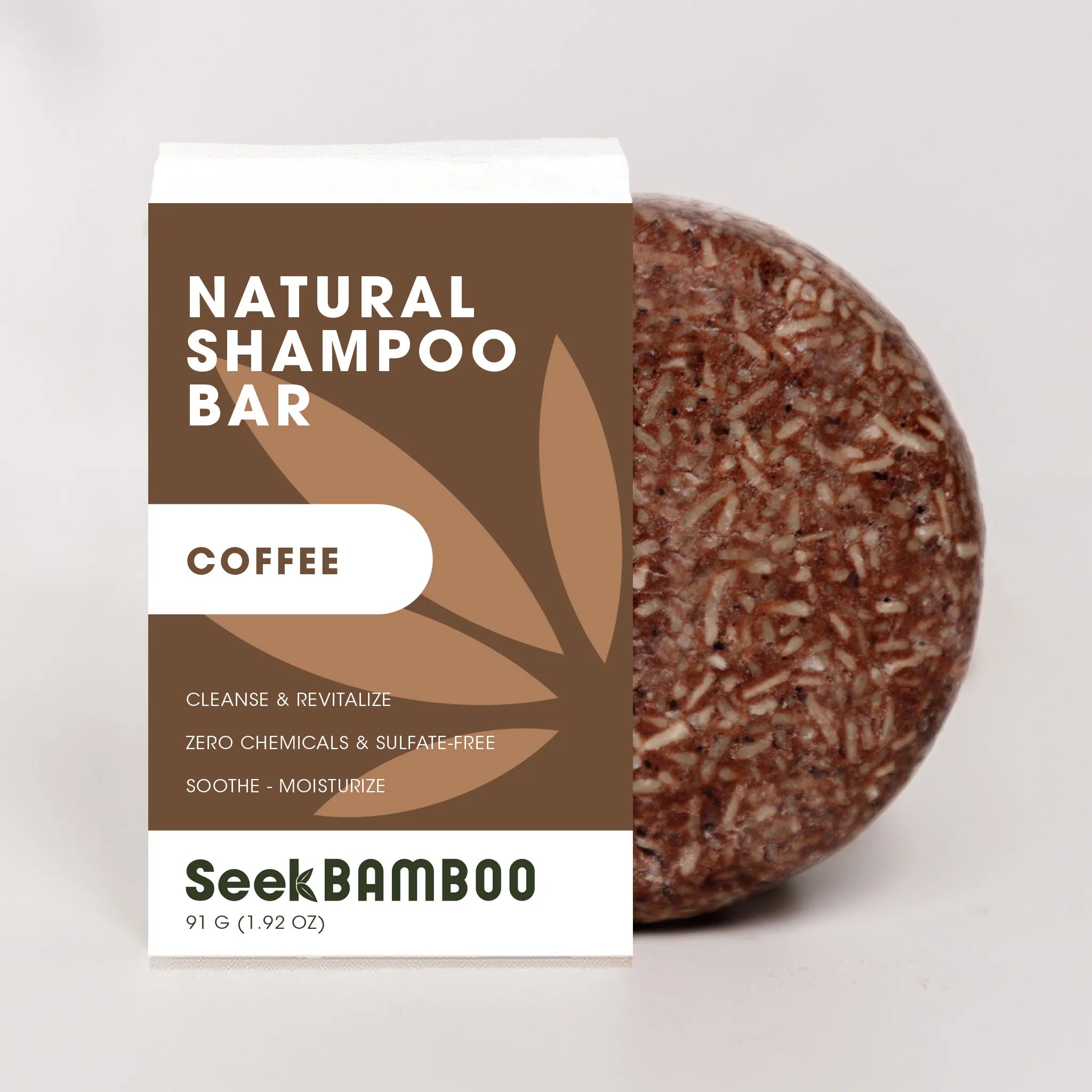
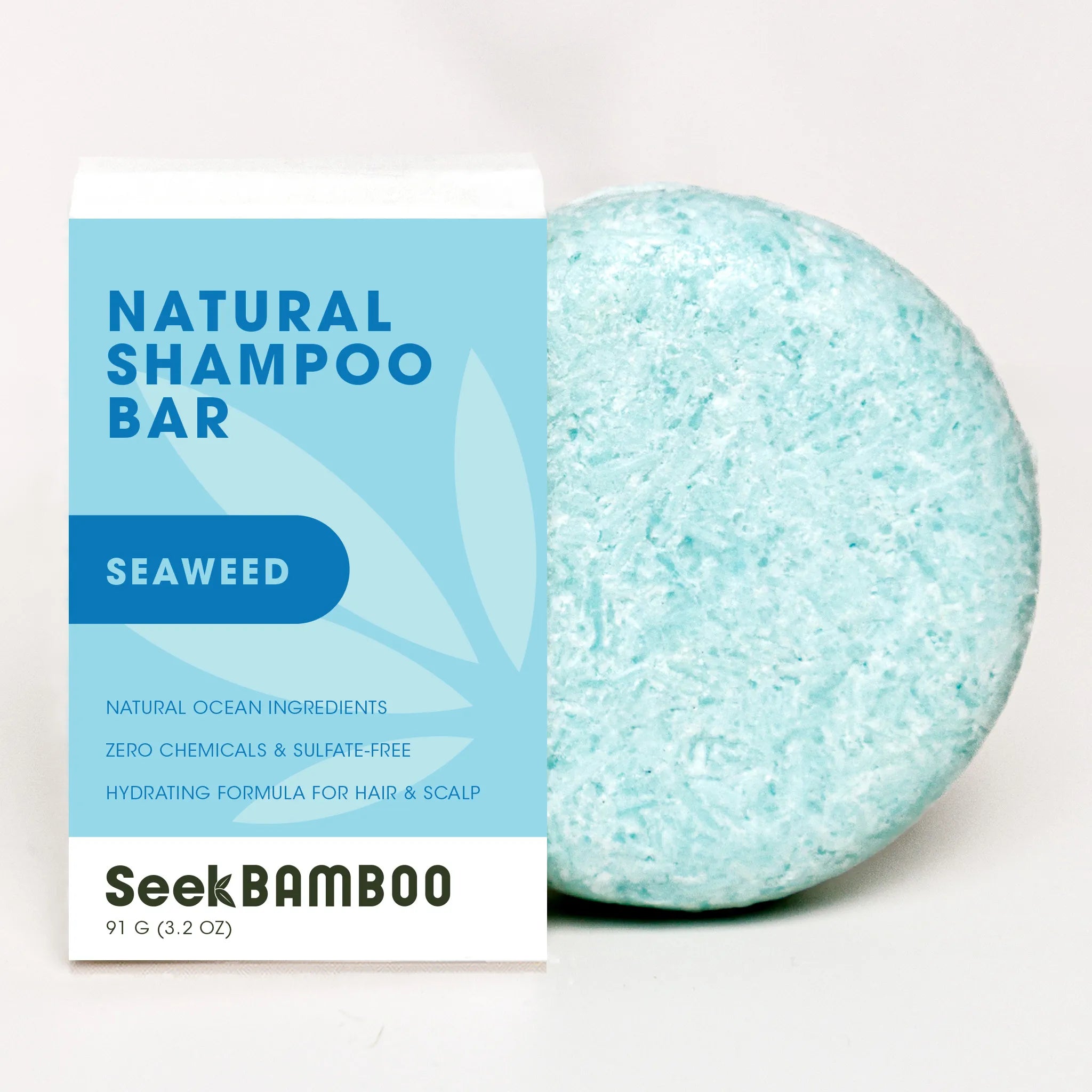
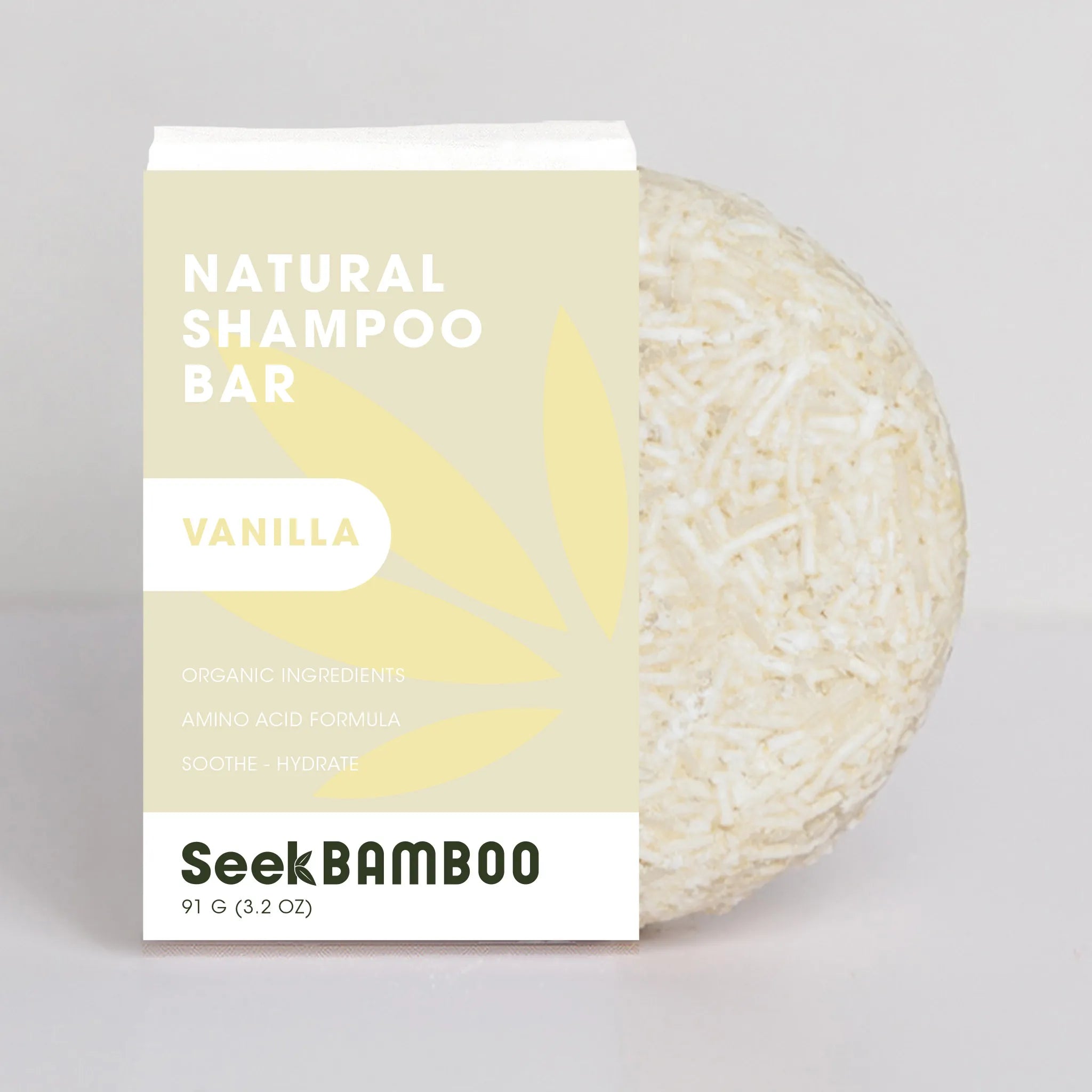
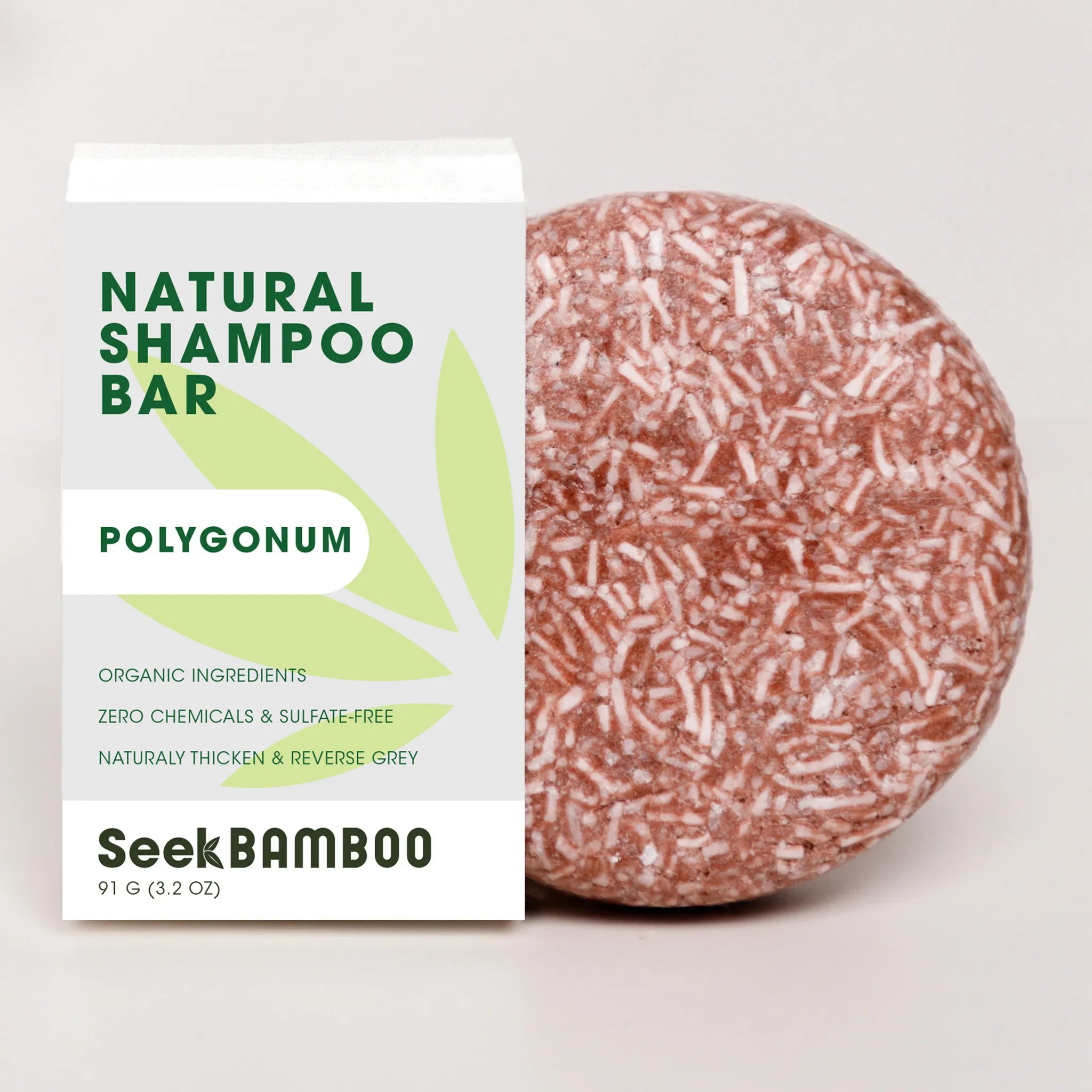
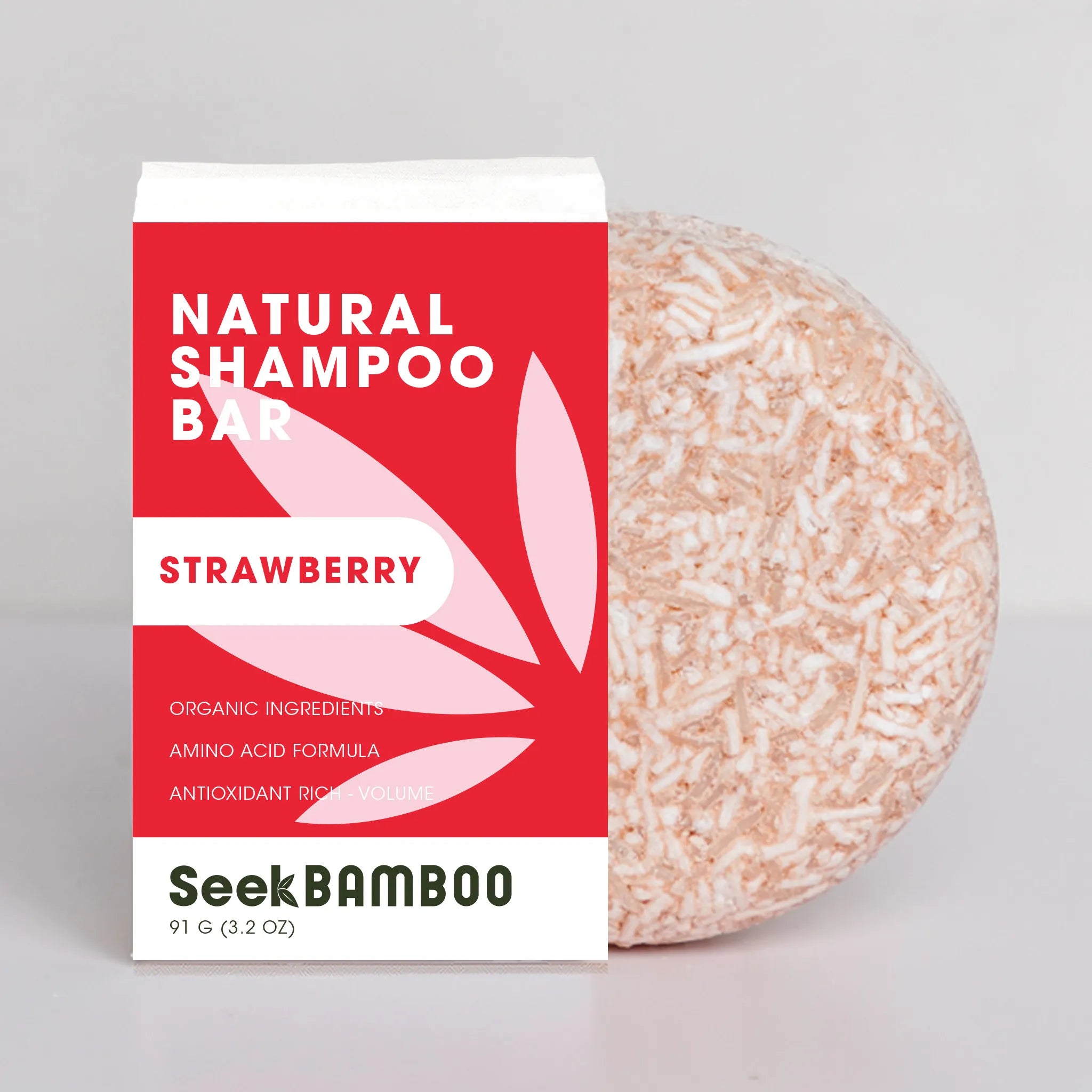
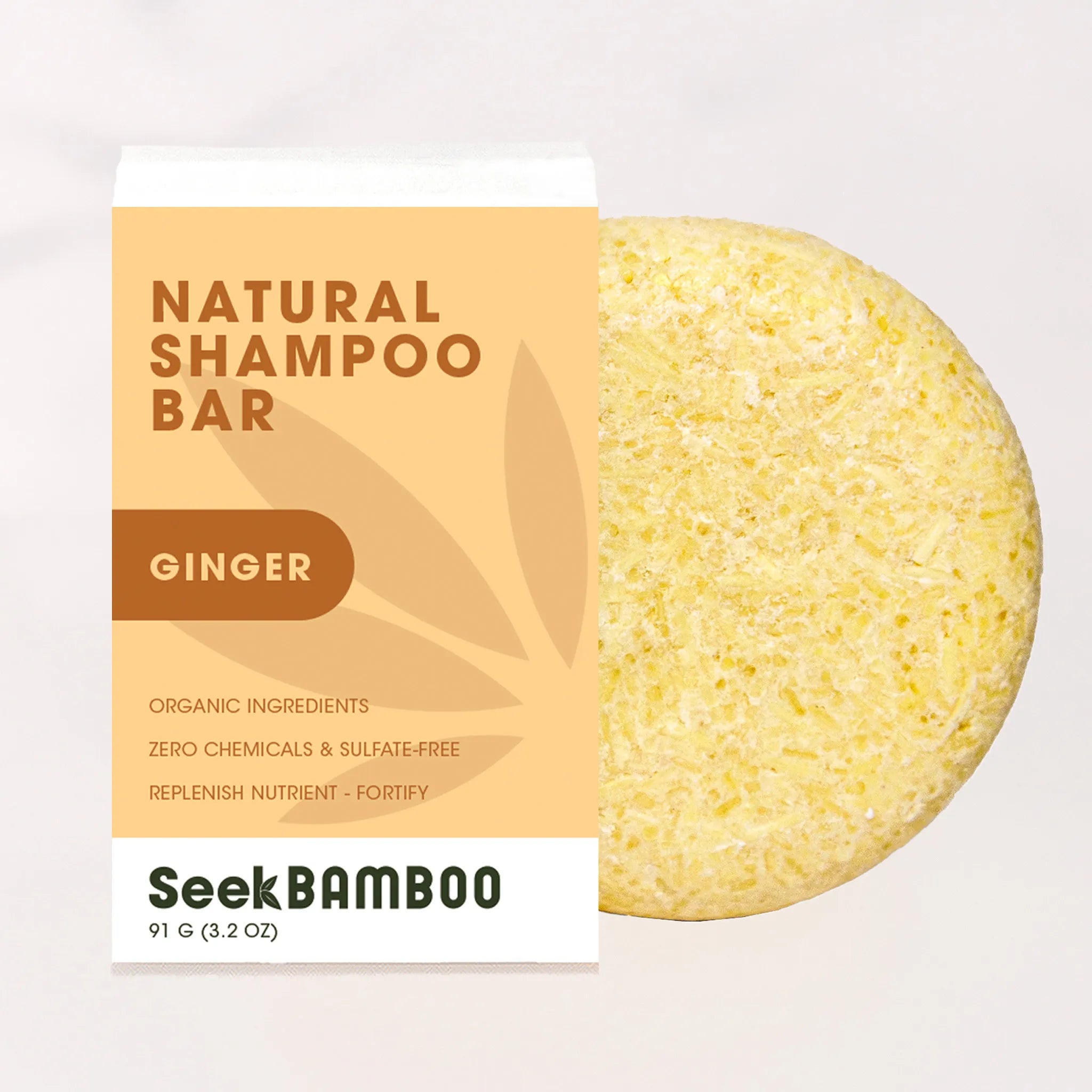
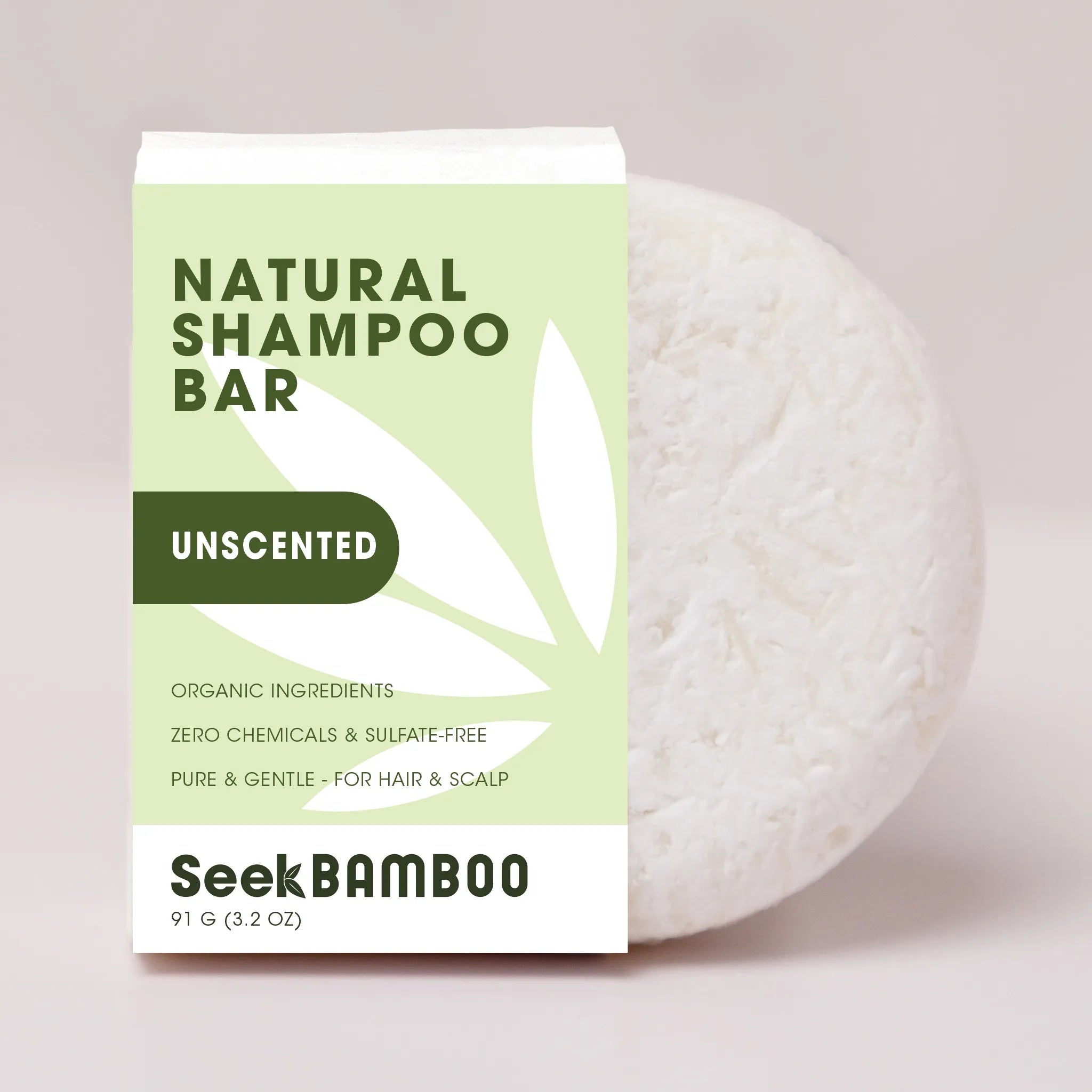
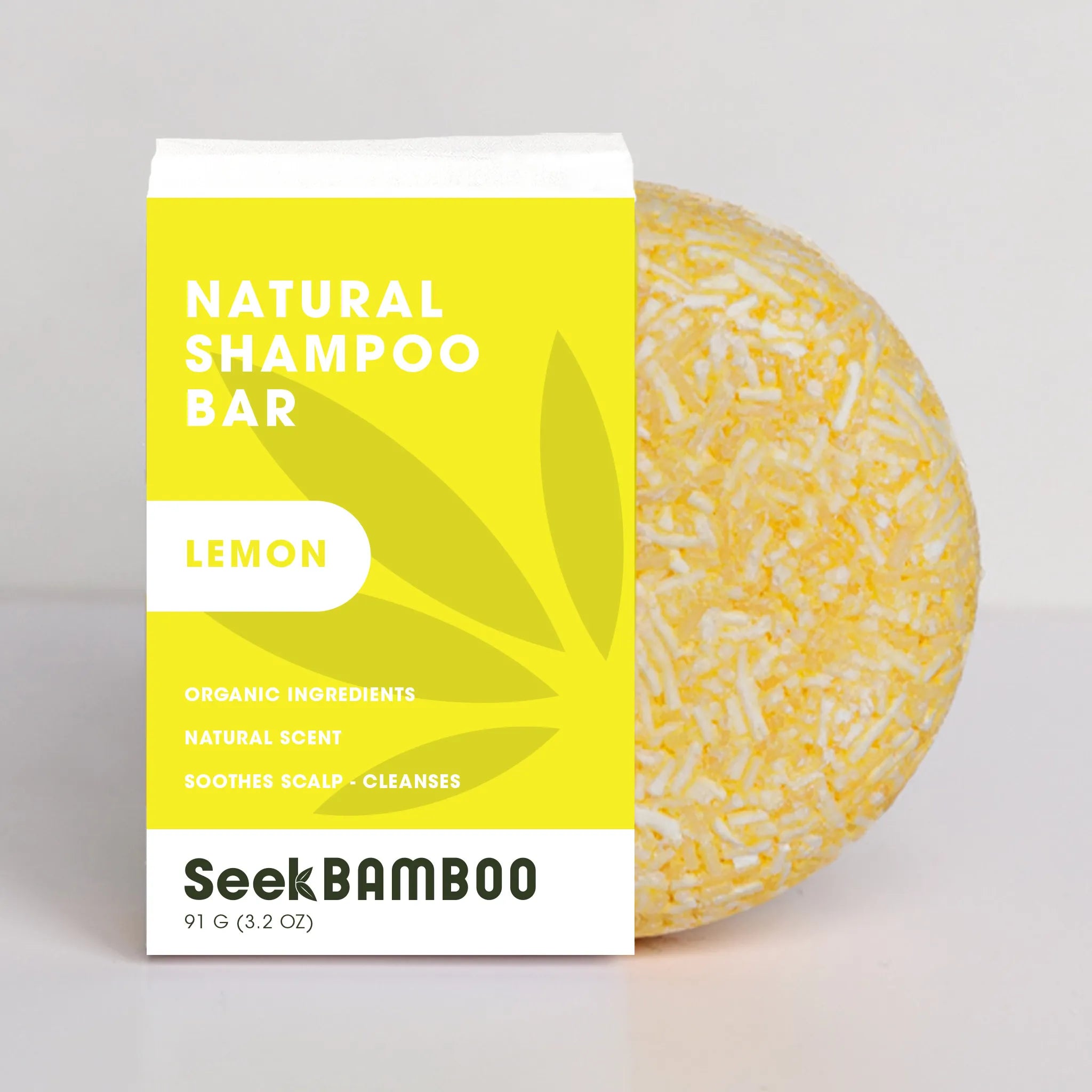
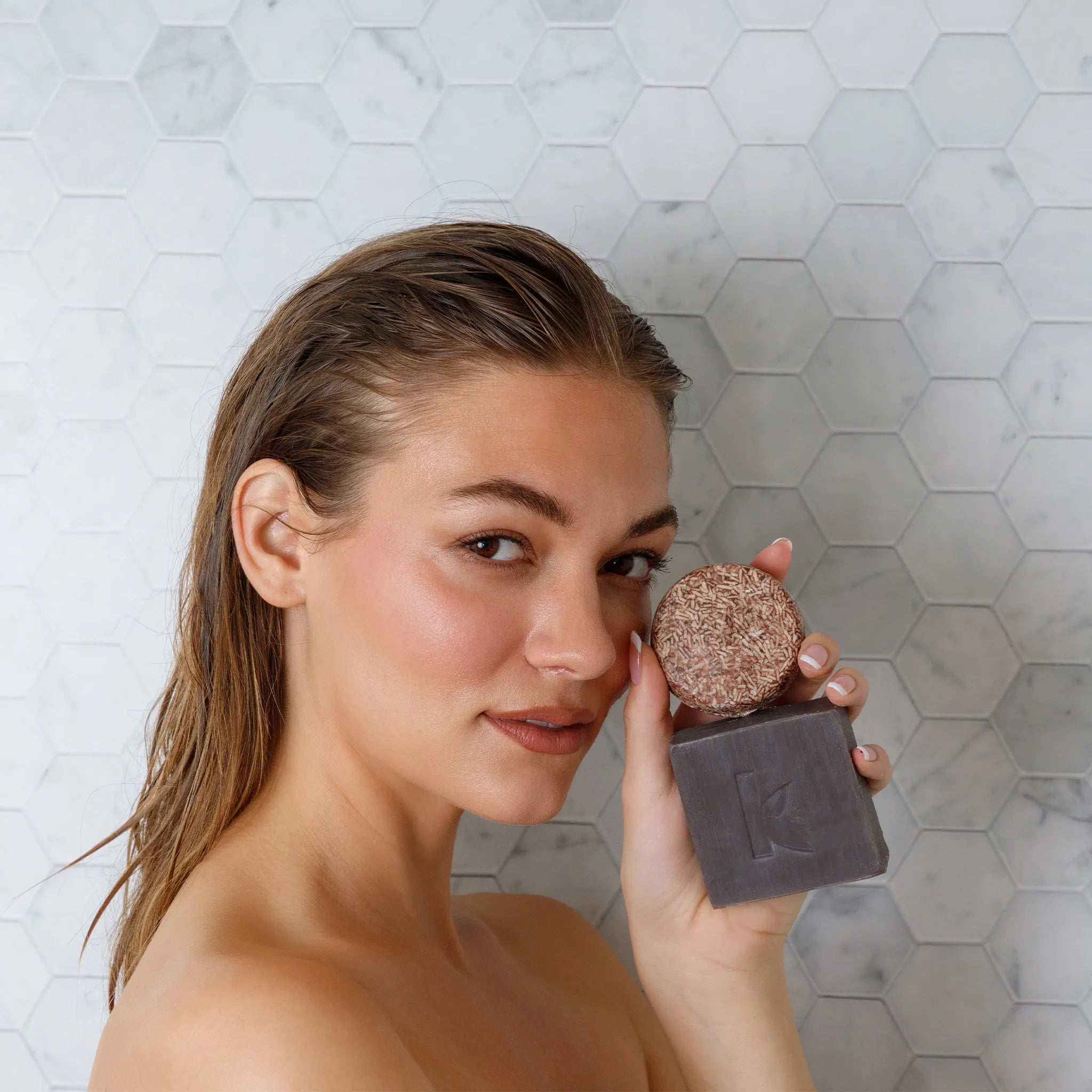
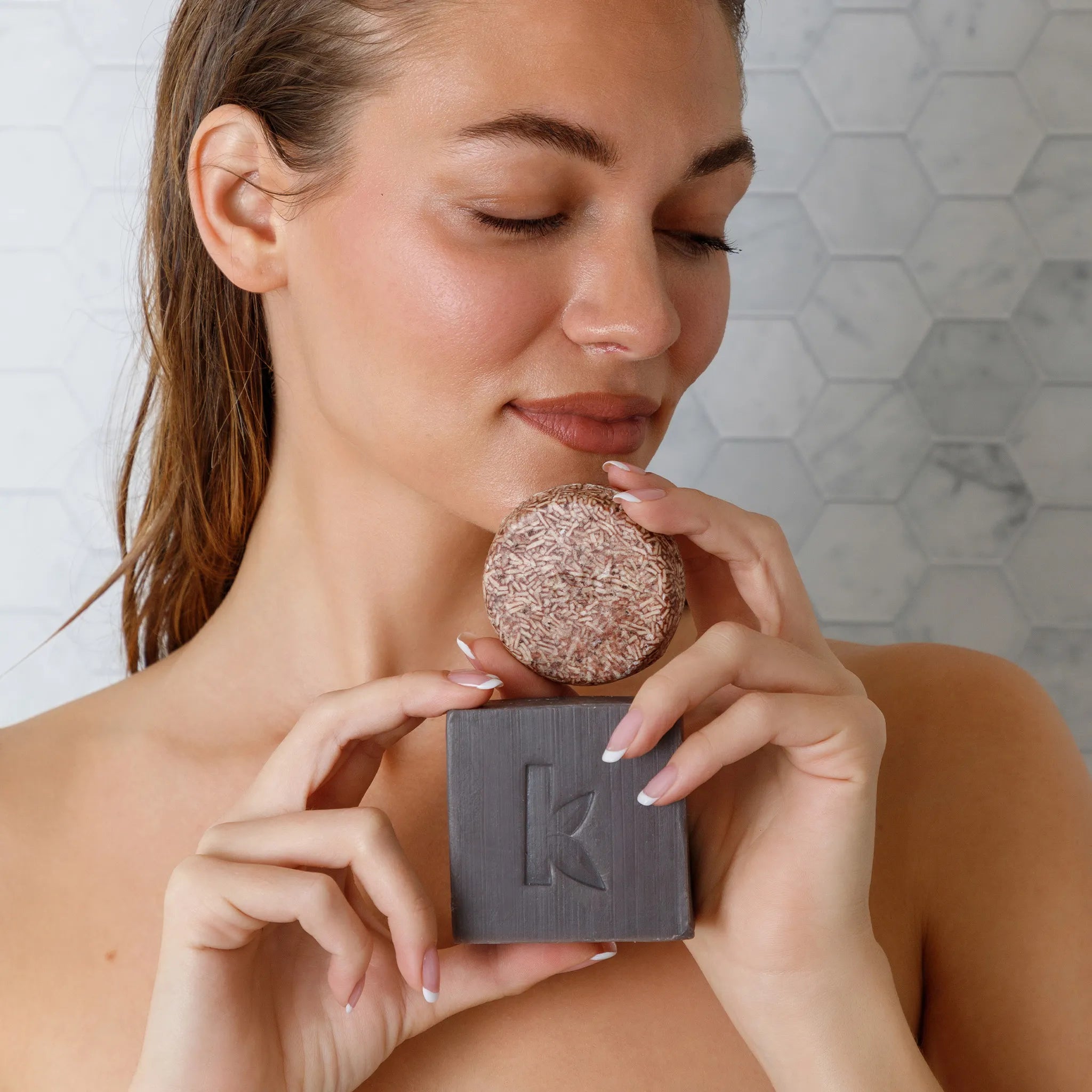
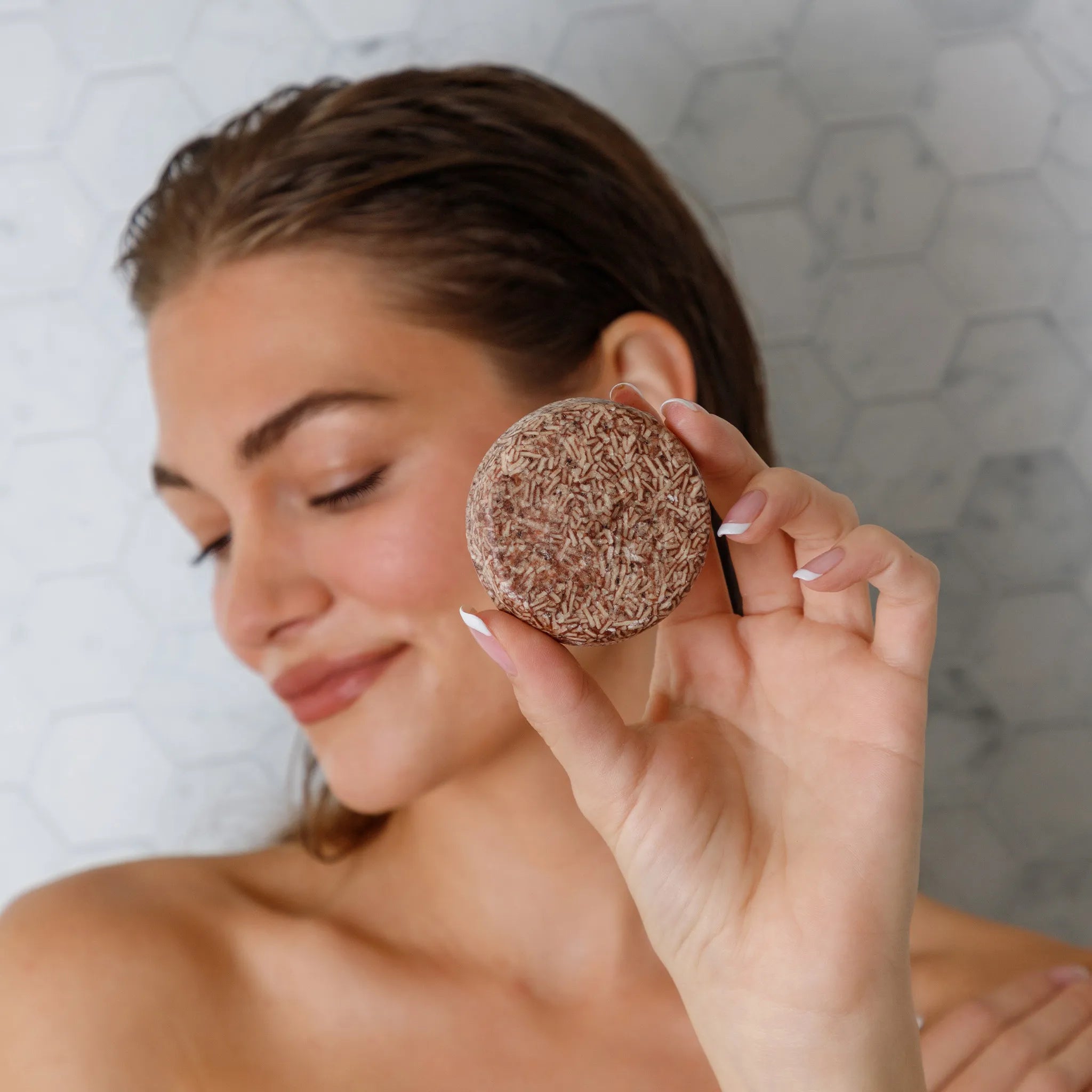
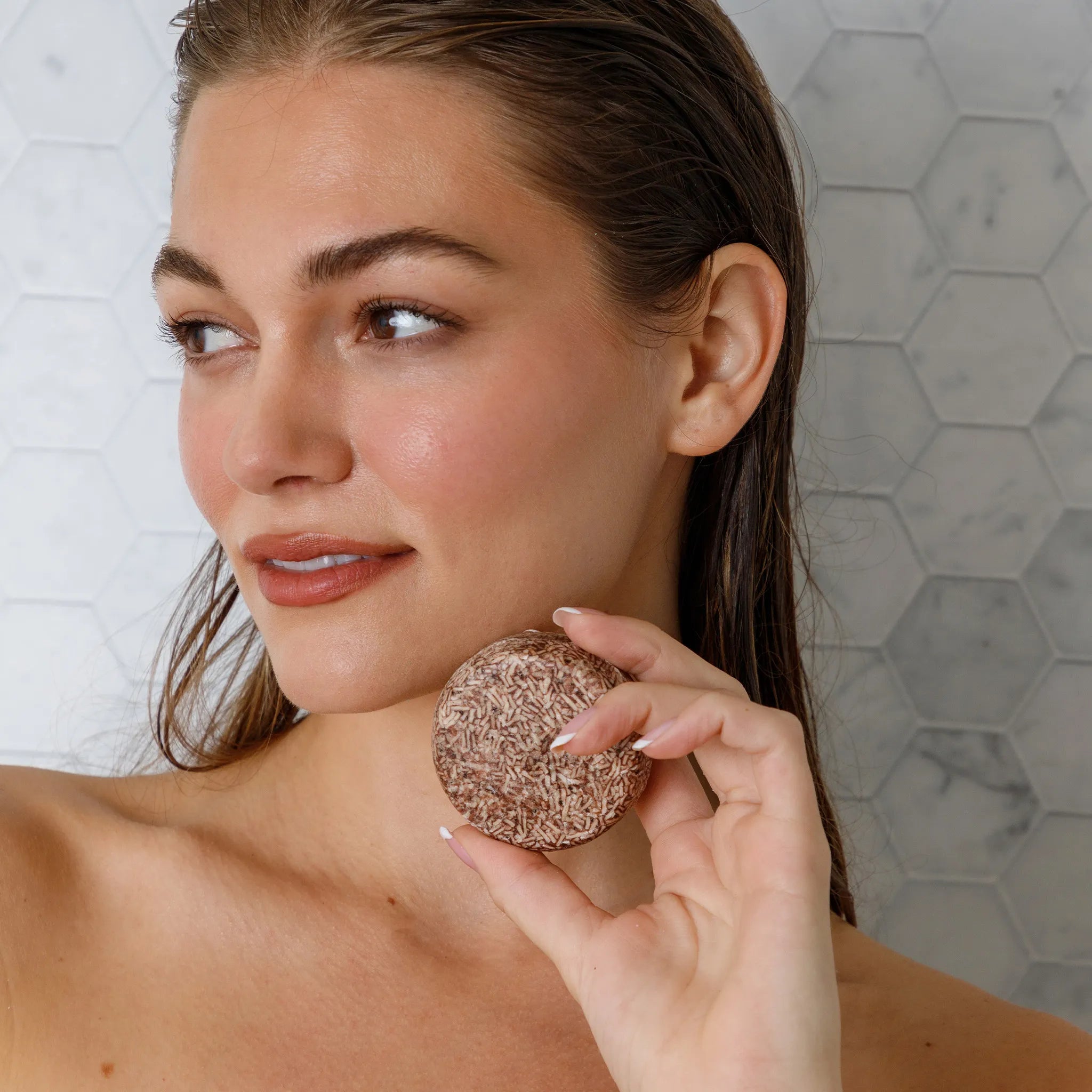
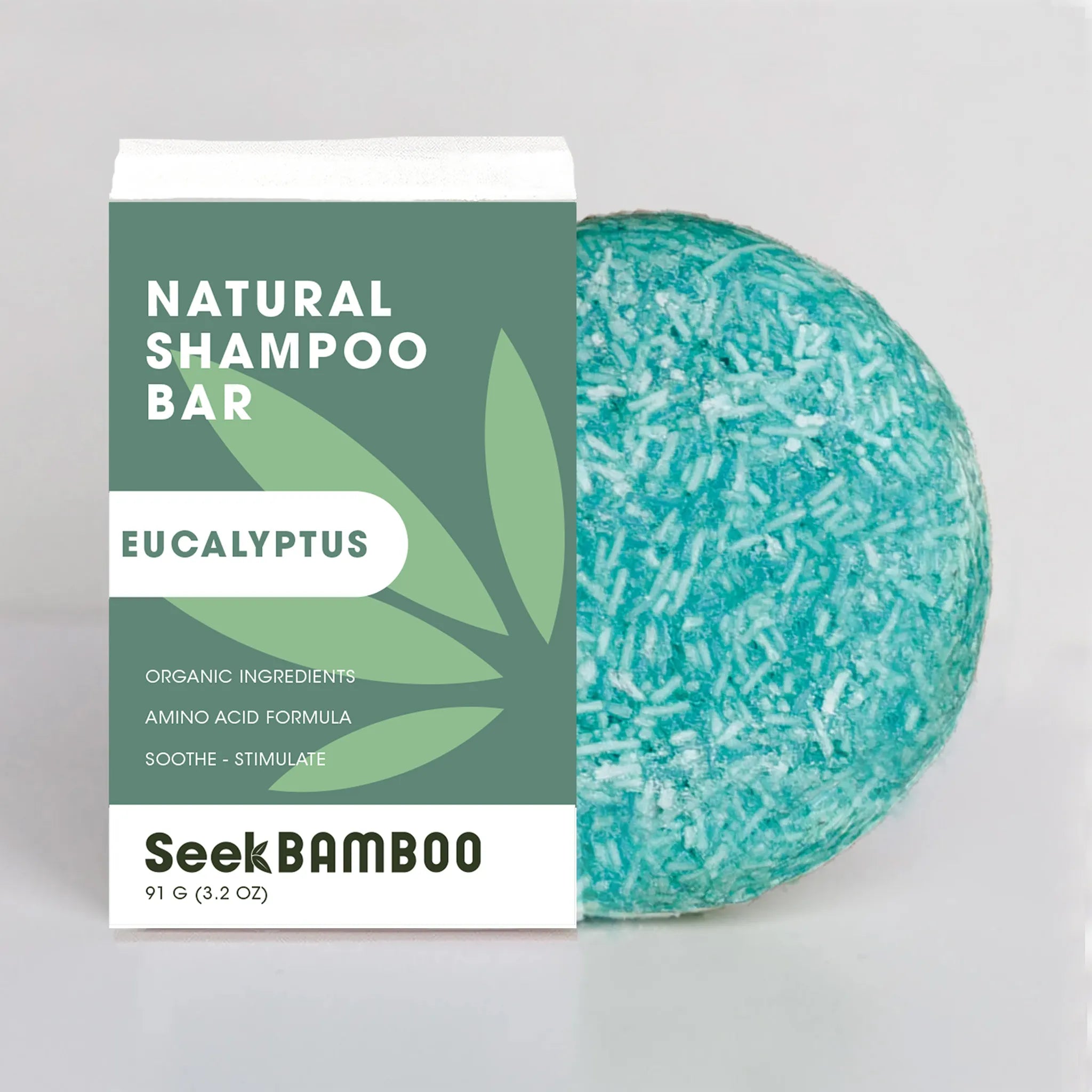
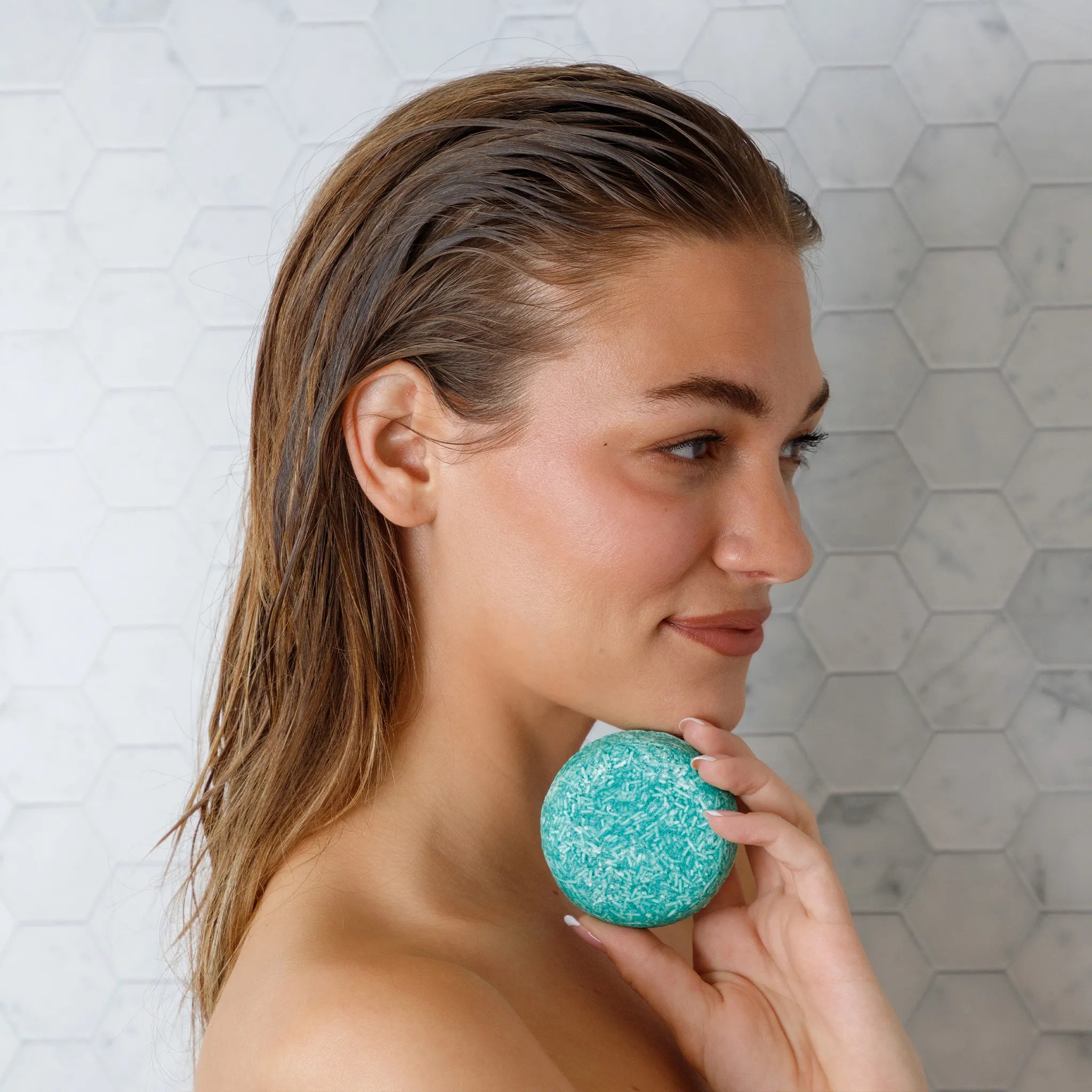
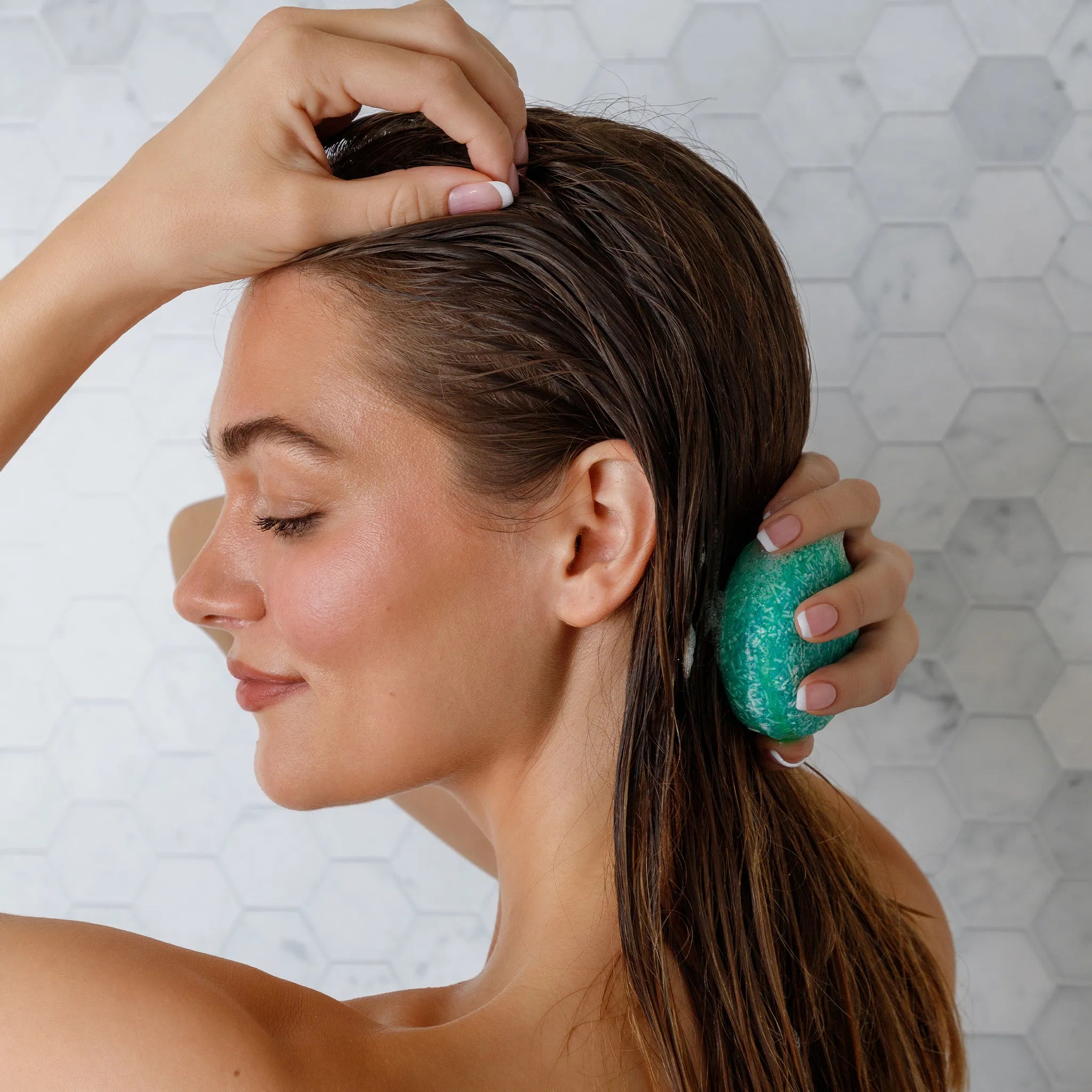
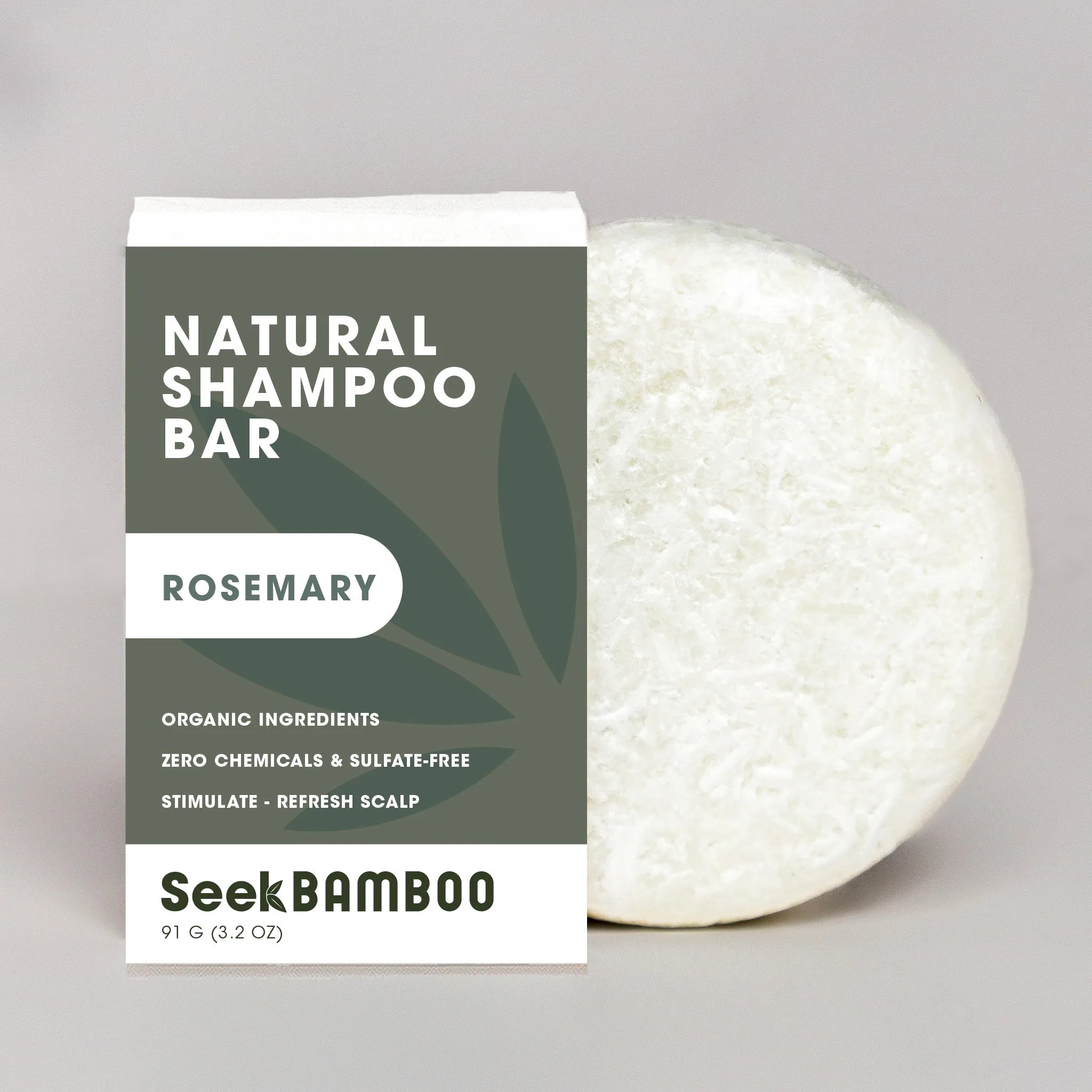
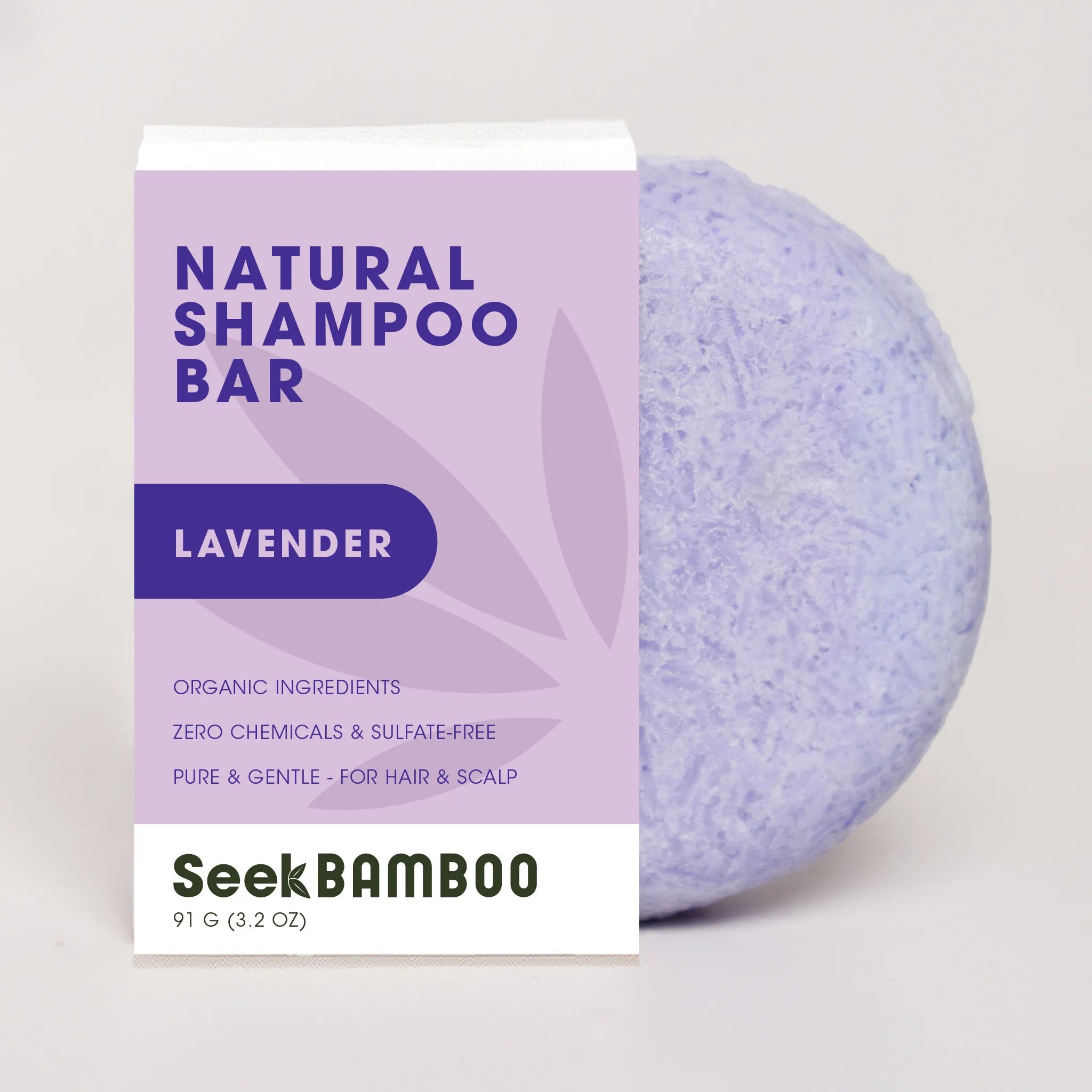
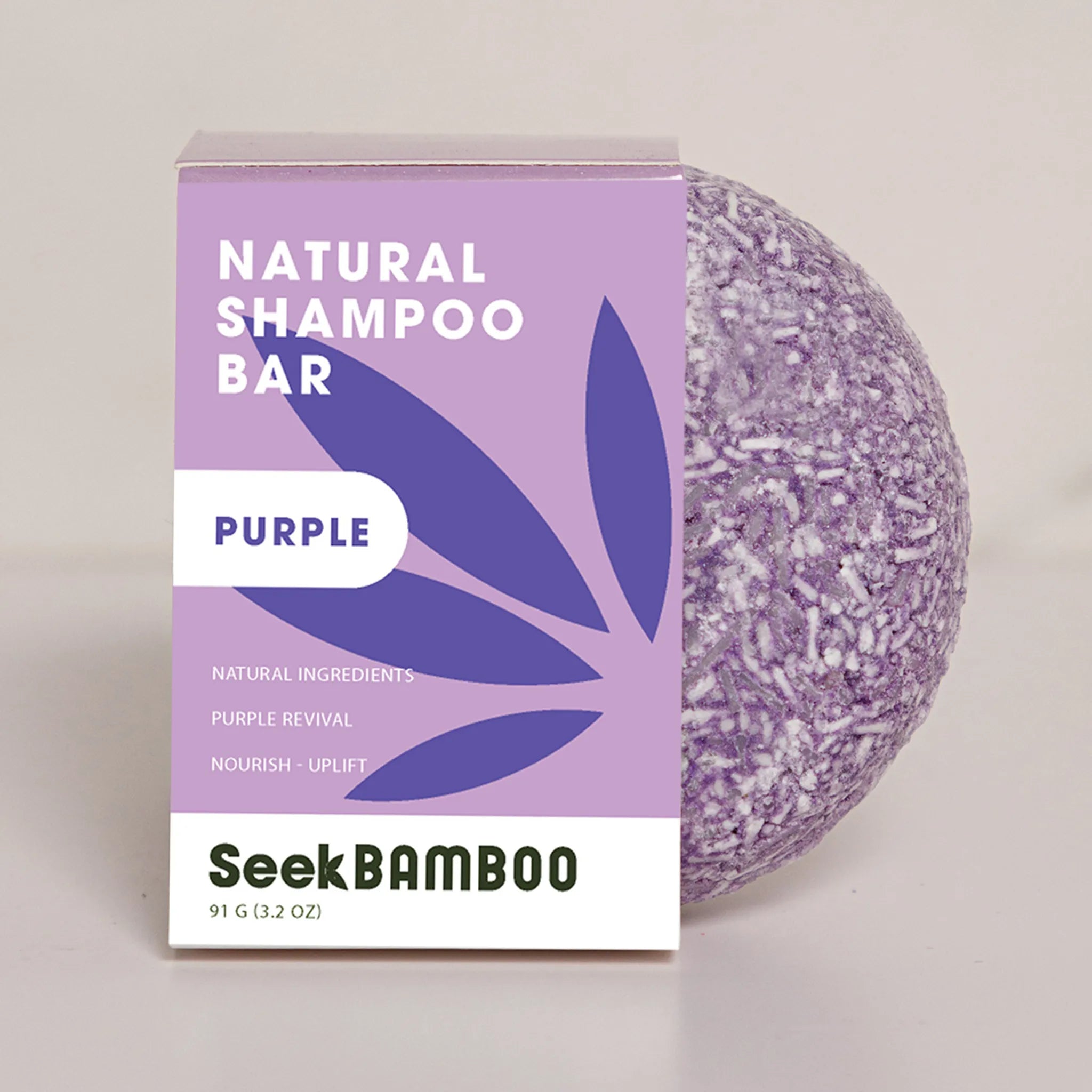
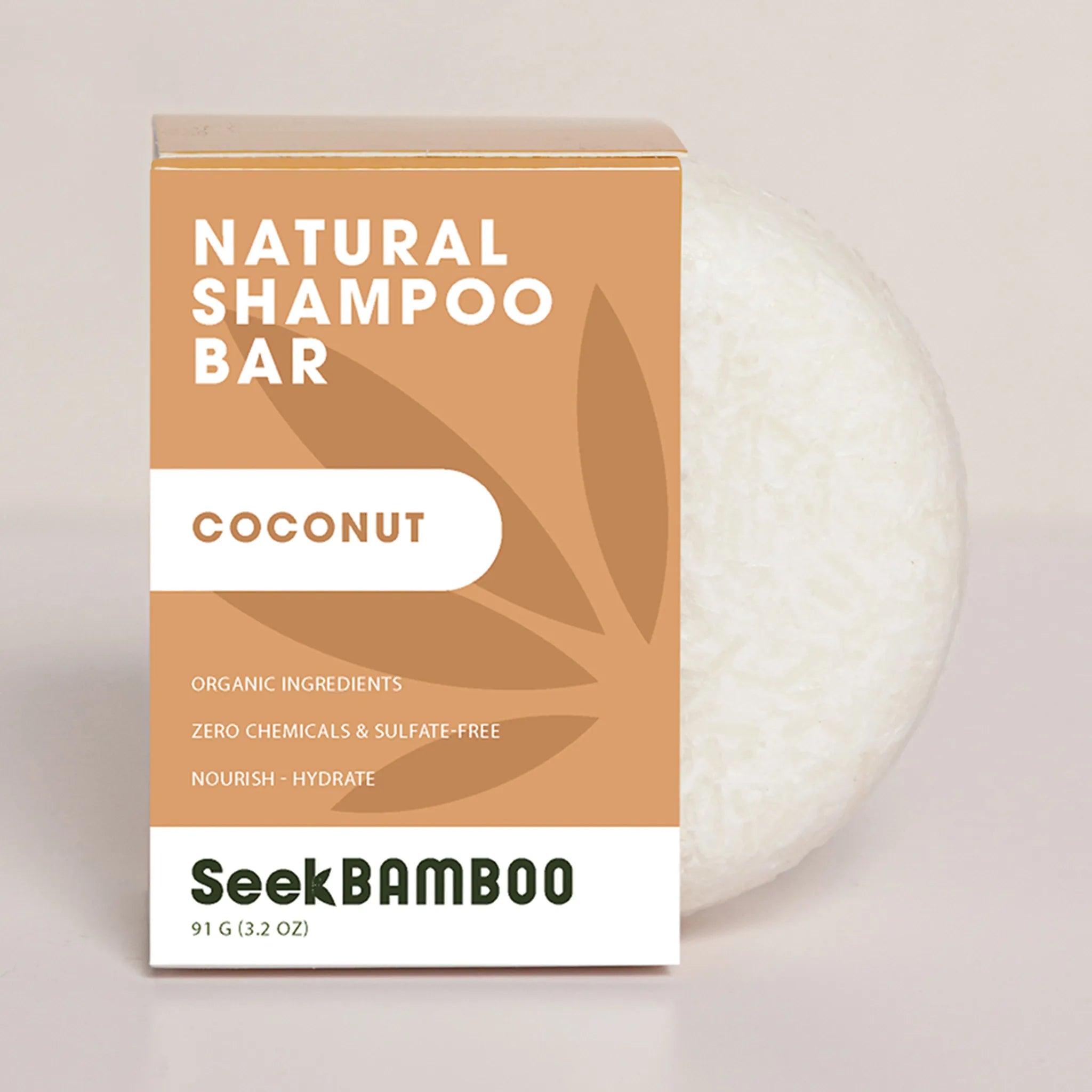
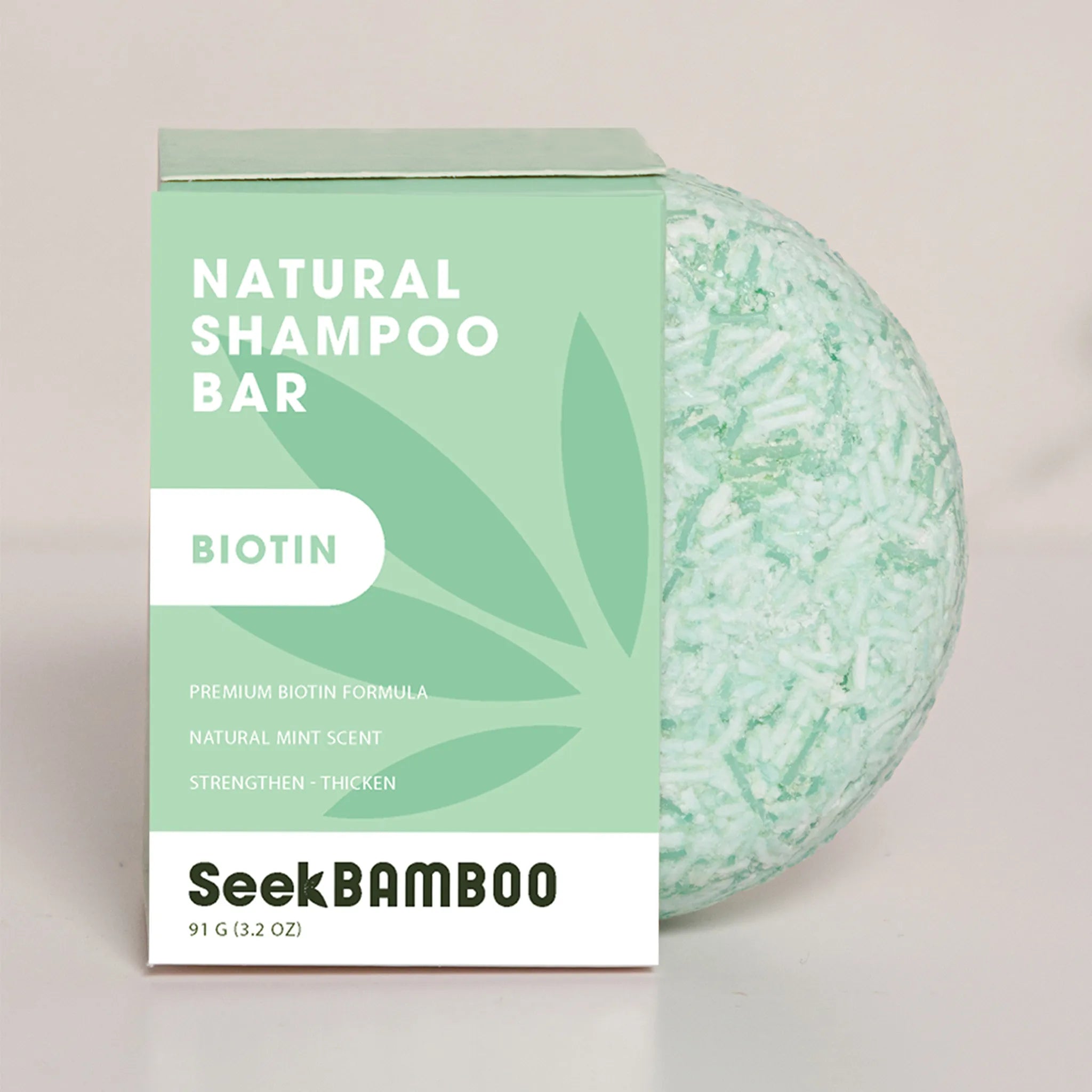
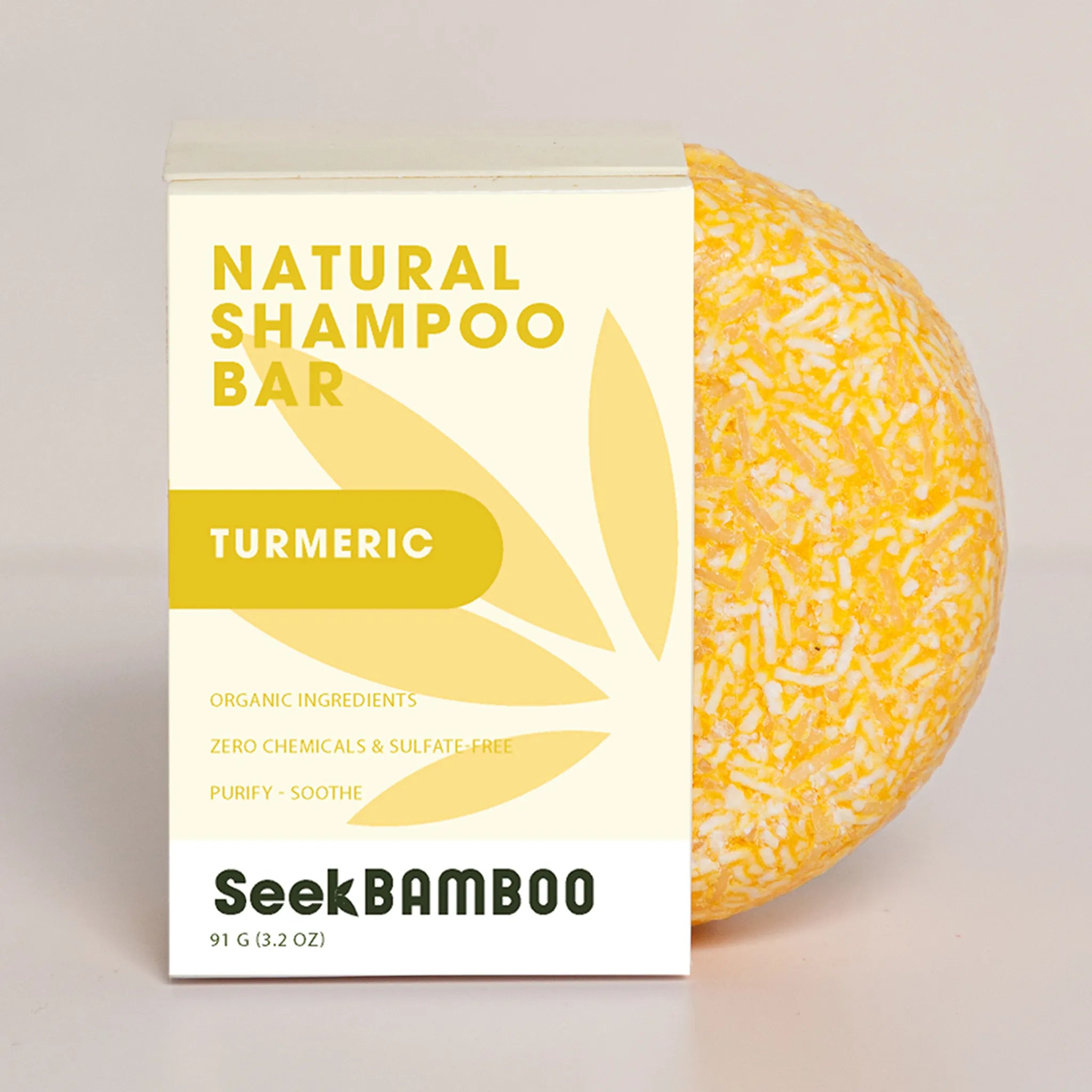
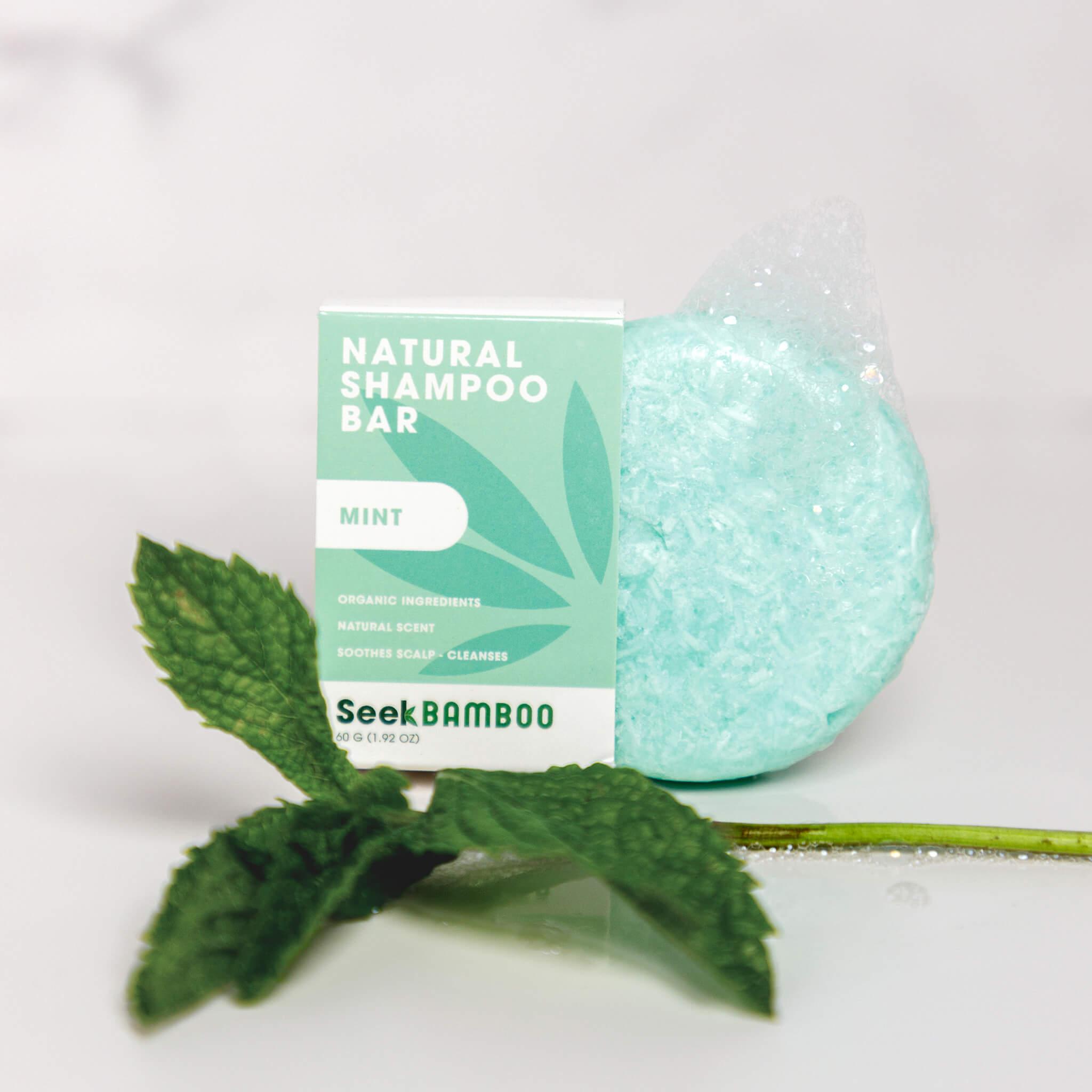
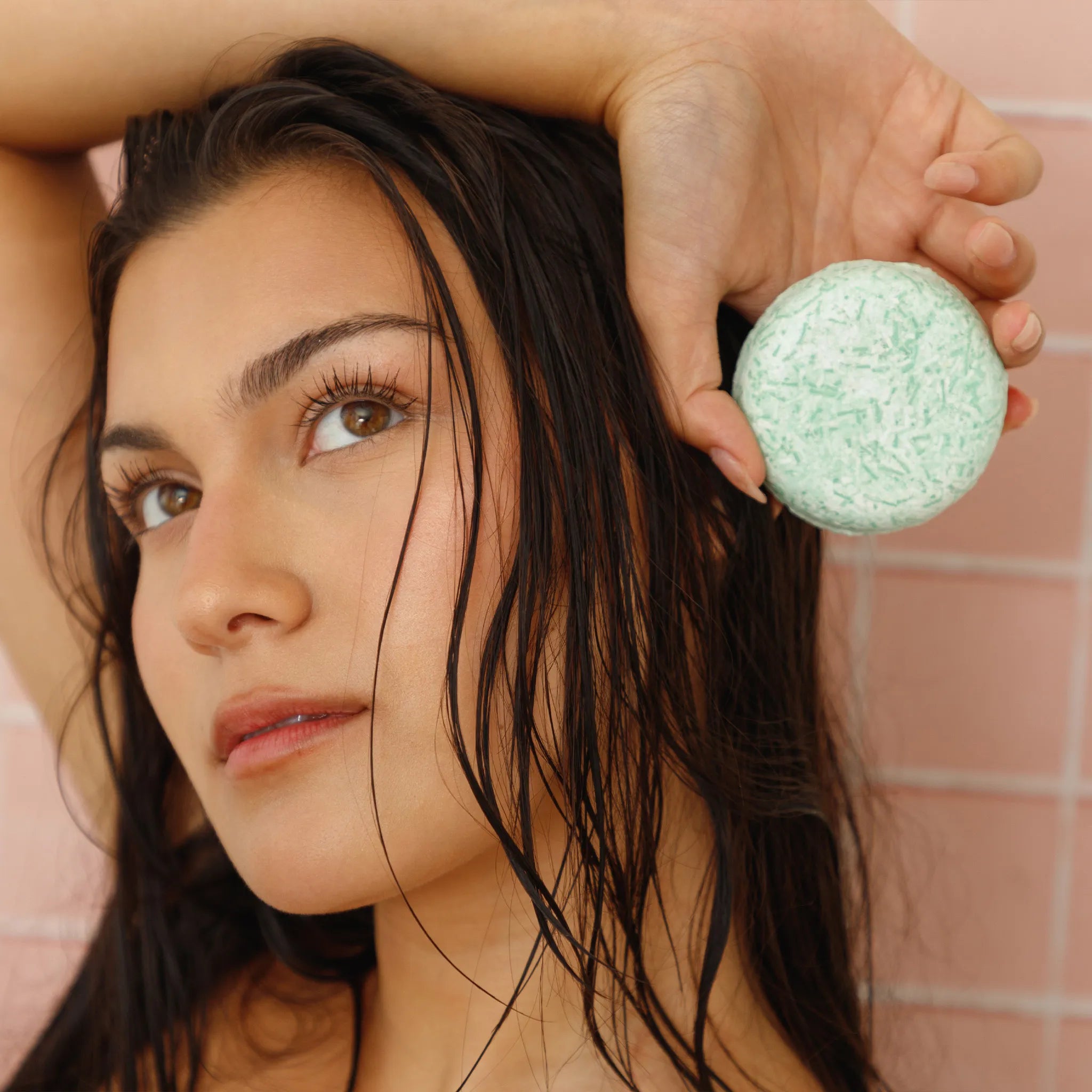

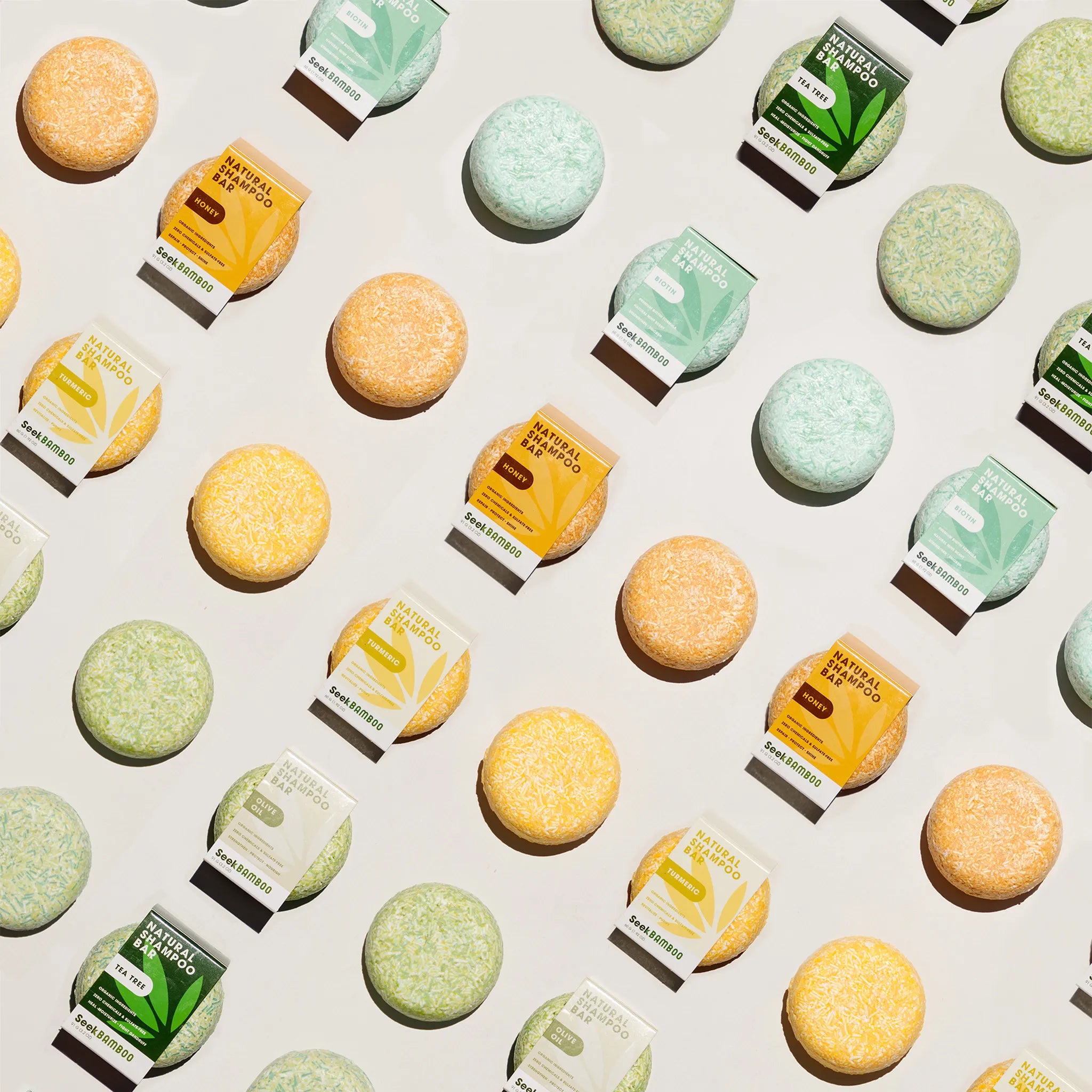
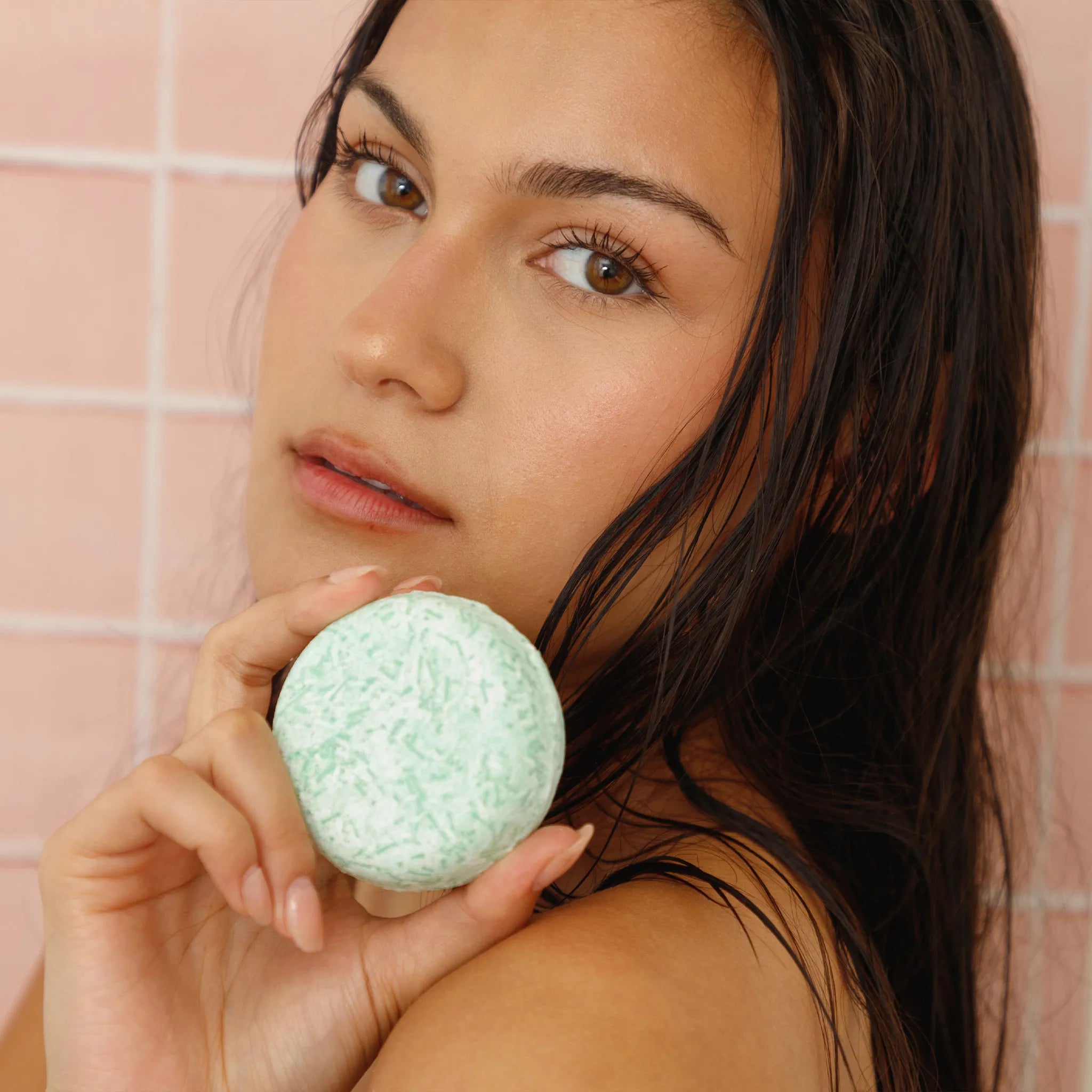
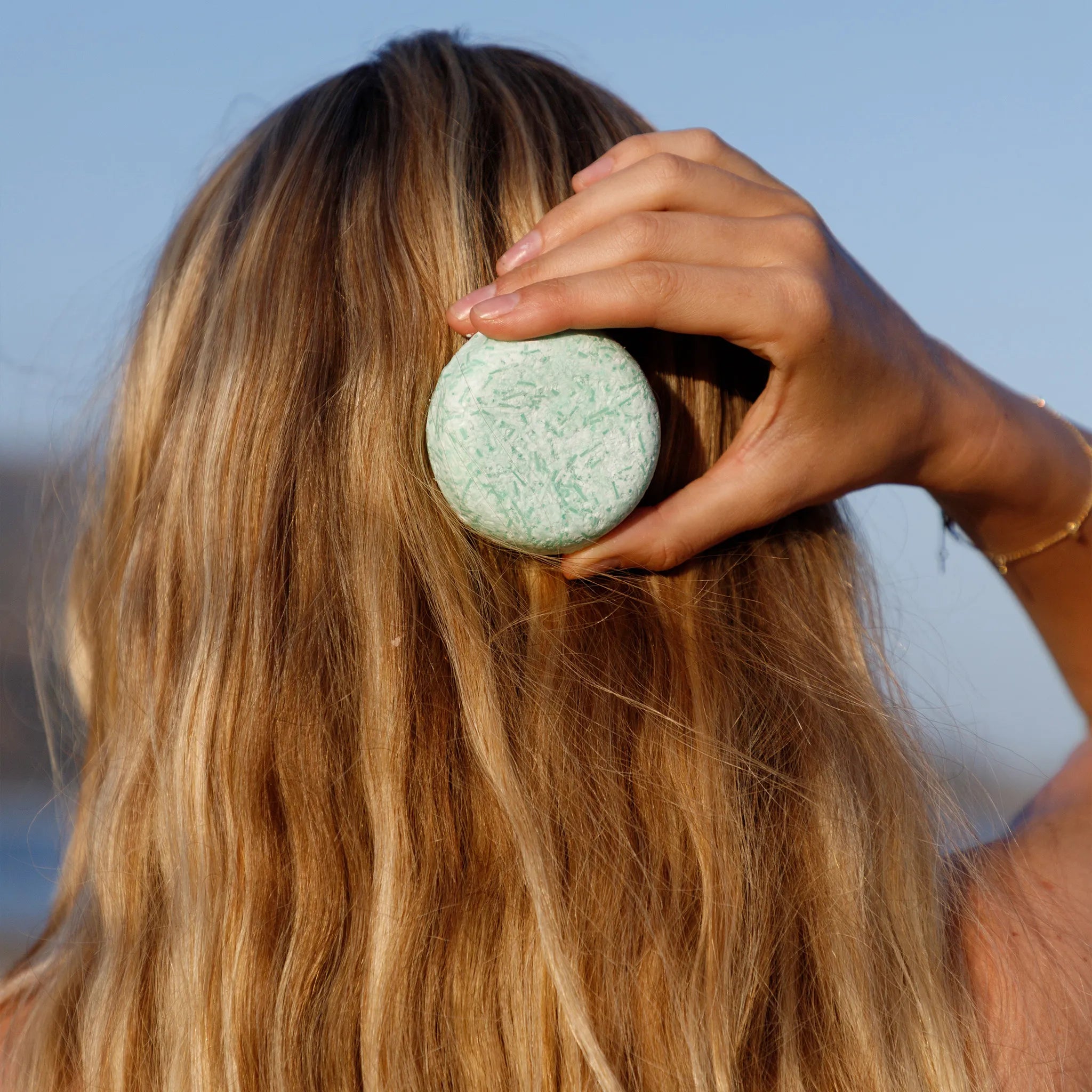
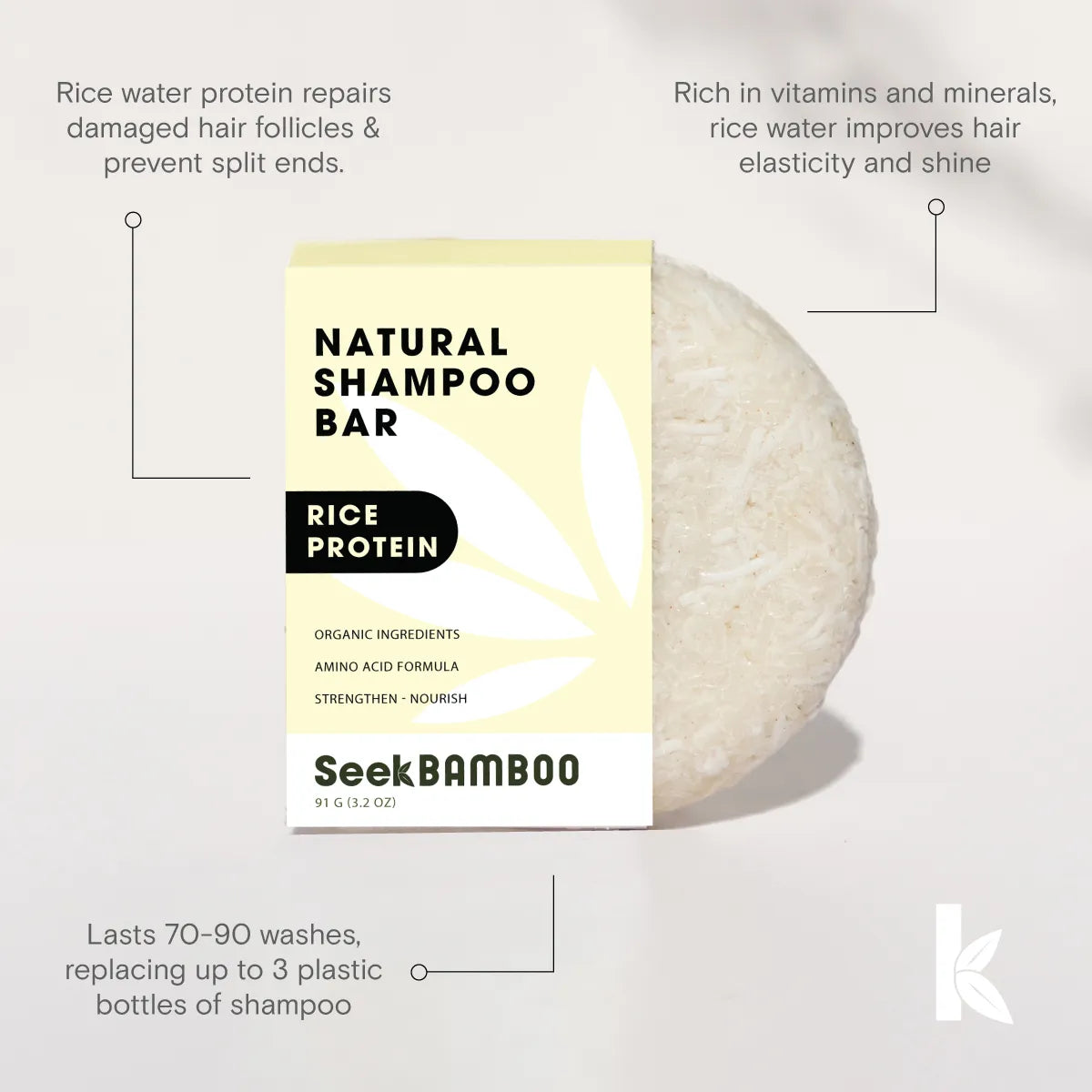

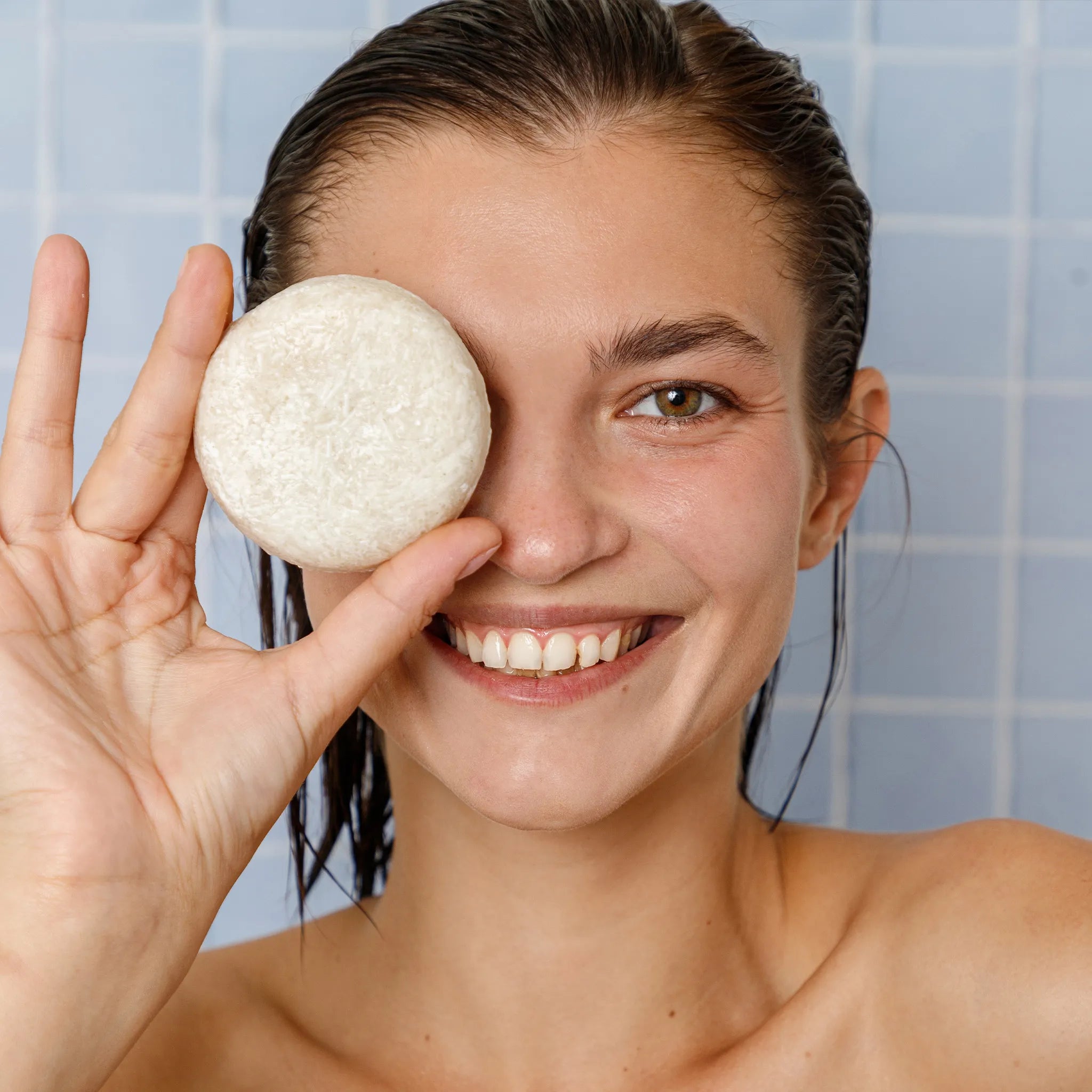
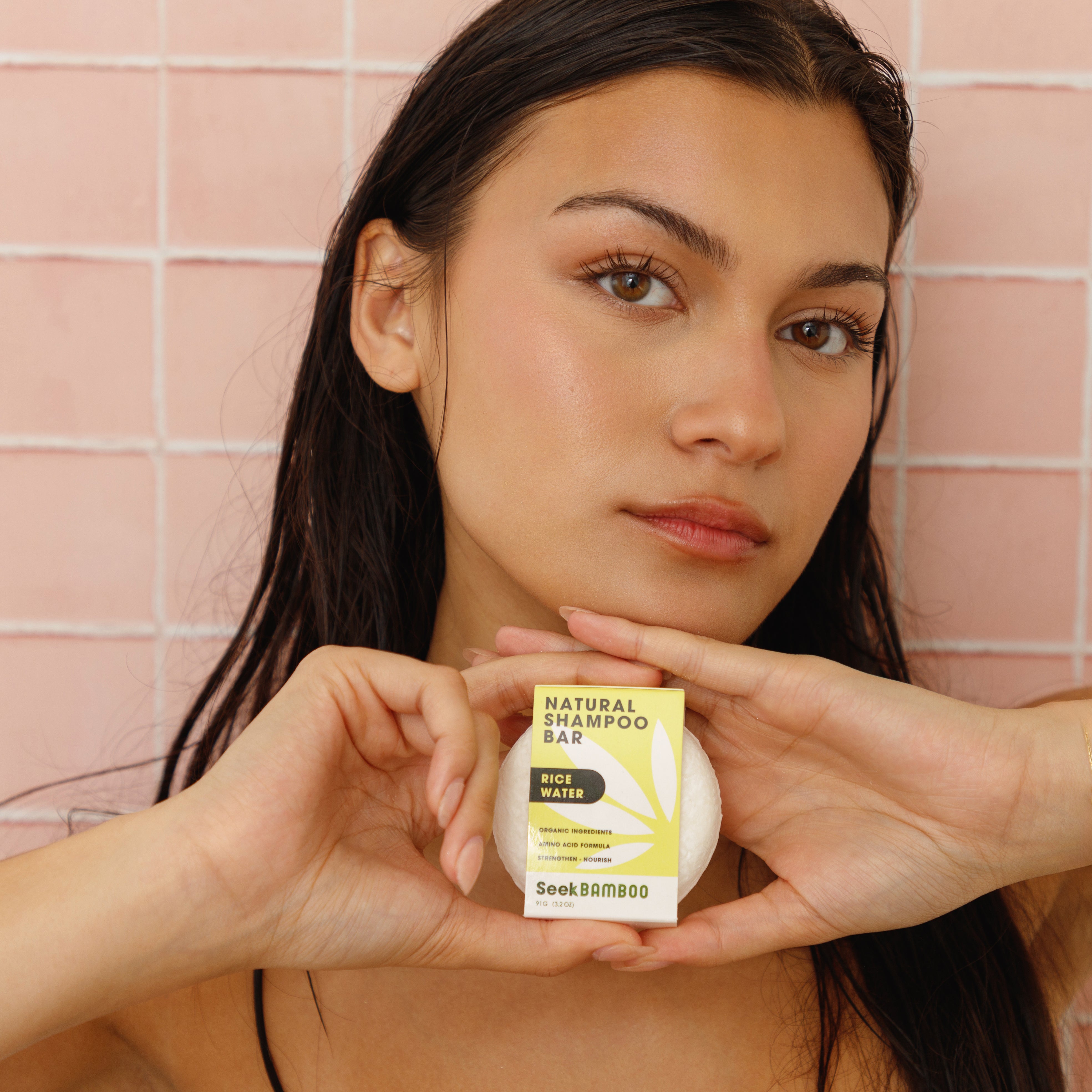
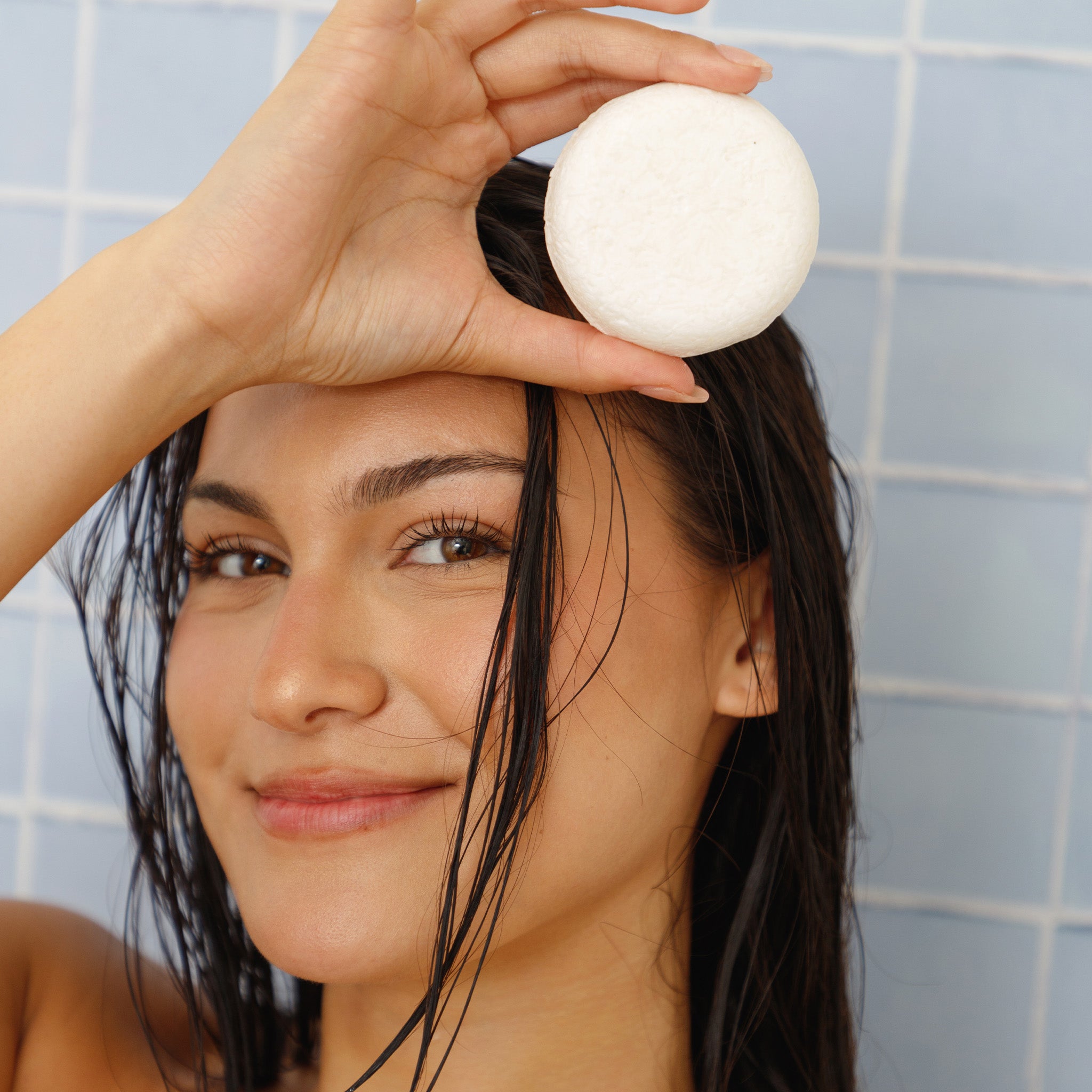
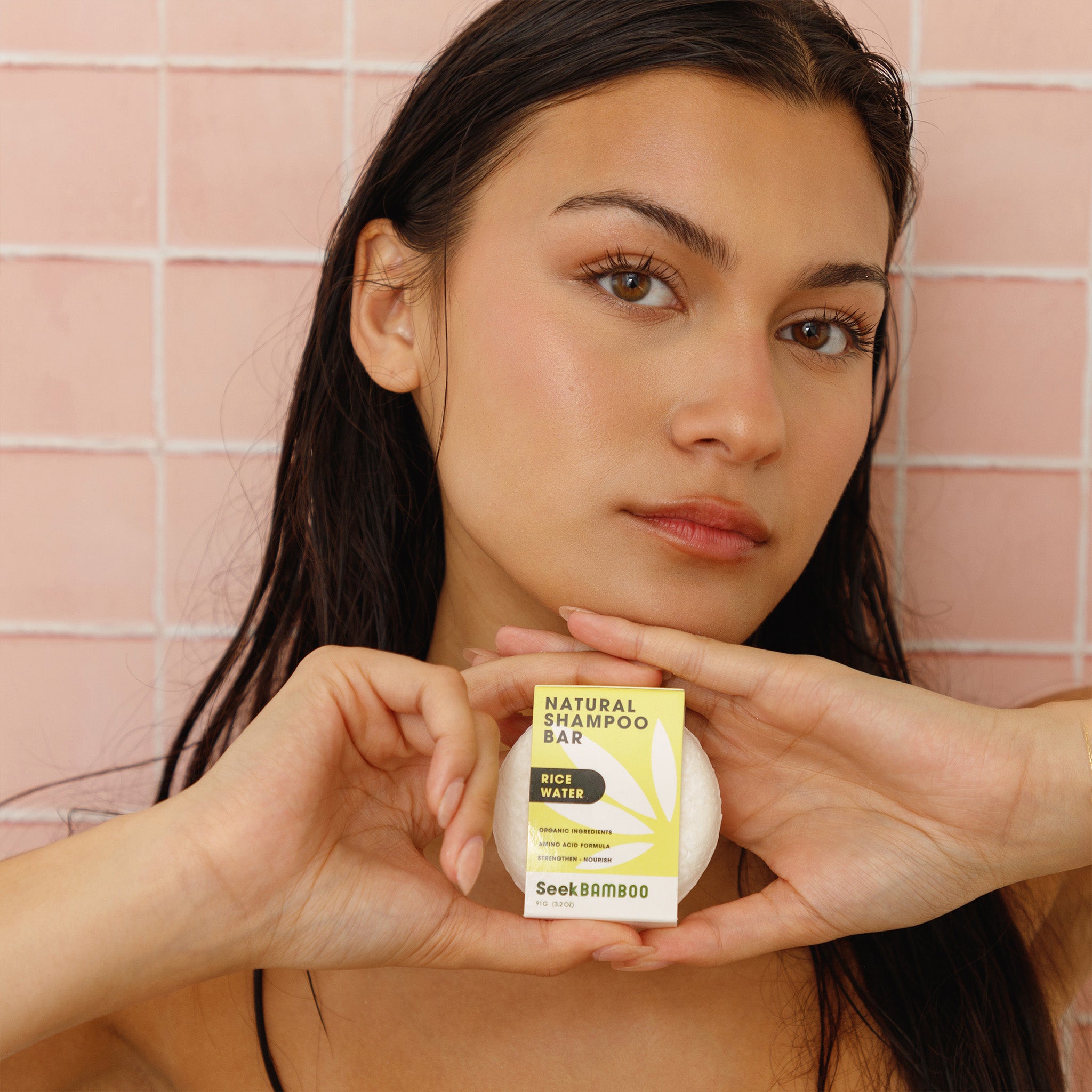
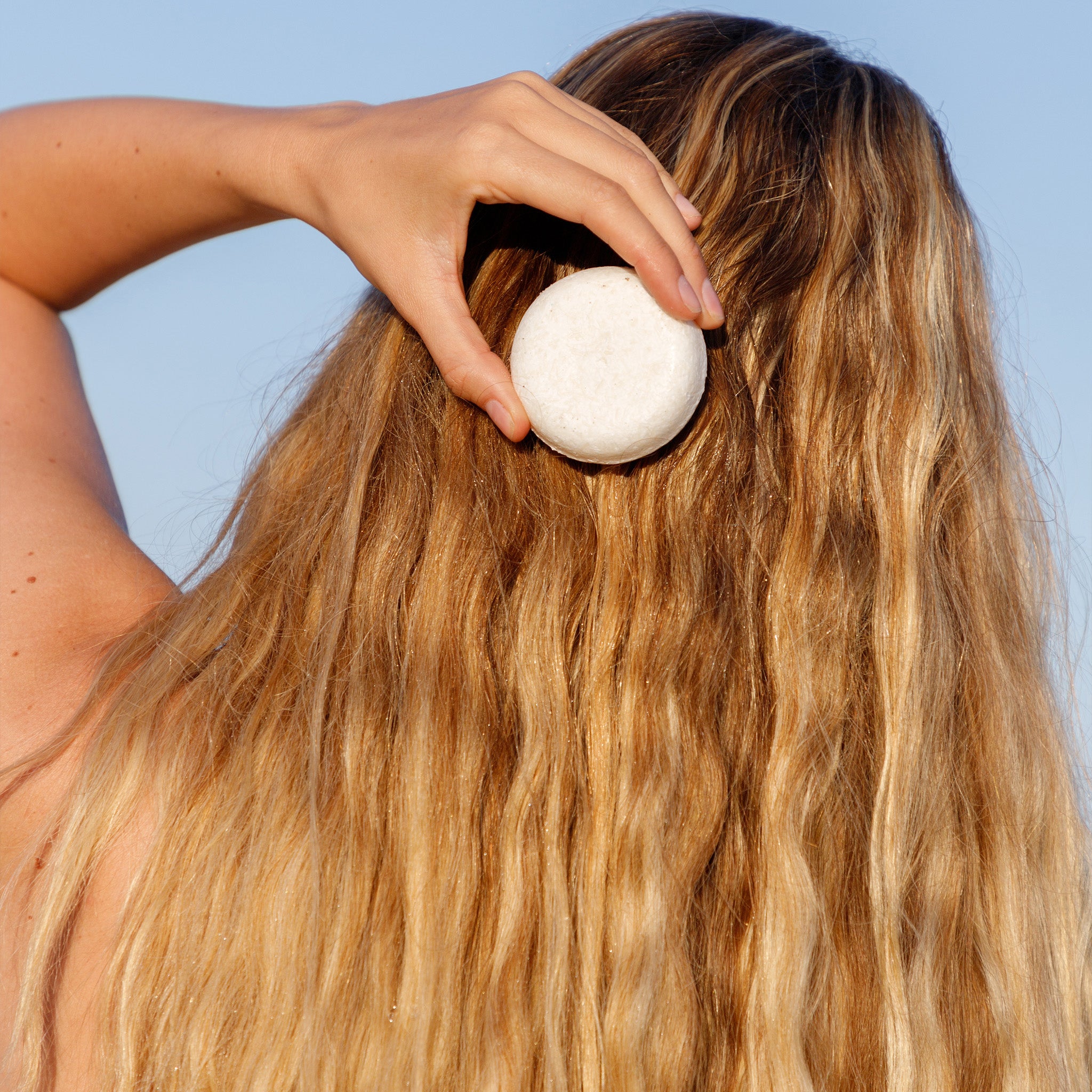
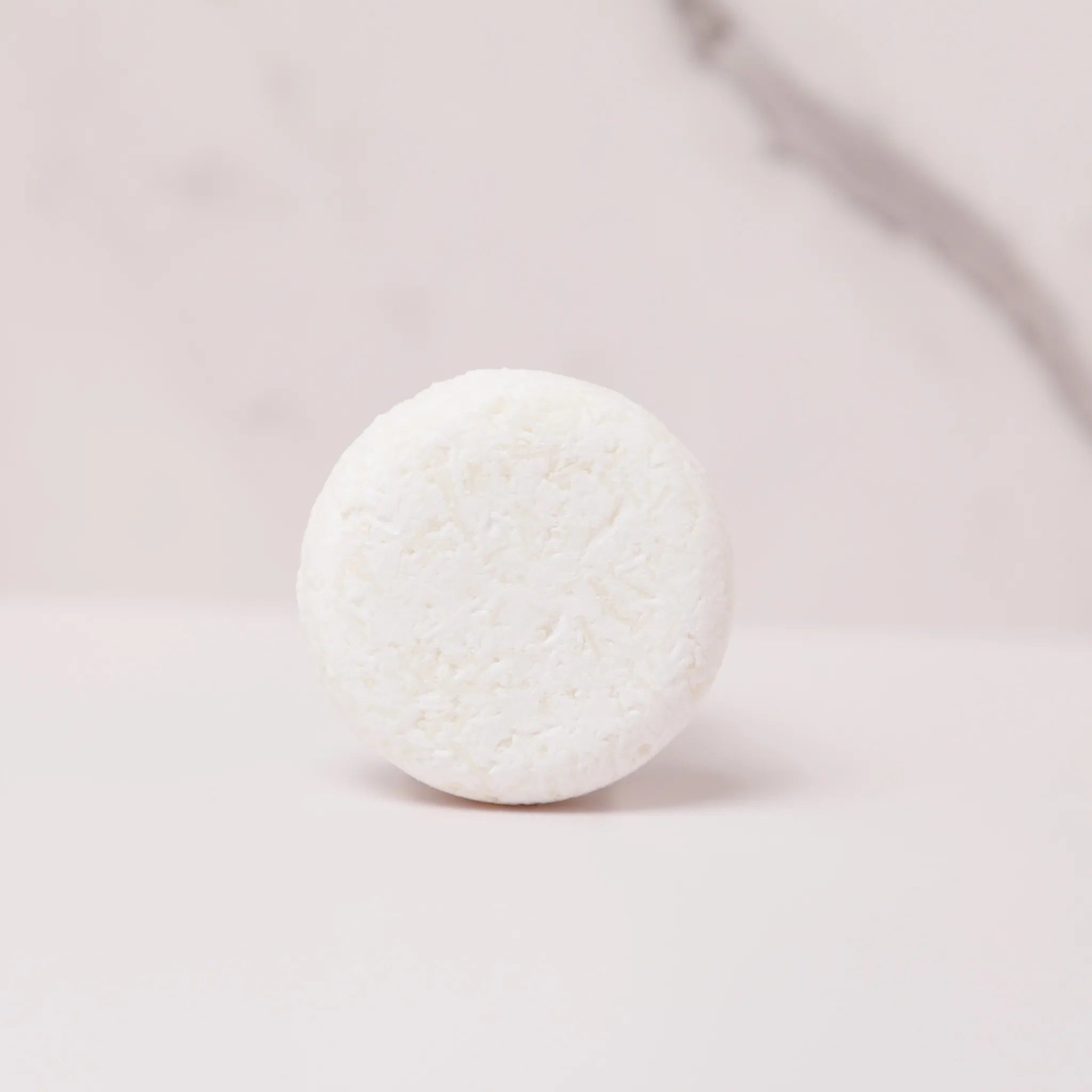
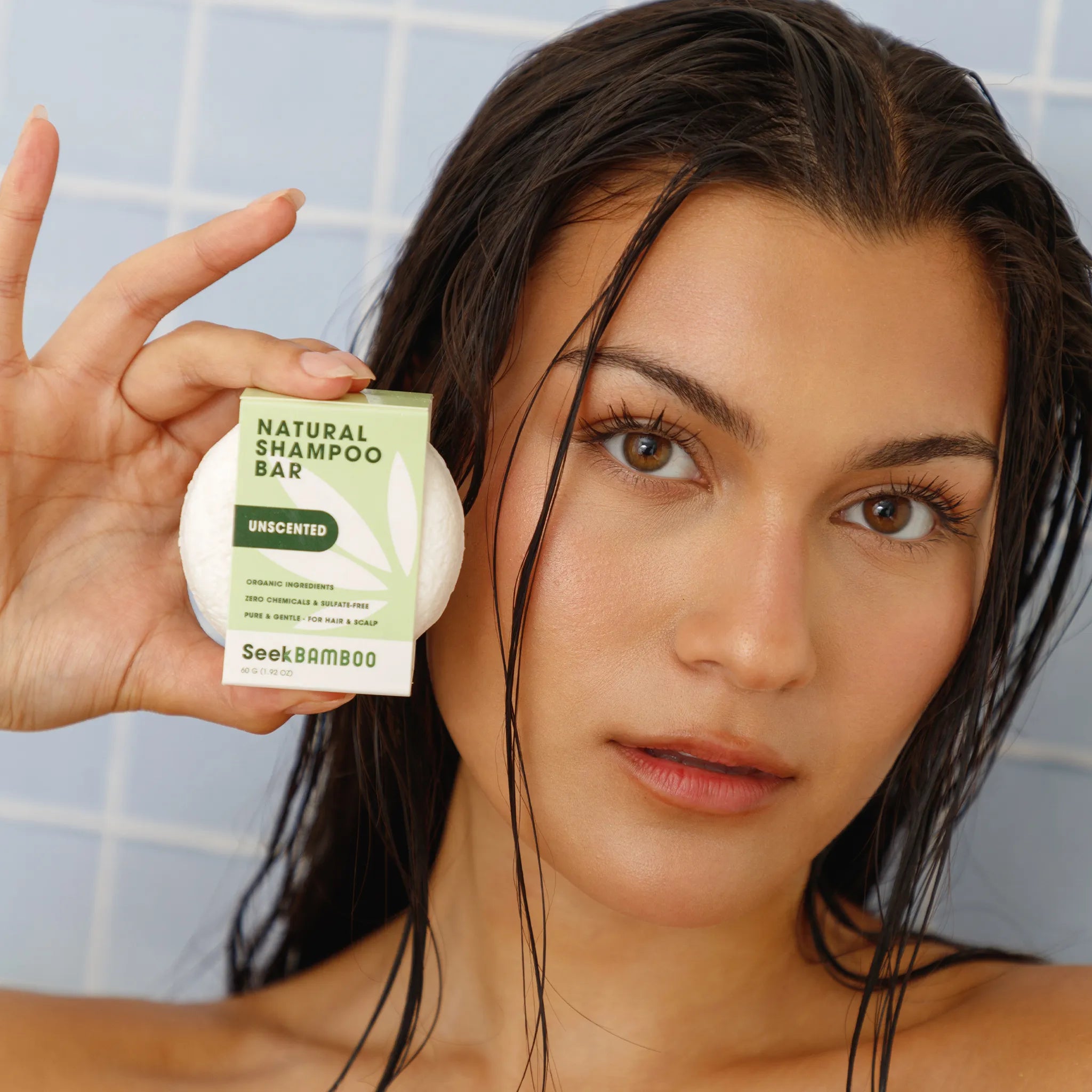
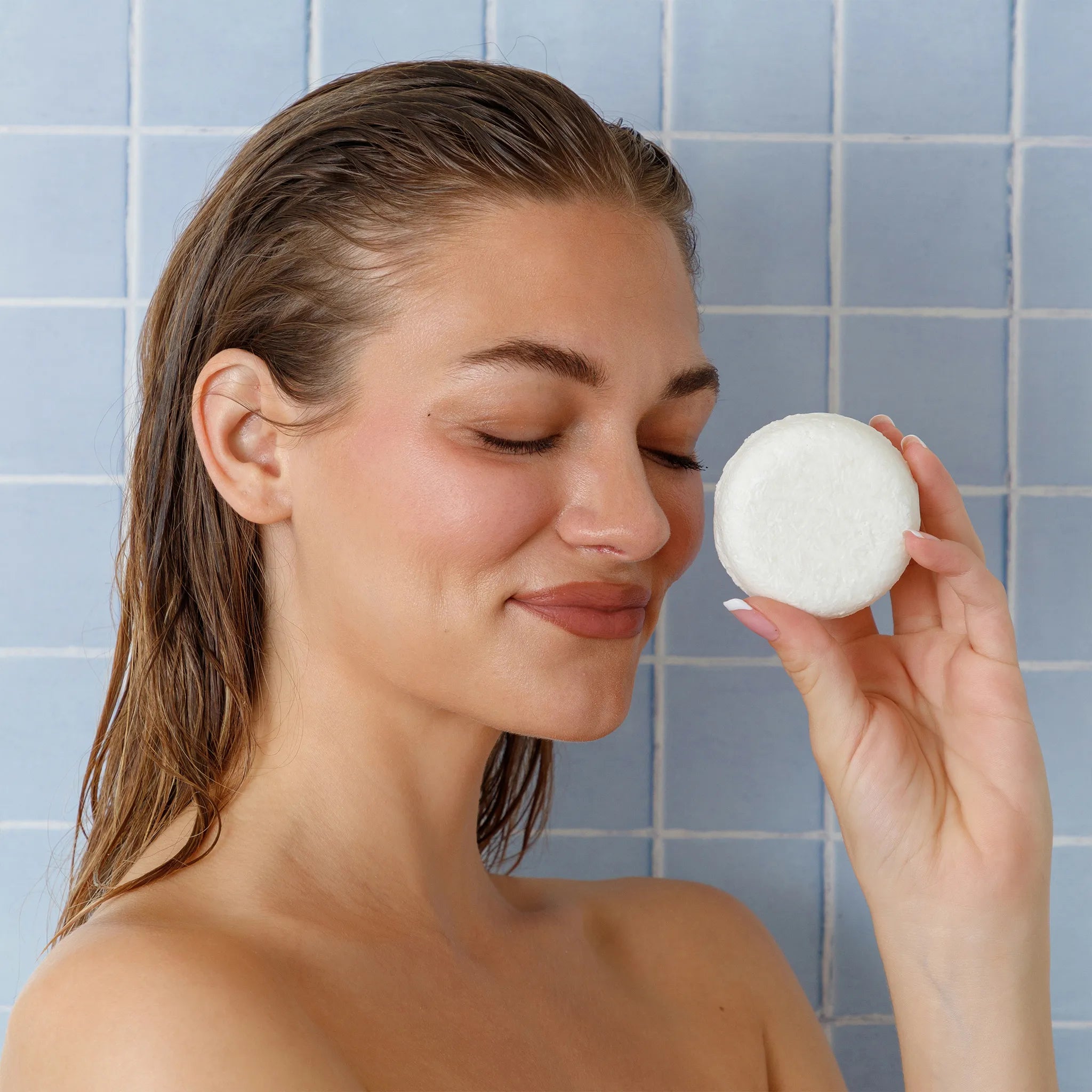
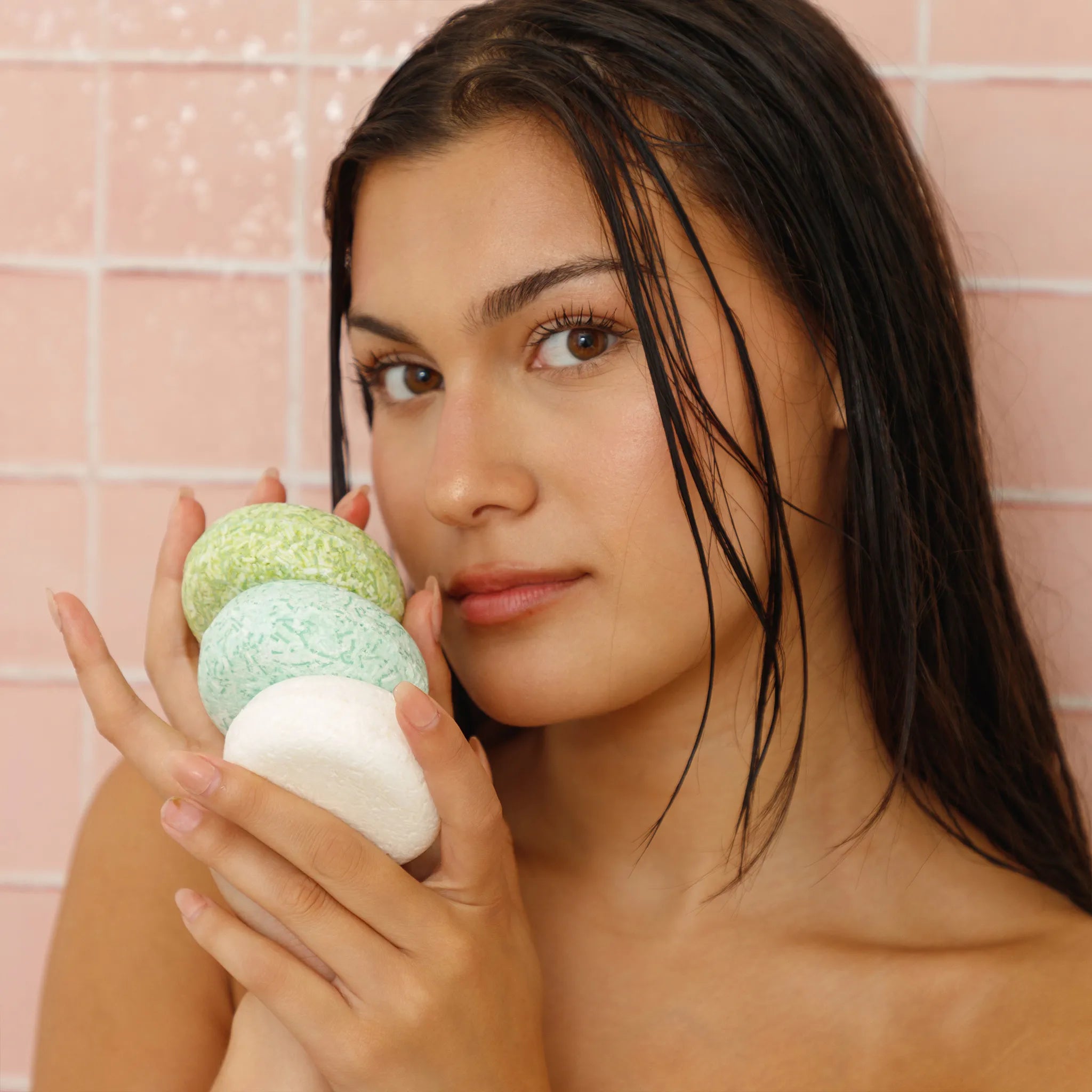
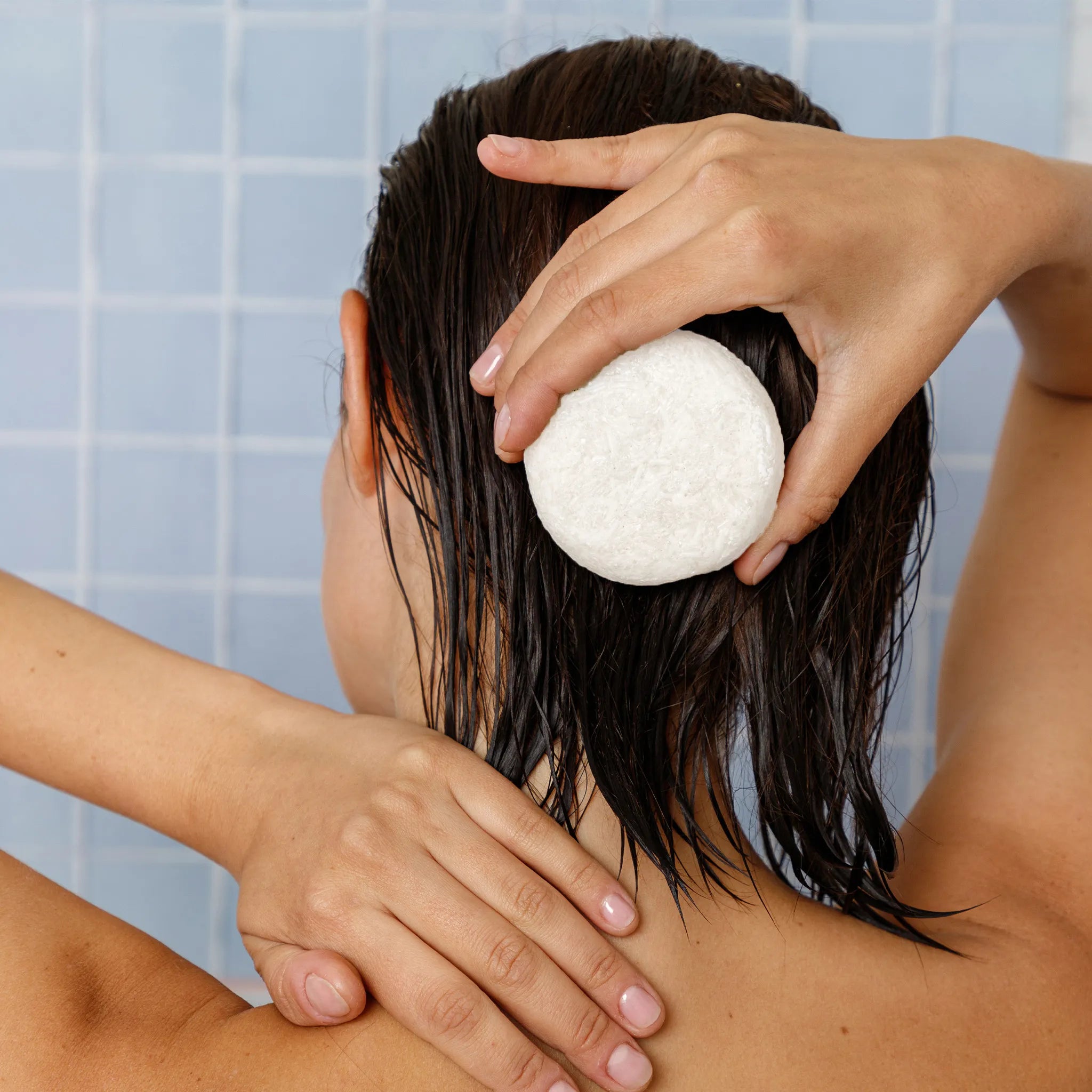
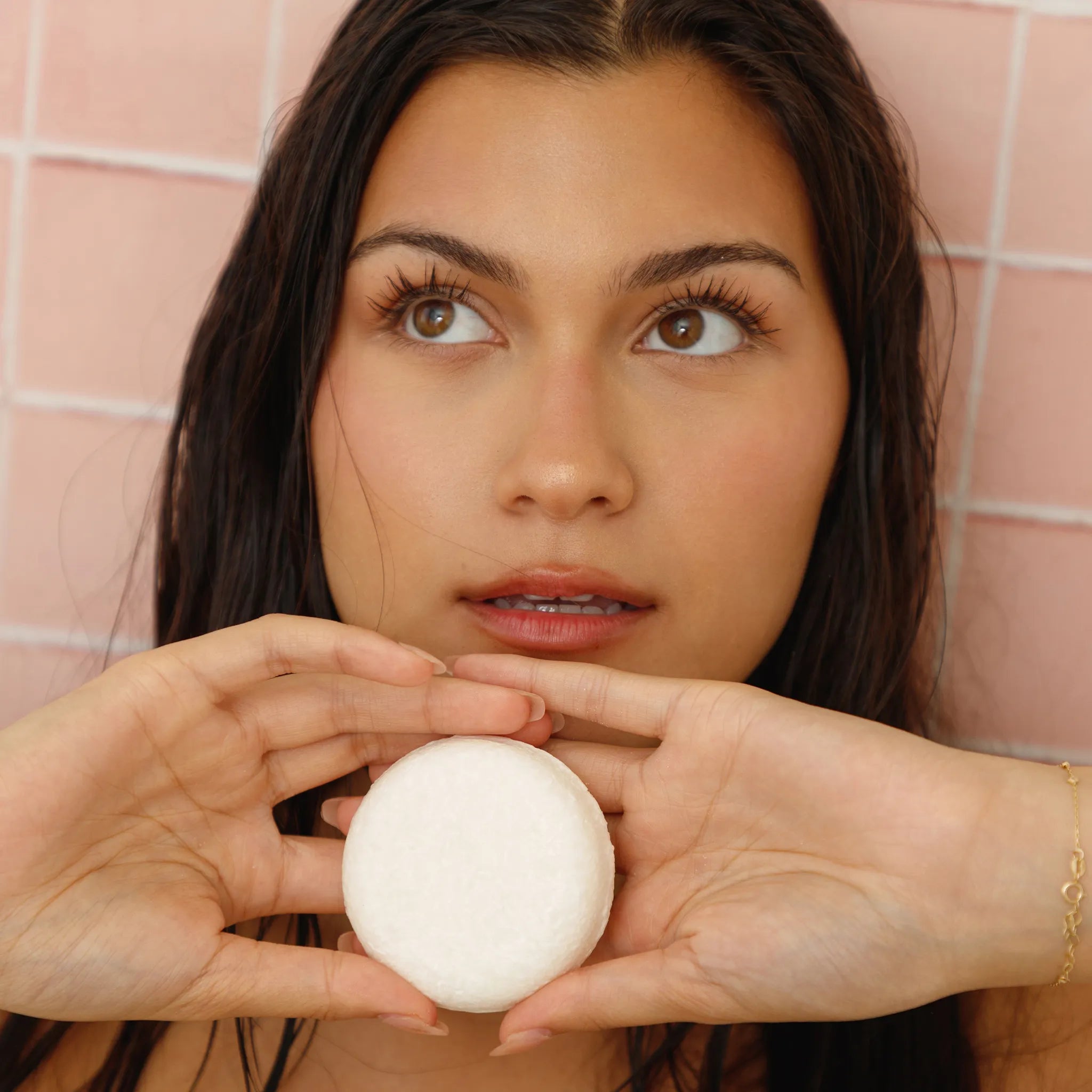
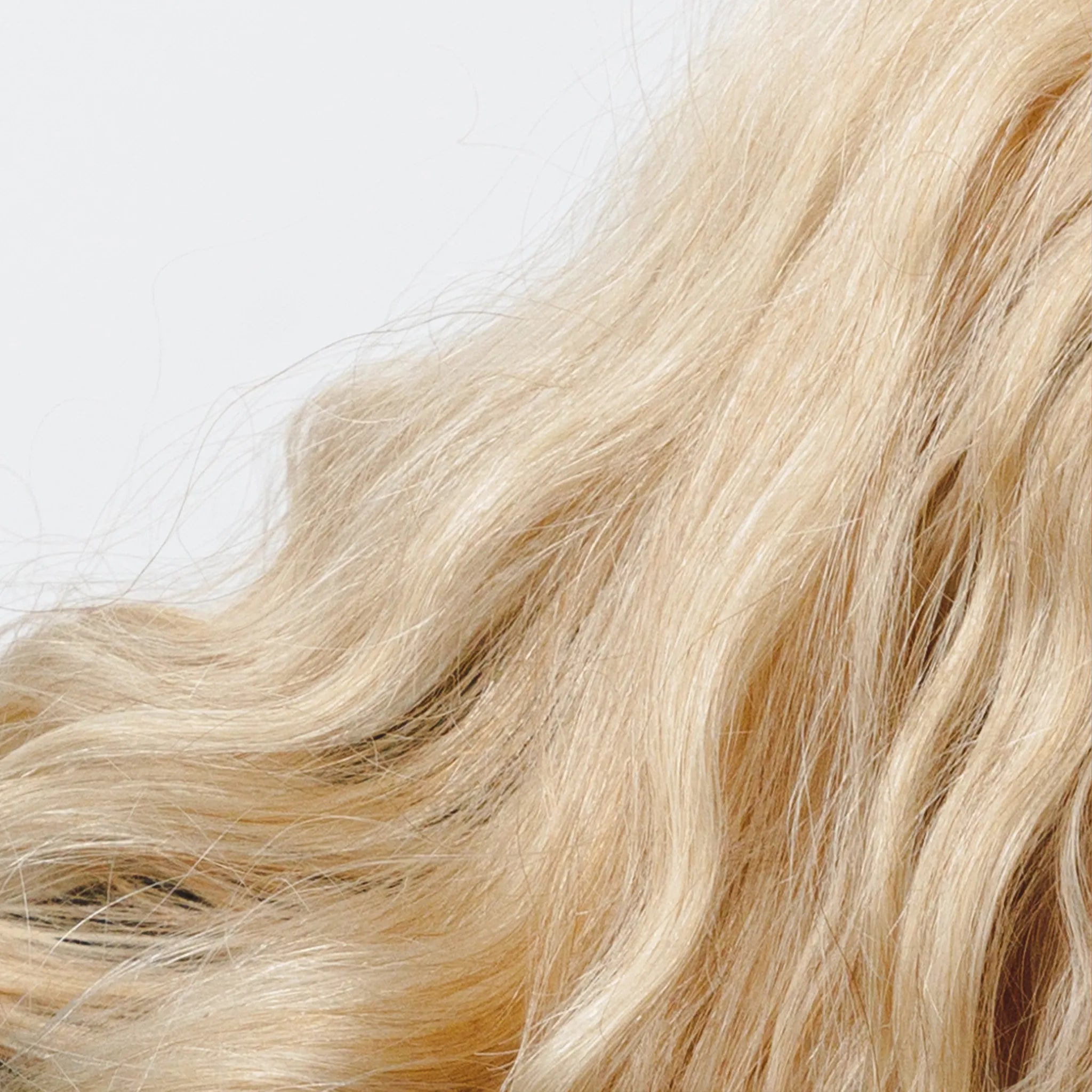
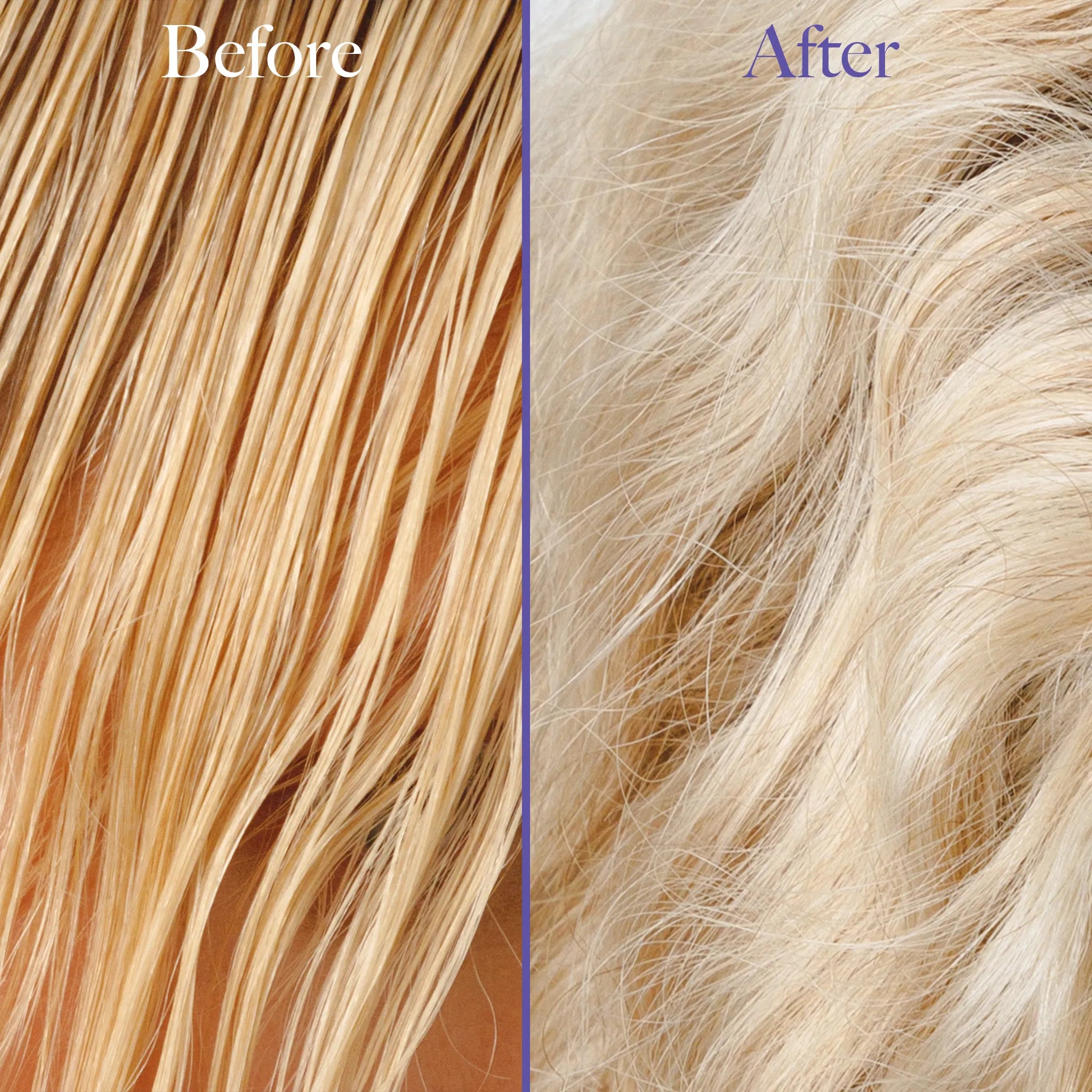
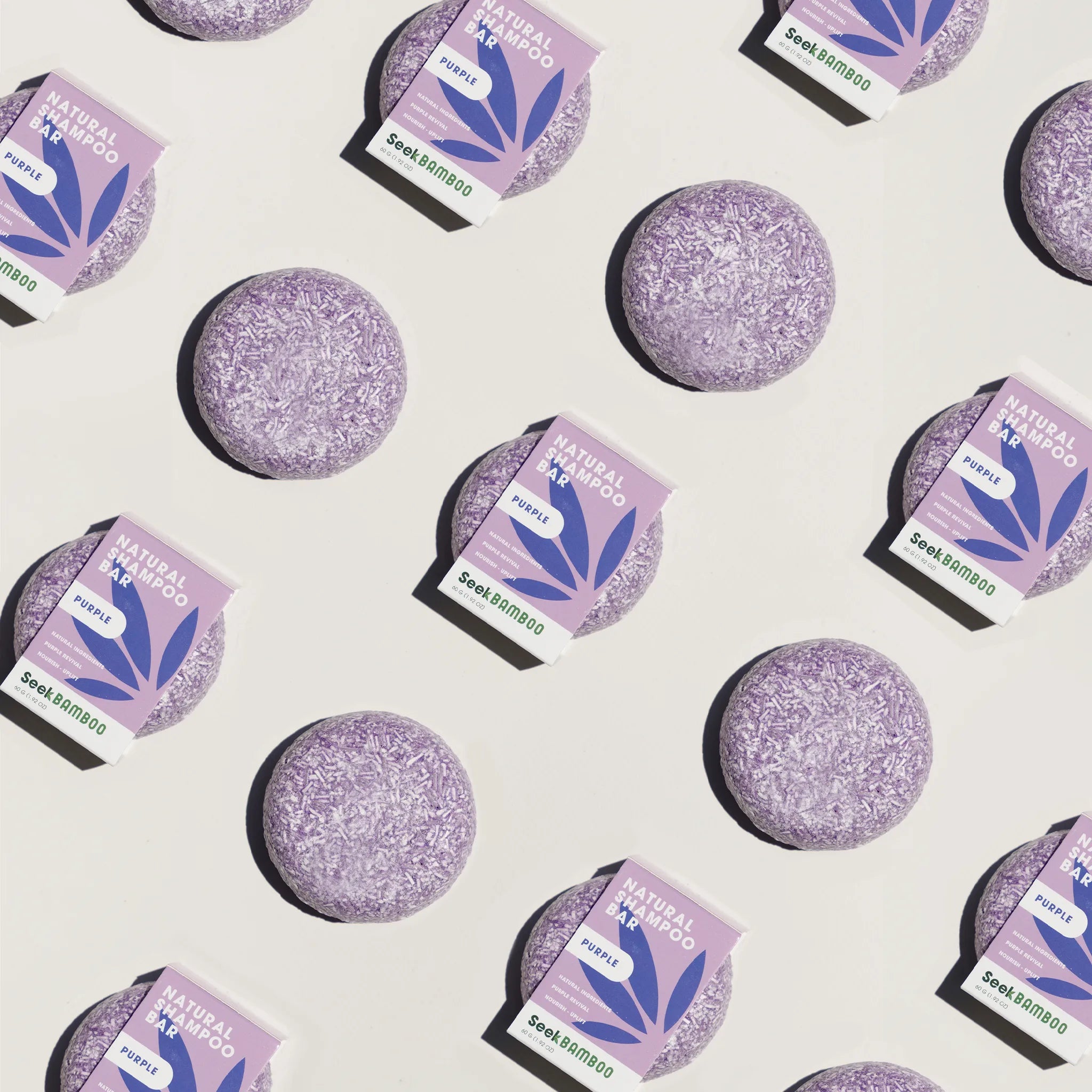
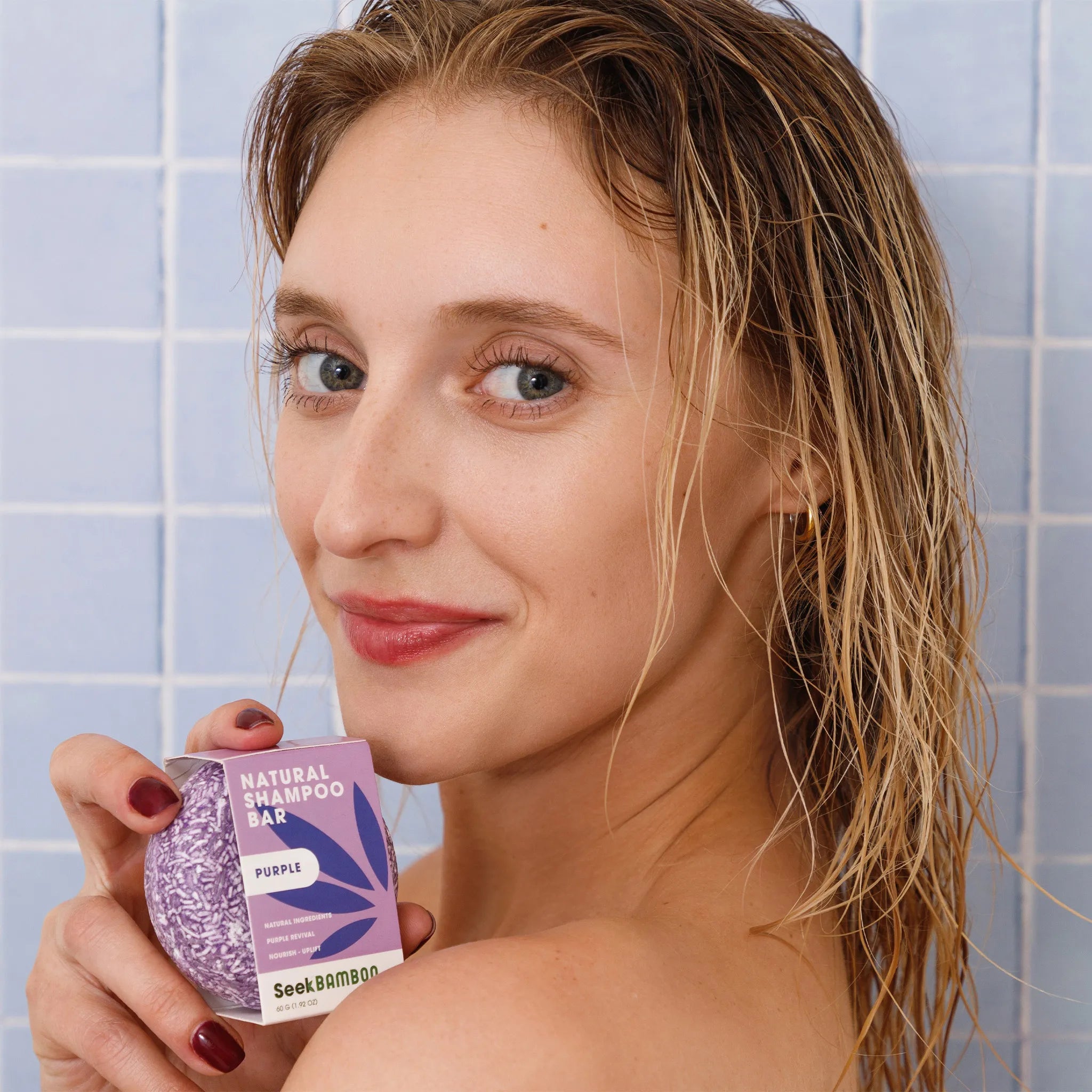
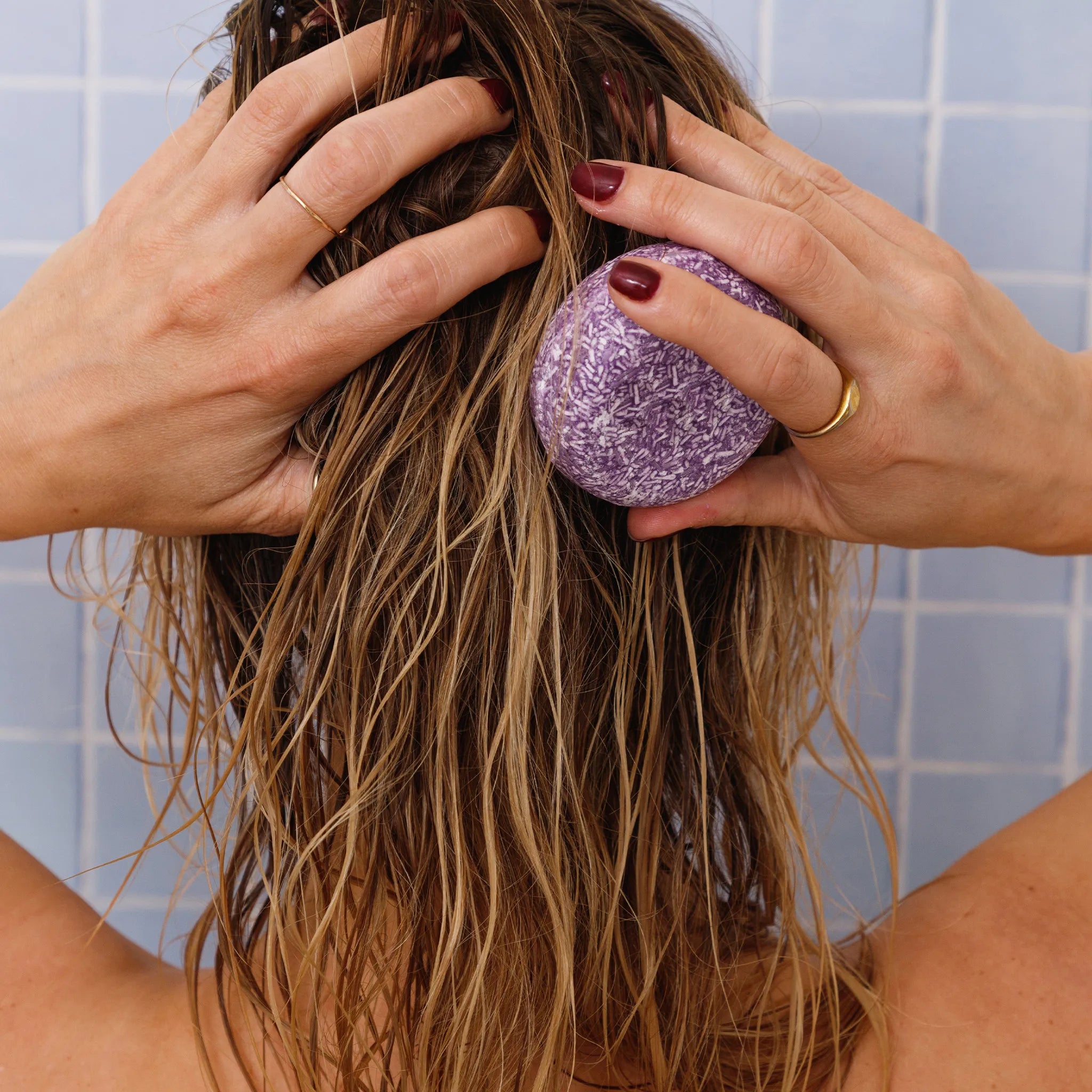
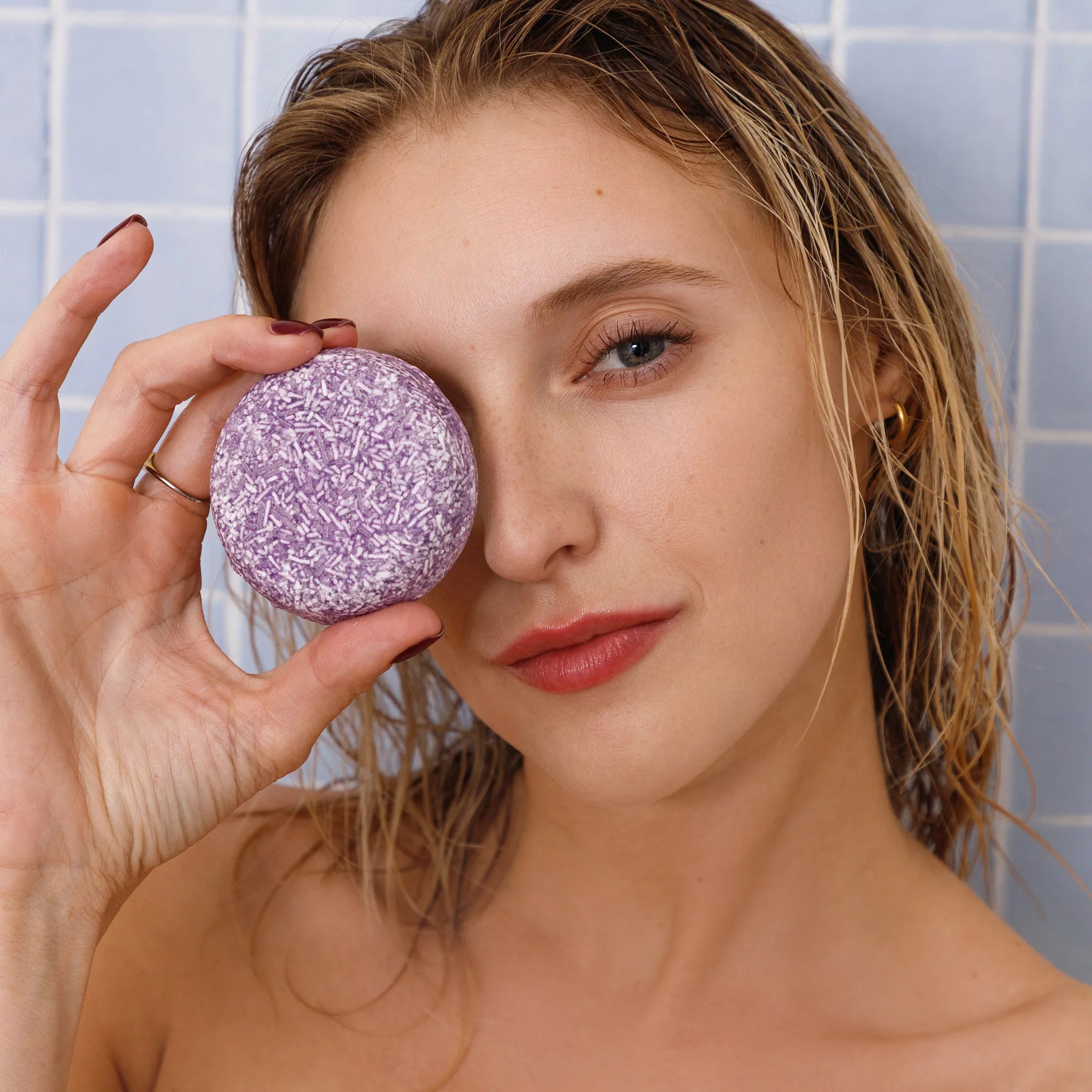
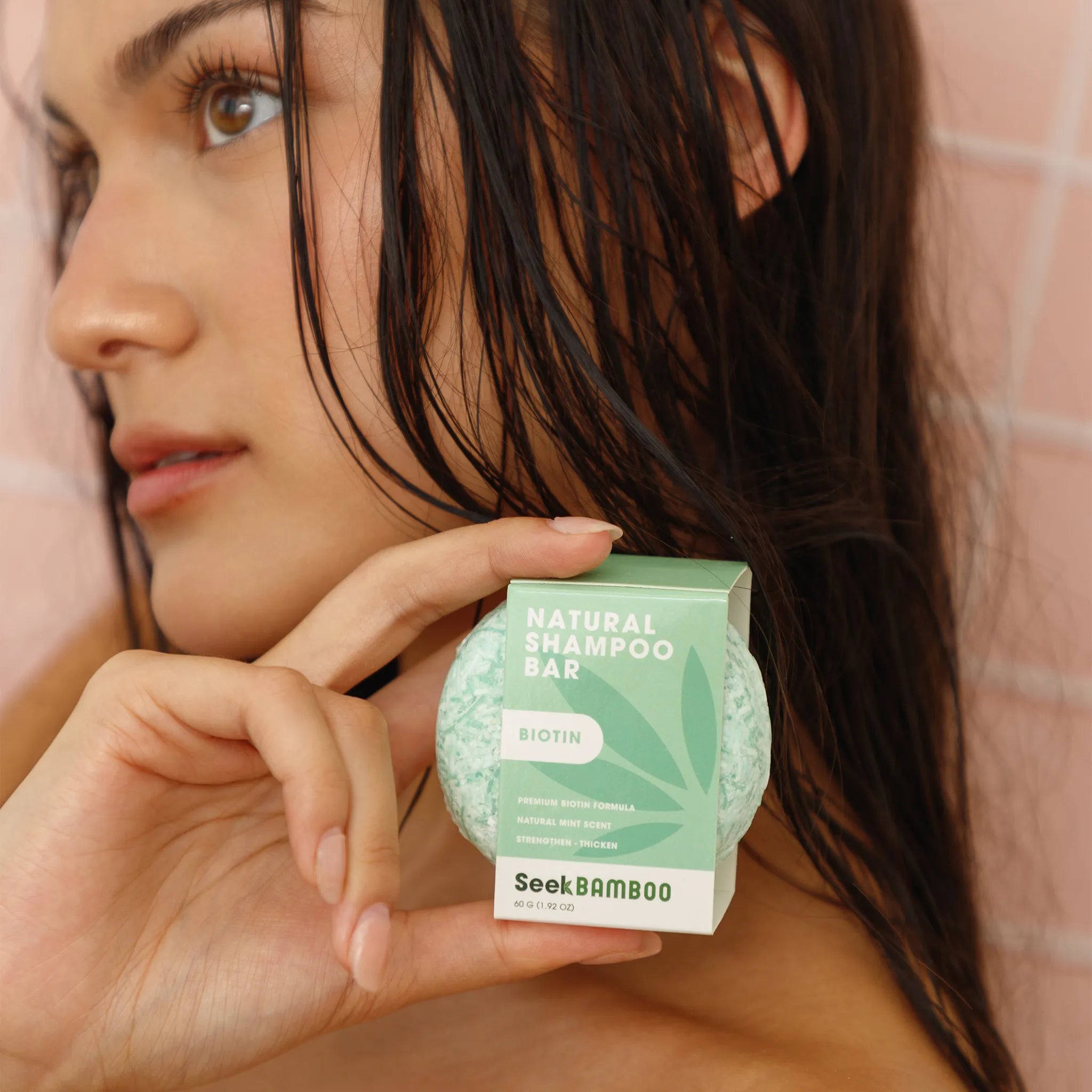
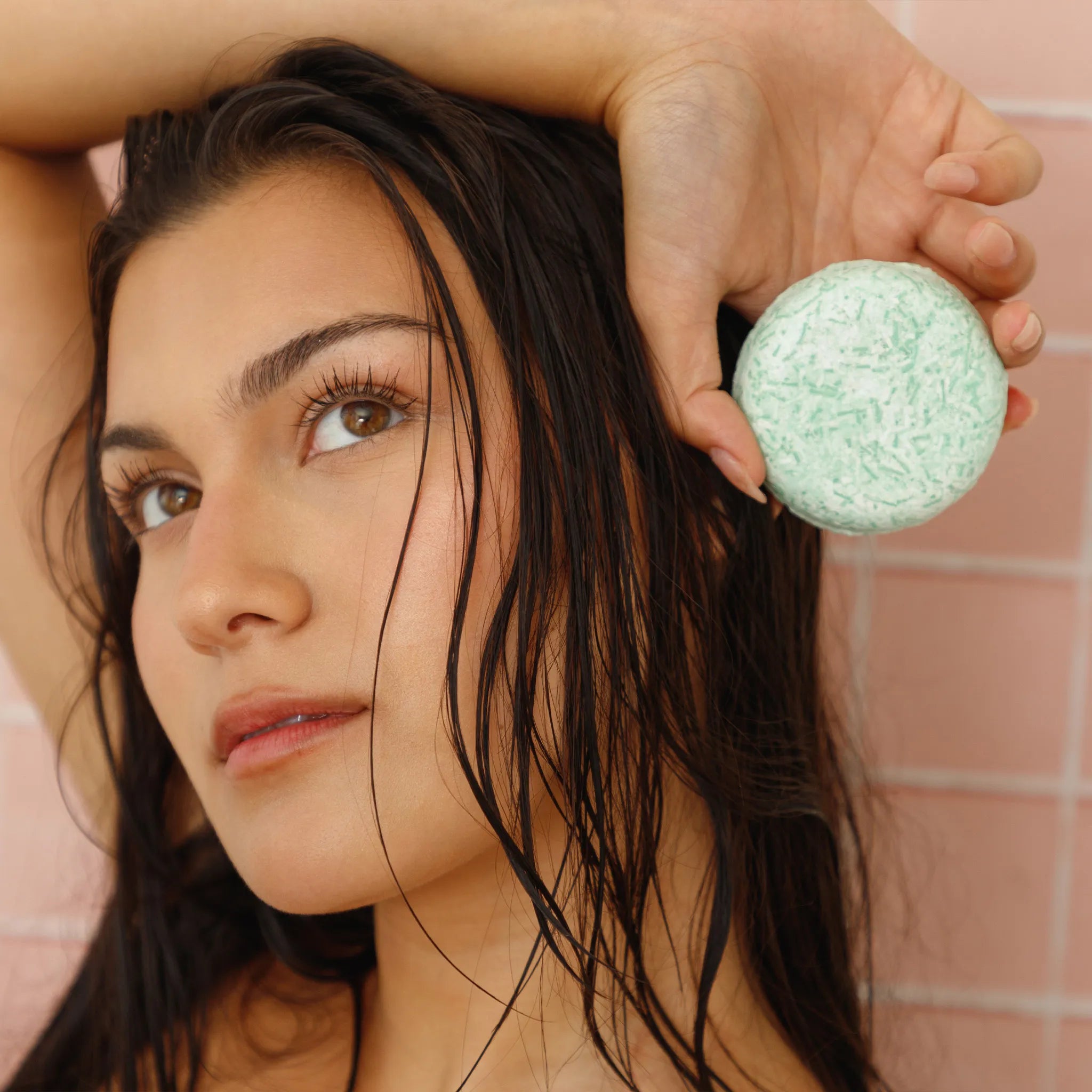

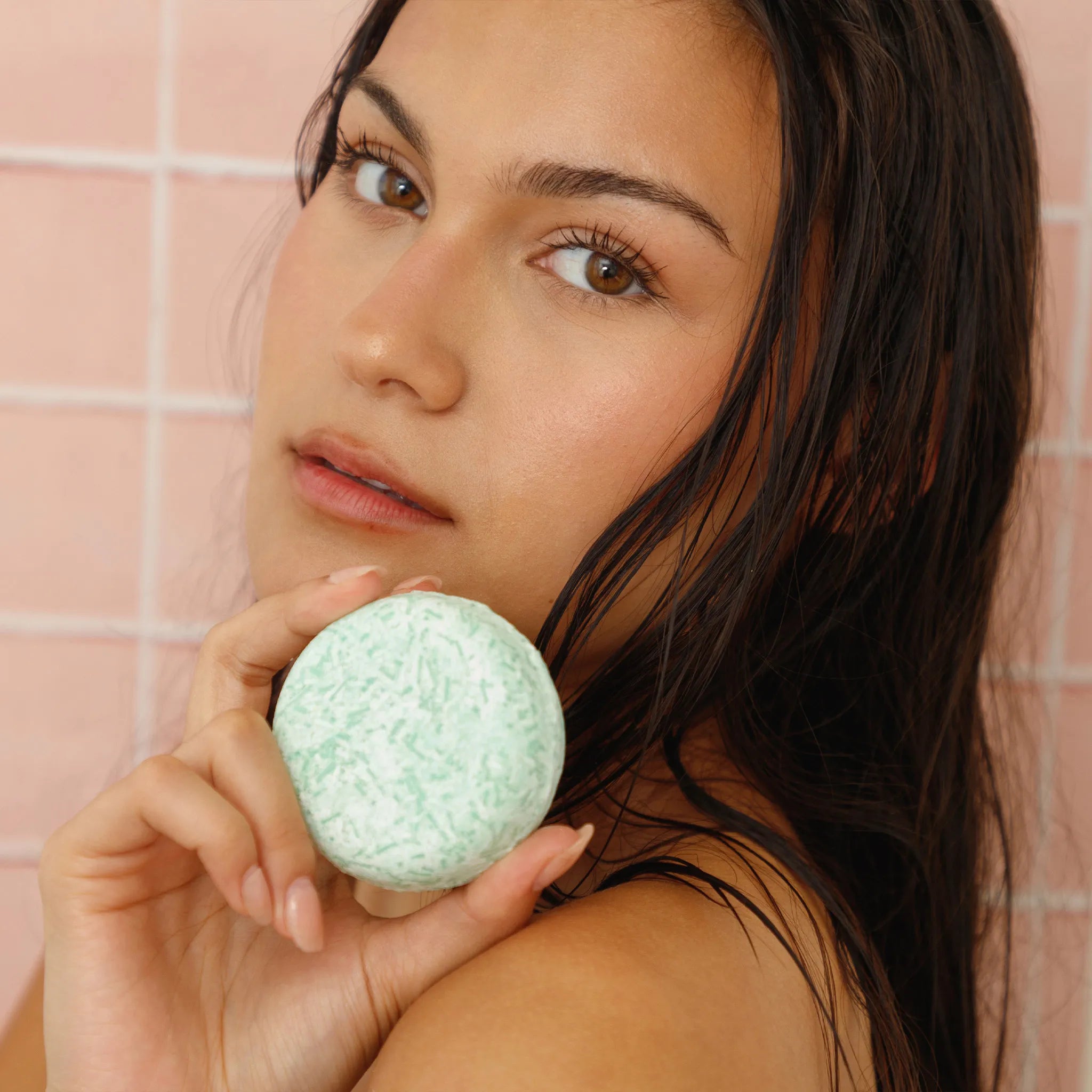
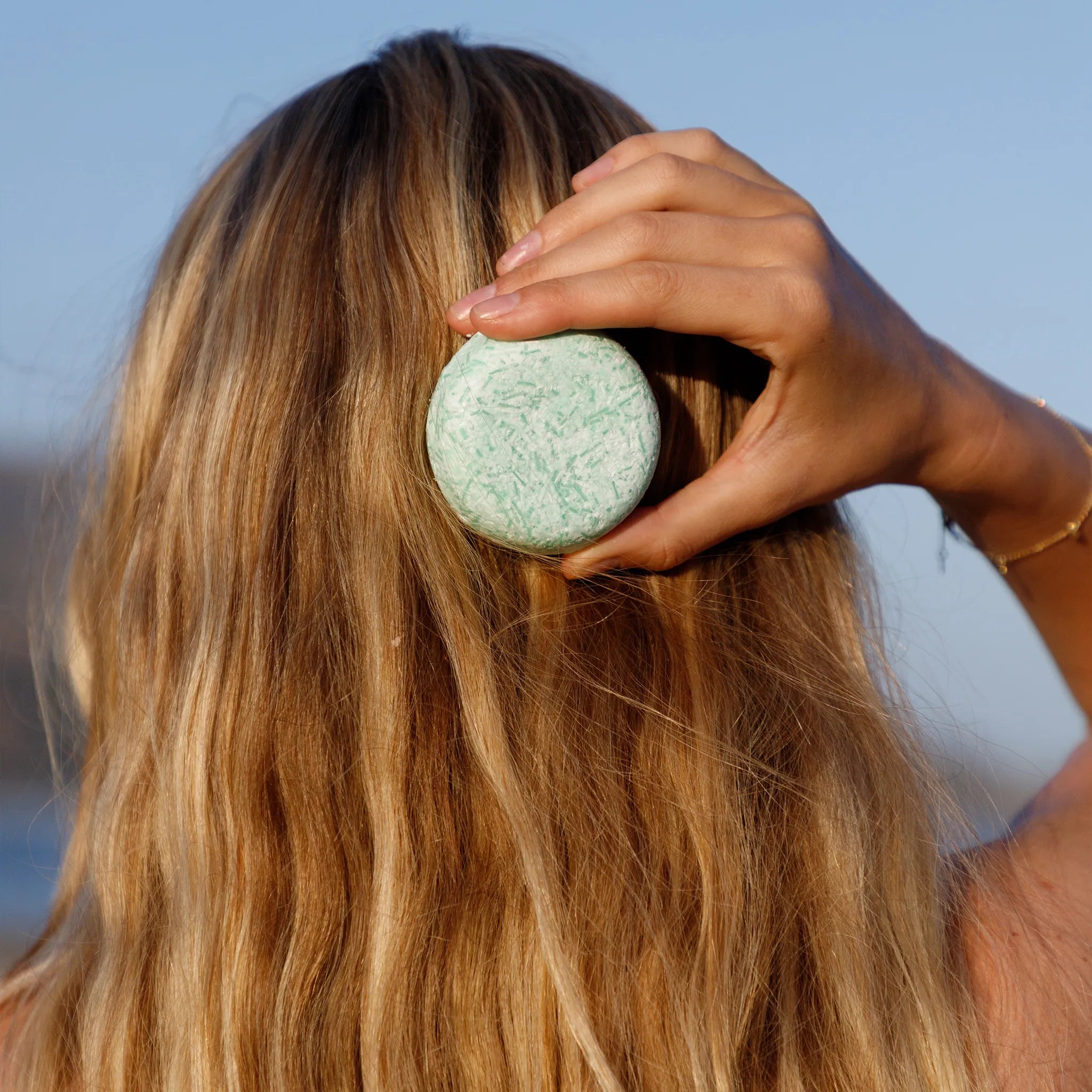
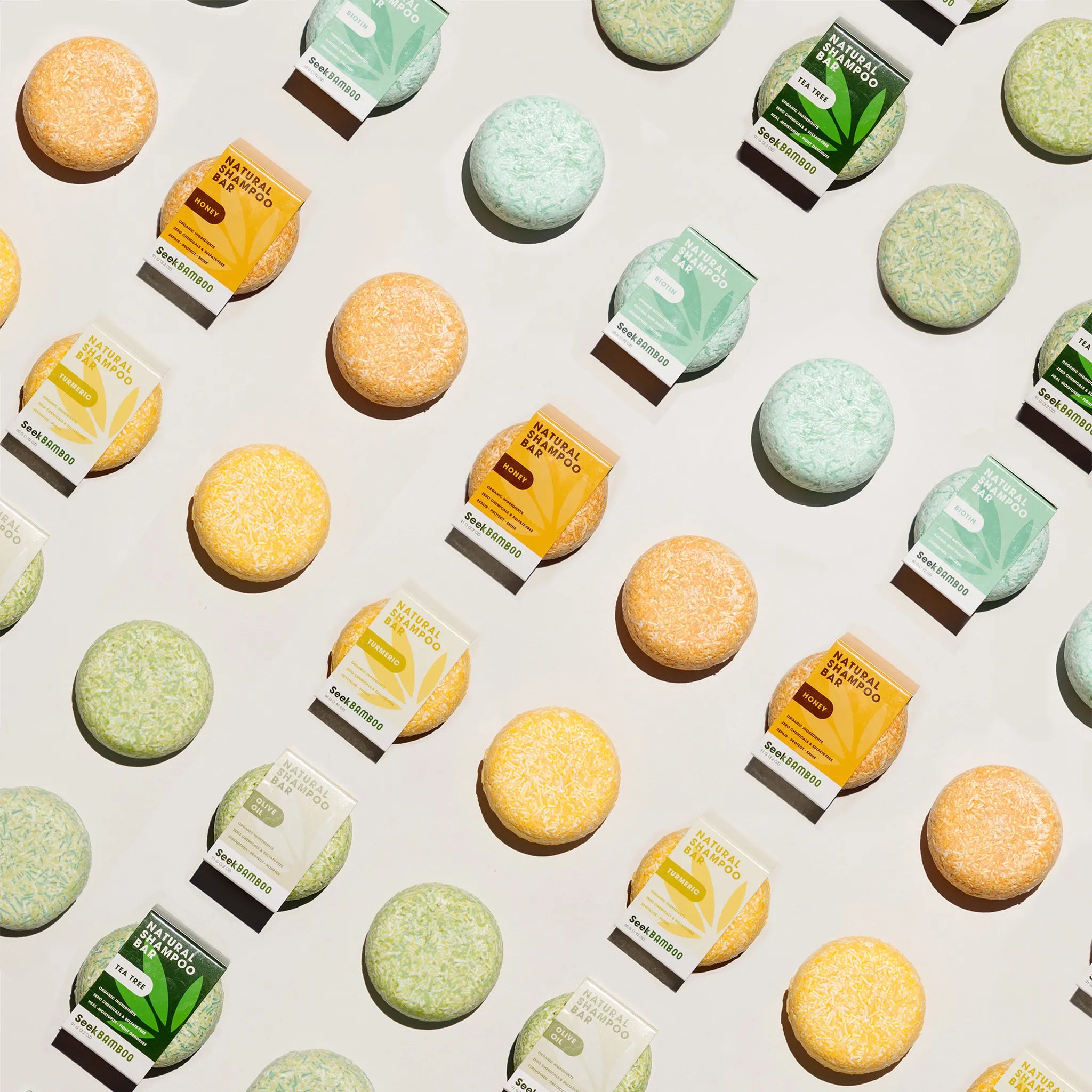
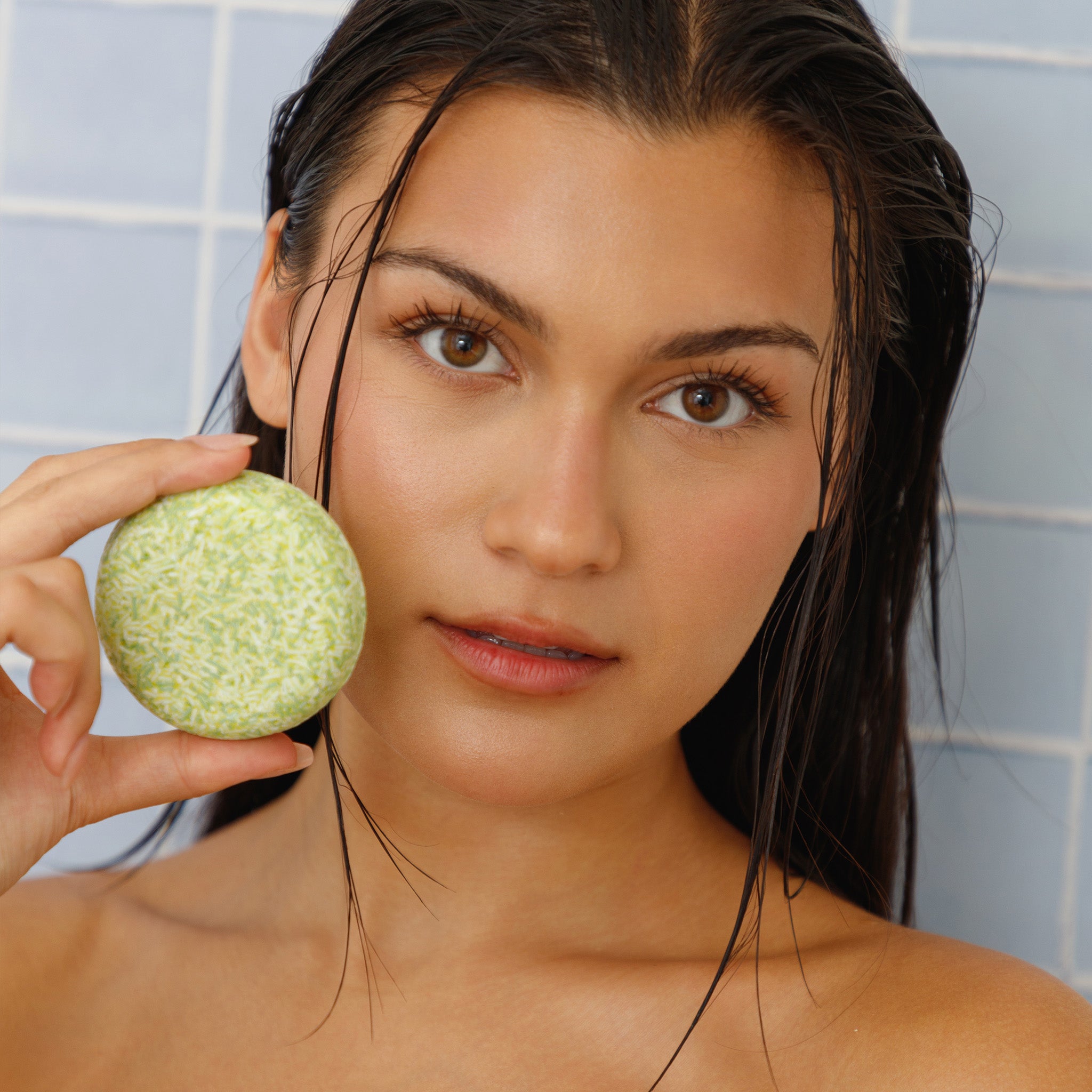
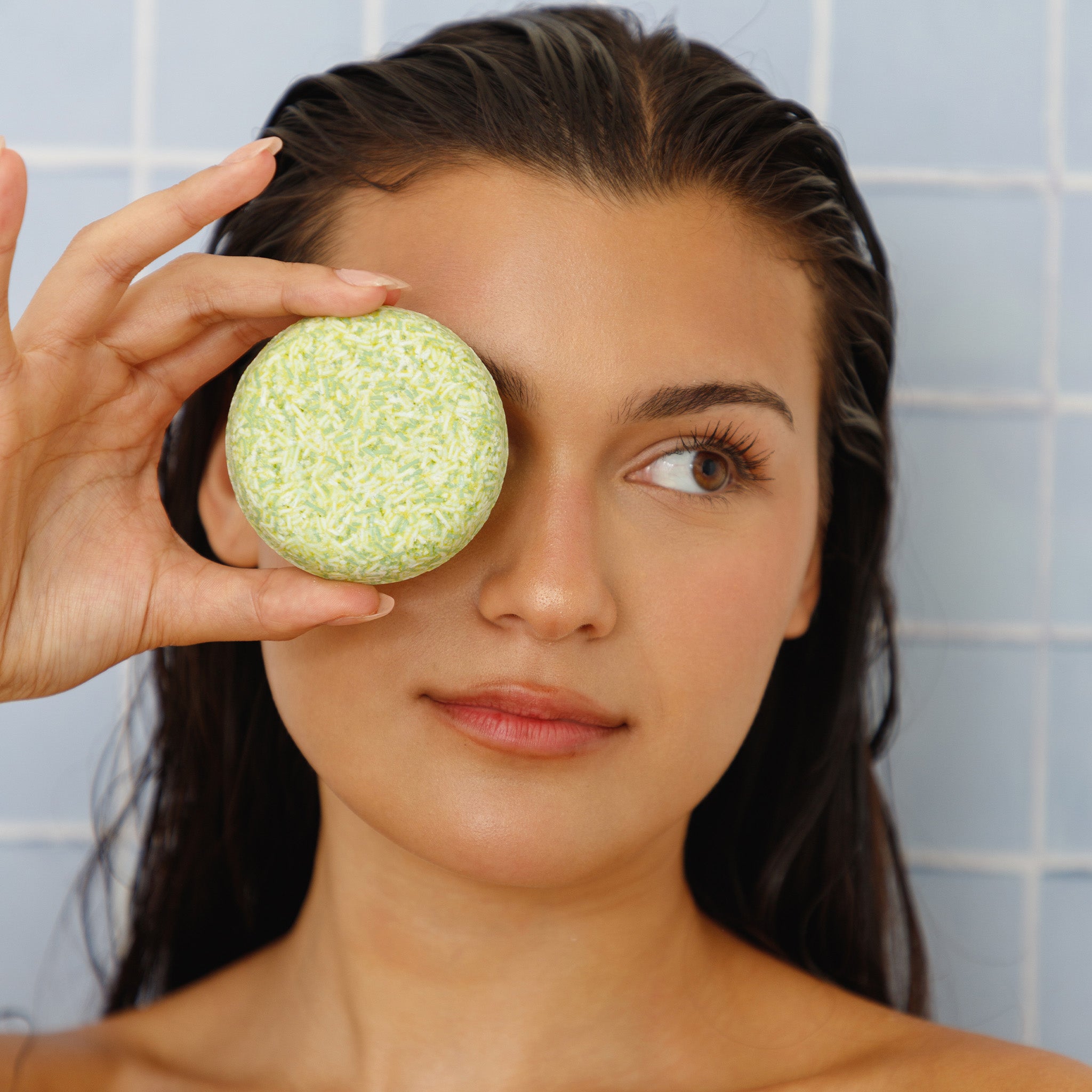
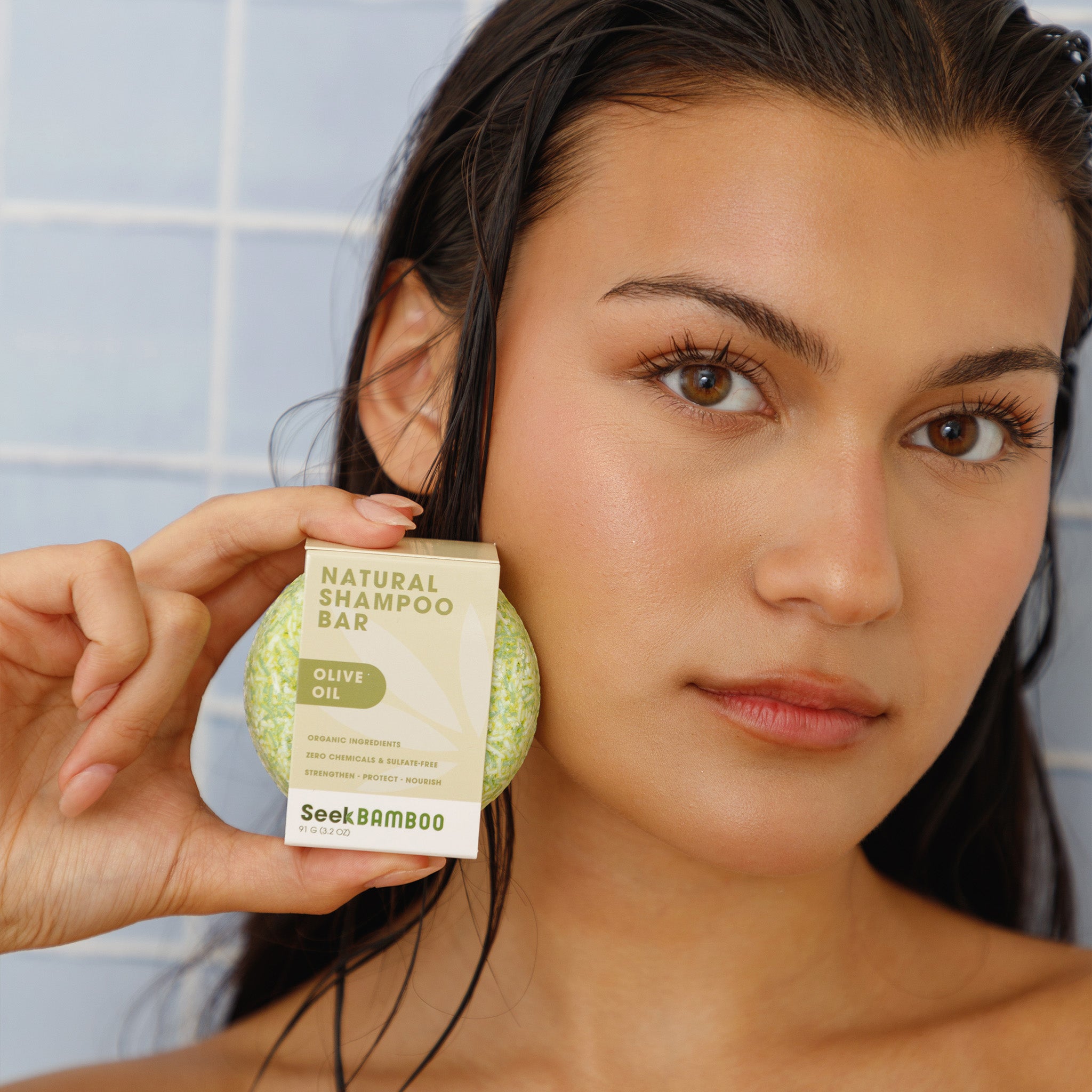
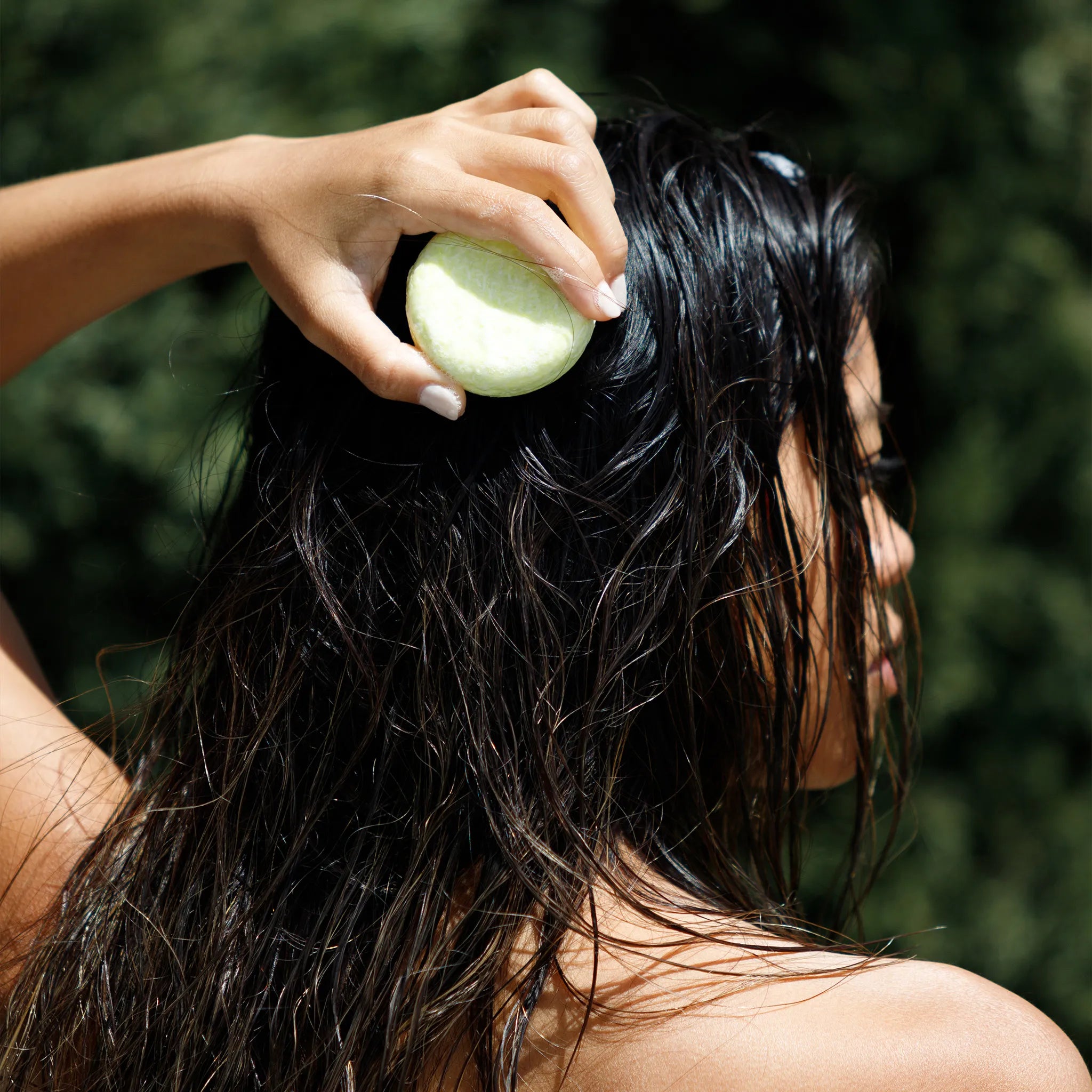
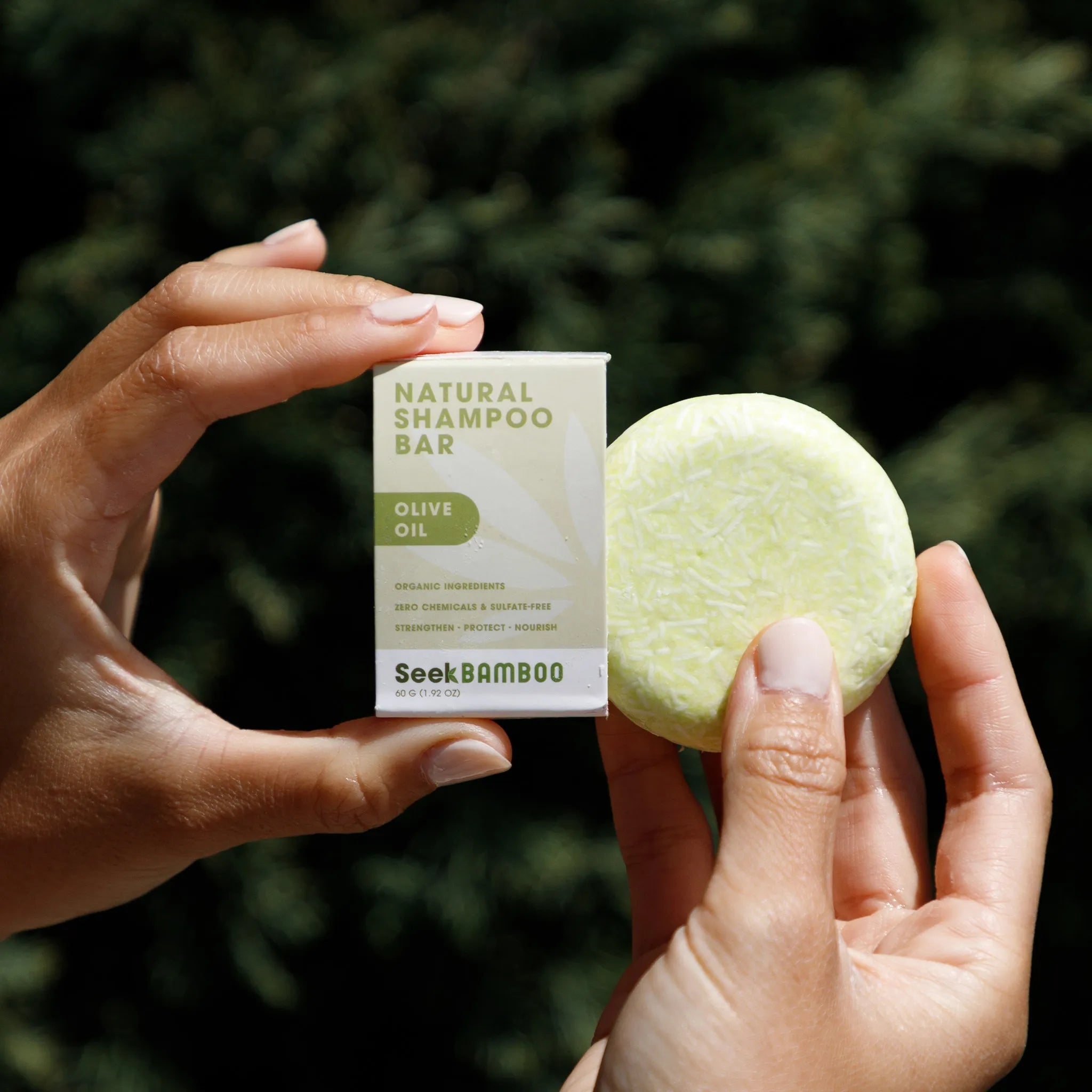
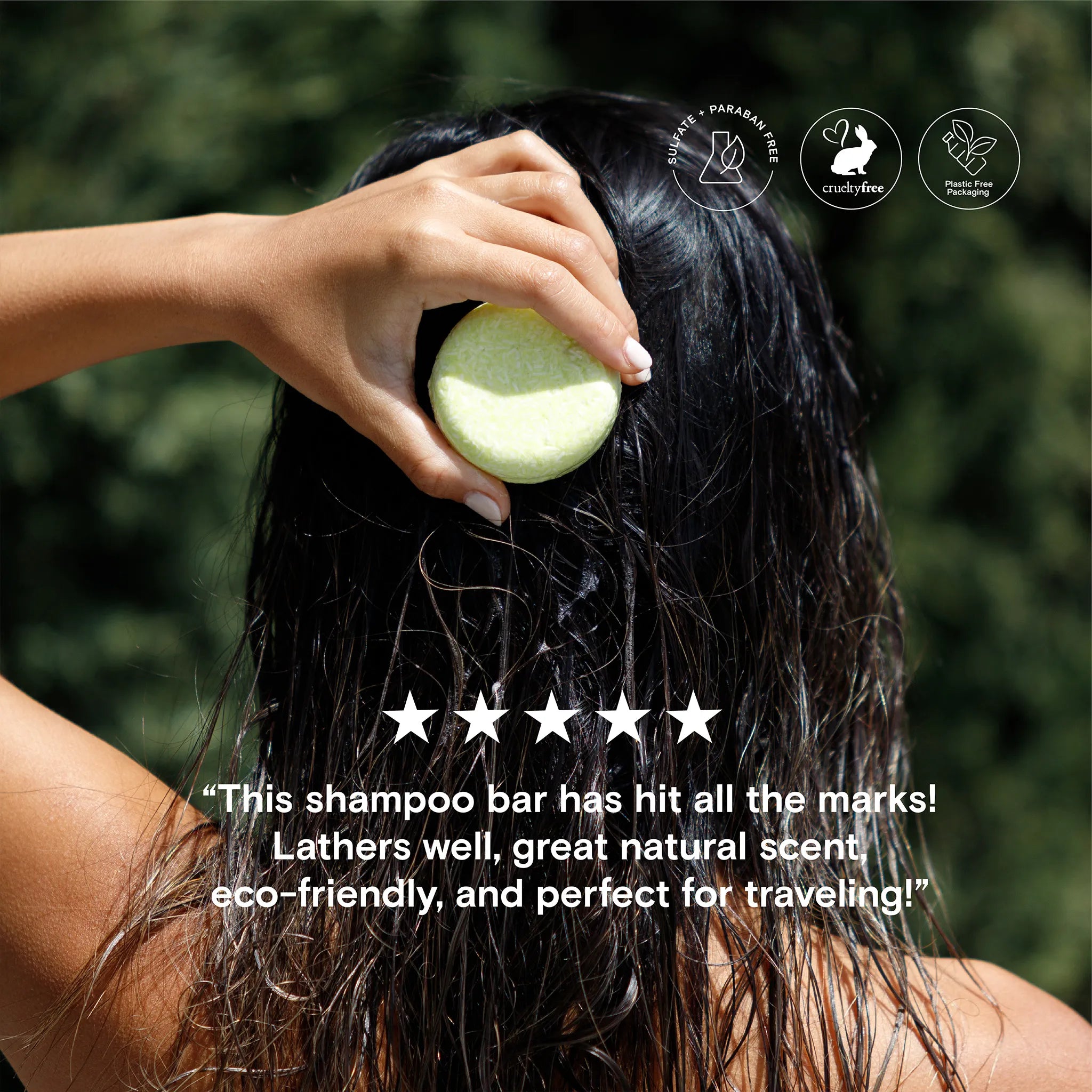
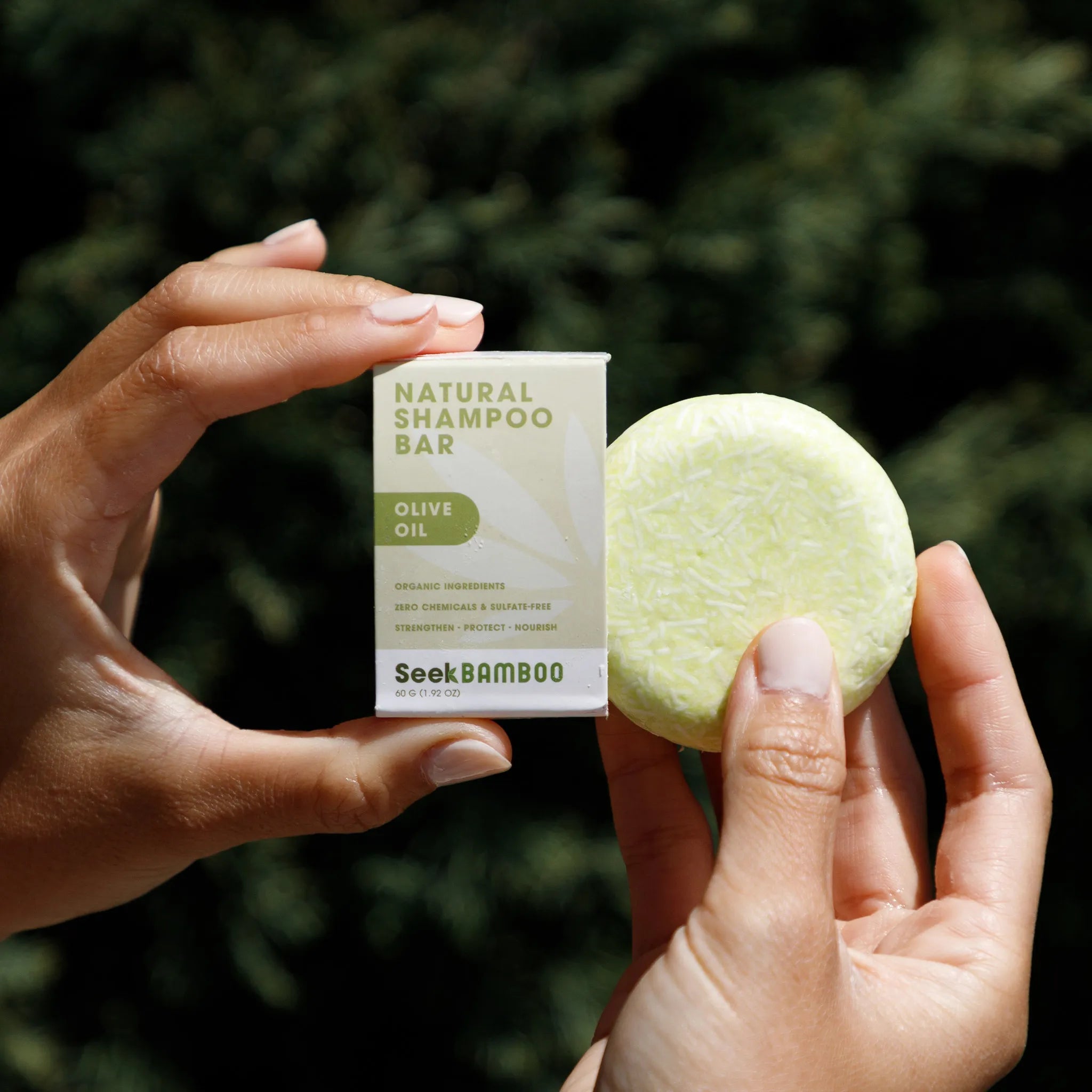
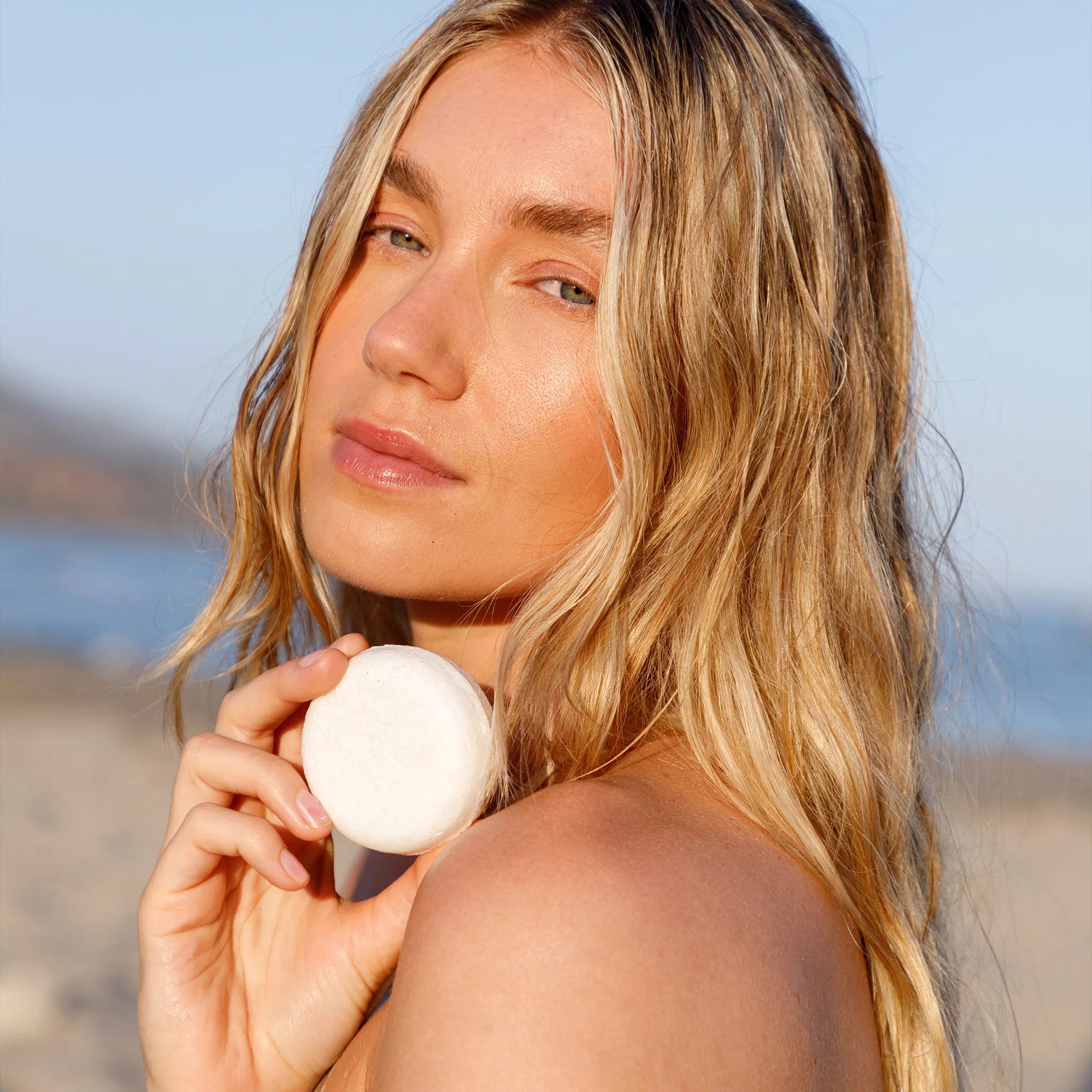
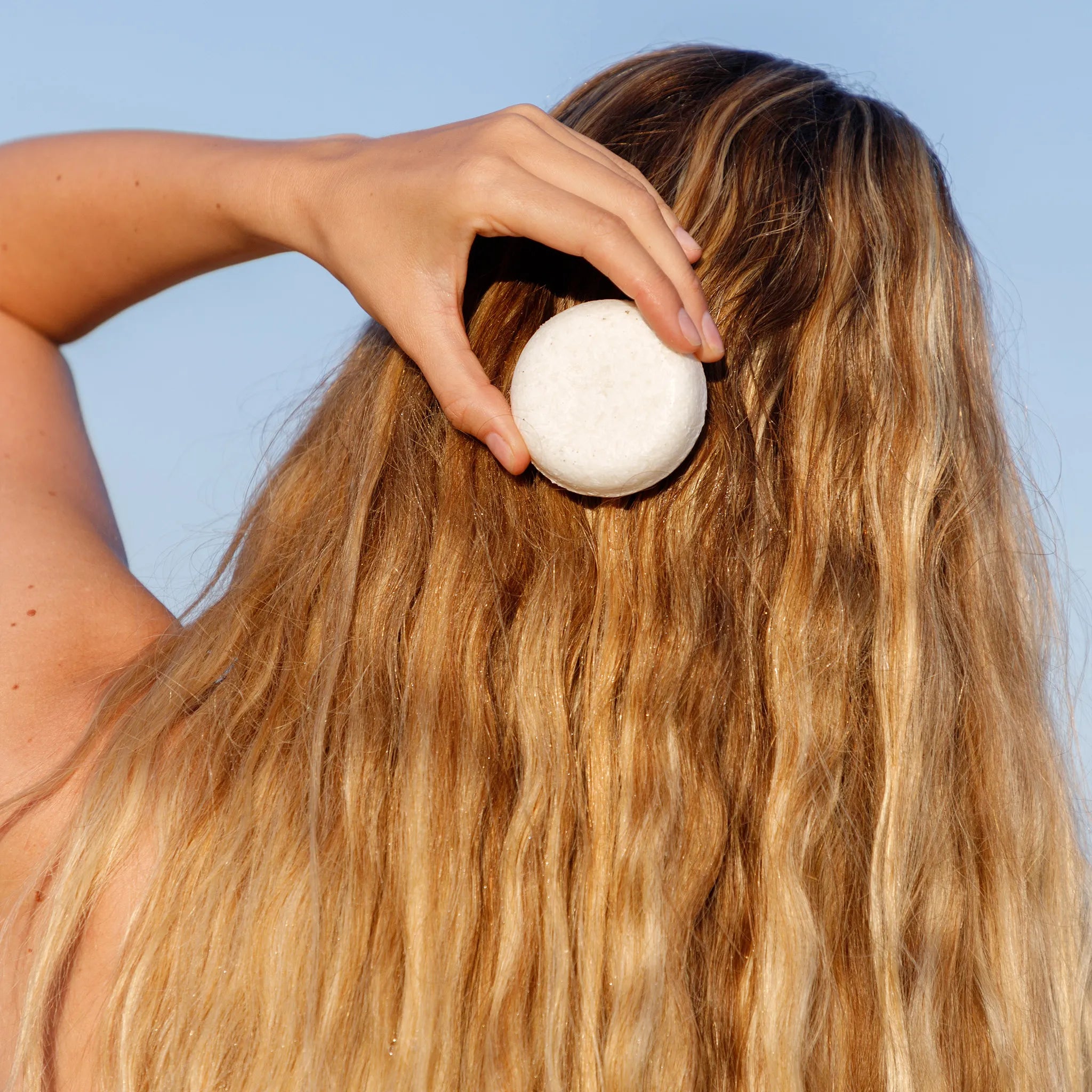
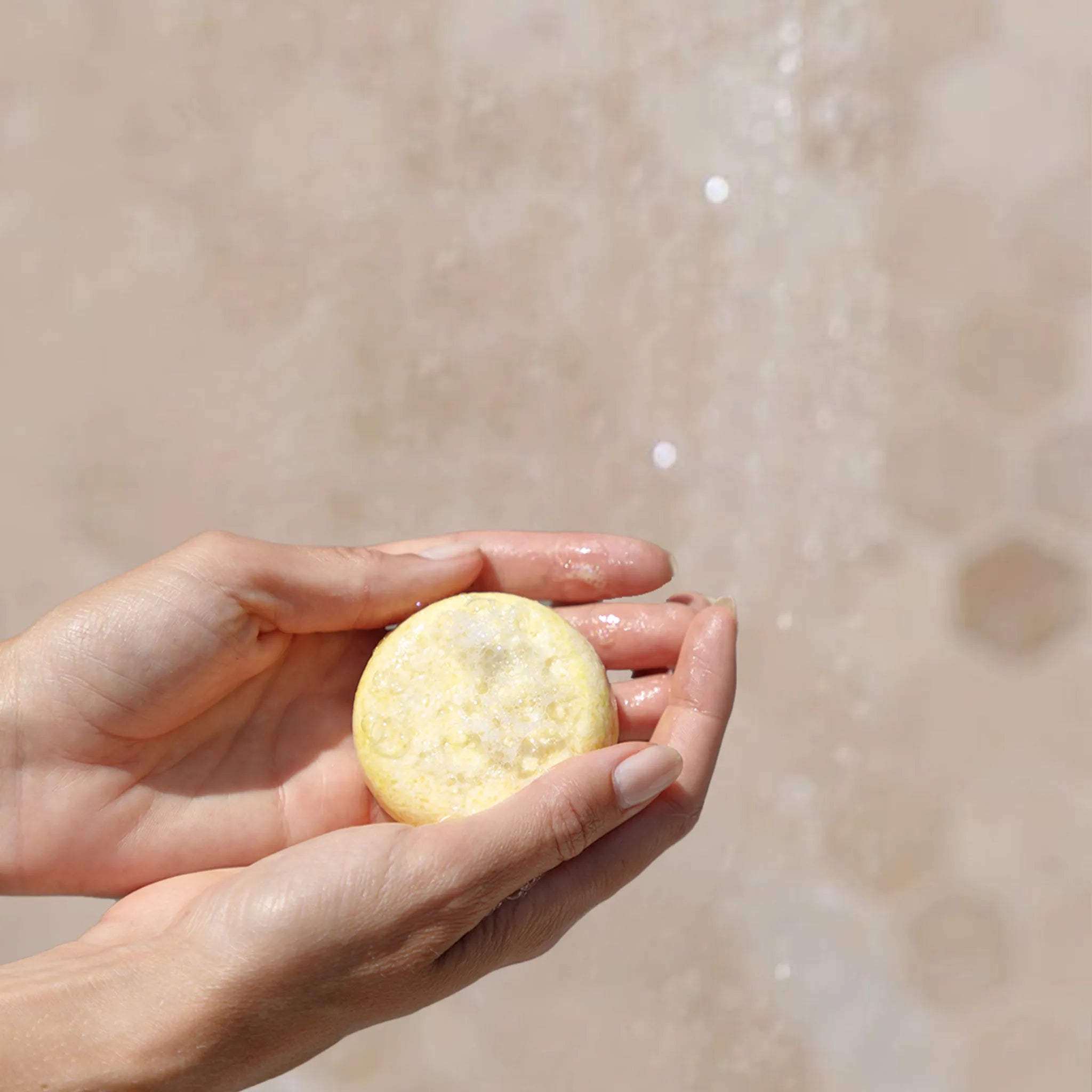
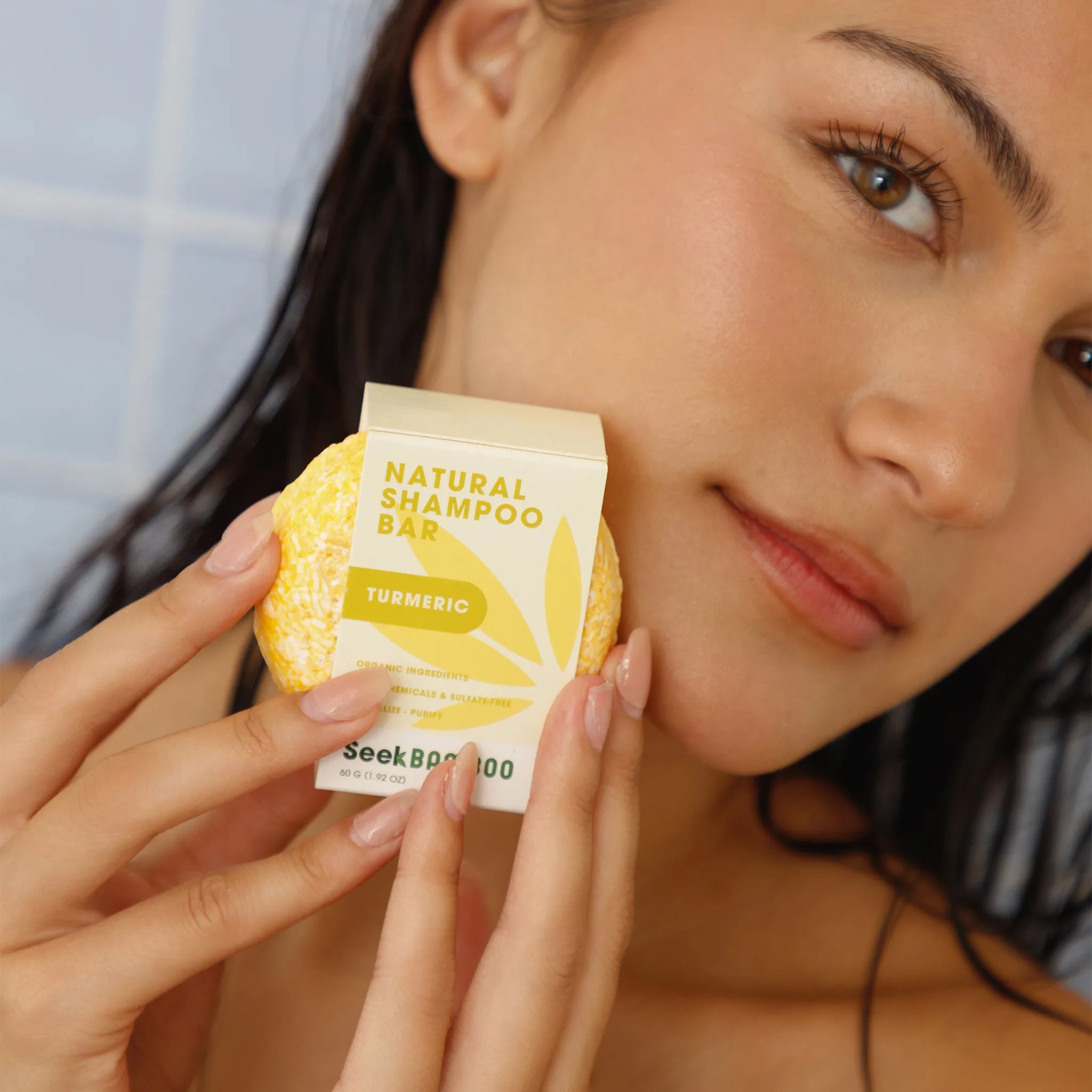
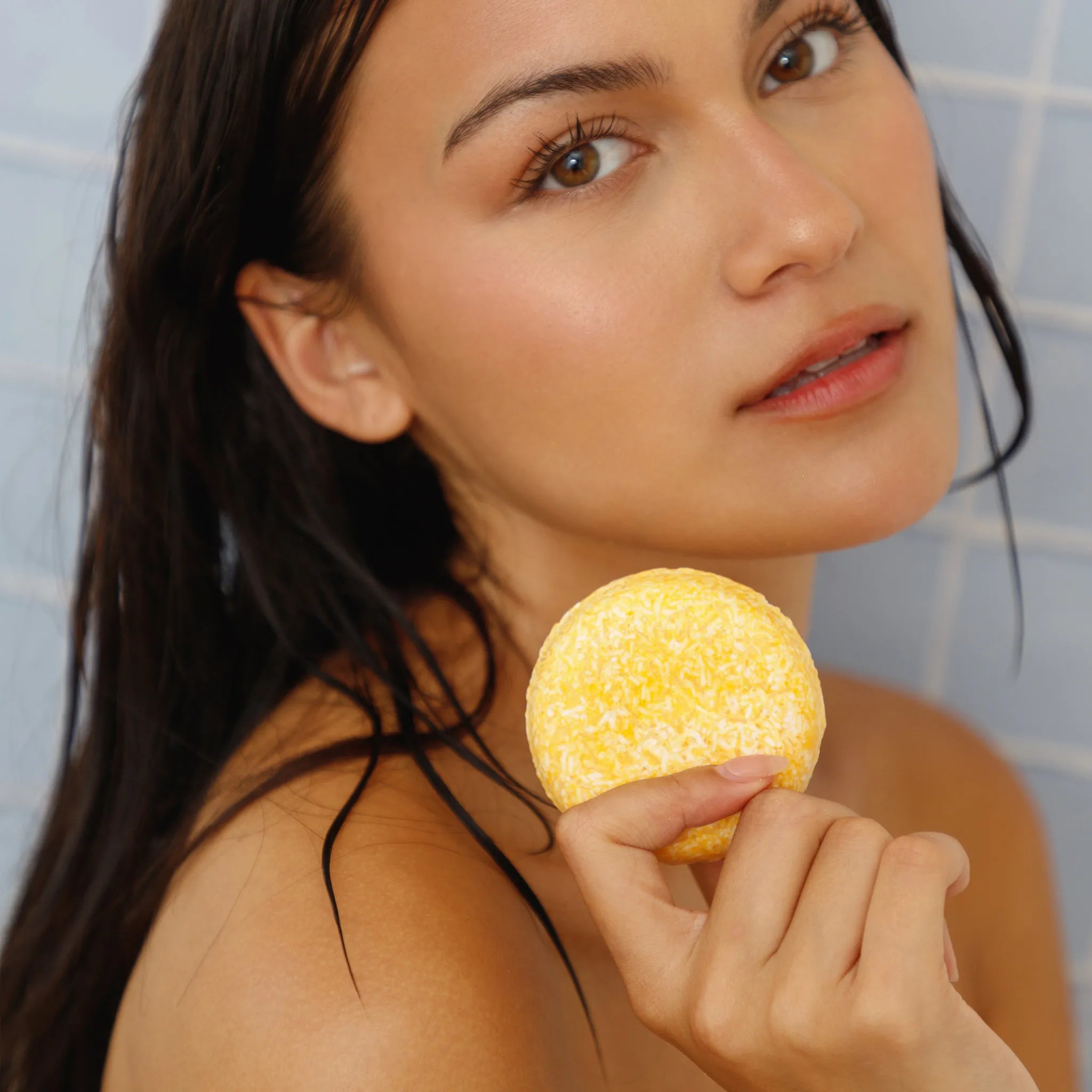

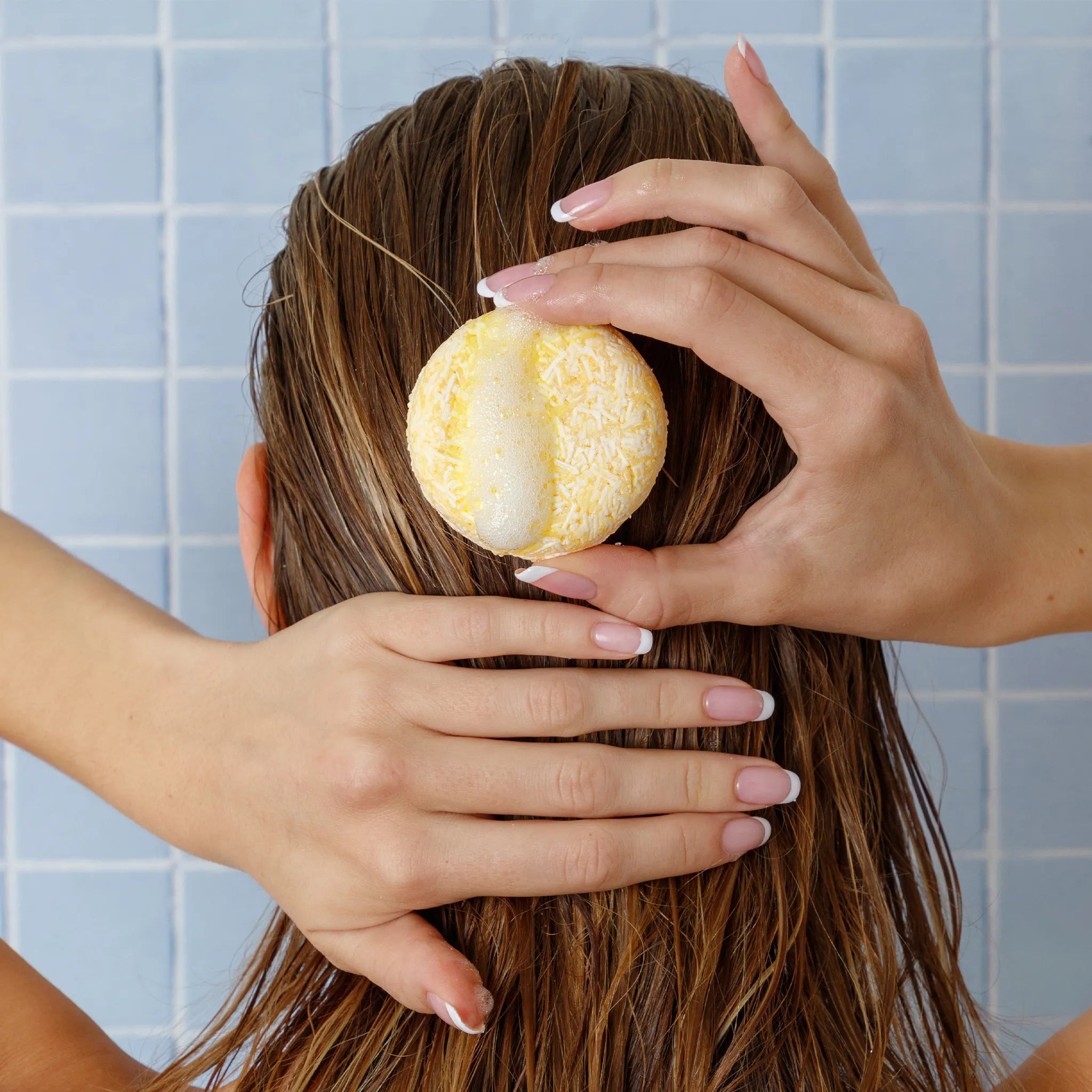
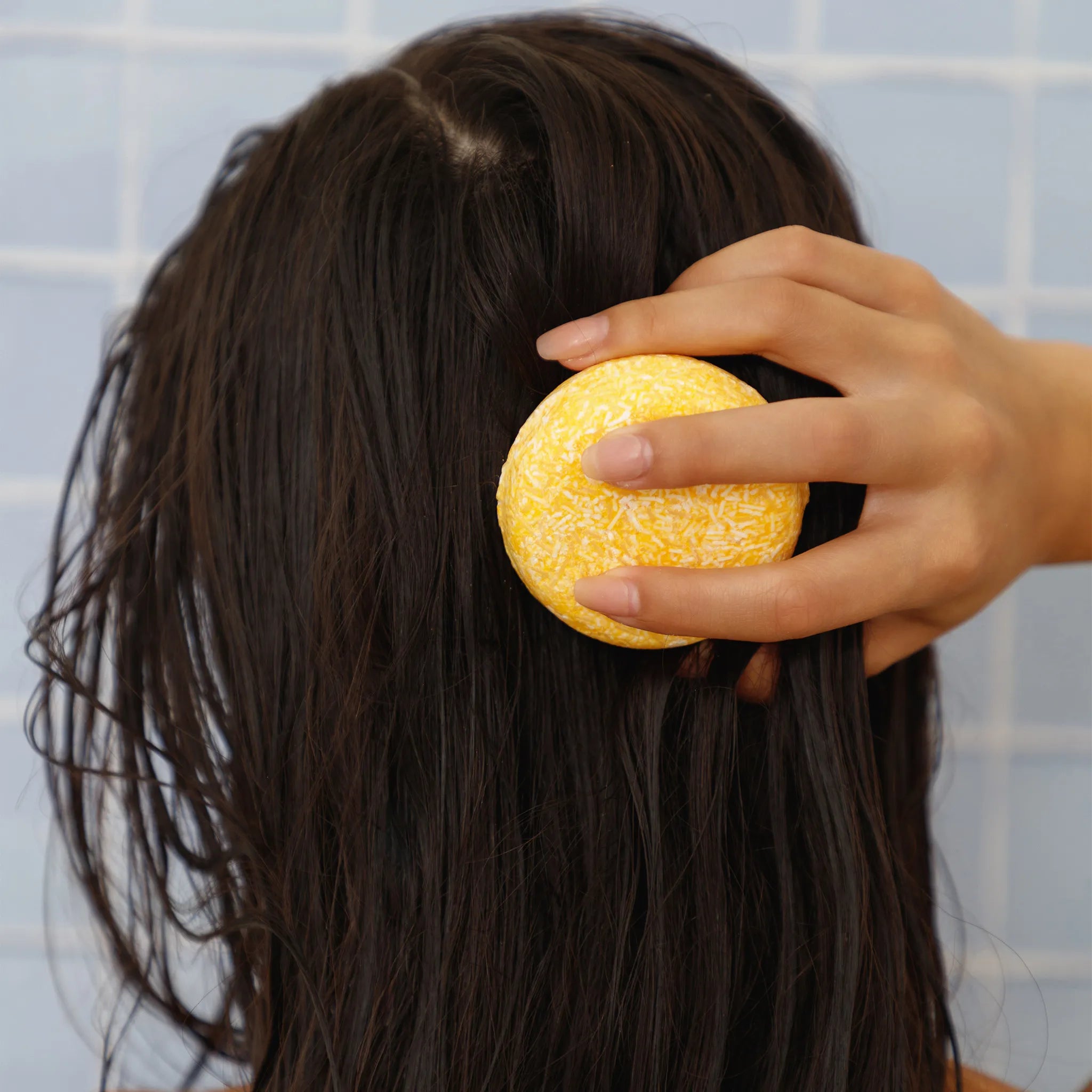
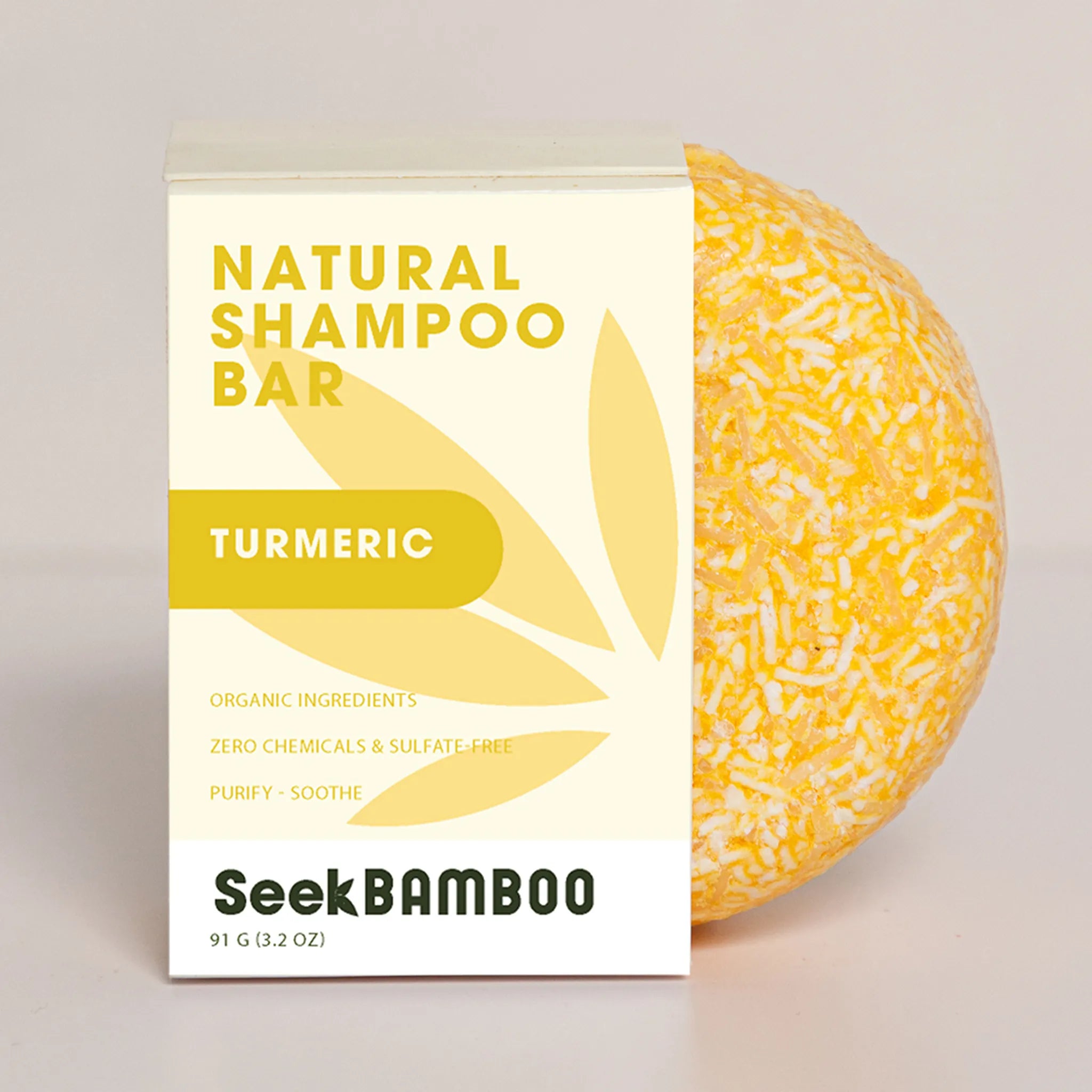
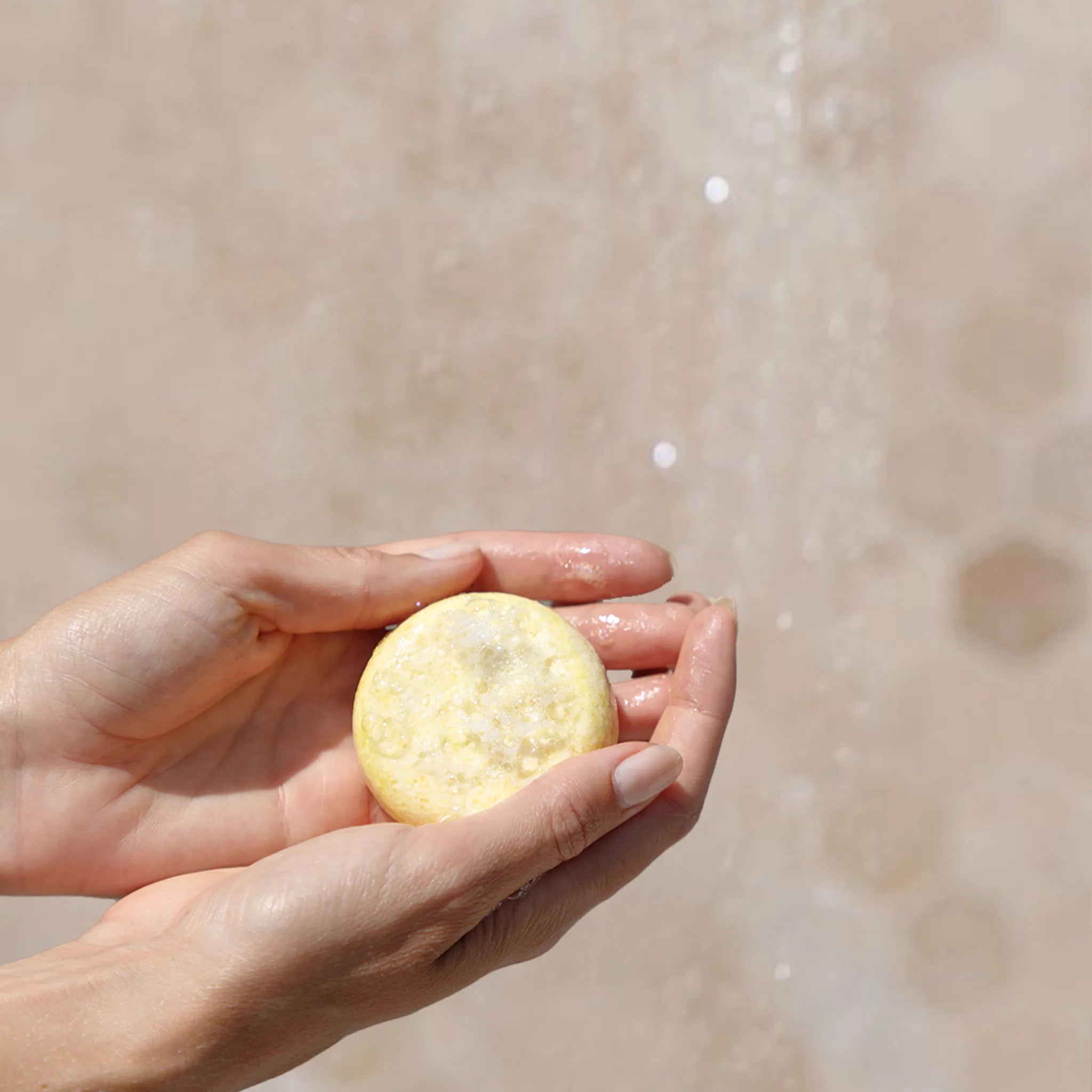
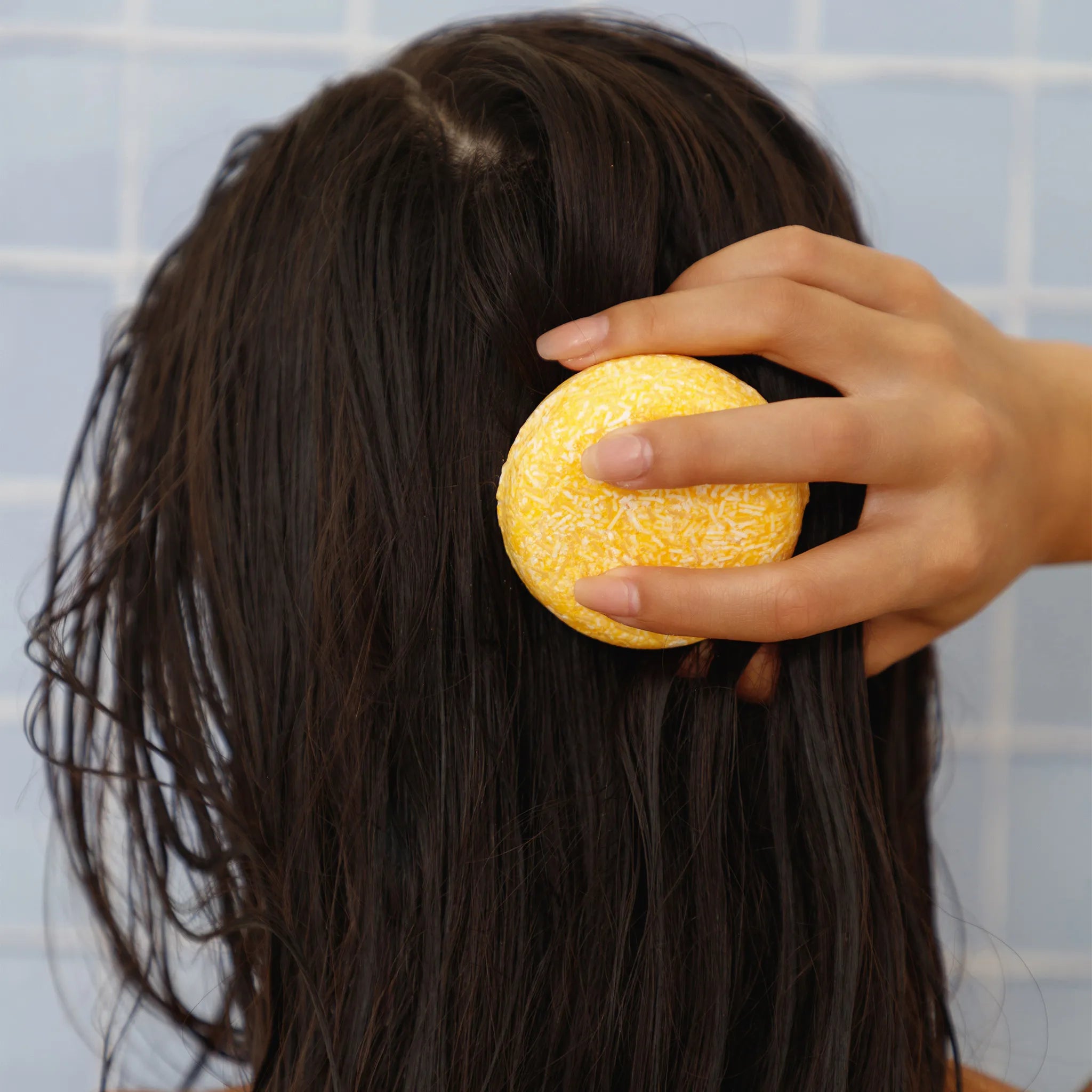
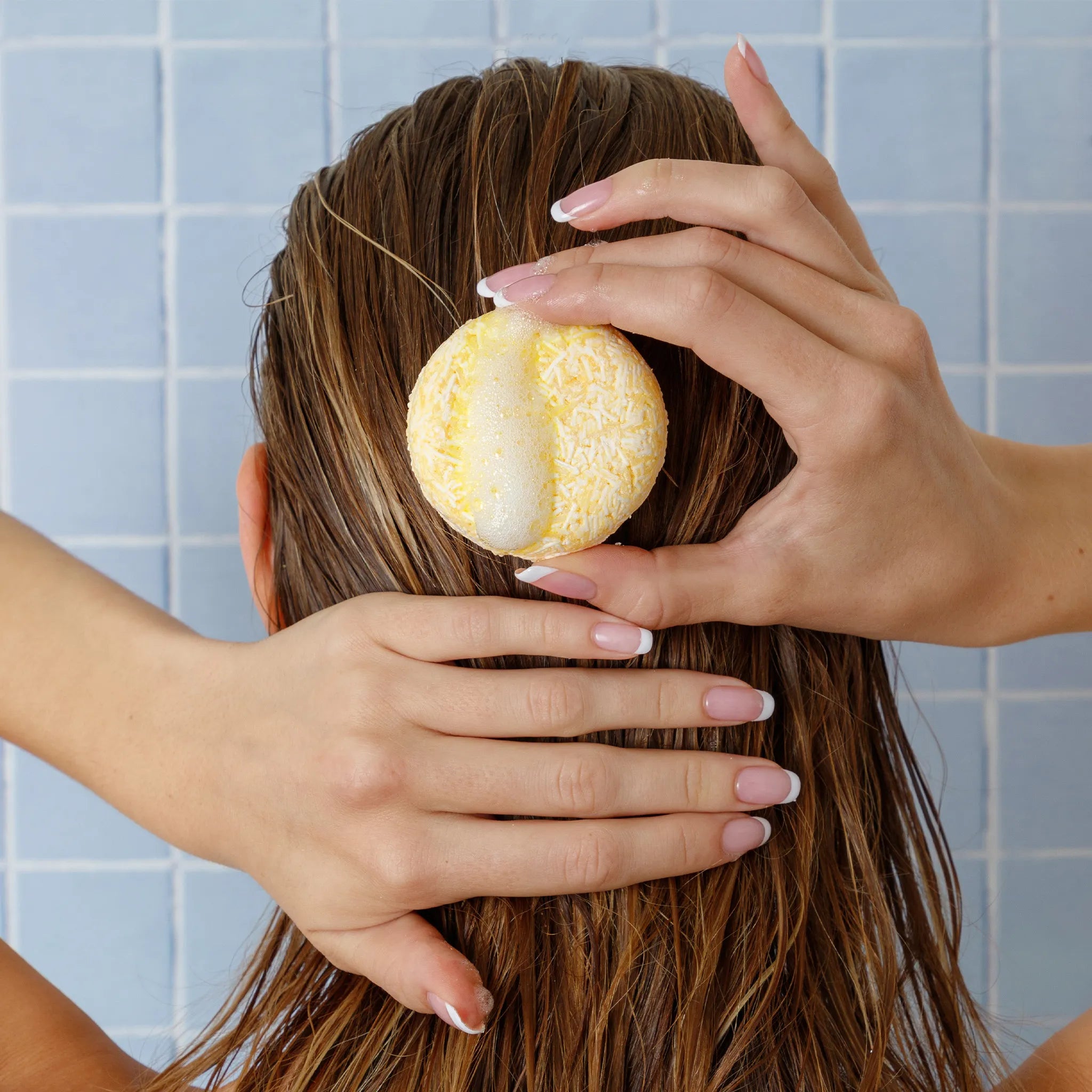

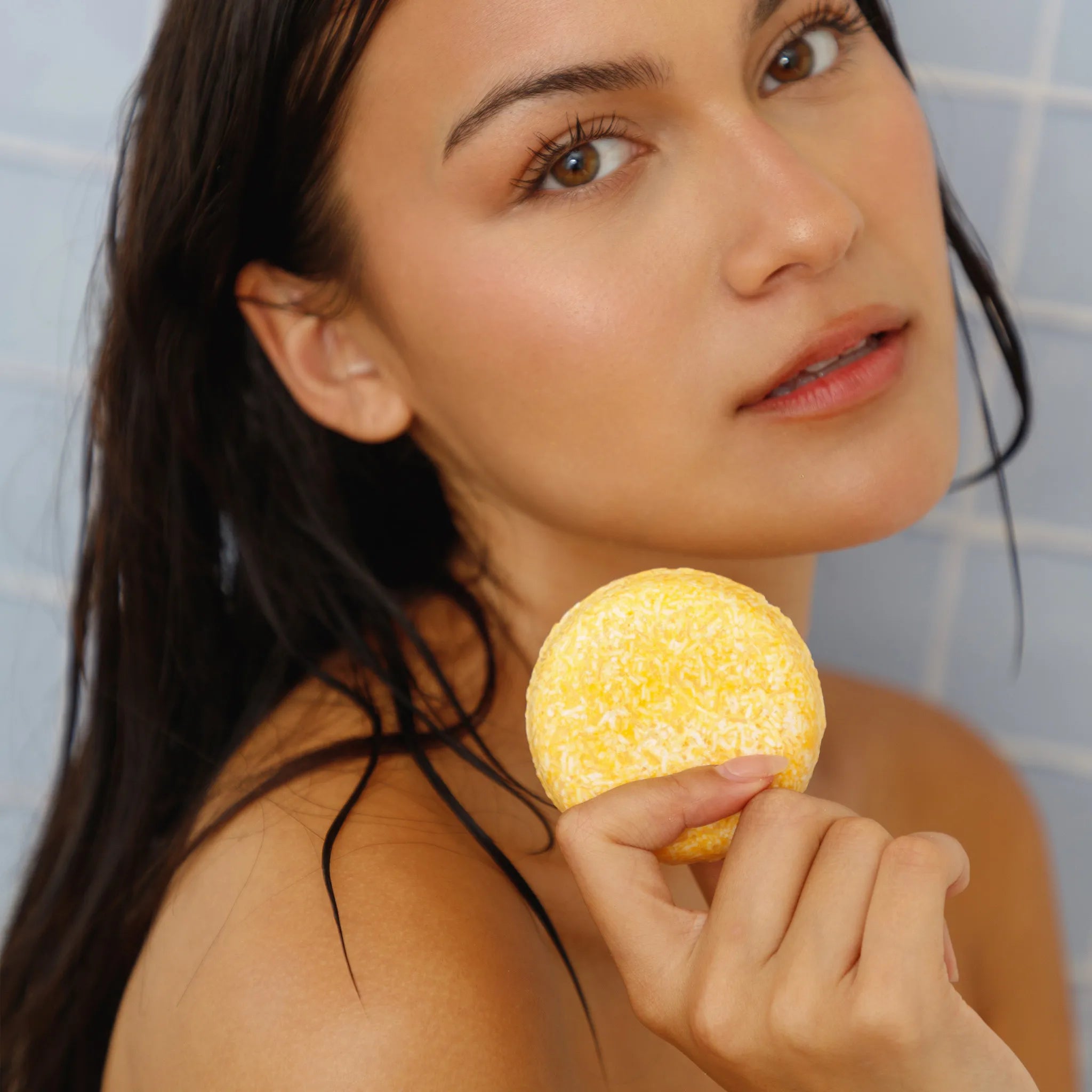
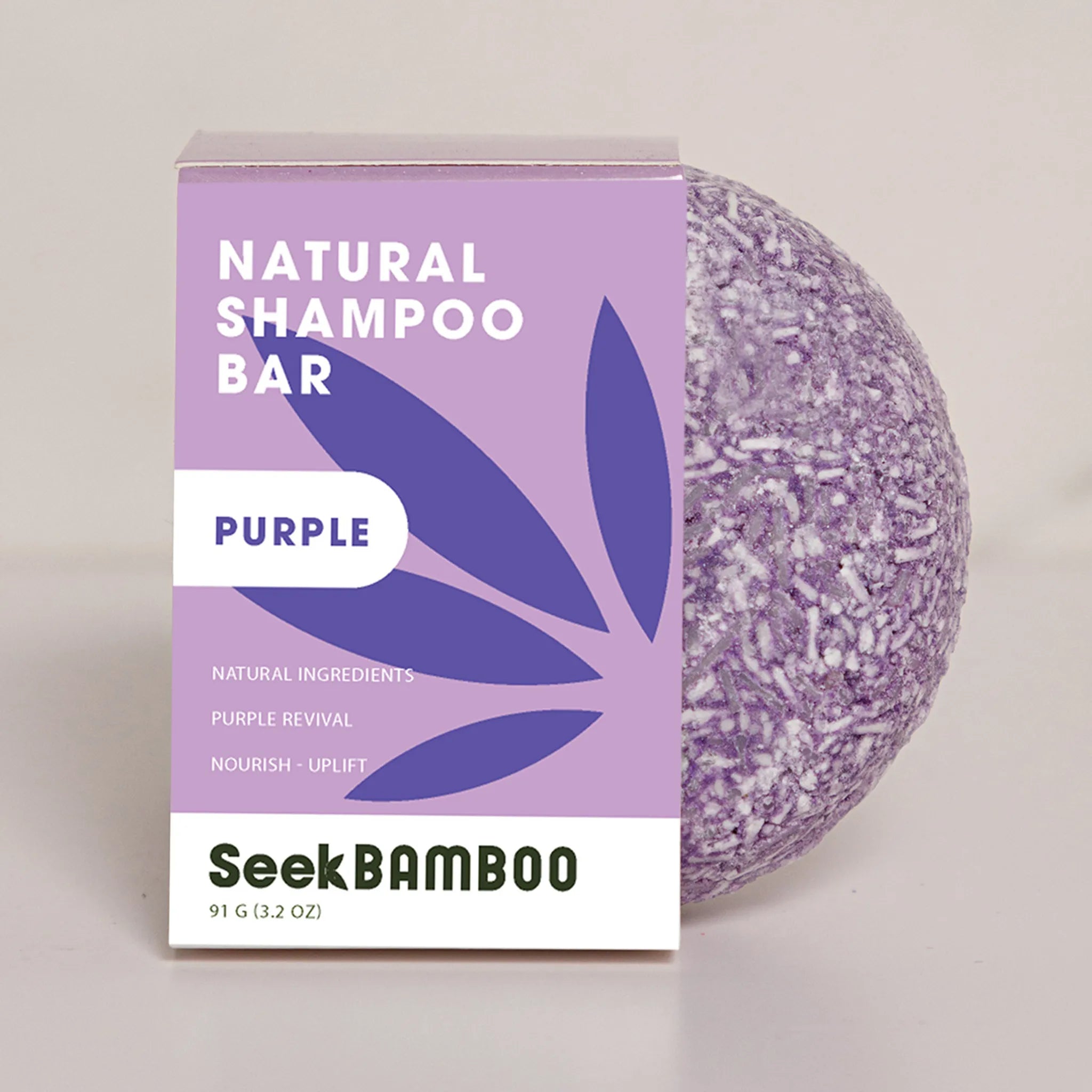
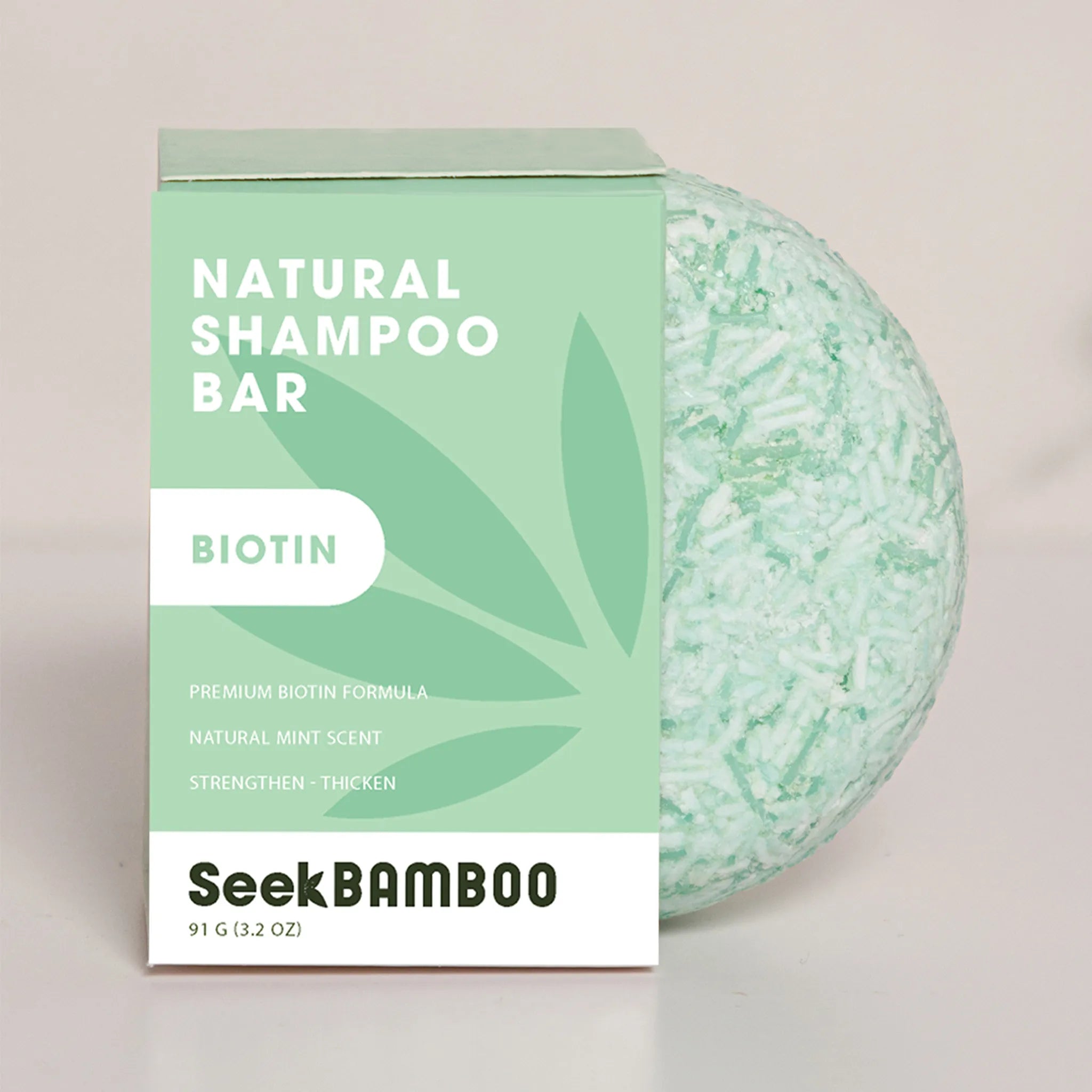
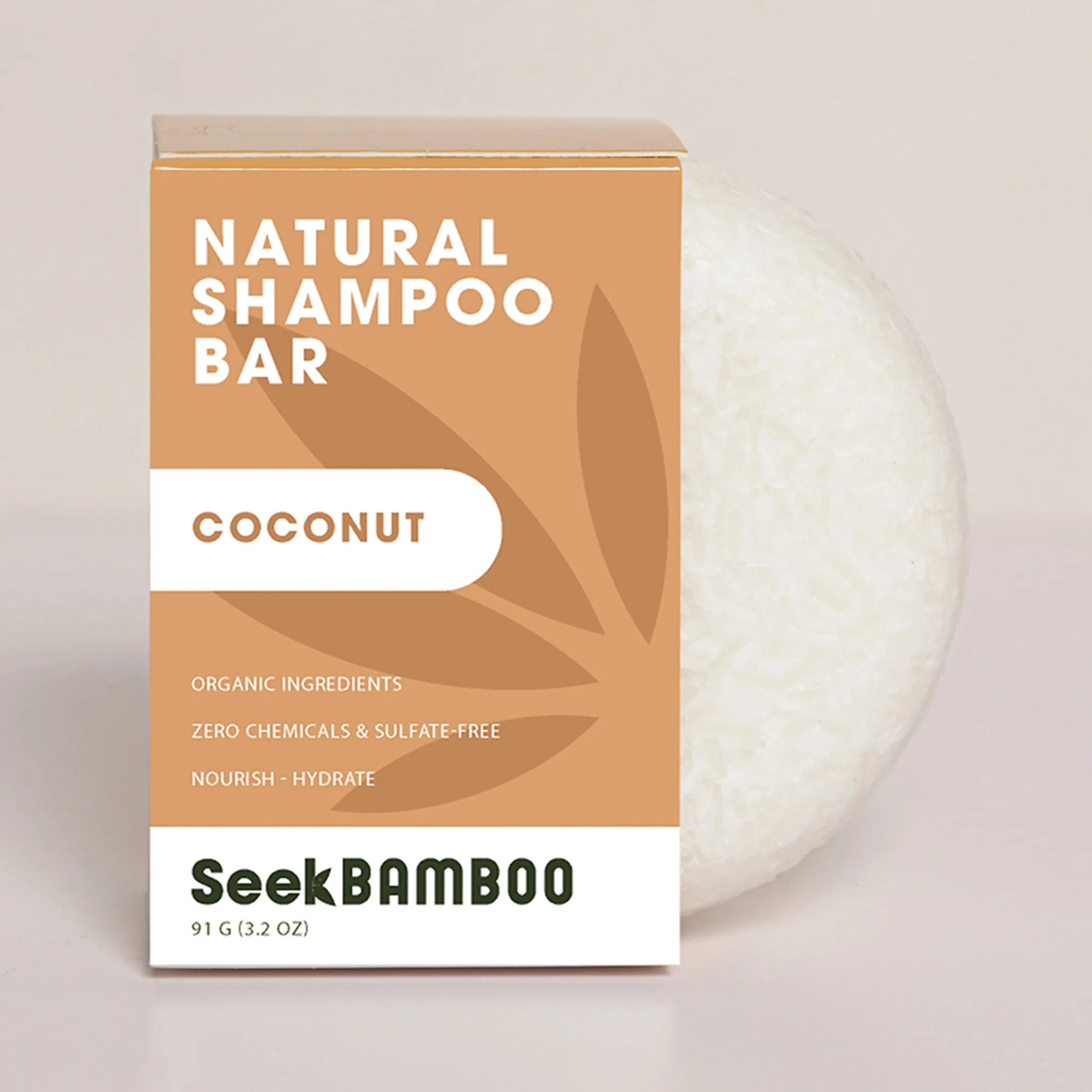
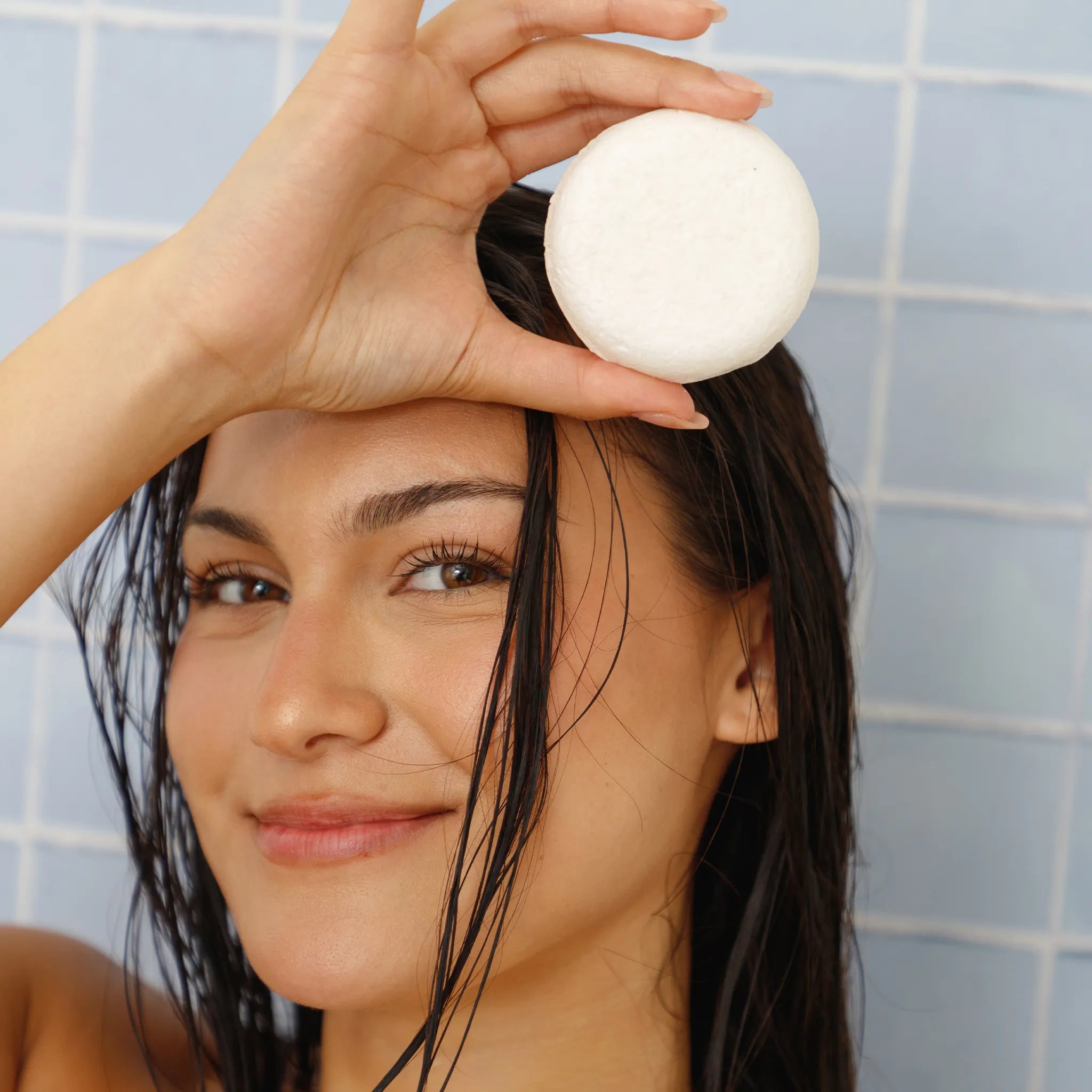
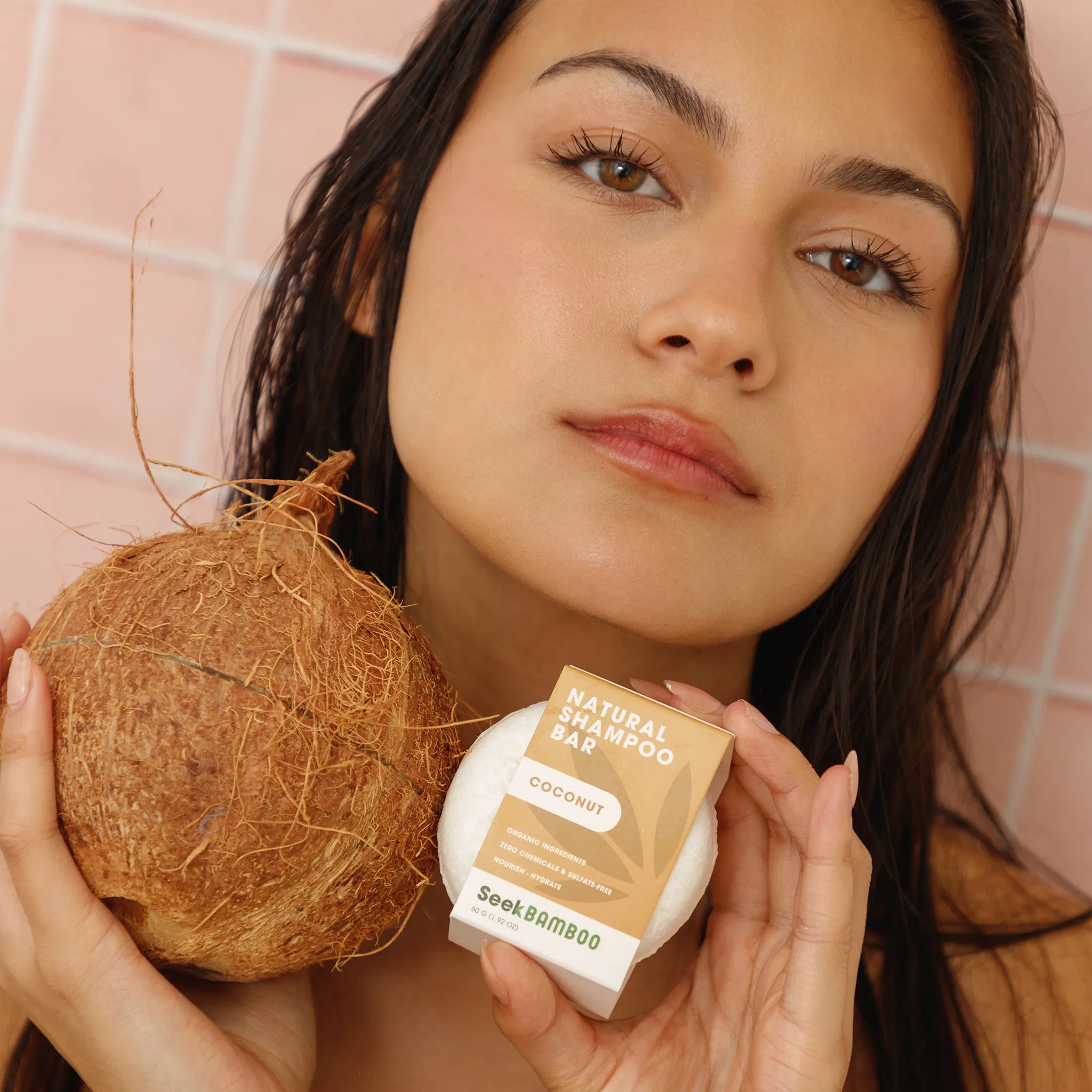
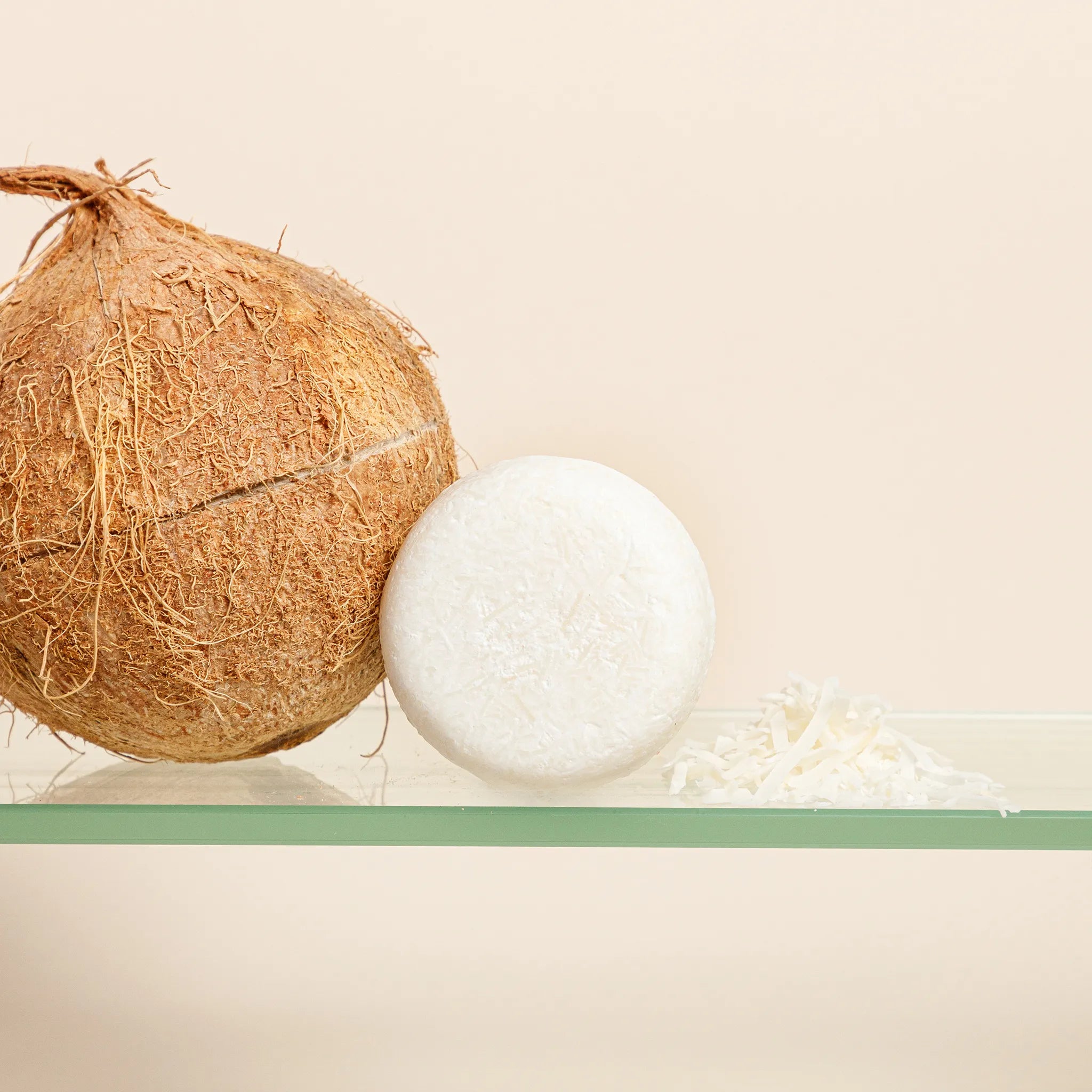
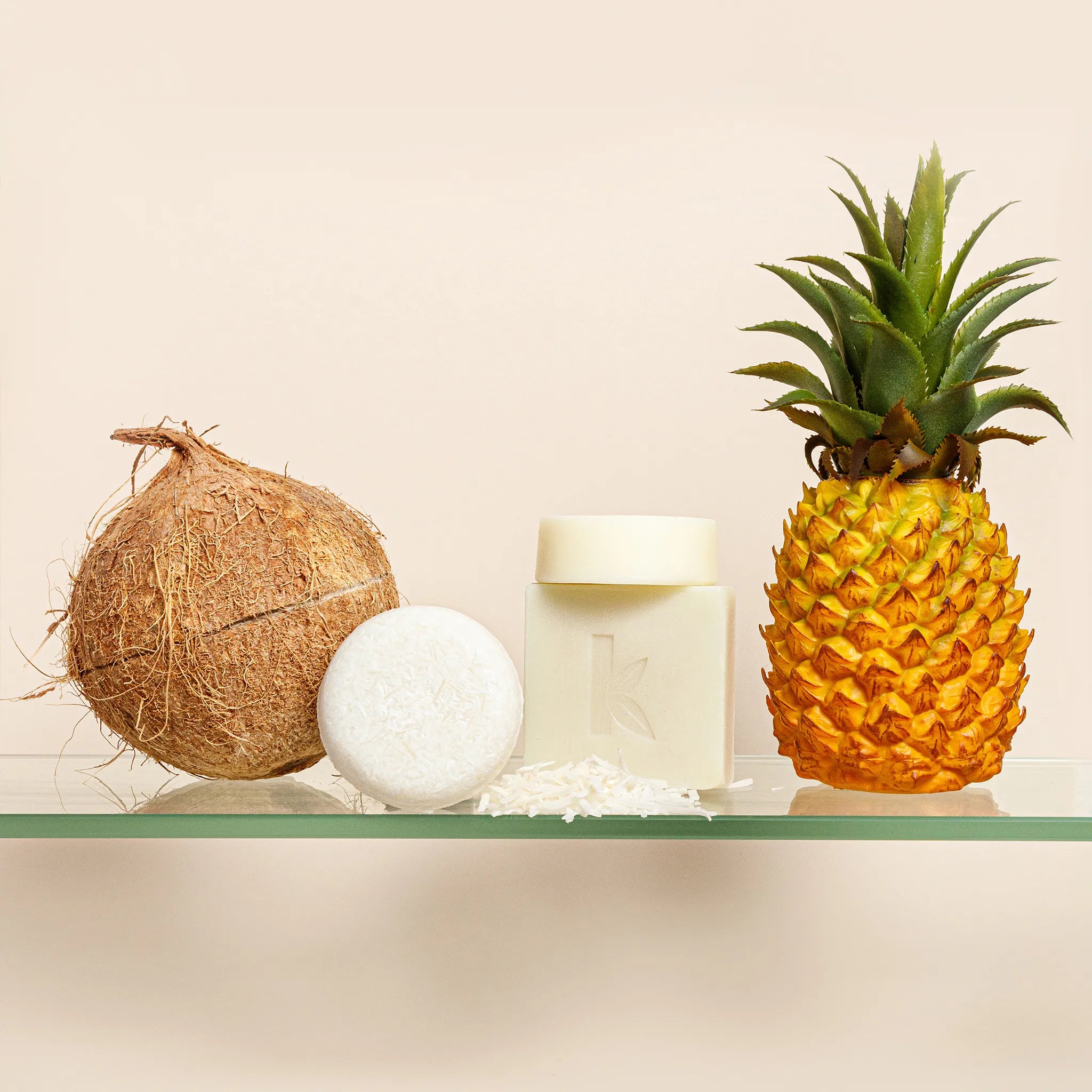
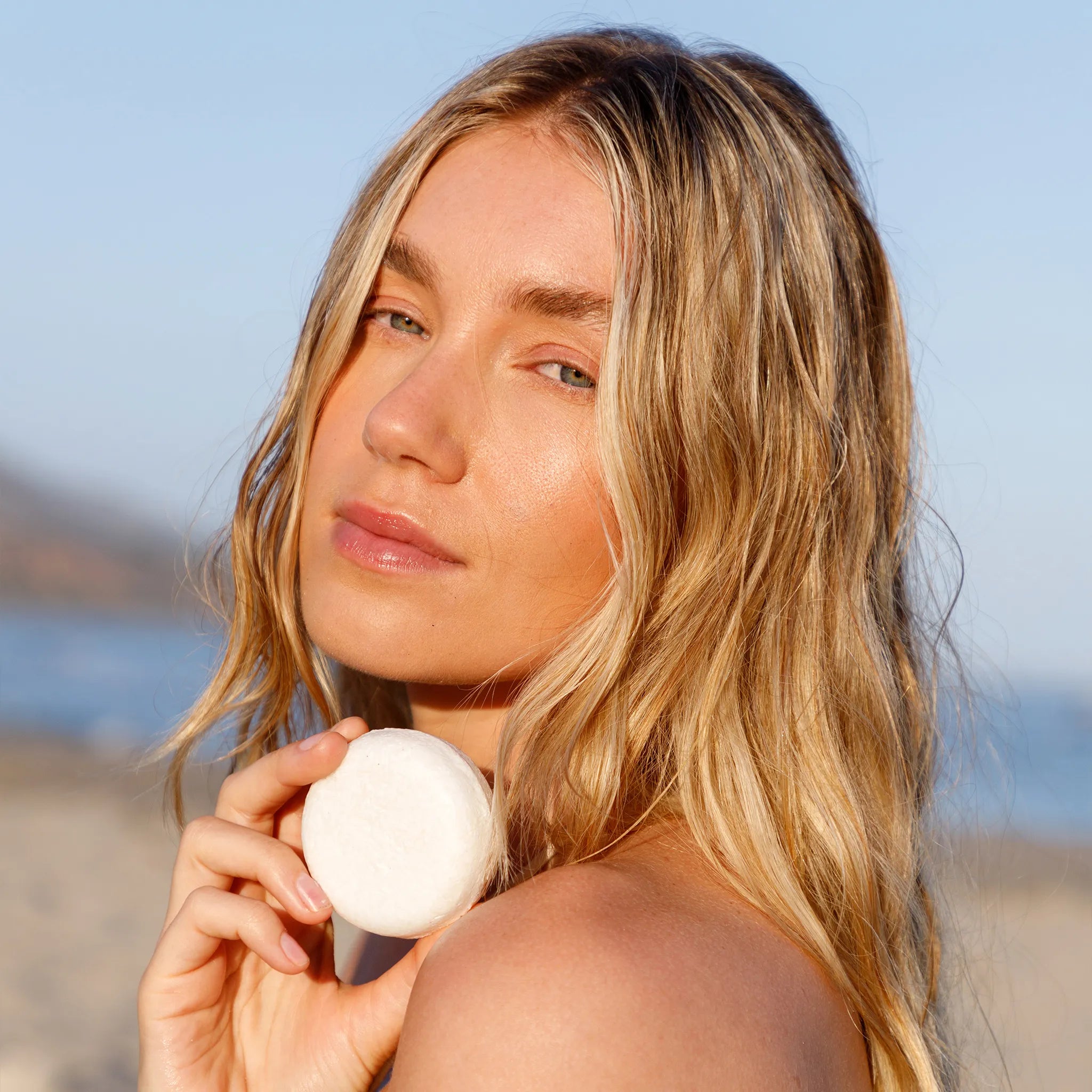
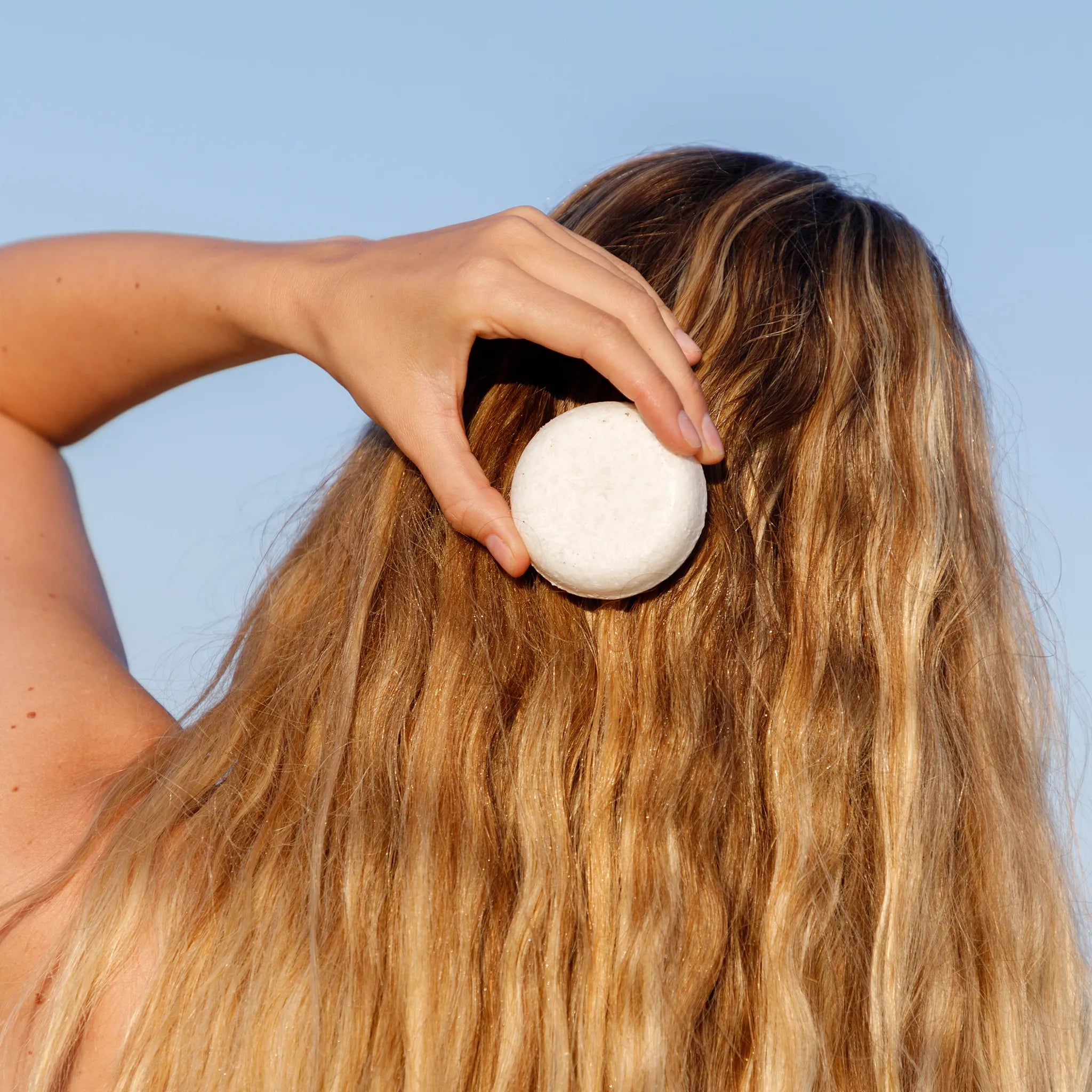
✓ Free of sulfates, palm oil, parabens, dyes, & synthetic fragrances
✓ Amino acid formula for all hair types, promoting strength, volume & vitality
✓ Packed with antioxidants & vitamins
✓ Larger 3.2 oz size lasts 70-90 washes, replacing up to 3 plastic bottles of shampoo
✓ Plastic-free & eco-friendly packaging, making it a sustainable choice for both your hair & the planet
Why Jojoba Oil Deserves a Place in Your Hair Care Routine
Jojoba oil is a true multitasker in the world of hair care. From hydrating dry strands to soothing an irritated scalp, its versatility and lightweight nature make it a must-have ingredient. Whether you’re looking to restore shine, reduce breakage, or create the perfect environment for healthy hair growth, jojoba oil delivers. By incorporating products like natural shampoo bars enriched with jojoba oil, you can simplify your routine while giving your hair the care it deserves.
Natural Shampoo Bars
Jojoba Know-It-Alls: Your Hair Questions, Answered!
Everything you’ve ever wondered about jojoba oil and your hair, served with a smile.
What makes jojoba oil good for hair?
Jojoba oil’s unique composition closely resembles sebum, the natural oil produced by our scalp. This allows it to deeply hydrate hair, balance oil production, and improve scalp health. Rich in vitamins (like Vitamin E) and essential fatty acids, jojoba oil strengthens hair, reduces breakage, and adds shine and softness without leaving a greasy residue.
Is jojoba oil suitable for all hair types?
Yes, jojoba oil is versatile and works for all hair types:
- Dry Hair: Provides hydration and helps repair damage.
- Oily Hair: Balances the scalp’s natural oil production without clogging pores.
- Curly or Textured Hair: Locks in moisture, reduces frizz, and enhances shine.
- Sensitive Scalps: Its anti-inflammatory properties soothe irritation and redness.
Can jojoba oil help with dandruff?
Yes, jojoba oil can help reduce dandruff by moisturizing the scalp and combating dryness, which is a common cause of flakes. Its antimicrobial properties also help address fungal overgrowth, which is another potential cause of dandruff. Regular use of jojoba oil, particularly in shampoo bars, can keep the scalp healthy and flake-free.
Does jojoba oil promote hair growth?
While jojoba oil doesn’t directly stimulate hair follicles, it promotes growth indirectly by maintaining a healthy scalp environment. By unclogging follicles, reducing dryness, and soothing irritation, it creates the ideal conditions for hair to grow thicker, stronger, and healthier.
How can I use jojoba oil for hair care?
There are several ways to use jojoba oil:
- Pre-shampoo treatment: Apply directly to hair and scalp for deep hydration.
- Mix with products: Add a few drops to your shampoo or conditioner for enhanced moisture.
- Leave-in treatment: Use as a finishing oil to tame frizz and add shine.
Alternatively, opt for a natural shampoo bar infused with jojoba oil for an all-in-one solution.
How does jojoba oil compare to other oils like coconut, argan, or castor oil?
Jojoba oil is lightweight and mimics natural sebum, making it less greasy and ideal for all hair types. Compared to:
- Coconut oil: Jojoba oil is less likely to cause buildup and is more scalp-friendly.
- Argan oil: Jojoba oil is lighter and better suited for oily hair, while argan oil works better for deep hydration.
- Castor oil: Jojoba oil is easier to apply and rinse out, while castor oil is heavier and better for hair growth treatments.
Can jojoba oil weigh hair down?
No, jojoba oil is lightweight and non-greasy, making it ideal for fine or oily hair. It absorbs quickly and provides moisture without leaving a heavy residue, unlike some thicker oils like coconut or castor oil.
Is jojoba oil safe for color-treated hair?
Absolutely! Jojoba oil is gentle and won’t strip hair of color. In fact, it helps keep color-treated hair hydrated and shiny, preventing dryness or brittleness that can result from chemical treatments.


